The world is more digital than ever, with technology at the core of everything, and the healthcare field is a perfect representation of growth. The development of electronic health records, telemedicine, and interconnected medical devices has been the result of the tremendous technological explosion in the area of providing quality care and patient management. Although technology is changing rapidly, a significant danger is also present in medical device cybersecurity.
With the addition of e-commerce companies that are using linked systems and digital platforms as the base for their operations, the issue of medical device cybersecurity becomes relevant and urgent. Not only do cybersecurity breaches expose patient data, but they also pose several other issues, including patient trust and the efficacy of medical devices.
Consequently, building robust cybersecurity methods is pivotal to preserving patients’ privacy and ultimately to building patients’ trust and improving the quality of healthcare systems. The report from HIPAA Journal that 24 data breaches of 10,000 or more healthcare records were reported in January 2024.
The blog post will also explore the critical role of cybersecurity in preserving patient privacy, and data integrity and maintaining the quality of medical services. It emphasizes the ransomware threats and the uncertainties of IoT. Furthermore, the necessity of medical device protection measures.
What is Cybersecurity in Healthcare?
Cybersecurity in healthcare comprises several measures to defend medical information and systems against unauthorized use or damage. Security of patient health information includes data encryption, safe storage of records, and medical equipment from computer hackers, malware, and ransomware attacks.
The main goal of healthcare cybersecurity is to protect healthcare data confidentiality, data integrity, and availability of healthcare services. This is important to keep patient privacy secure to maintain healthcare providers’ trust and secure the unobstructed provision of medical services. With resoluteness and a strong security mechanism, healthcare organizations can more readily defend against any digital risk.
- According to the HHS report, the list of breaches of unsecured protected health information affects 500 or more individuals.
- Additionally, in 2023, the average cost of a data breach worldwide was $4.45 million, a 15% rise in only three years.
The Benefits of Cybersecurity in Healthcare and Medical Devices
The security of patient information and medical data is the prime concern. As the healthcare system is being digitized and cyber threats are growing, the role of cybersecurity is a must for protecting the privacy of patients, data integrity, and in general, patient safety. Let us understand the importance of cybersecurity in medical devices in detail:
Patient Privacy
Healthcare institutions deal with patients’ confidential data, including their details, medical history, and billing details. Ensuring cybersecurity would ensure that only authorized persons have access to patient information; thus, it will incorporate patient privacy, medical practices, and compliance.
Data Integrity
Data integrity in medical information is of the utmost importance as it is necessary for correct diagnosis, treatment, and patient care. Measures for cybersecurity are aimed at ensuring that medical data is not tampered with and the records and test results remain accurate and reliable.
Patient Safety
Connected medical devices, such as pacemakers, insulin pumps, and infusion pumps, which are used majorly in health care, are subject to cyberattacks. Cybersecurity of the devices is guaranteed to avoid the possible risks to patient safety, including malfunction of the device or the manipulation.
Continuity of Care
Cyber-attacks could bring down healthcare systems, which can result in delayed or poor patient care. Cybersecurity measures that are resilient act as a protector against threats such as ransomware attacks and system failure, thus ensuring continuity of care.
Intellectual Property Protection
Healthcare providers spend considerable budgets on research and development to create new pharmaceuticals, treatments, and technologies. Cybersecurity security measures are designed to prevent intellectual property from any misuse, maintain a competitive edge, and spearhead innovation in the healthcare industry.
Regulatory Compliance
Companies operating in the Healthcare industry should observe compliance with industry-specific regulations like the Health Insurance Portability and Accountability Act (HIPAA) in the United States and, therefore, incorporate cybersecurity measures to ensure the protection of patient data. Adhering to the regulations is necessary to avoid lawful penalties and maintain the trust of patients and stakeholders.
Reputation Management
Data breaches and cyber incidents may ruin the reputation of healthcare entities and makers of medical equipment. Stepping up with strong cybersecurity defenses portrays the zeal to protect patient privacy and safety to build trust among patients, partners, and the entire community.
Healthcare Industry: Major Cyber Threats
The healthcare industry is more inclined to adopt technology to ensure that the patients they are serving get the best care possible. Nevertheless, we find ourselves in a position where technology is so entrenched in the healthcare system that it can be vulnerable to cyber-attacks that could compromise patient data, disrupt healthcare operations, and even place lives at risk. Some of the major cyber threats that the healthcare industry is facing are:
Ransomware Attacks
Ransomware is a big problem for healthcare institutions because cyber criminals spy on hospitals and medical centers, encrypt their patient data, and then demand its release. Such cyberattacks disrupt patient care delivery, violate patient privacy, and leave hospitals with mountains of financial losses.
A Challenging Problem: Internet of Things (IoT) Vulnerabilities
Medical devices with an internet connection, like pacemakers and infusion pumps, are becoming increasingly seen as sources of cyberattacks. Security flaws in IoT devices may open ways for hackers to illegally access the medical information of patients, switch on-device functions, or even harm patients.
Data Phishing and Social Engineering
Phishing, where criminals induce victims to disclose private information, is still considered one of the most common techniques that are used by hackers who want to penetrate healthcare organizations. Social engineering methods, e.g., misrepresentation of trusted associates or suppliers, help hackers gain unauthorized access to protected patient data and system credentials.
Insider Threats
The threat from the inside is one of the most important to healthcare organizations. Employees may occasionally or unintentionally misconduct their status use of patient data and system resources. Insider threats are brought about by financial gain, data breaches, data privacy violations, or events with the potential to cause major disruption.
Supply Chain Vulnerabilities
The high interdependence of the healthcare supply chain makes this system vulnerable to a cyberattack that can distort all medical devices and pharmaceutical products. Criminals can go through the suppliers and distributors to introduce malicious software, broaching and disrupting the supply chain for medical supplies.
The Importance of Cybersecurity testing for healthcare and medical devices
Security is paramount due to cyber threats as they increase day by day. Thus, the U.S. Food Drug Administration (FDA) response has been meticulous, and the authority has crafted demanding security procedures. Recommendations in these are composed of comprehensive testing, threat elimination, and vulnerability assessments. It not only means building a secure system, but also protecting sensitive data from hackers.
Strict safeguards are applied, and applications are examined thoroughly according to quality standards emerging from vulnerabilities and possible threats. The FDA’s anticipatory motion highlights the gravity of the digital world that requires a security system as the priority. In a time when technology is highly interdependent with daily activities, maintaining security is an important matter.
Companies maintain cyber defense, harnessing data to avoid cyber threats. Our blog provides a deep insight into the testing techniques, which in turn assists organizations in hardening cybersecurity. Discover objectives and methods performing, preserving privacy and safety. Emphasize how roles and responsibilities are shifting because of the new set of threats.
Security Requirement Testing
Security process testing is related to the validation of functional capabilities and their compliance with security requirements. Moreover, it certifies whether the system solution is behaviourally resistant to all detected threats.
Threat Mitigation
Threat mitigation tests are used to evaluate the effectiveness of the security mechanisms to identify and mitigate risks. It provides the feasibility of surveillance, its capability, and limitations in threat detection, prevention, and response.
Vulnerability Testing
Vulnerability testing detects and discloses the security defects in a process like software bugs and security misconfigurations. Patching and fixing these security flaws helps make them unusable by hackers and therefore reduces the chances of exploitation as well.
Penetration Testing
The action of penetration testing ensures the security of a network by an imitation of real-world hacker attacks. As opposed to vulnerability scanning, it exploits the vulnerabilities to assess the security risk and damage potential.
Medical Device Cybersecurity at Qualysec
Qualysec emphasizes teamwork with healthcare providers, primarily through smooth integration with existing applications. Our tailored solutions intend to resolve the problems of organizations. Where everything is designed to the needs and configurations of a company, minimize disruption to operations. We concentrate on providing cutting-edge cybersecurity services for modern healthcare settings.
Healthcare organizations should ensure to secure patients’ data while using digital technologies. Stressing on cyber security certifications serves the fundamental purpose of strengthening one’s defense and preventing intrusions.
Qualysec Technologies is a leading company in the field of cybersecurity for healthcare providers. We are well-known for solutions addressing specific systems problems. Our services can encompass various rigorous testing methods that use cutting-edge technologies to check vulnerabilities in healthcare systems.
Qualysec Technologies is the frontline company that helps healthcare professionals create sound defensive mechanisms. We do so by giving them expert advice. The services provide healthcare organizations a chance to safeguard patient data, adhere to regulations, and preserve the system’s integrity.
We are here for the healthcare organizations and the medical device manufacturers. We do the application penetration testing to discover application vulnerabilities. Thereafter, address them immediately. Our strengths are the adaptability and innovativeness of our services. We are capable of providing adequate responses to current challenges.
Qualysec uses the hybrid approach of combining human expertise and automation tools. We ensure higher accuracy with the prevention of false alarms. Our pen testers are trained and have the needed competencies. Hence, you should expect only top-level security testing. We ensure that all healthcare entities make sound investments in the process of safekeeping your sensitive data.
To secure your healthcare organization and prevent cyber threats, connect with our experts at Qualysec.
Conclusion
In healthcare, cybersecurity becomes important. To provide privacy and enable reliable services without interruptions and a trustworthy system. The evolving cybersecurity challenges, such as ransomware attacks, security weaknesses in IoT devices, and insider threats, reinforce the vitality of beefed-up cybersecurity techniques. Healthcare organizations can specifically improve their cybersecurity defenses to current and evolving cyber threats. It can be done by emphasizing the stricter testing standards that the FDA approves. Additionally, working together with reputable cybersecurity providers such as Qualysec Technologies.
Qualysec uses manual techniques coupled with automatic features of penetration testing. It assists healthcare organizations in finding and eliminating vulnerabilities. It secures their systems and patient records.
Cybersecurity investments are no longer considered a luxury but a necessity for the digital health system. It keeps the quality of care, ensures regulatory compliance, and builds a good name.
Frequently Asked Questions
Why is cyber security important in the medical field?
Cybersecurity plays a vital role in medicine to prevent patient’s private data from leaking out to unauthorized persons. Through improvement in cyber security, healthcare processes will not be hit by cyberattacks leading to robust medical infrastructure.
What is the important aspect of cybersecurity in healthcare?
Data protection and medical records privacy are among the core factors. It should be considered to maintain a cybersecurity level in the healthcare sector. One can ensure the confidentiality of medical data from third parties. It can be done by protecting against intrusion, data breaches, and abuse. Thus, the patient can trust doctors and regulations.
What is cybersecurity in medical technology?
Safeguarding cybersecurity in medical technology prevents unauthorized access and cyber-attacks on healthcare devices. Additionally, it is essential to healthcare information systems from unacceptable incidents such as medical breaches. It attests to the confidentiality of patients, legitimacy of data, and non-disruption of life-sustaining medical supplies, including devices and systems.
Ensure your healthcare solution is globally compliant.
Qualysec helps you meet HIPAA, FDA, ISO, and more. Contact us today!





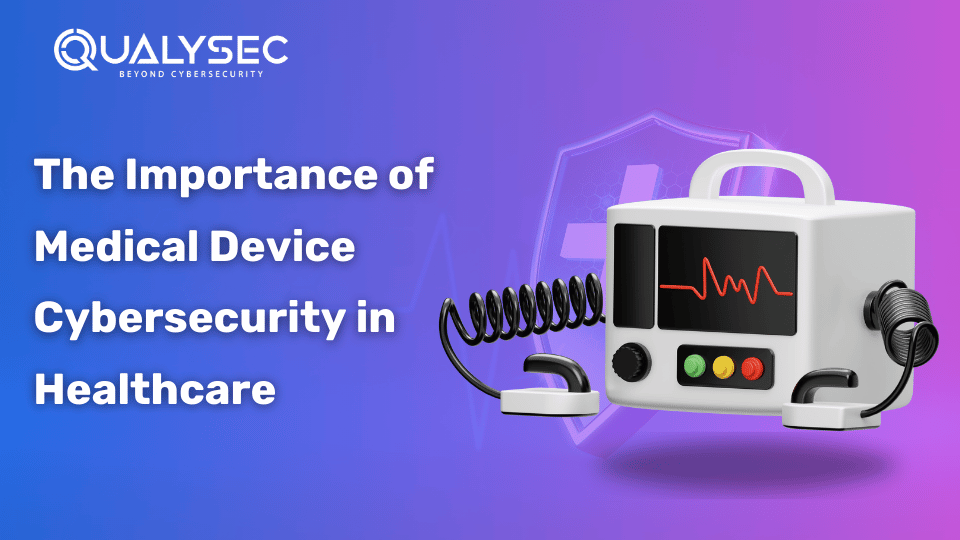
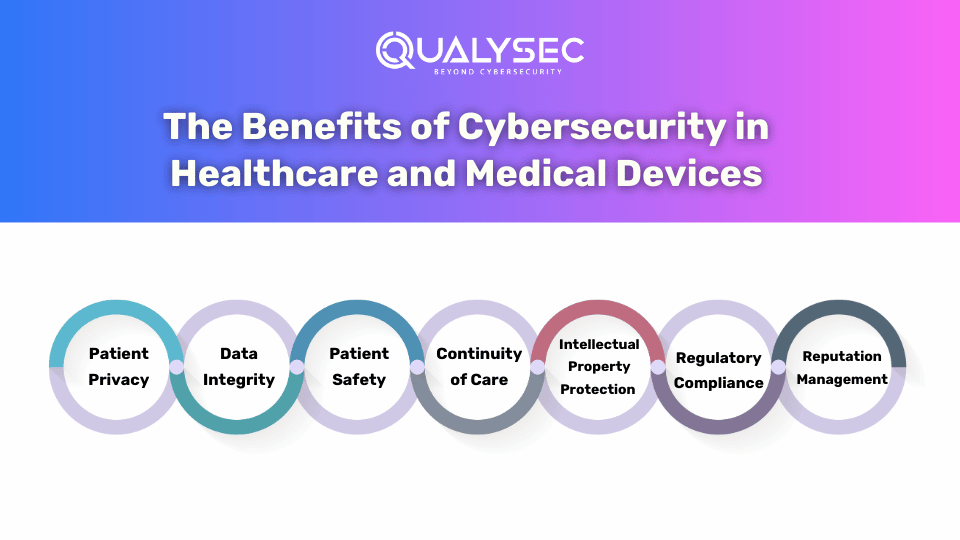
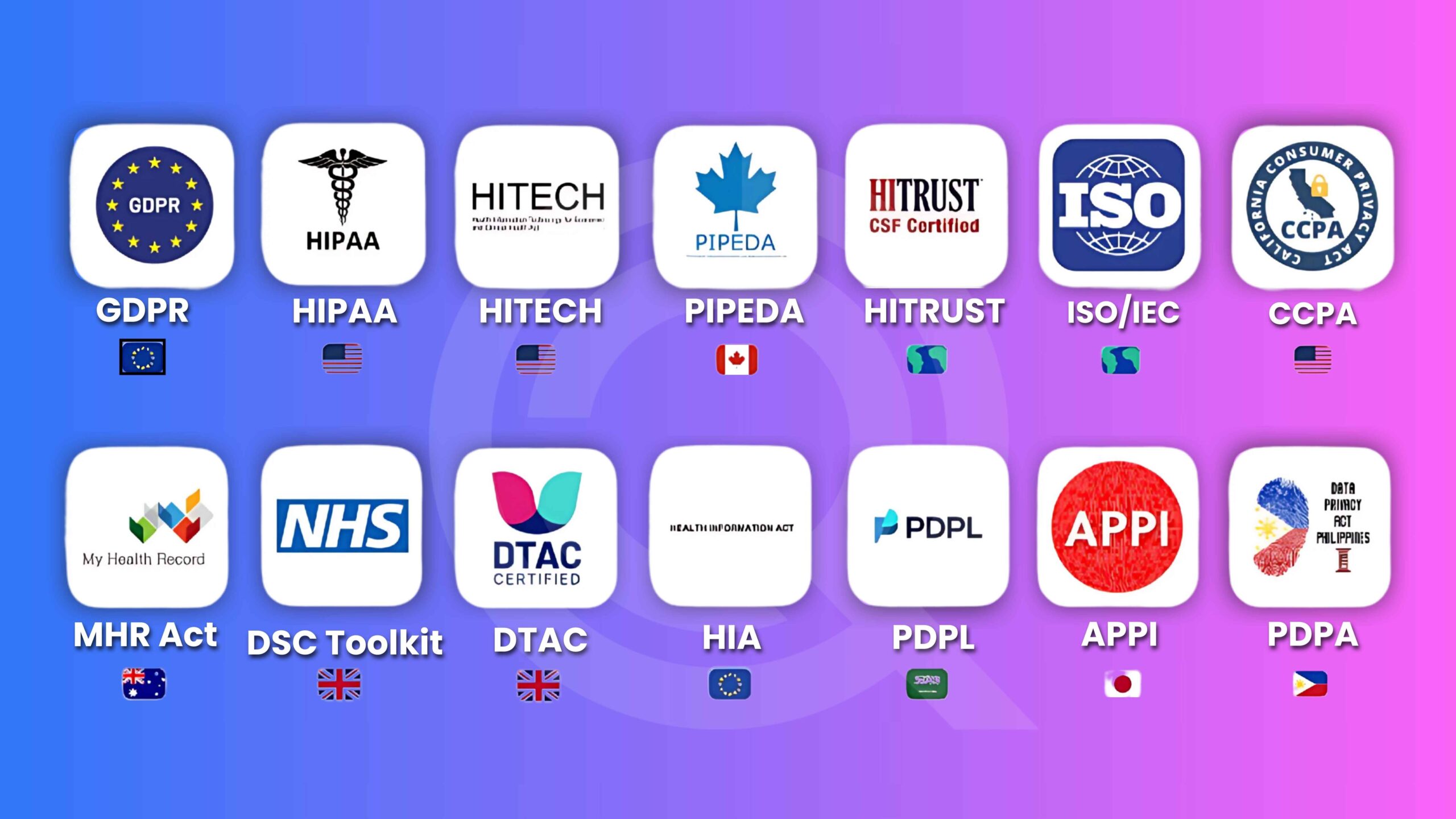



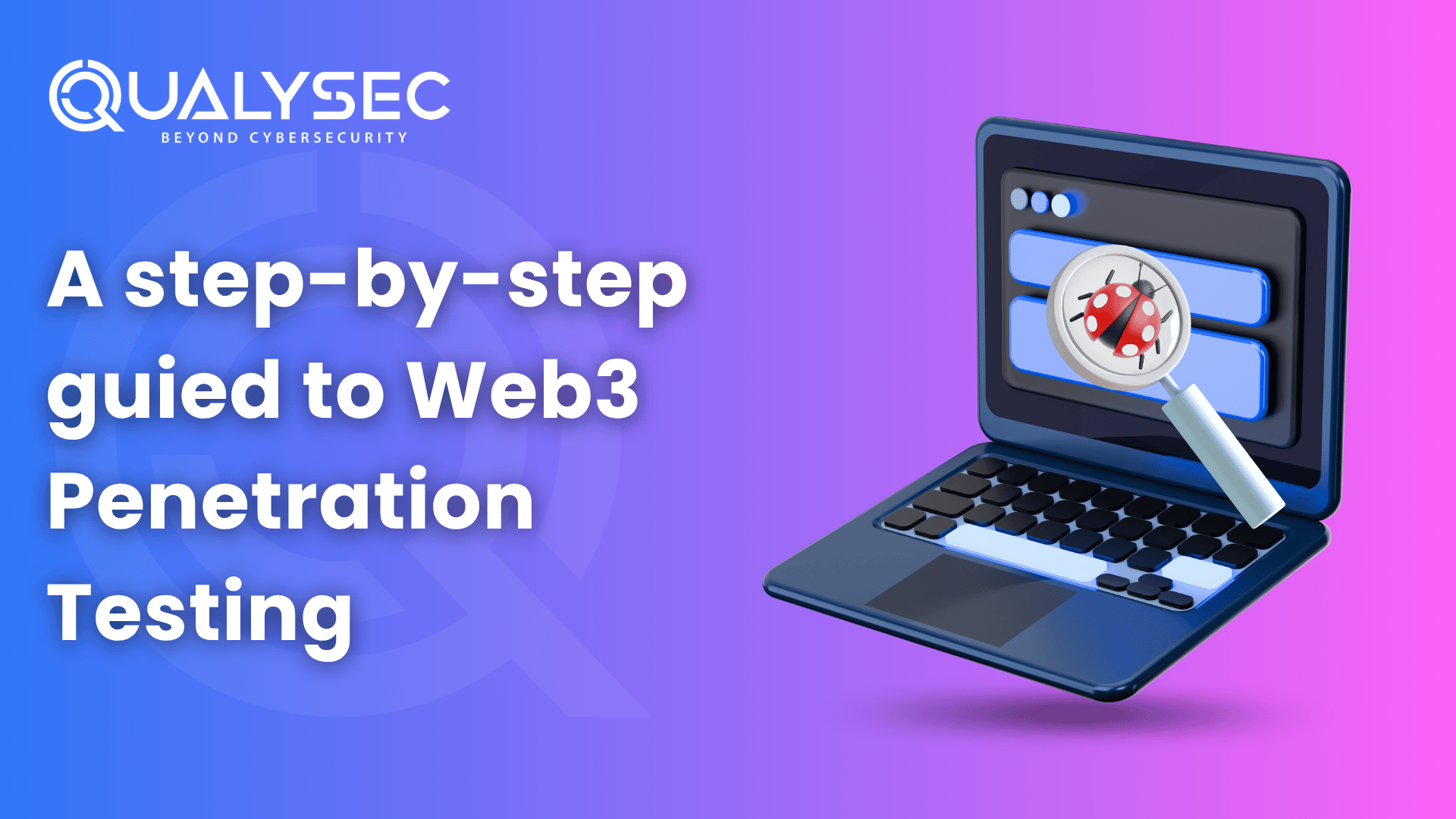
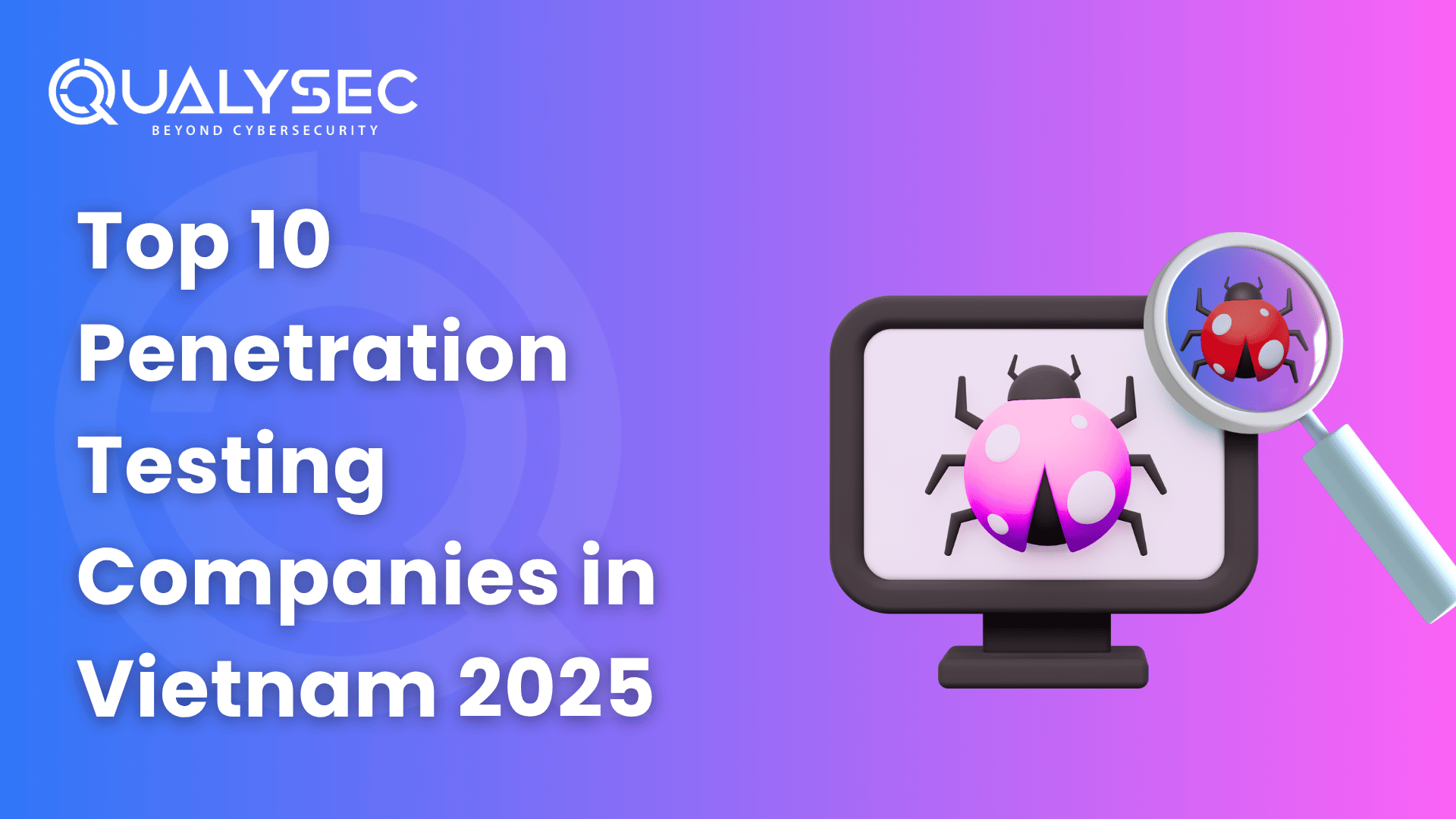
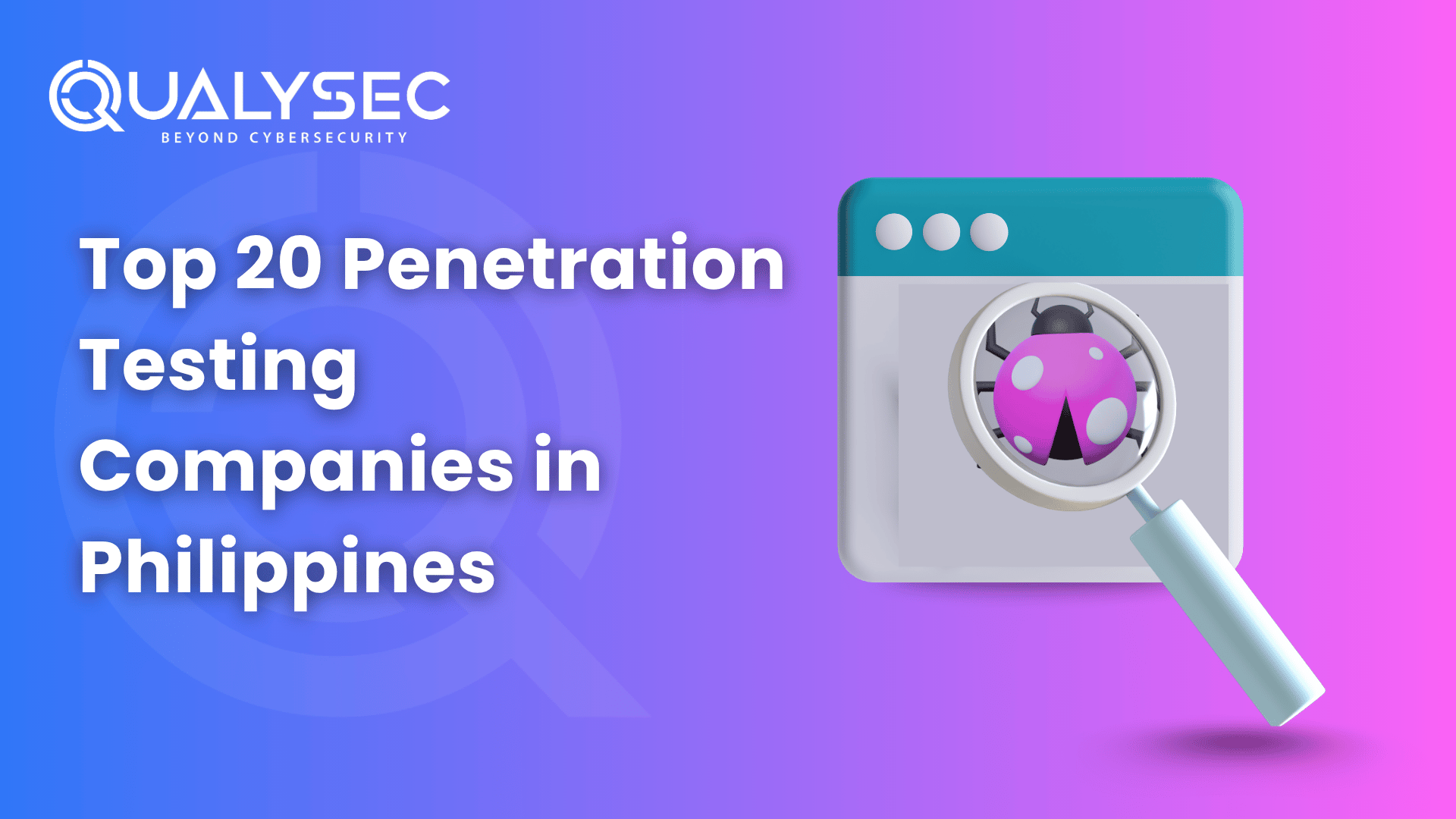
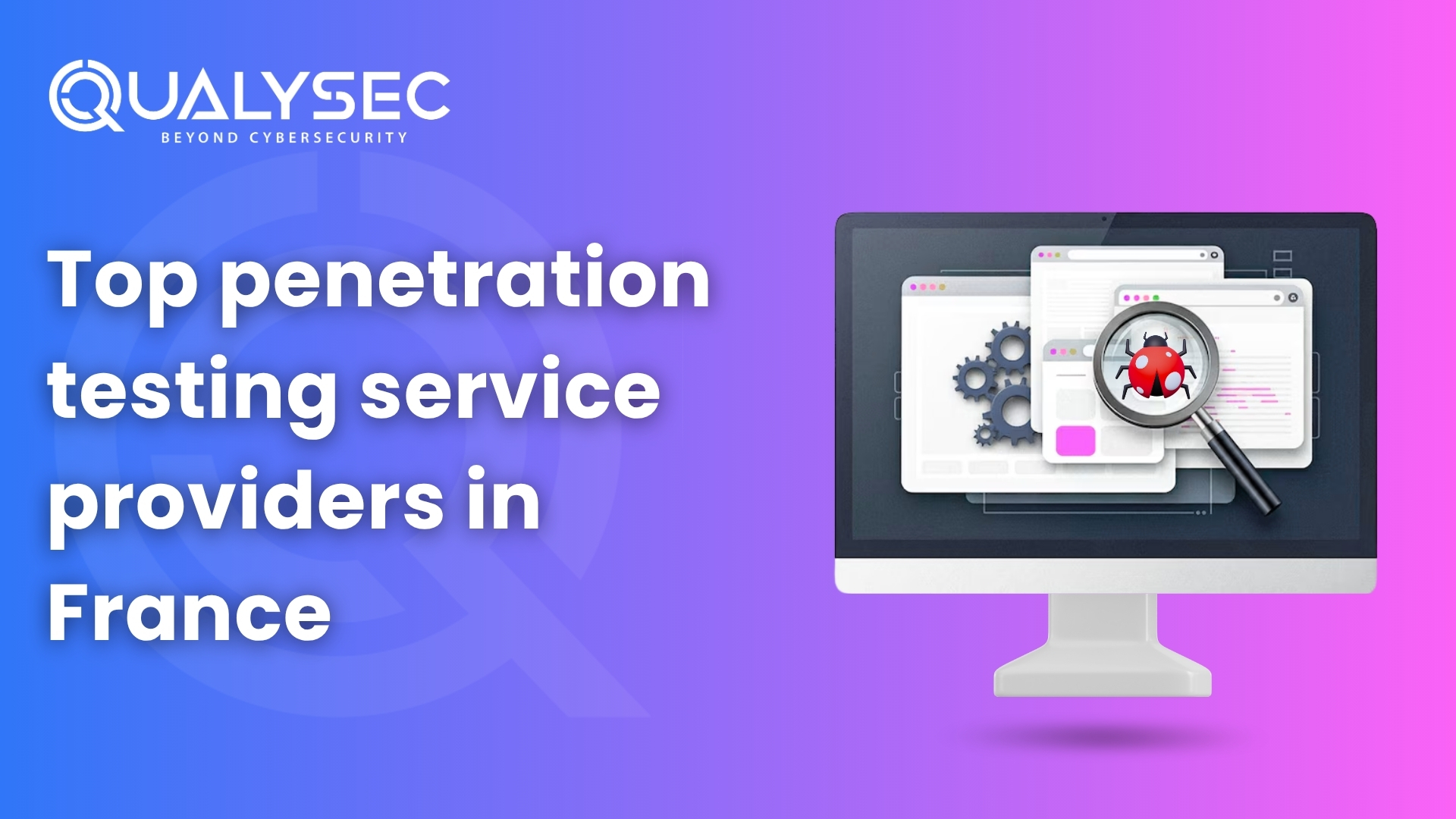
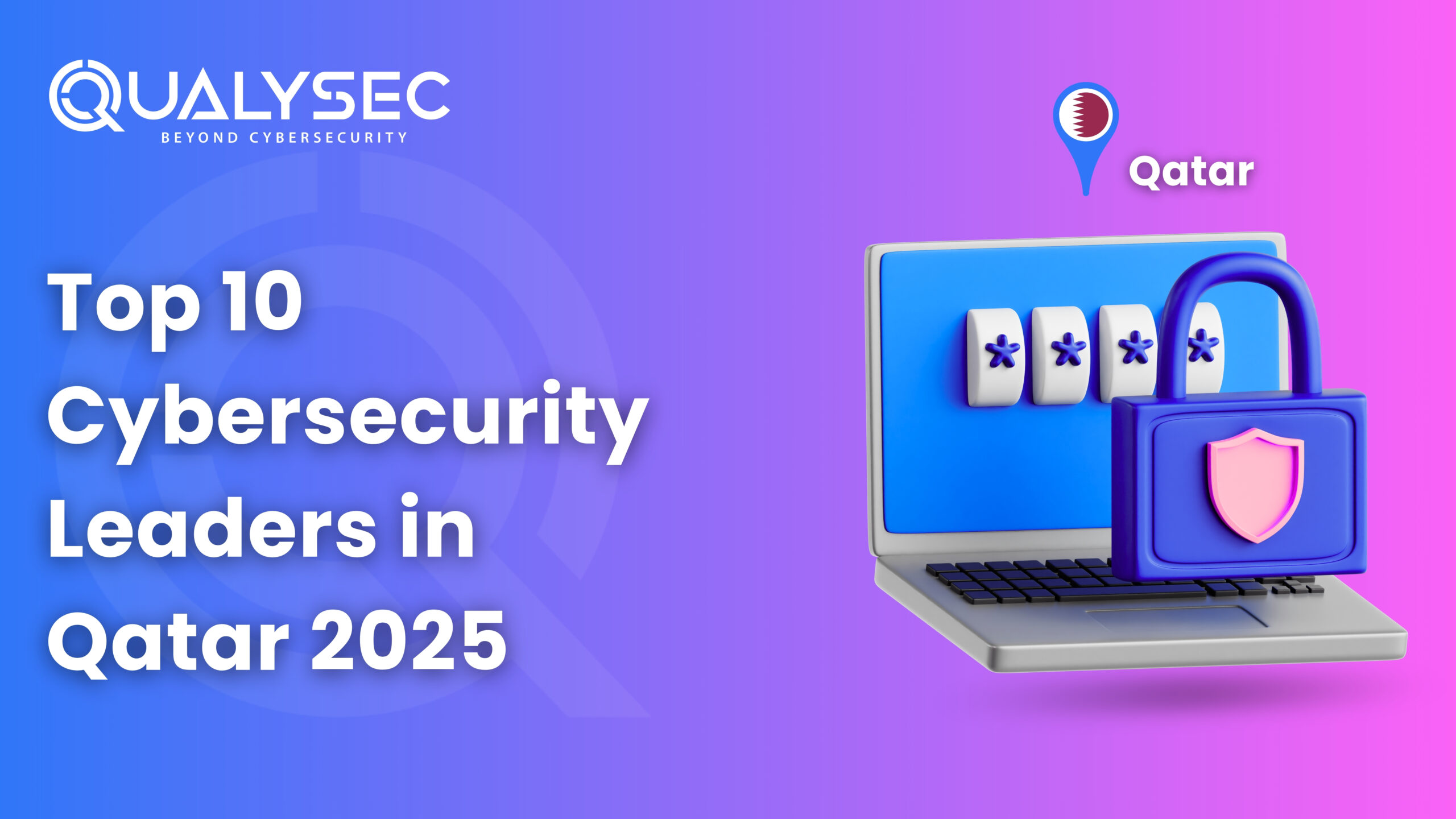
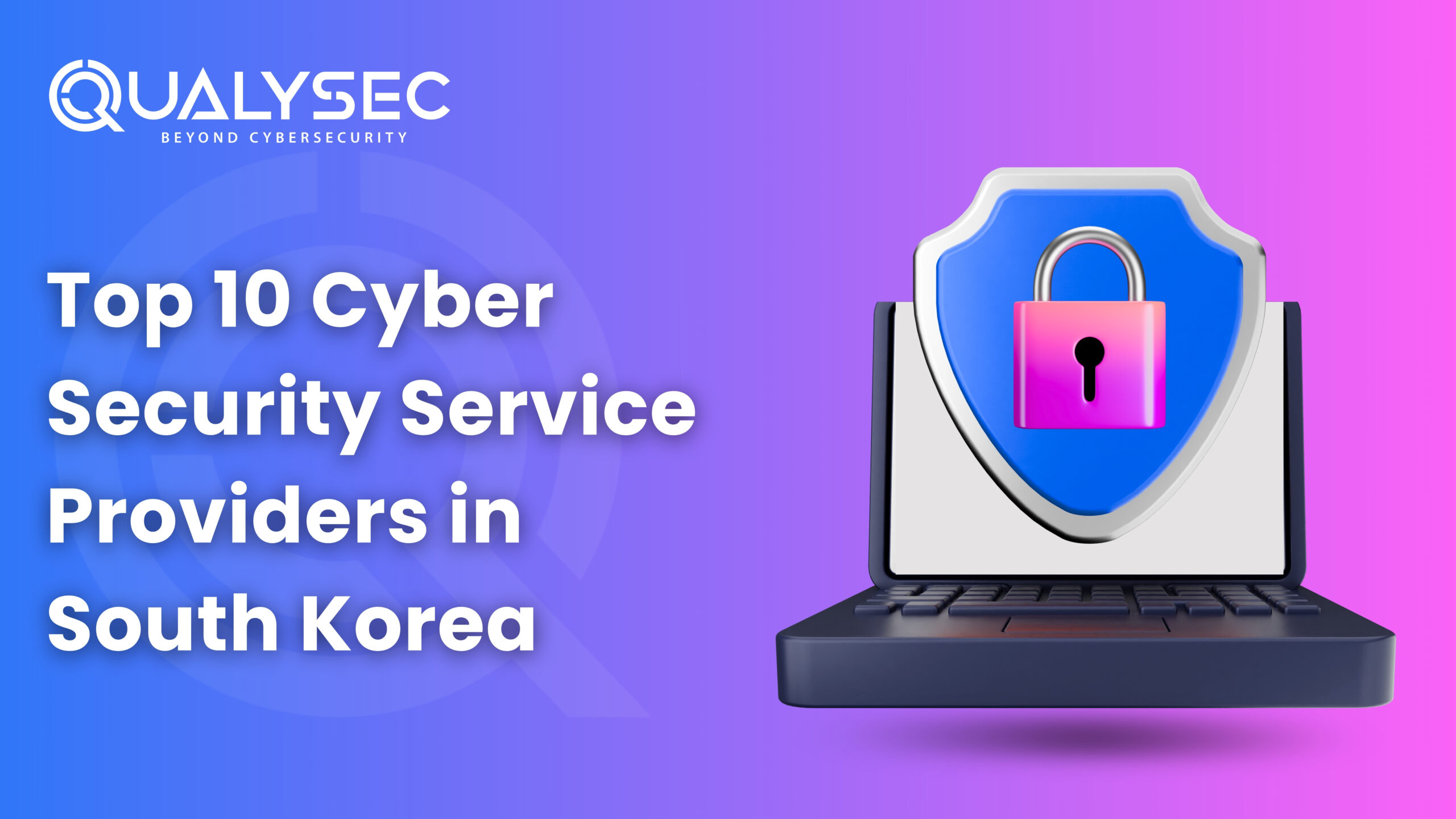

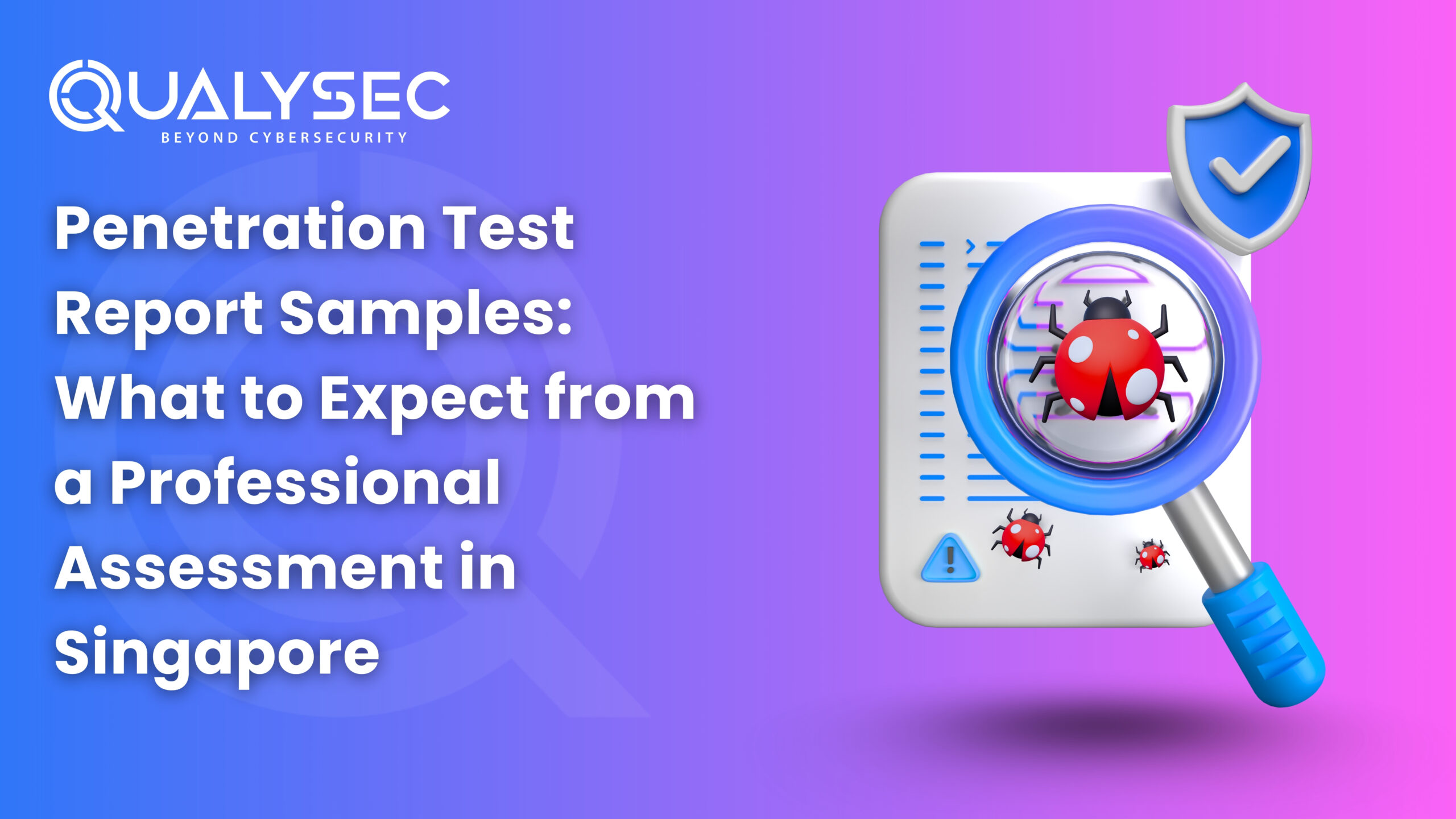
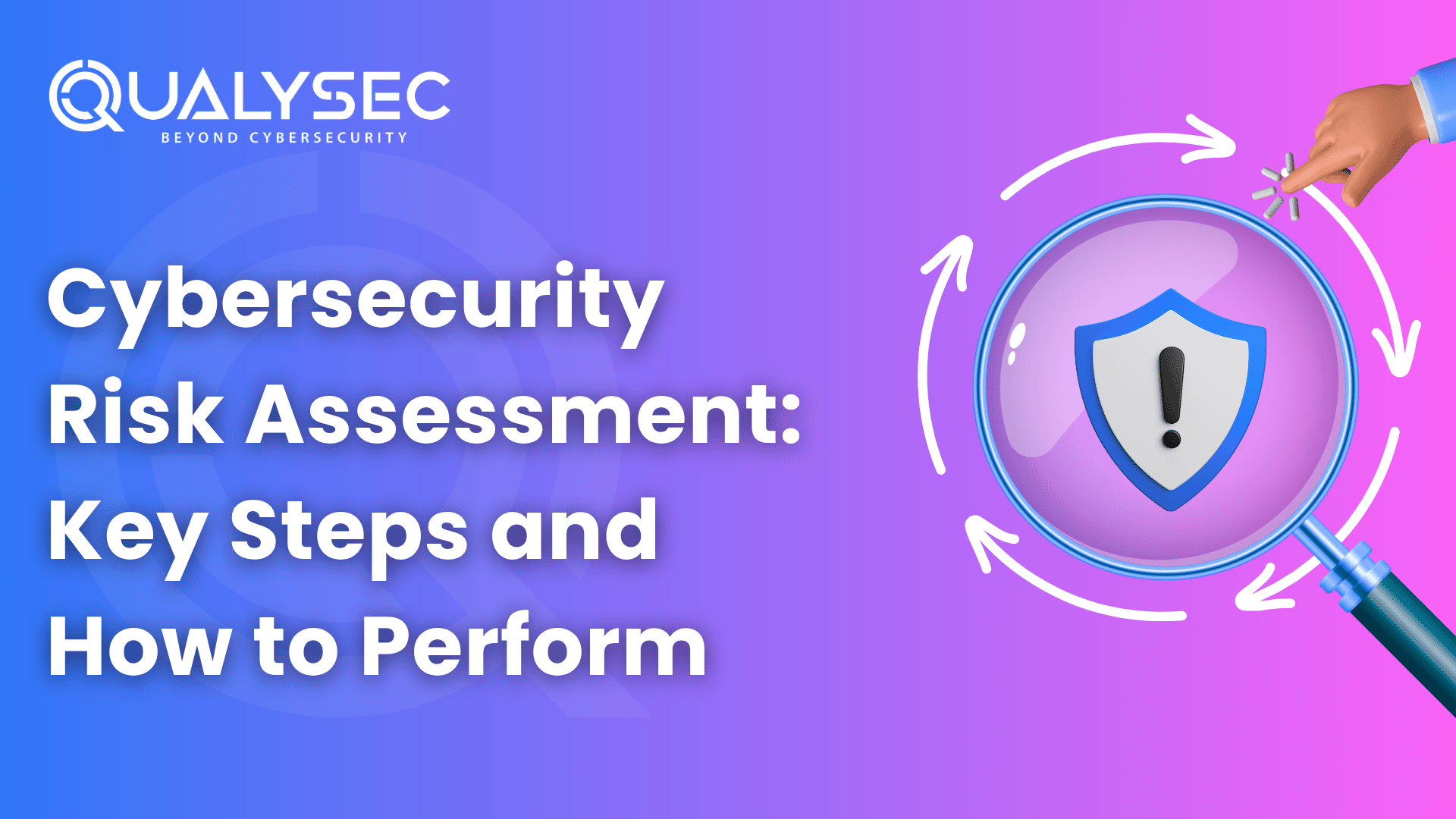
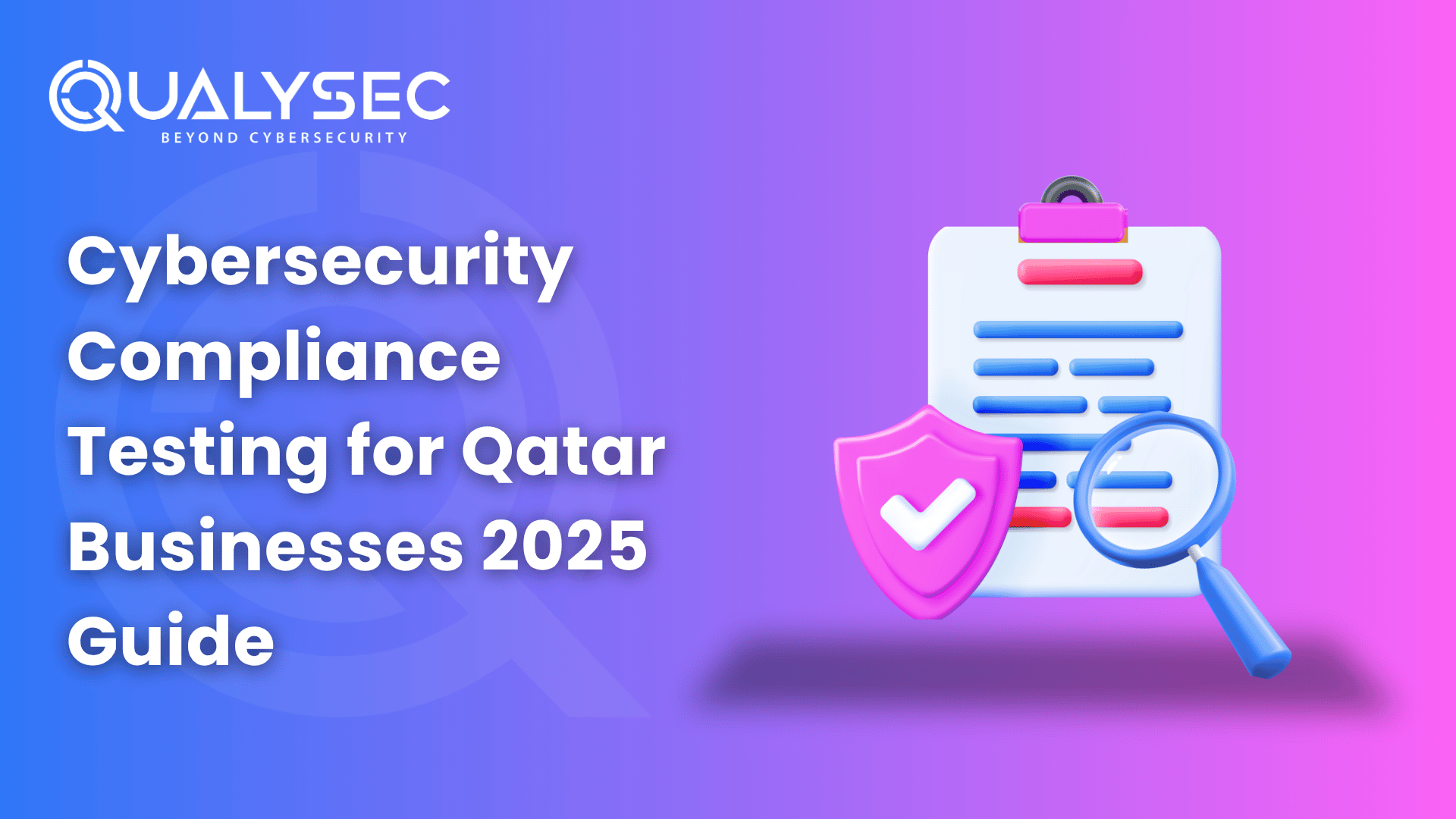
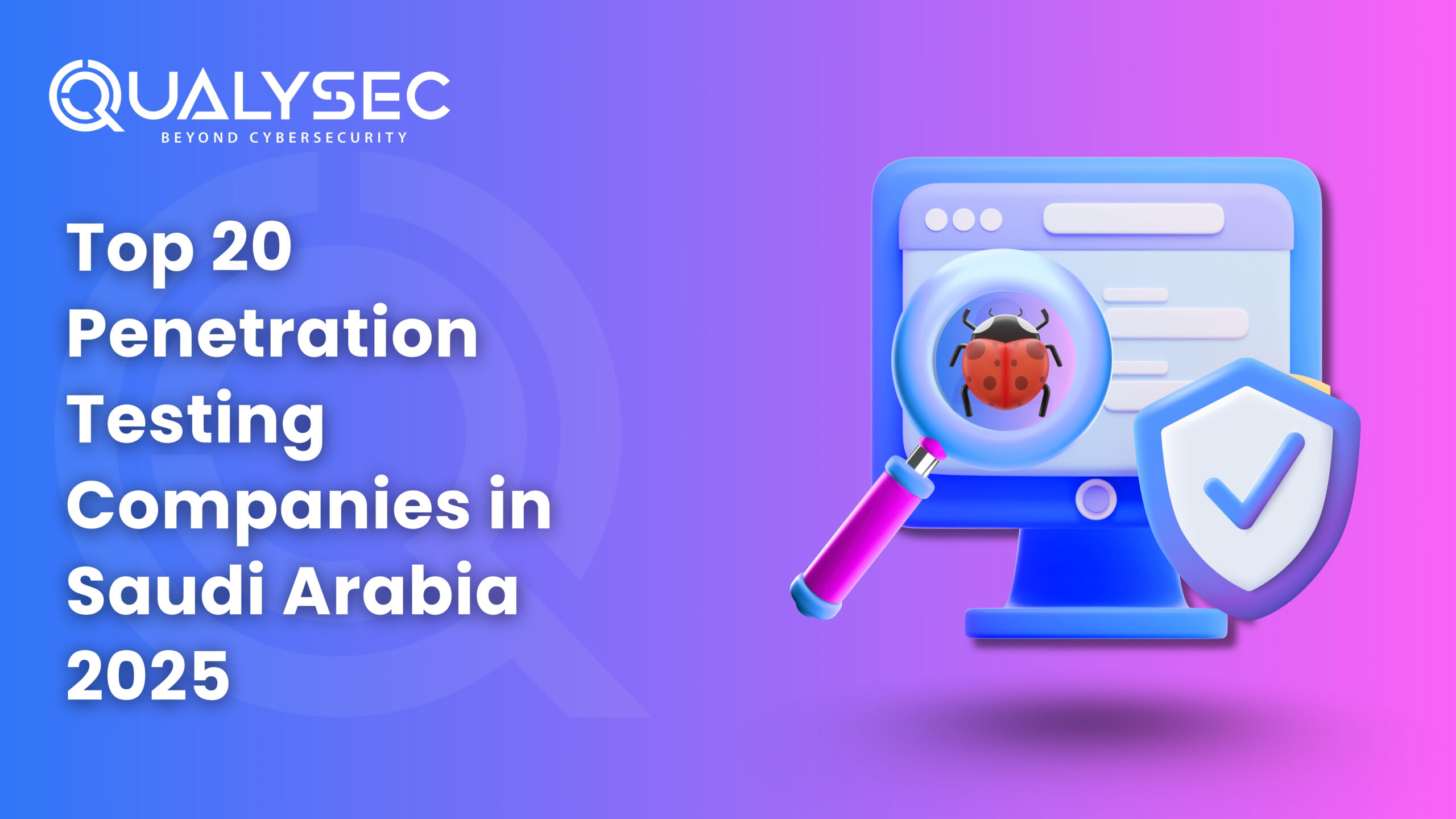
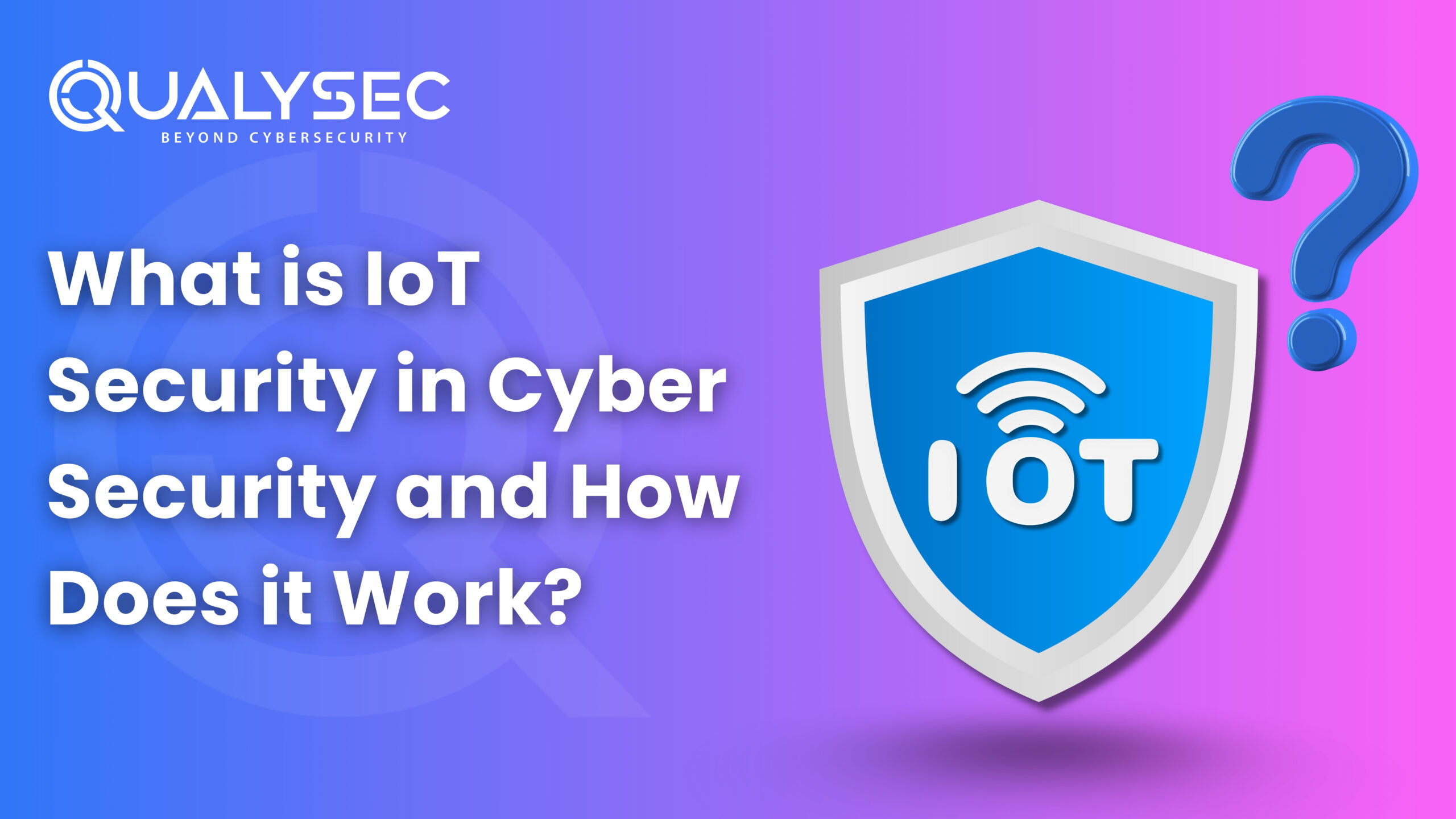
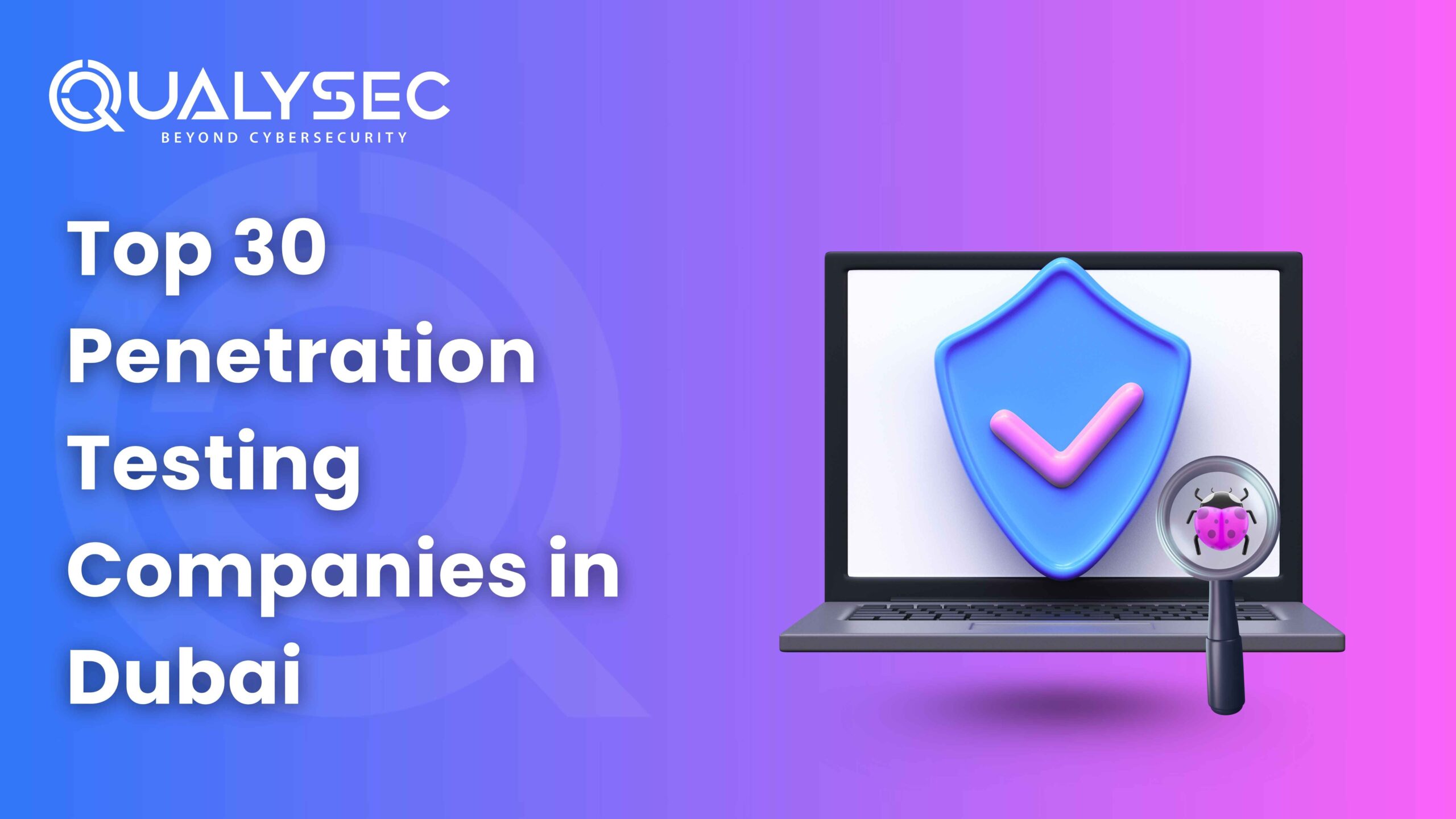

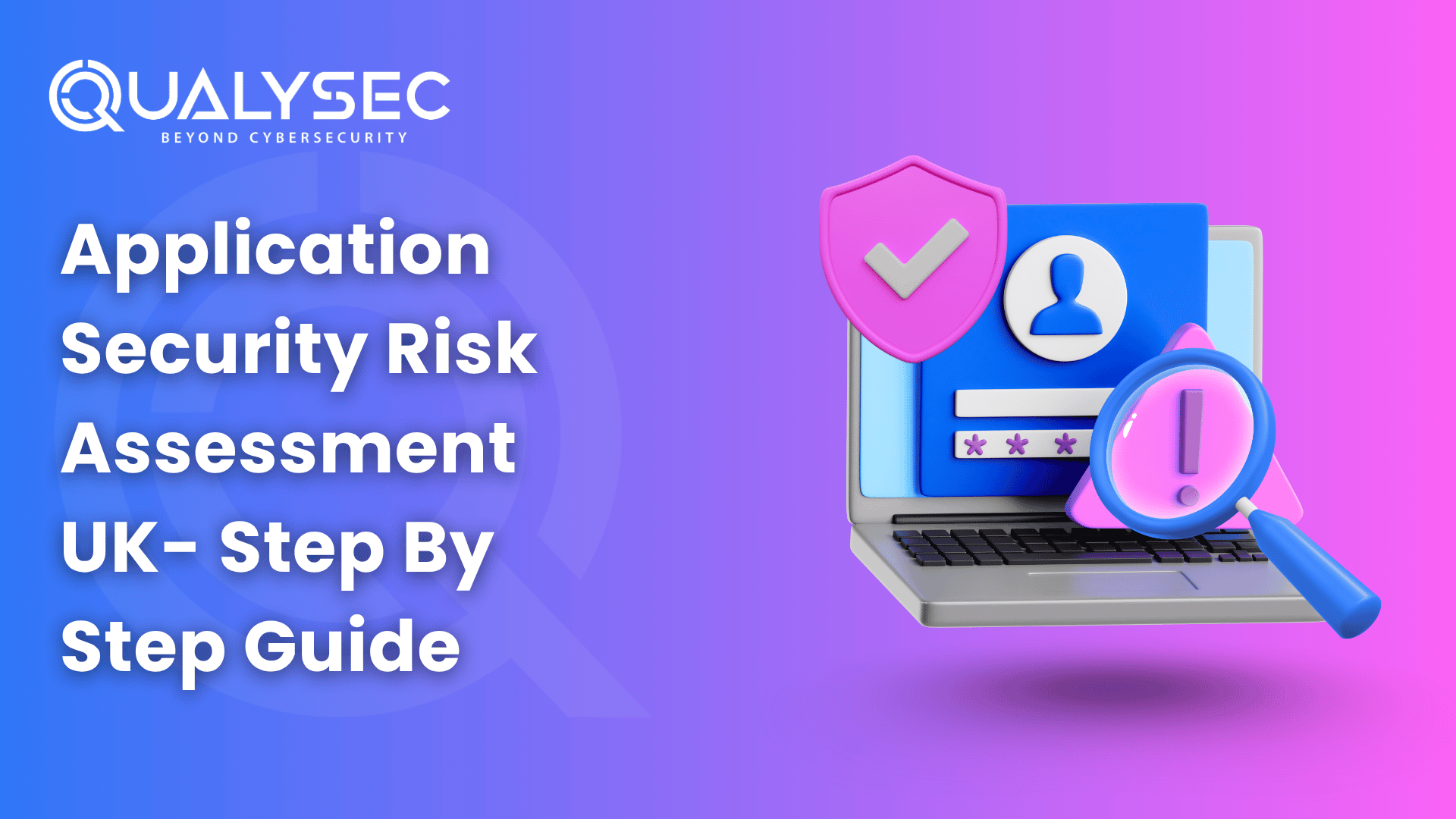
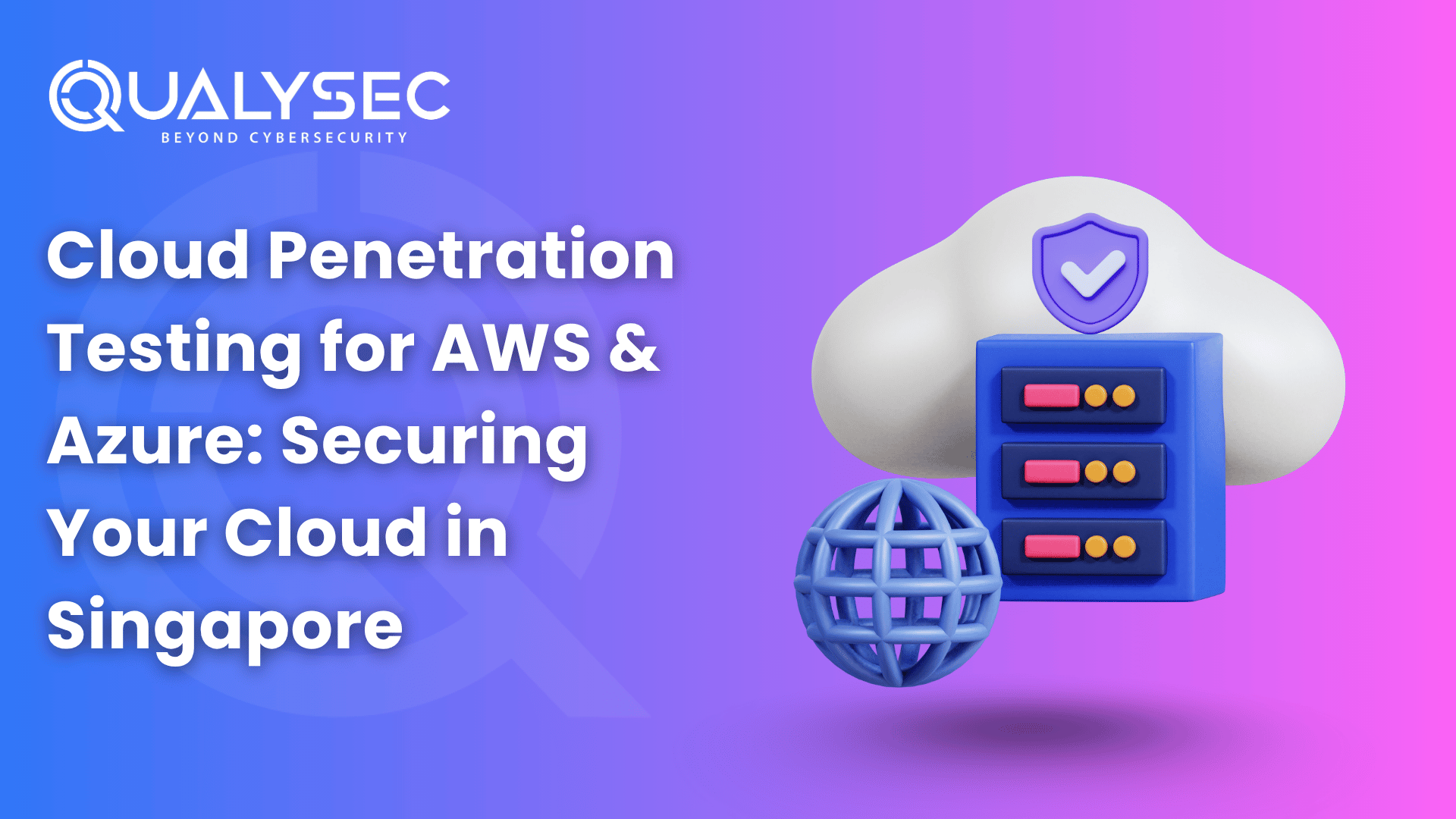
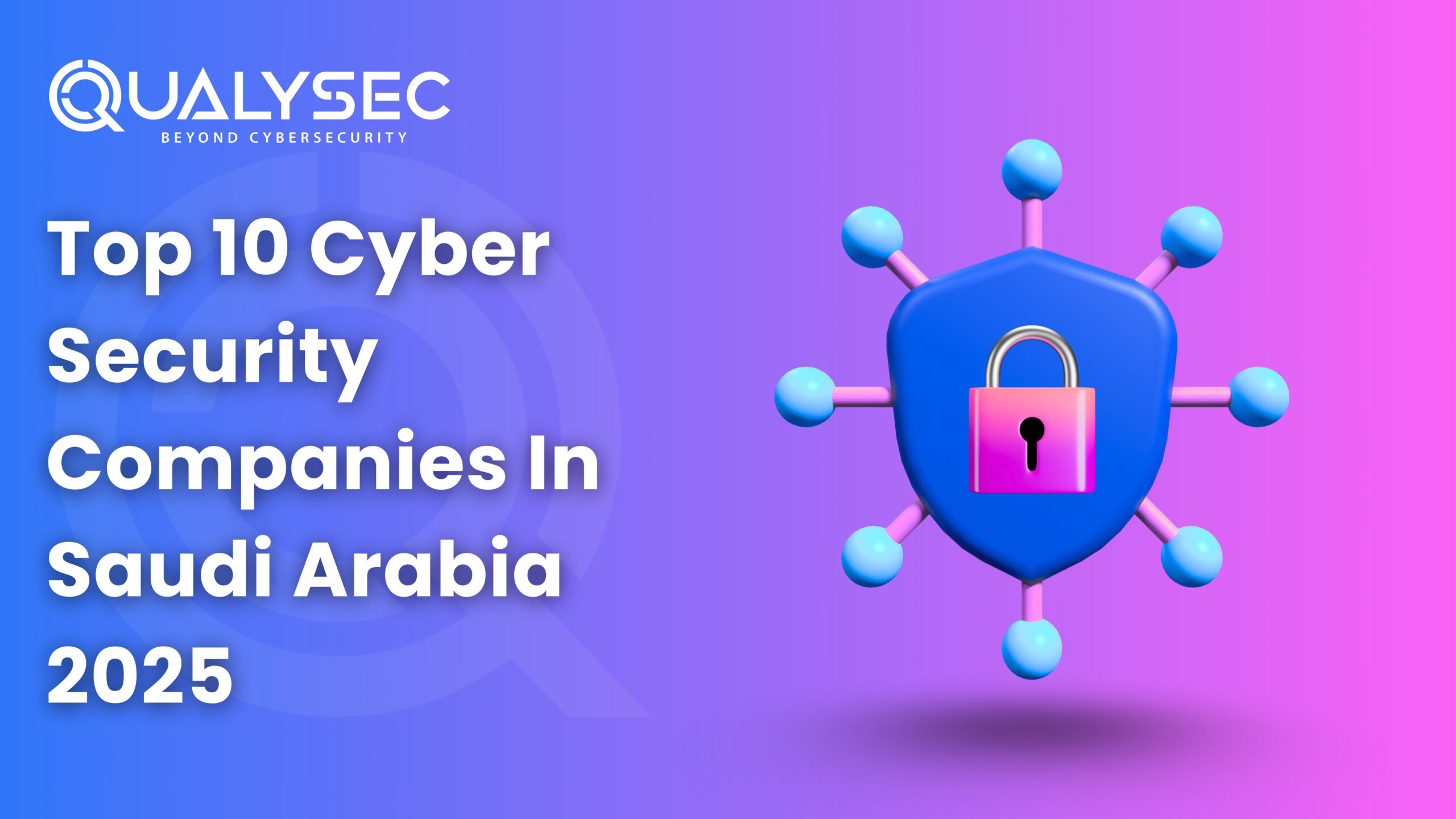
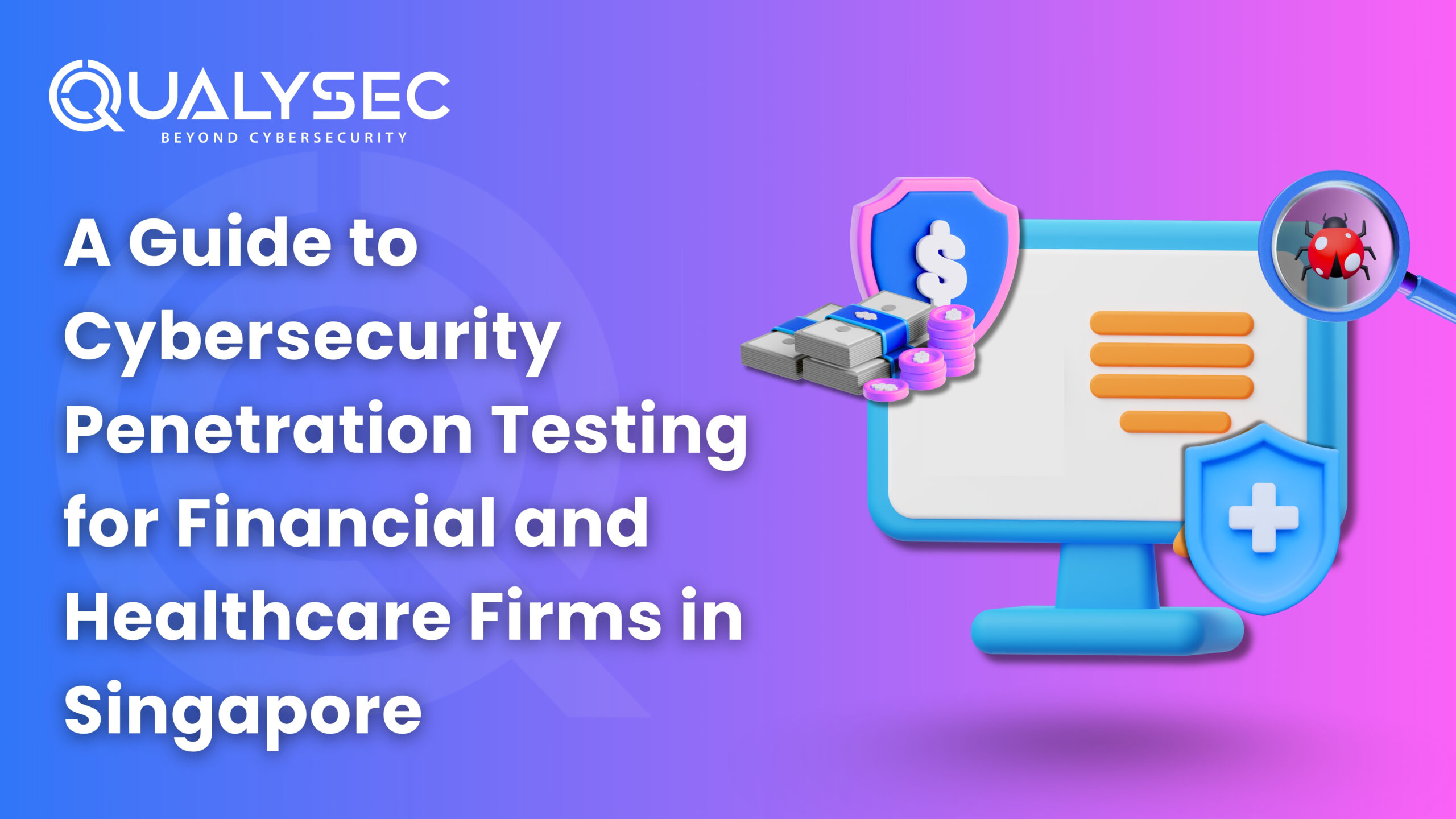

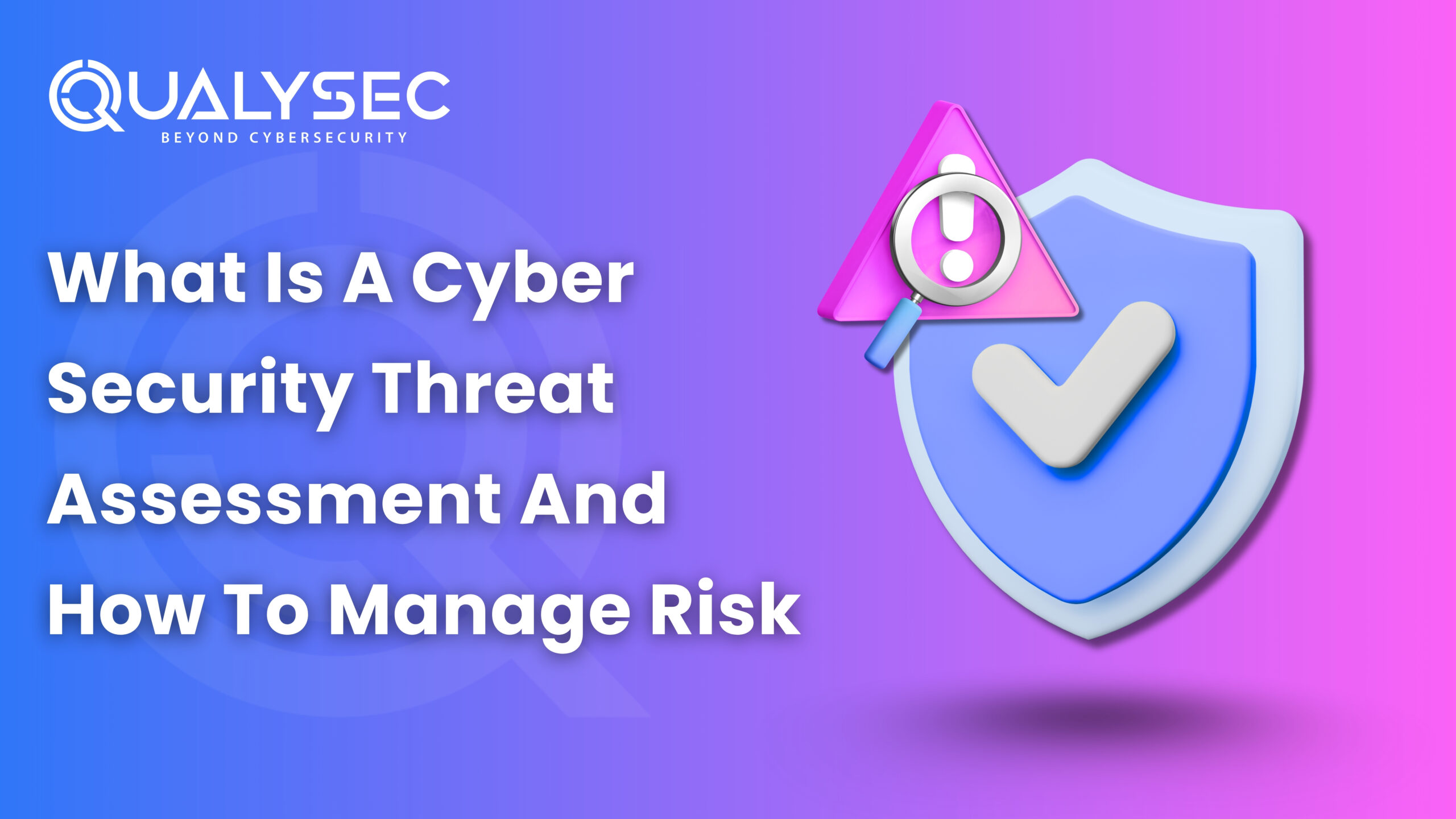


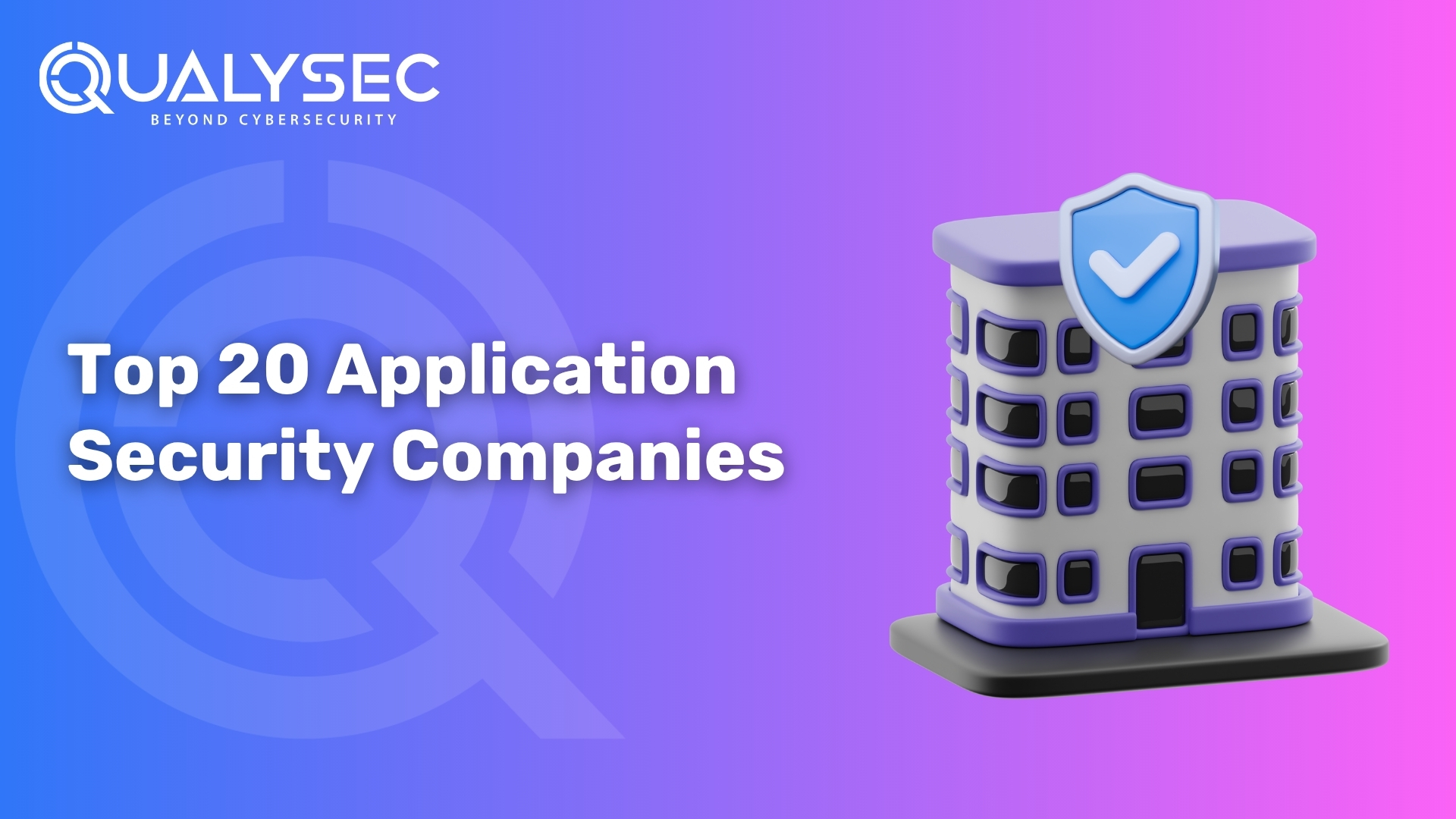

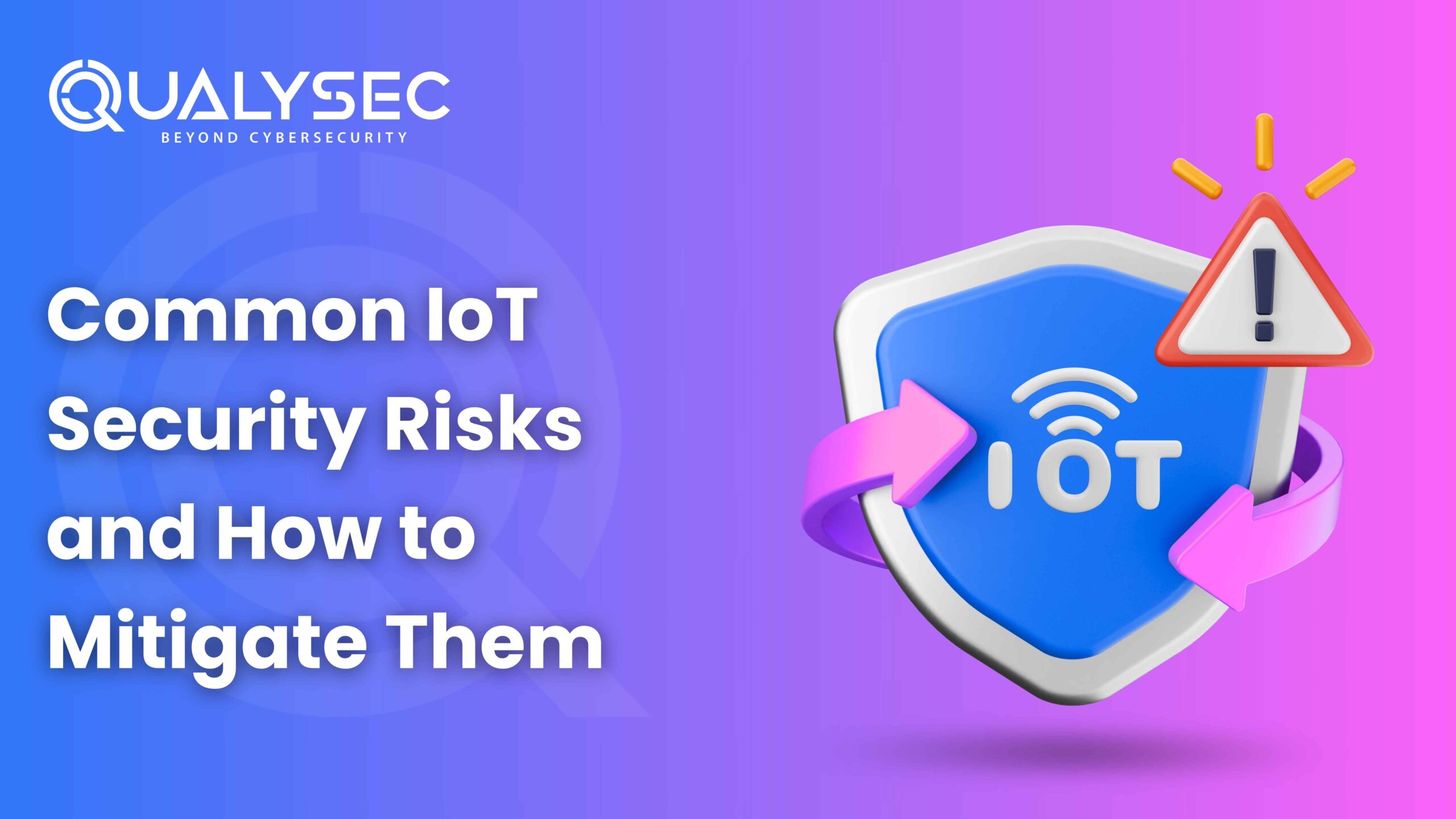
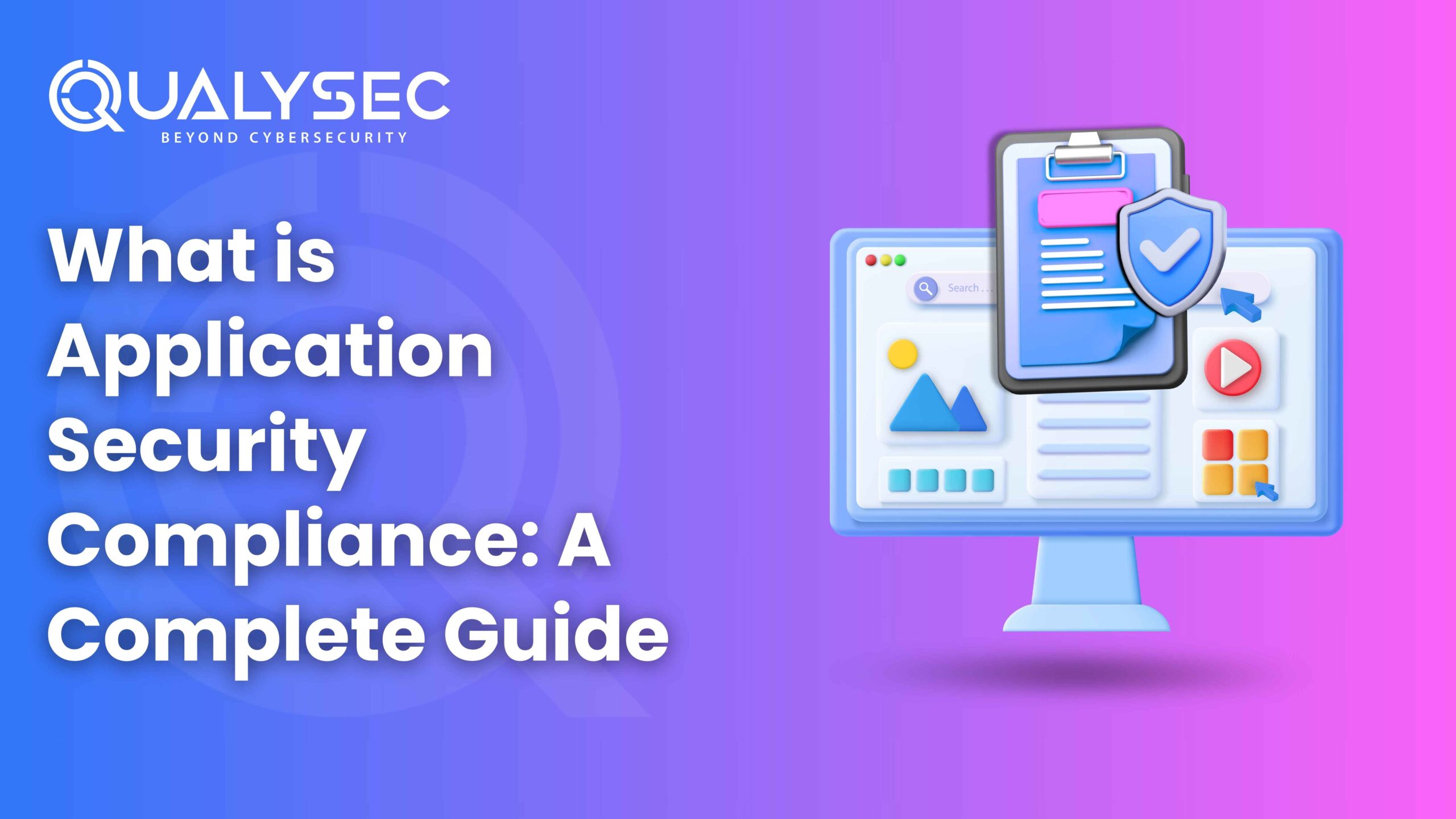
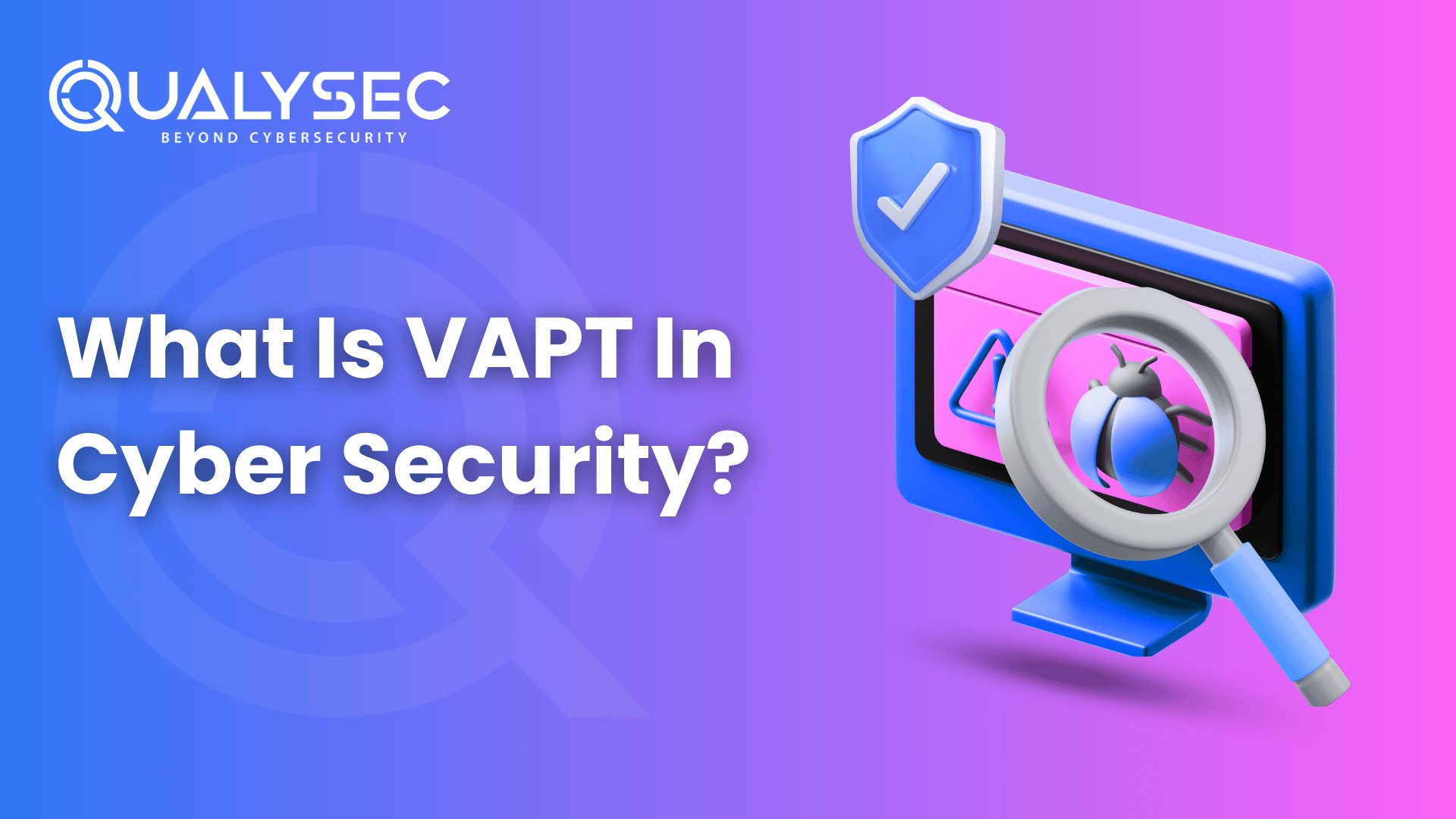
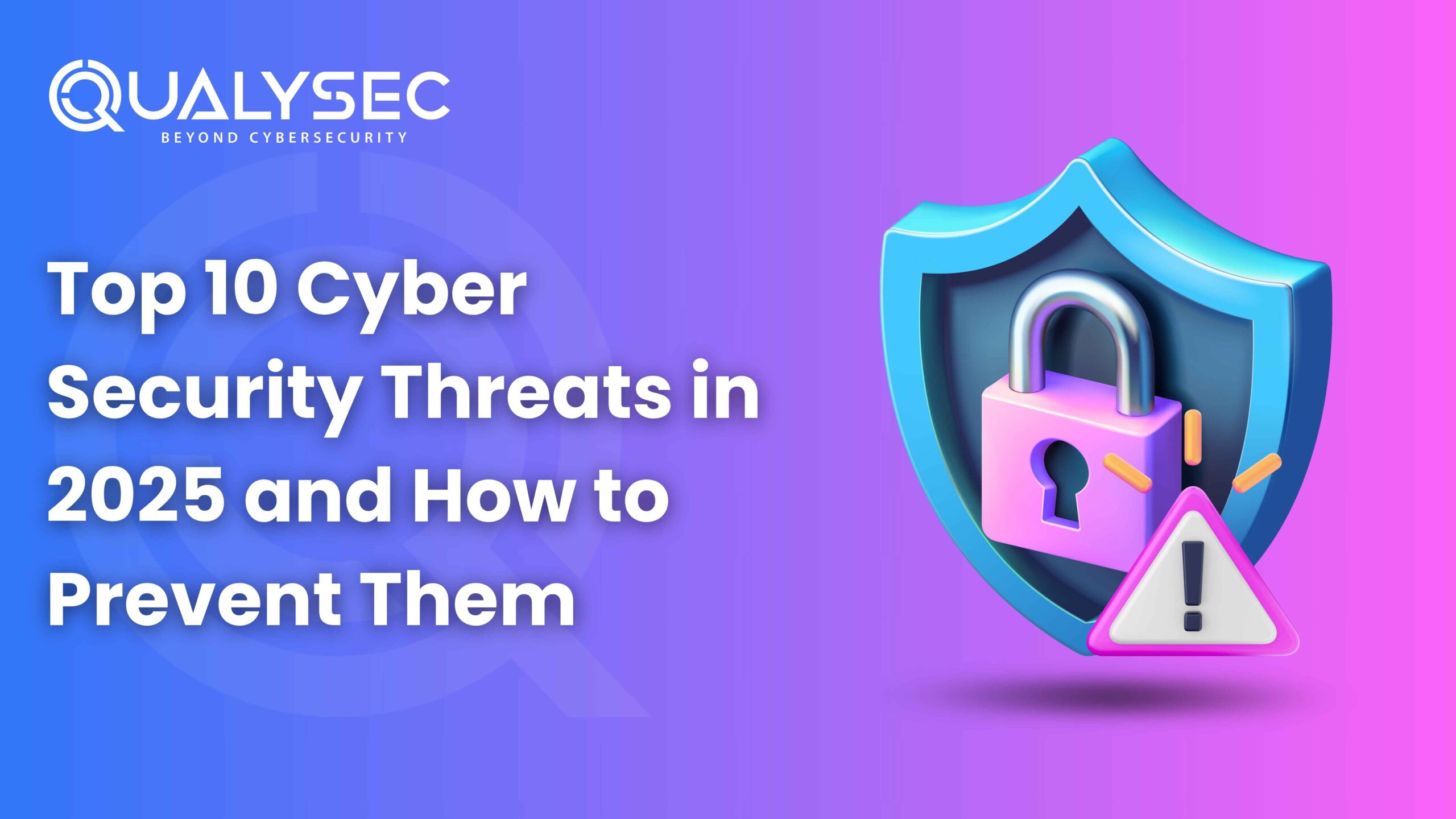
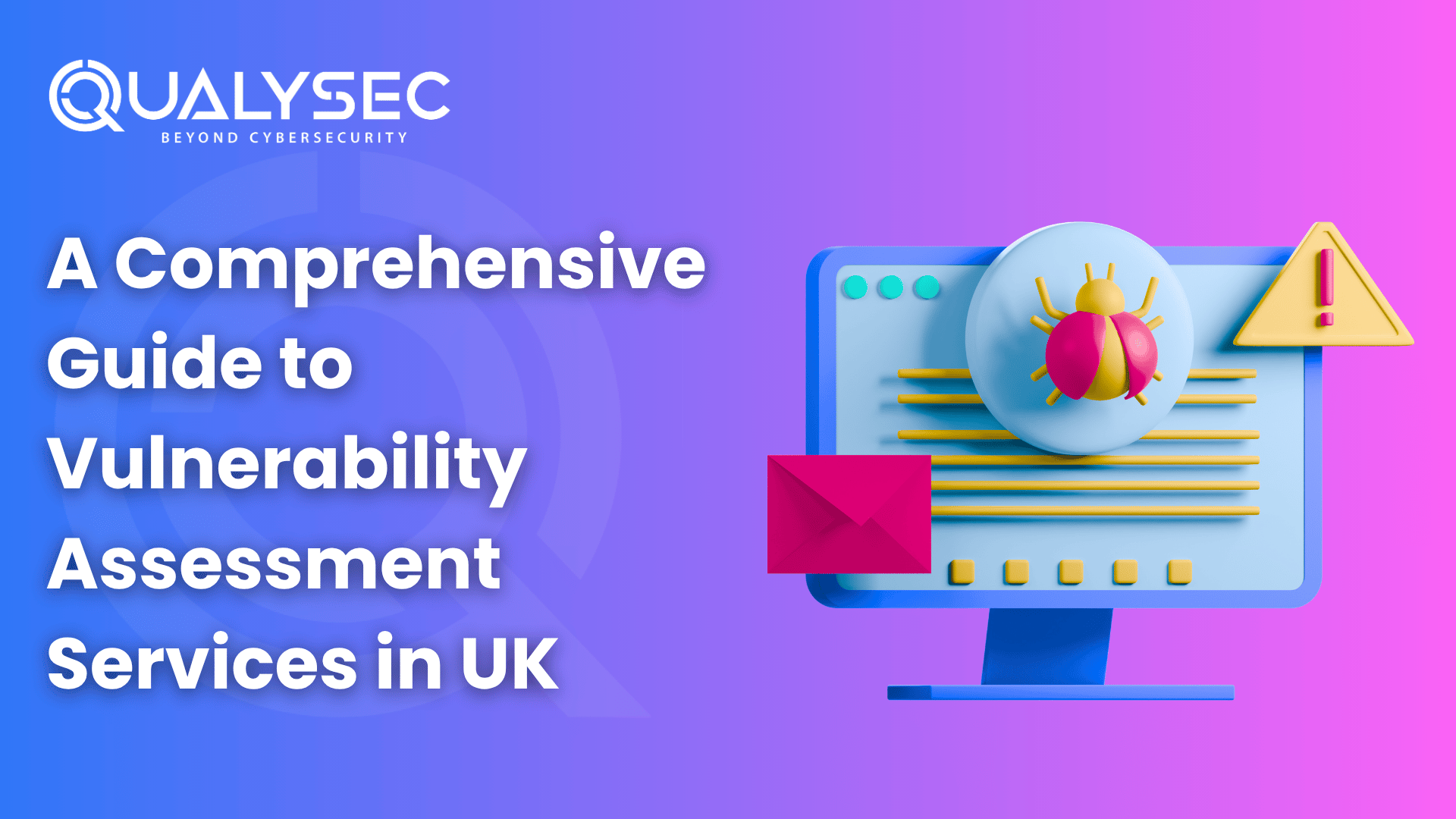
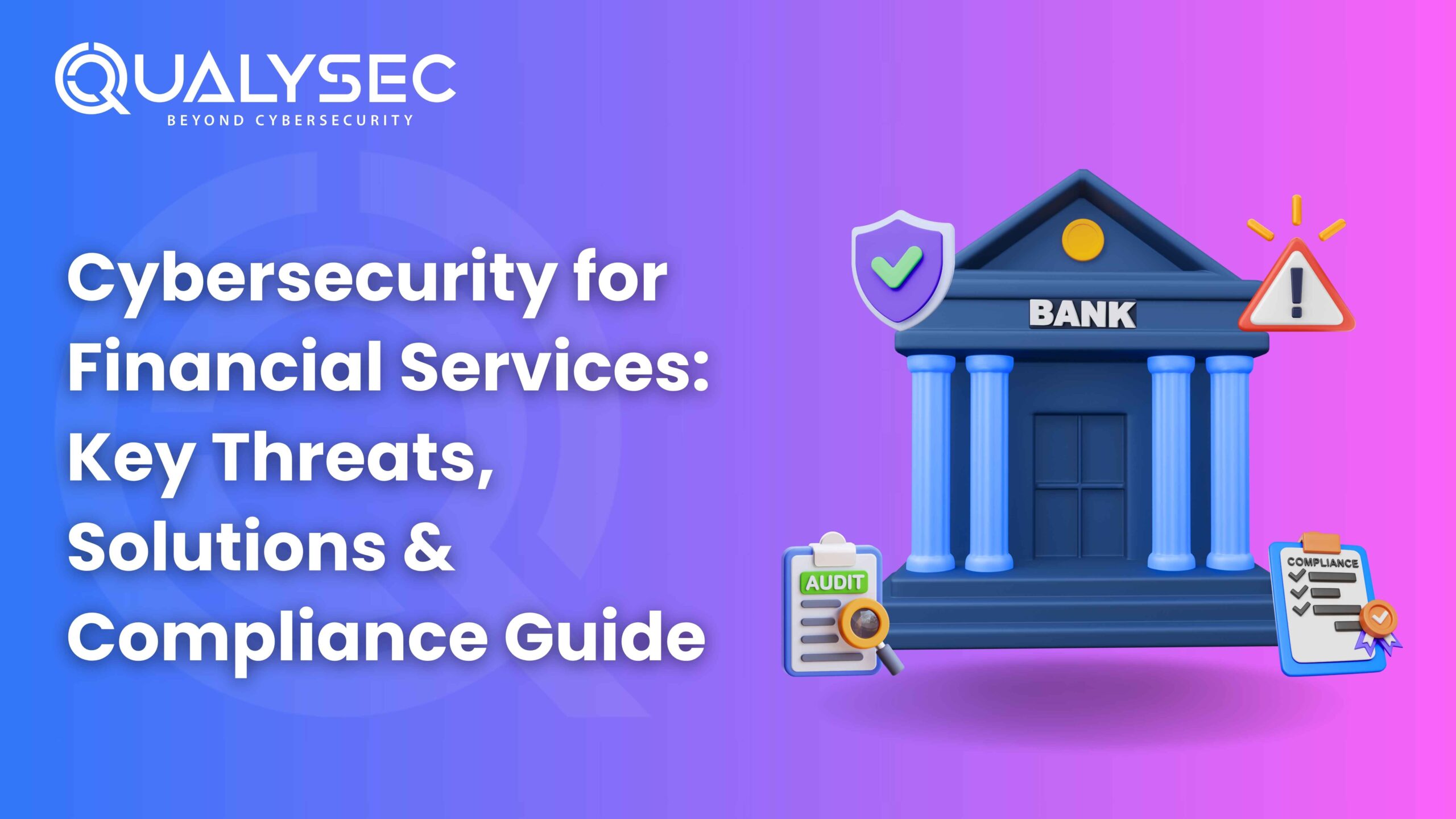
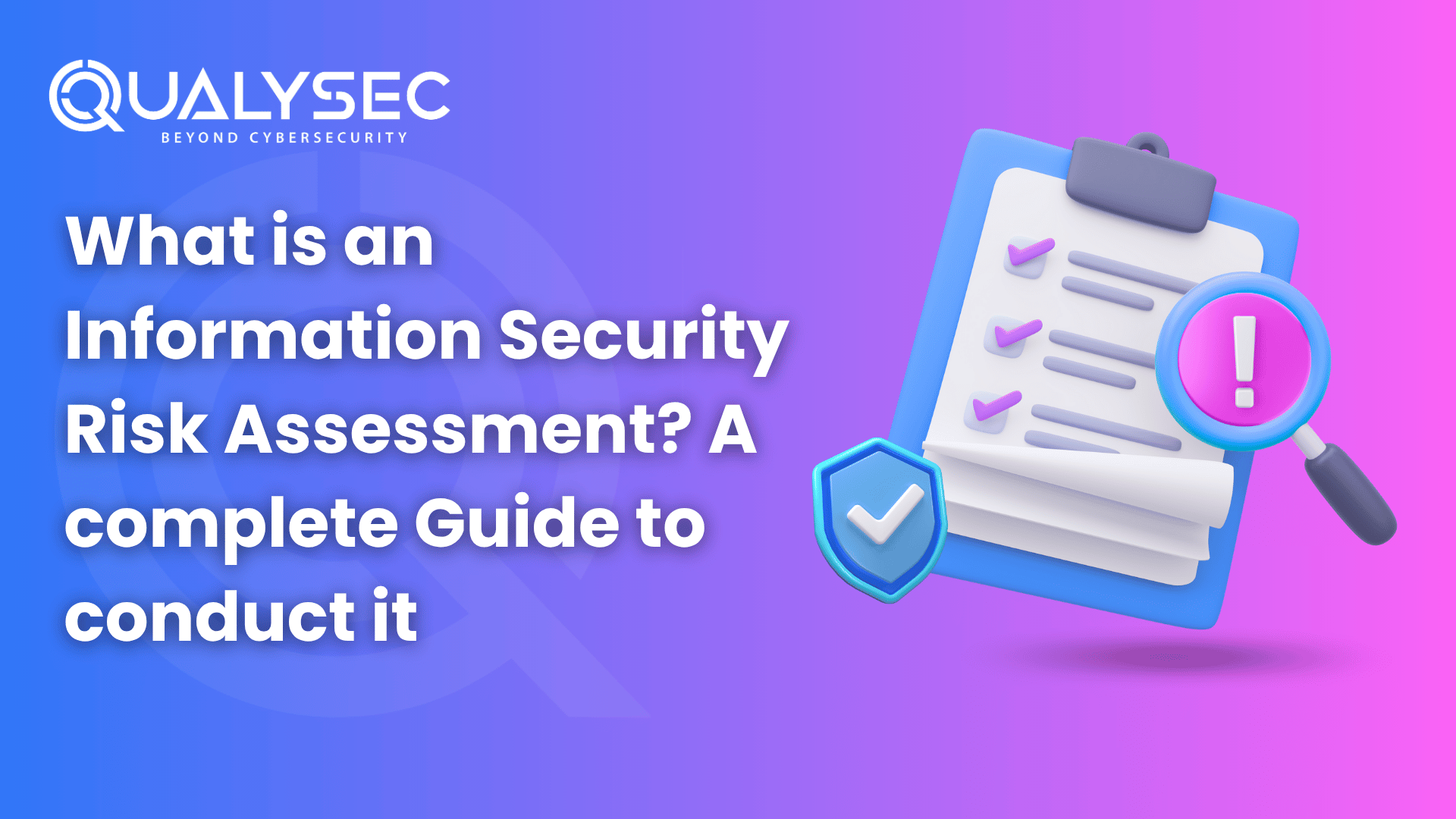

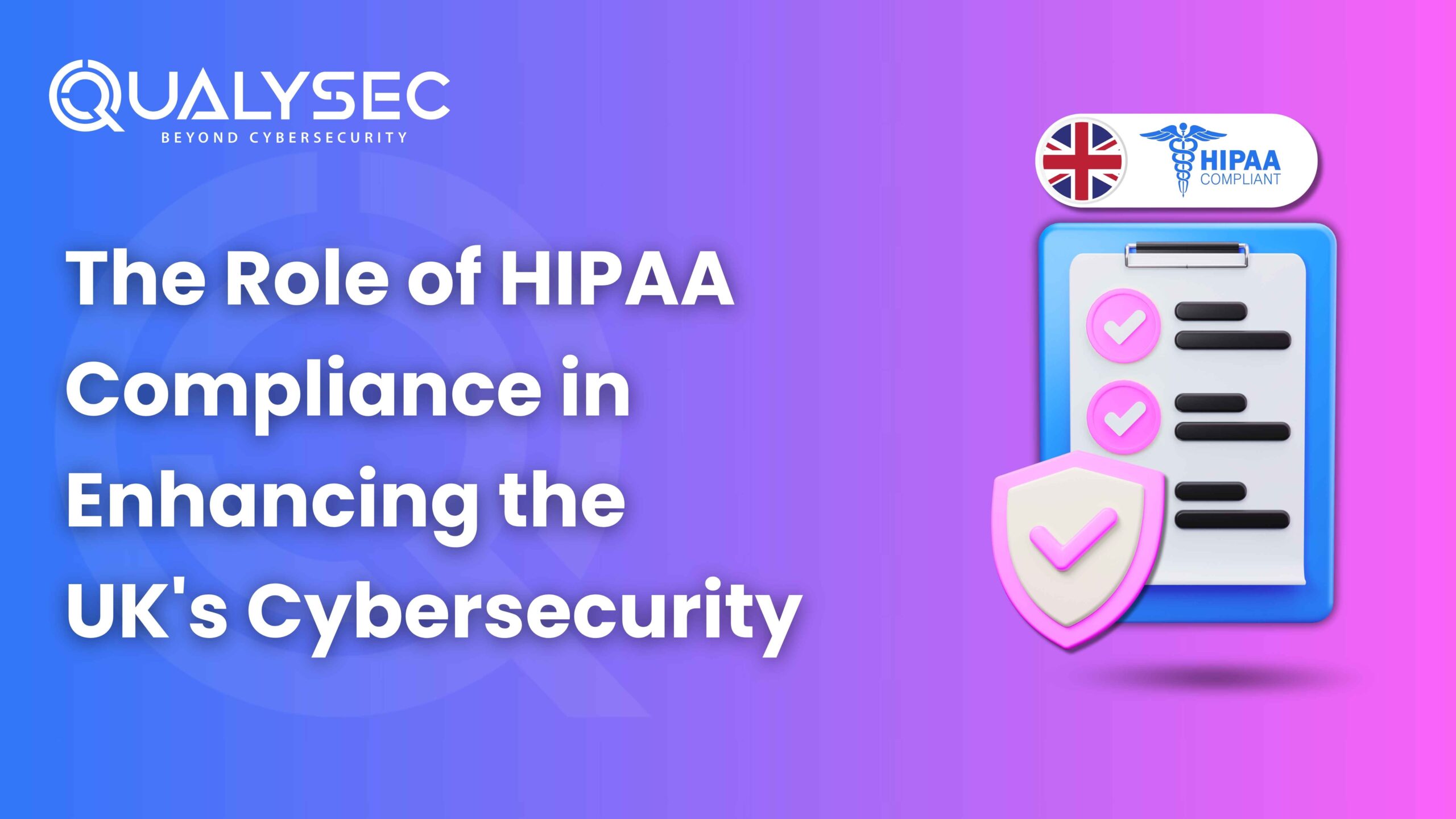


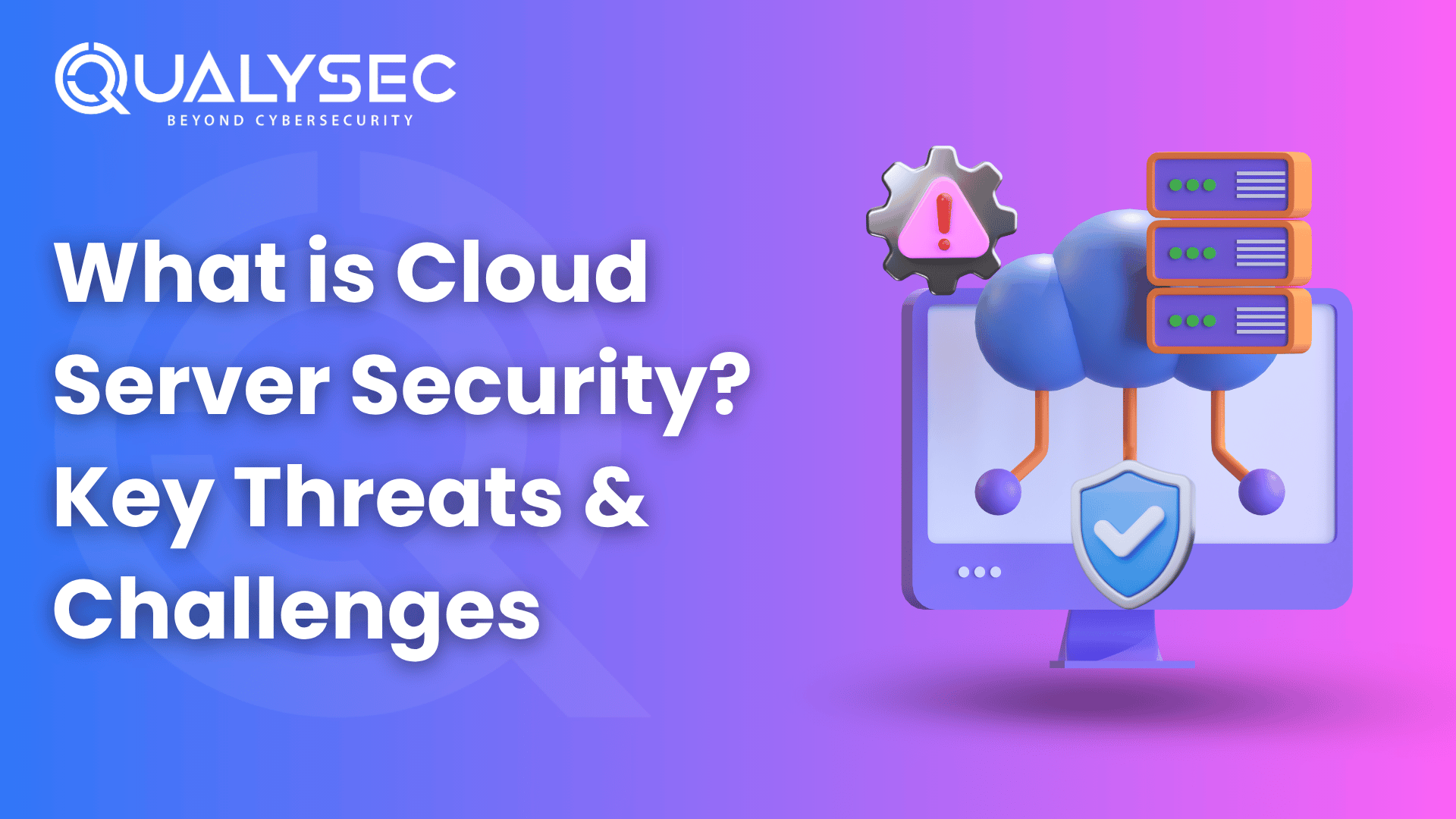
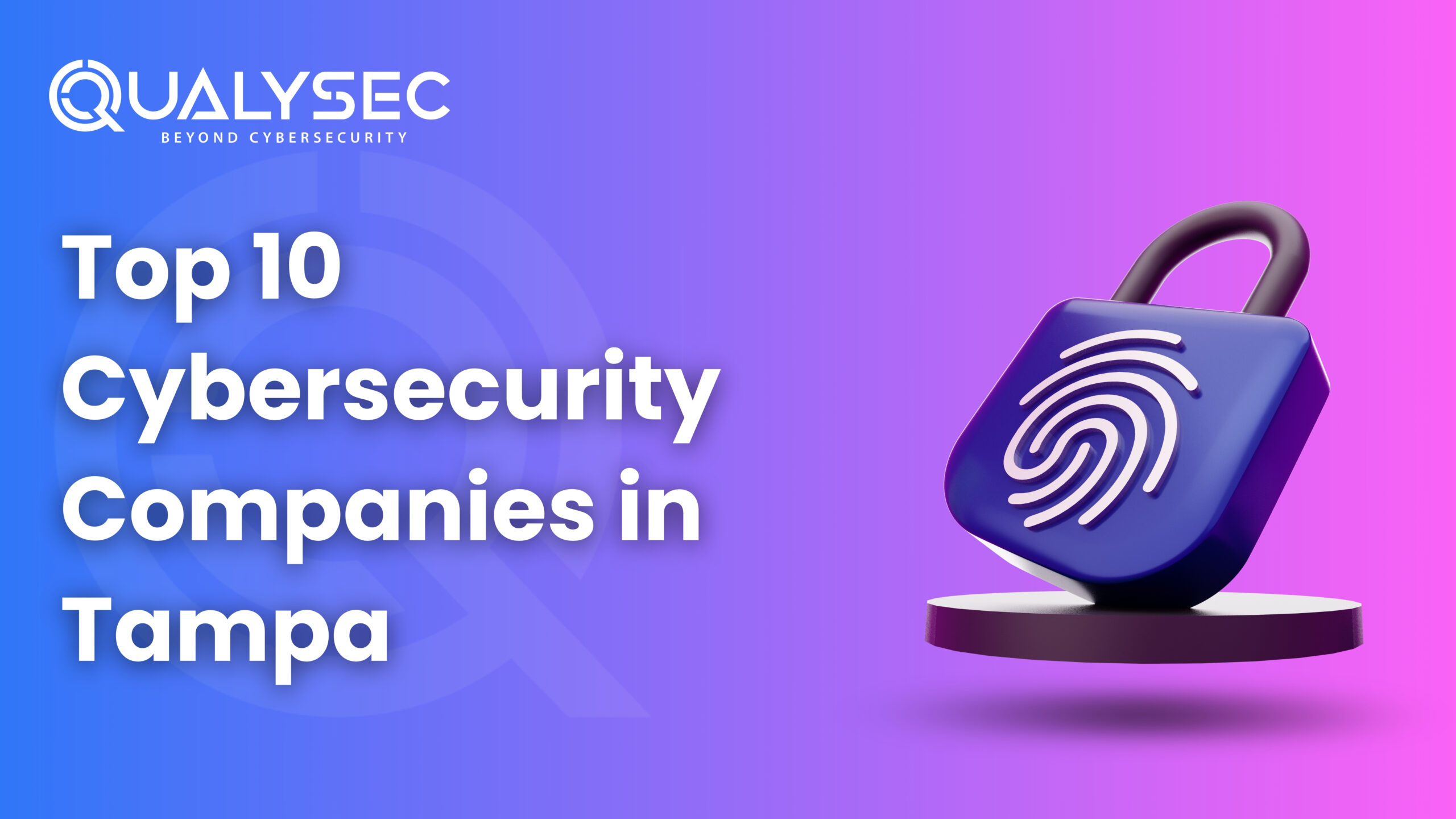

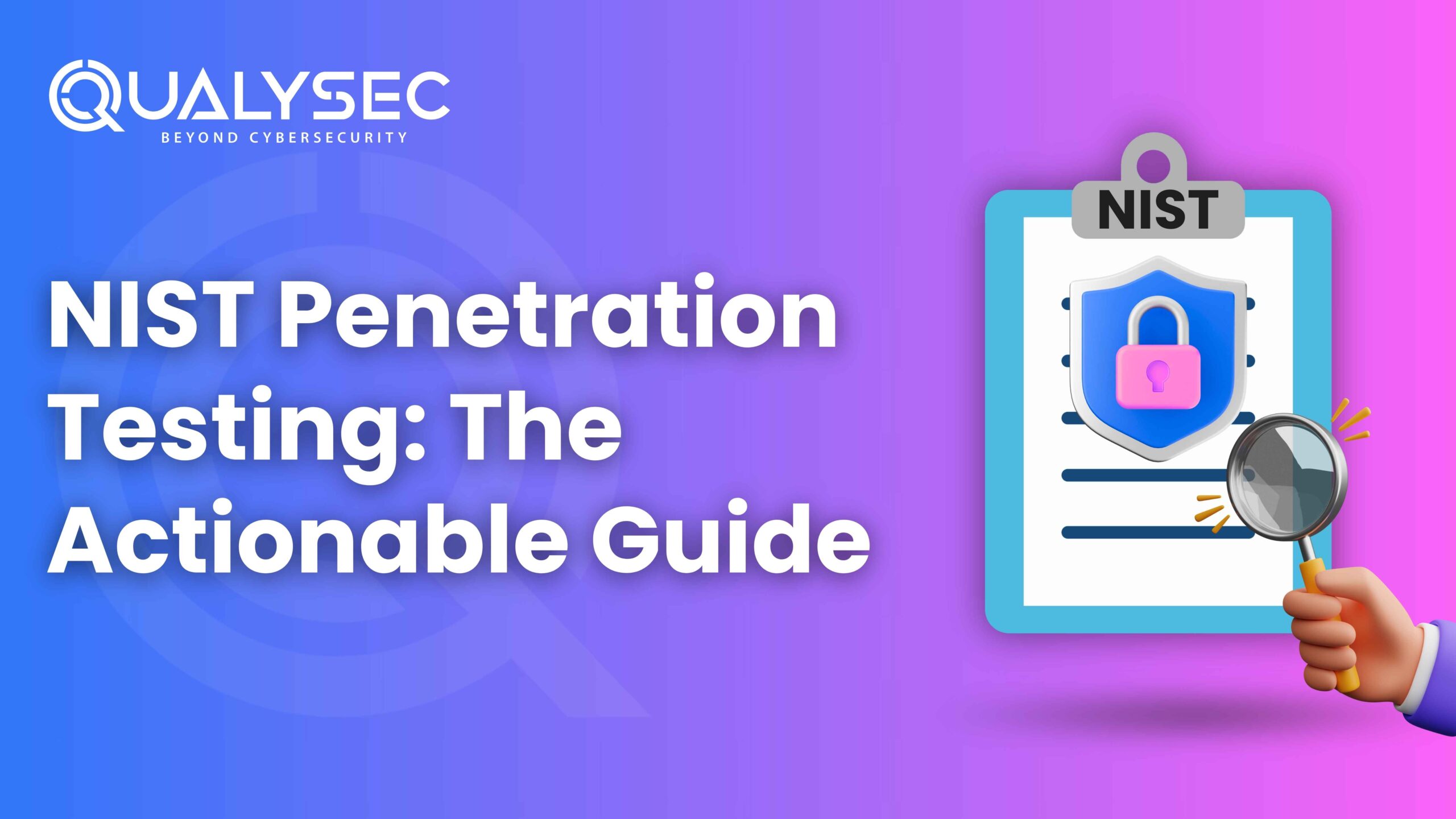
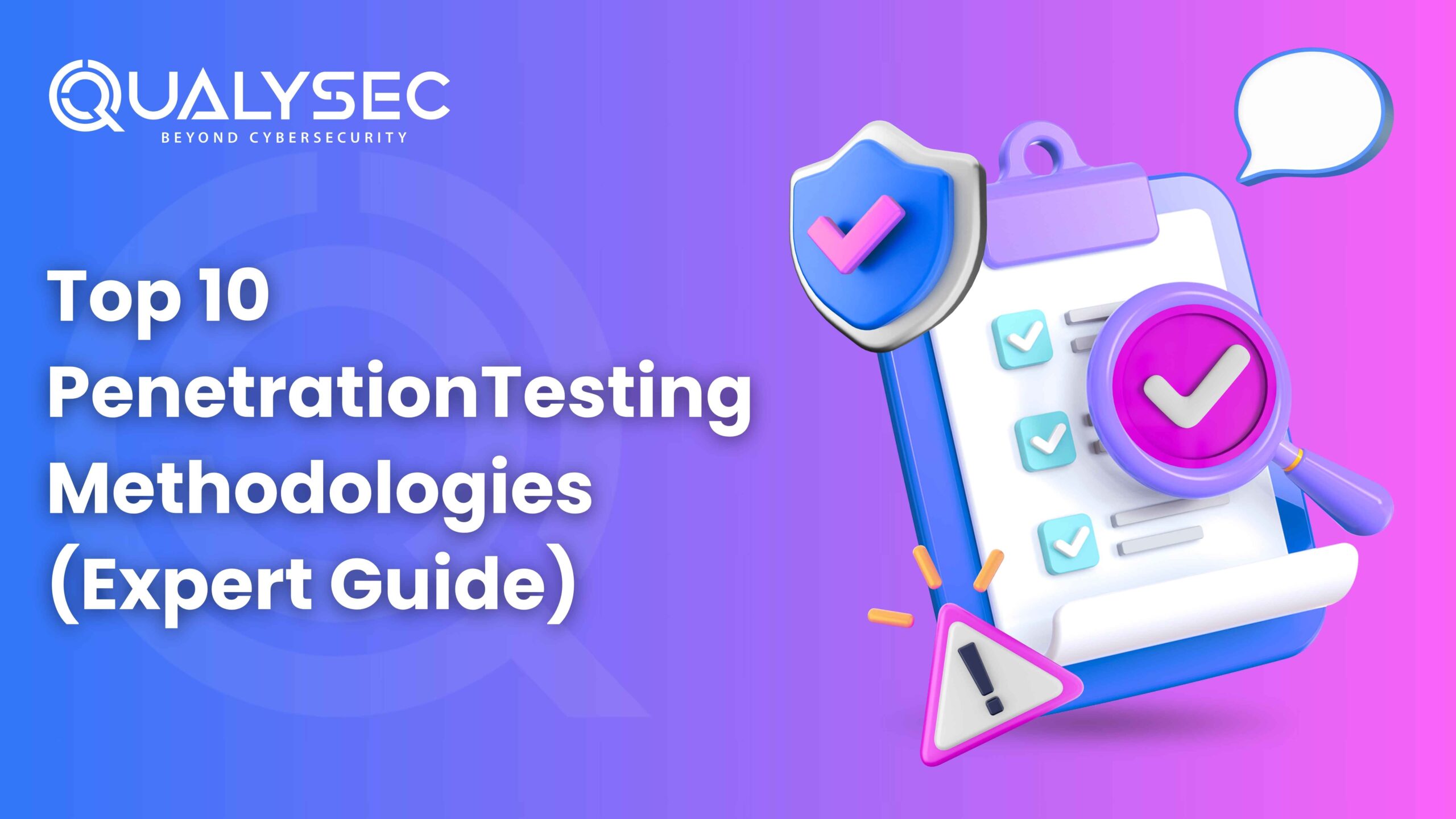
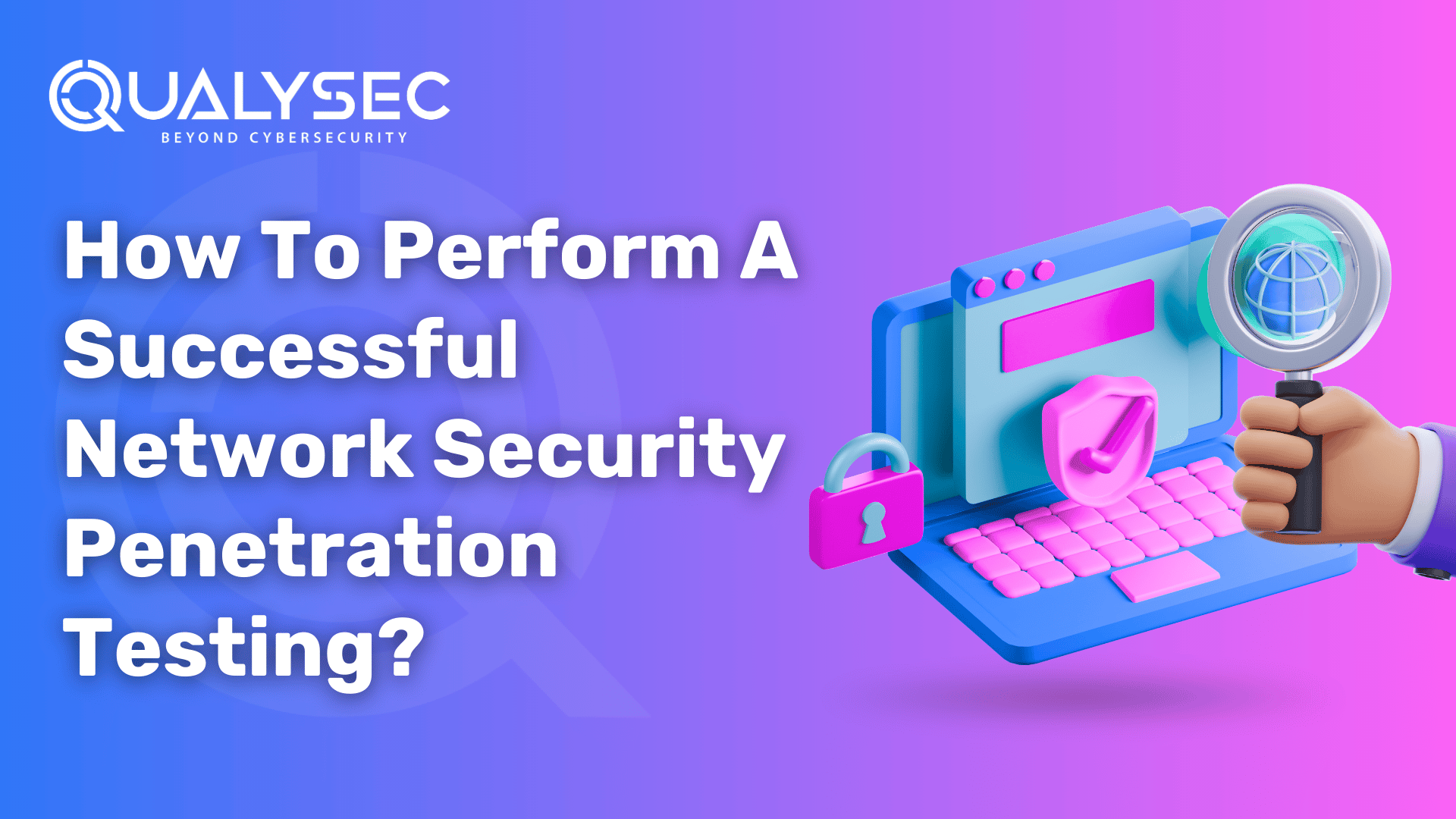
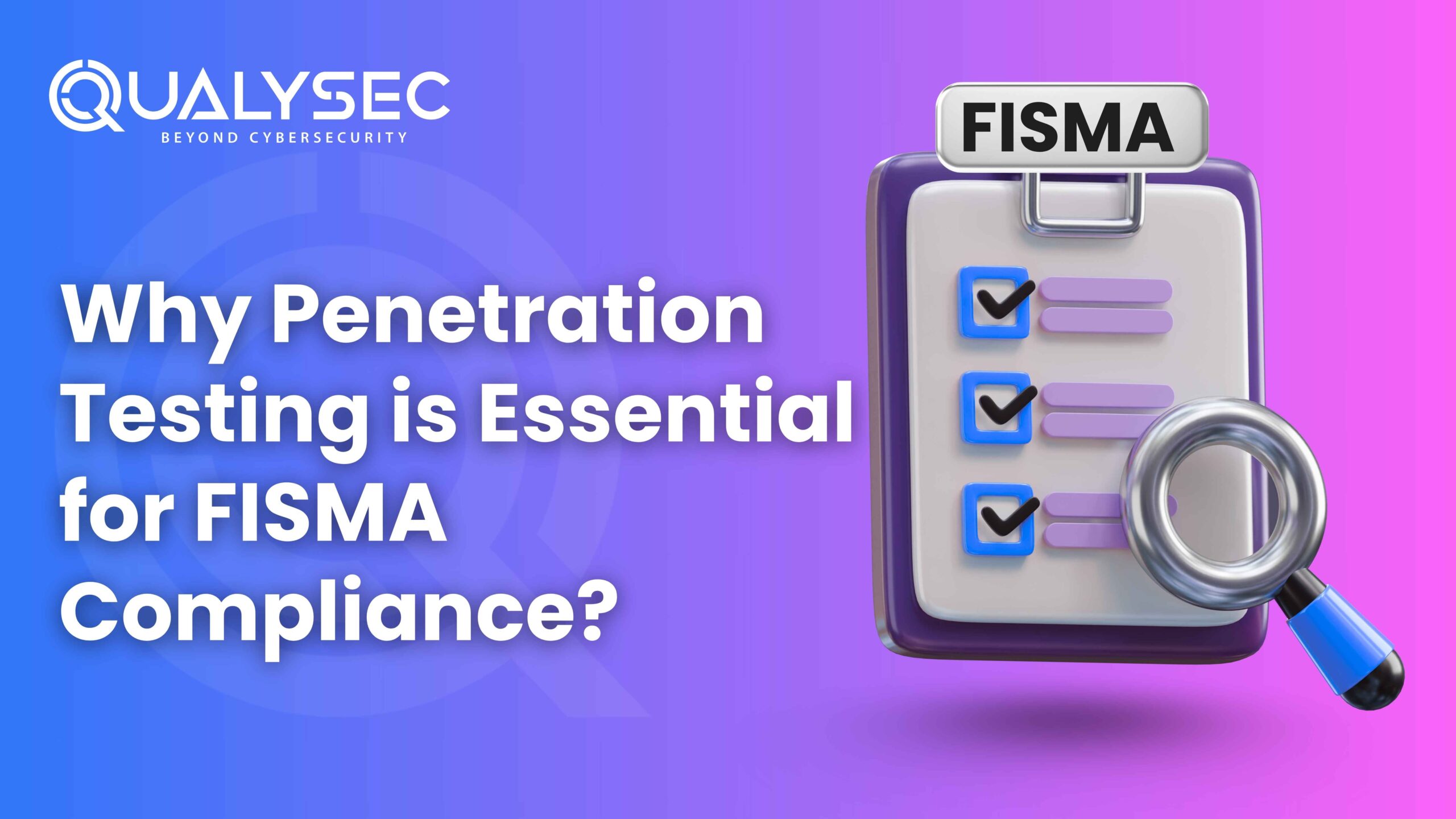
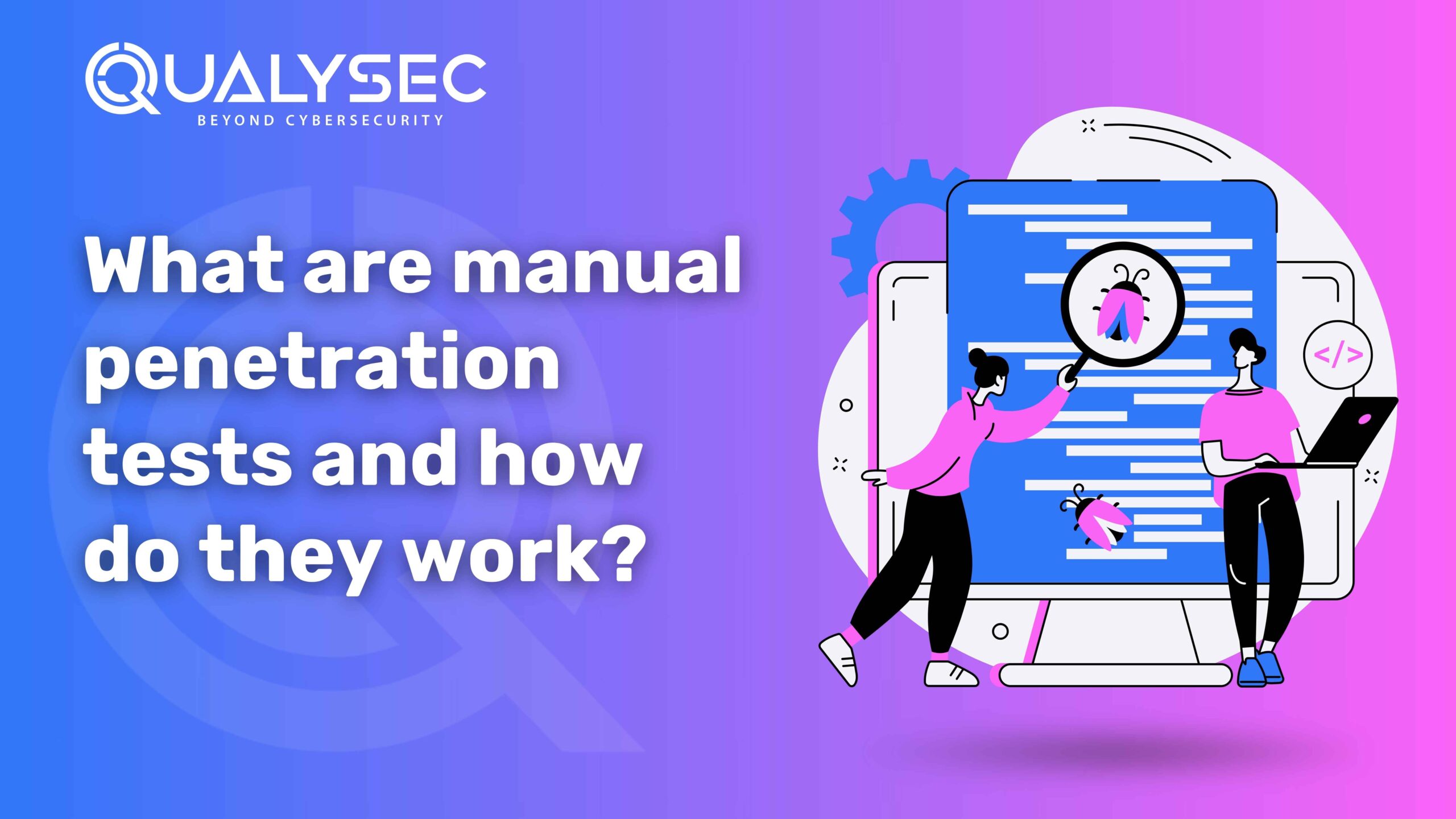
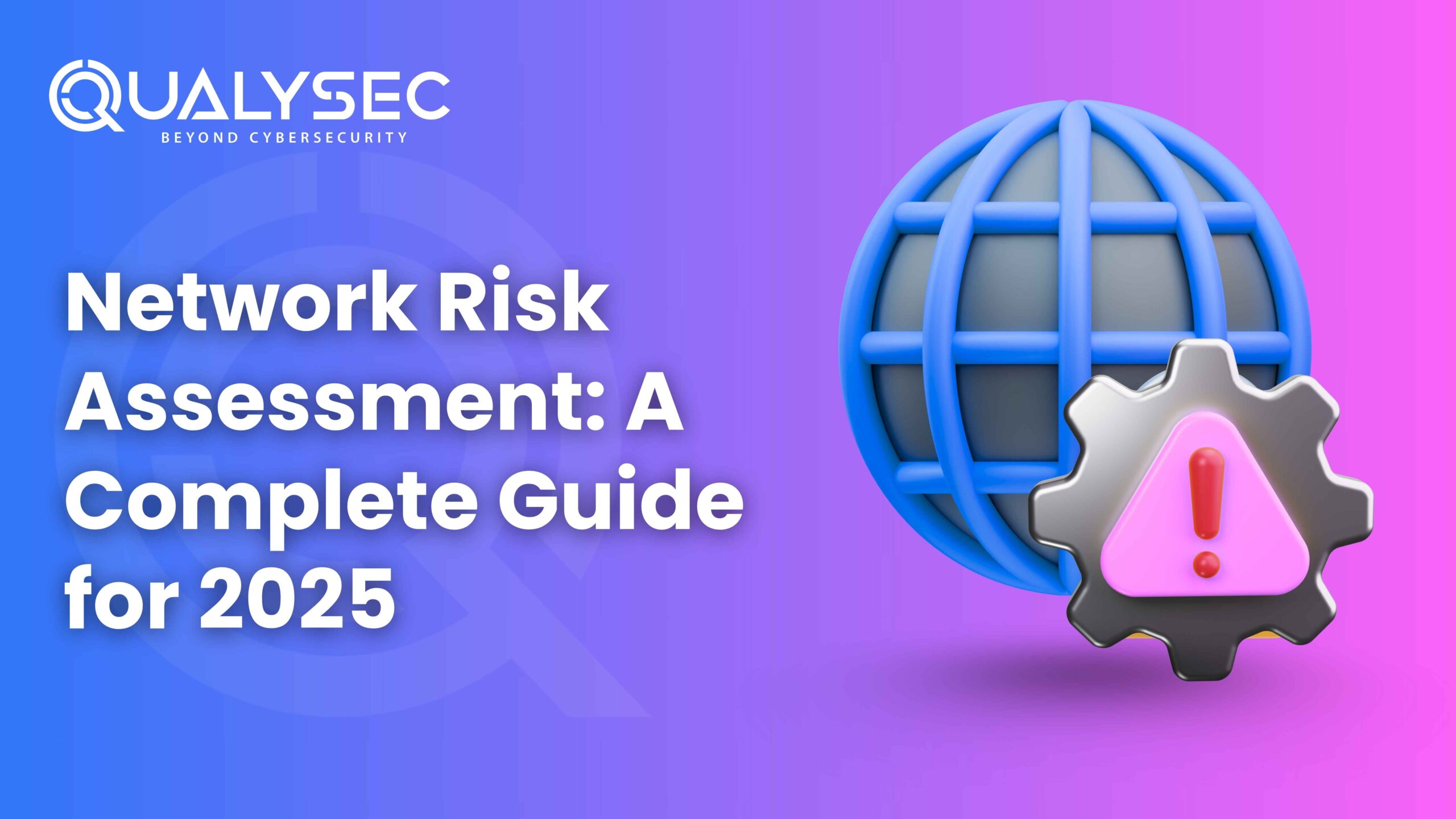

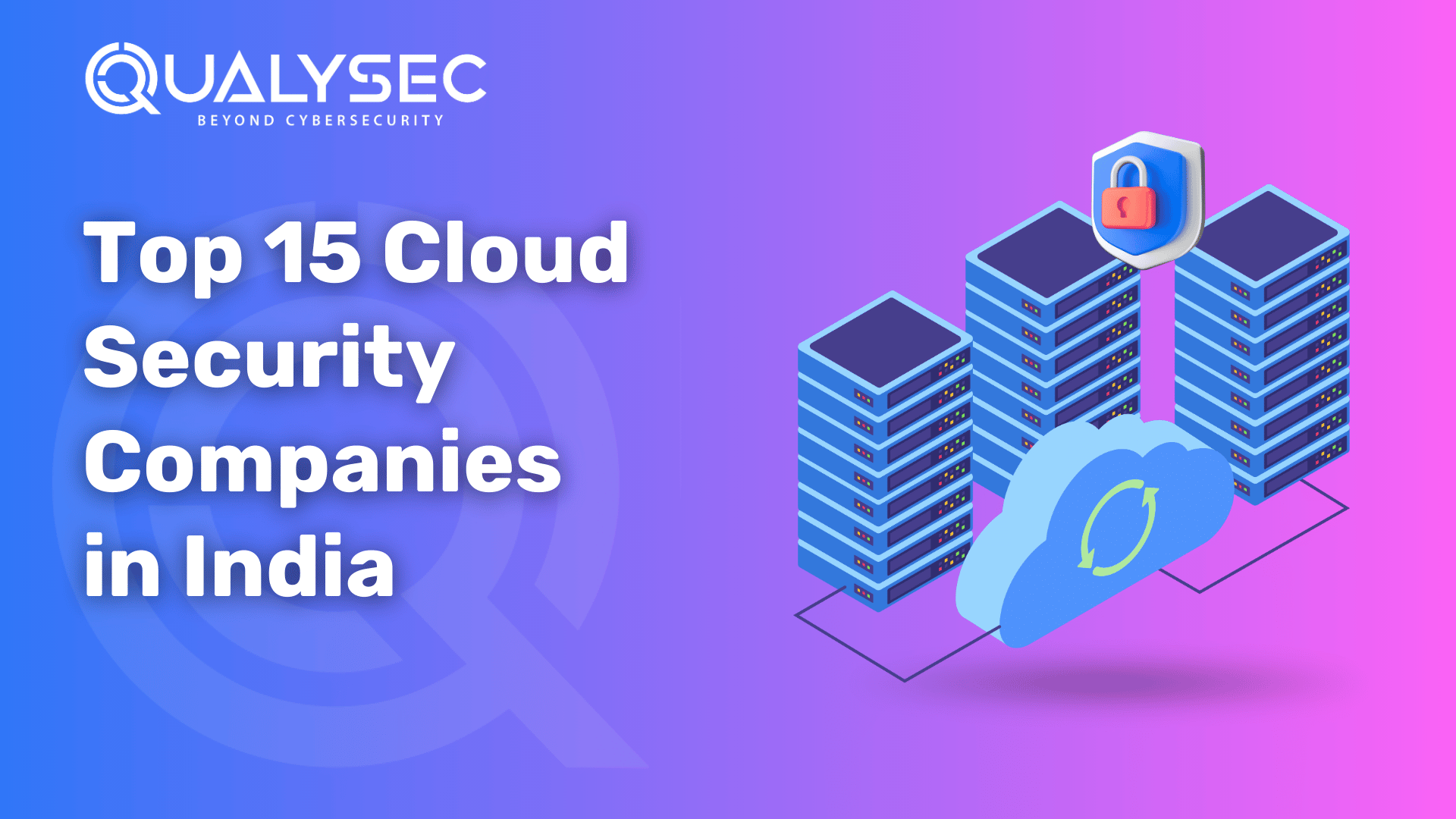
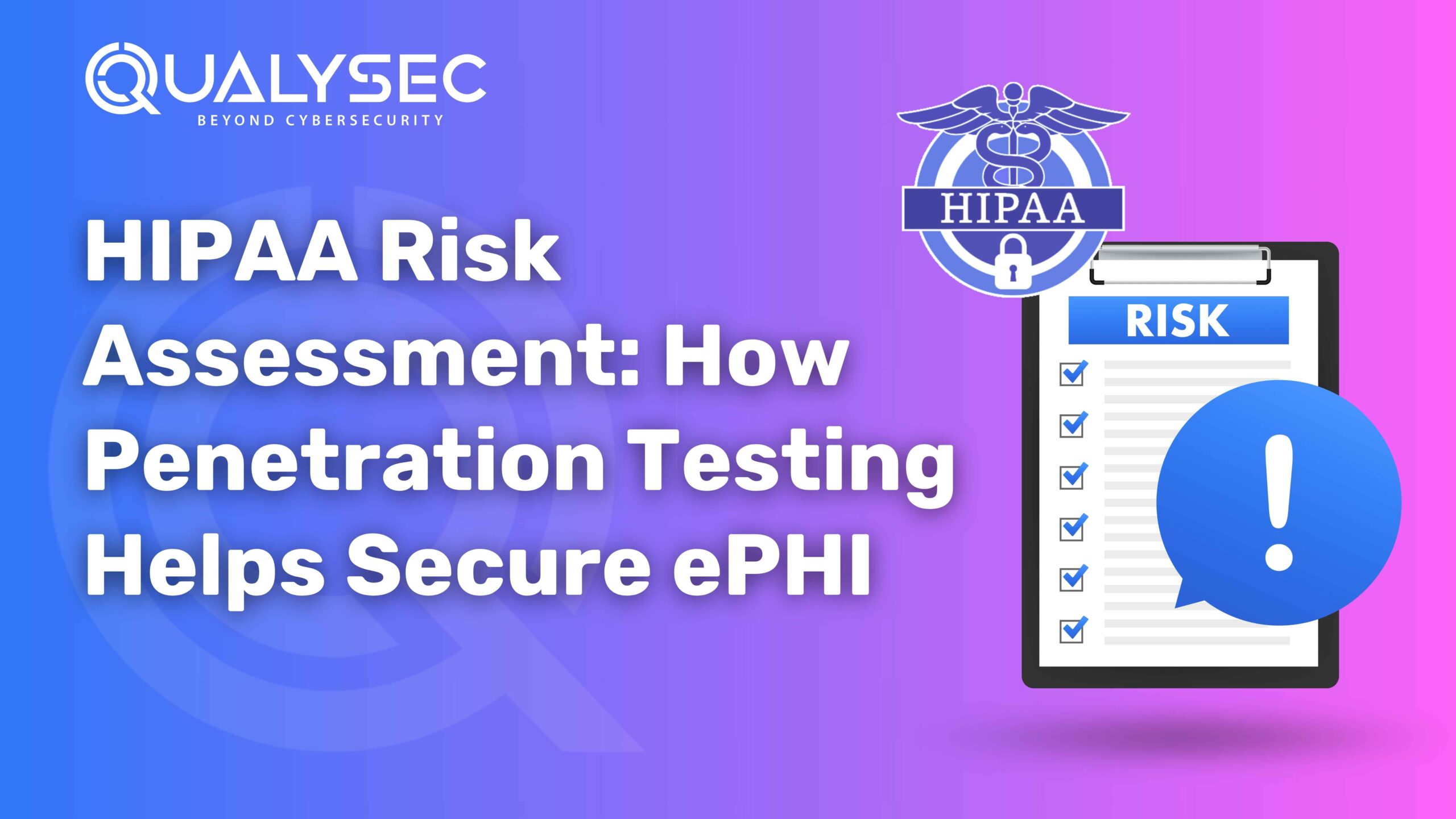
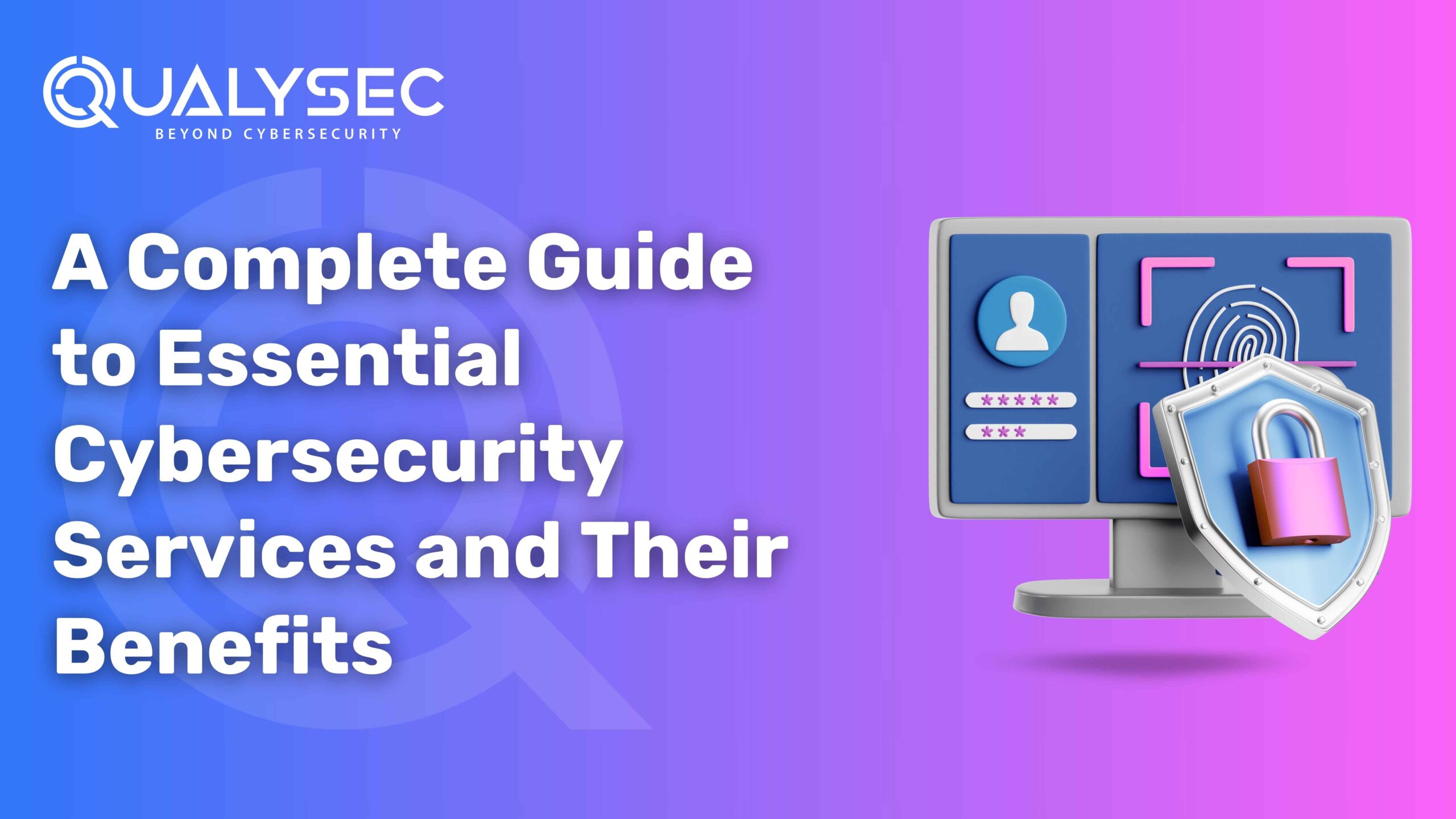

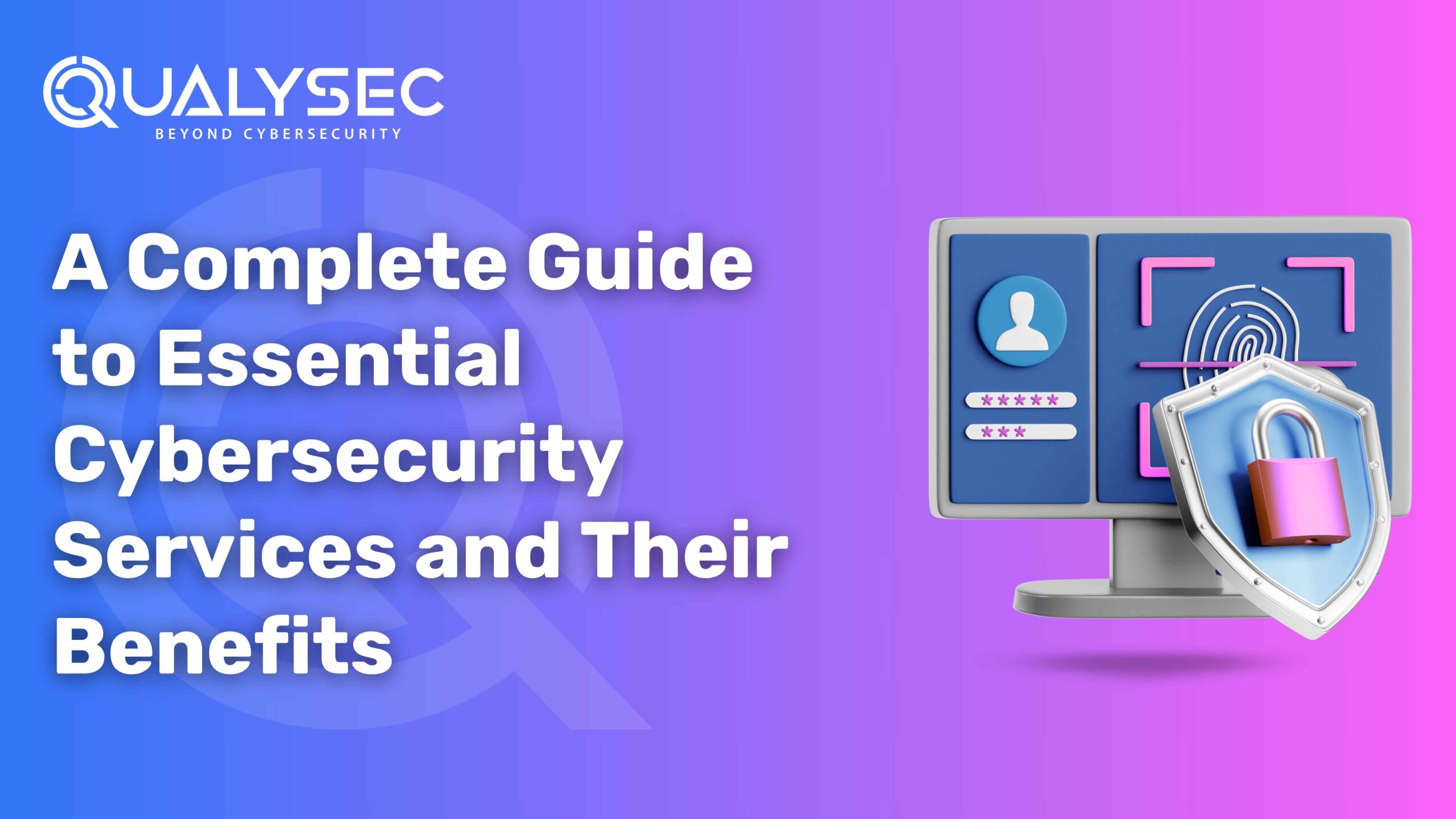
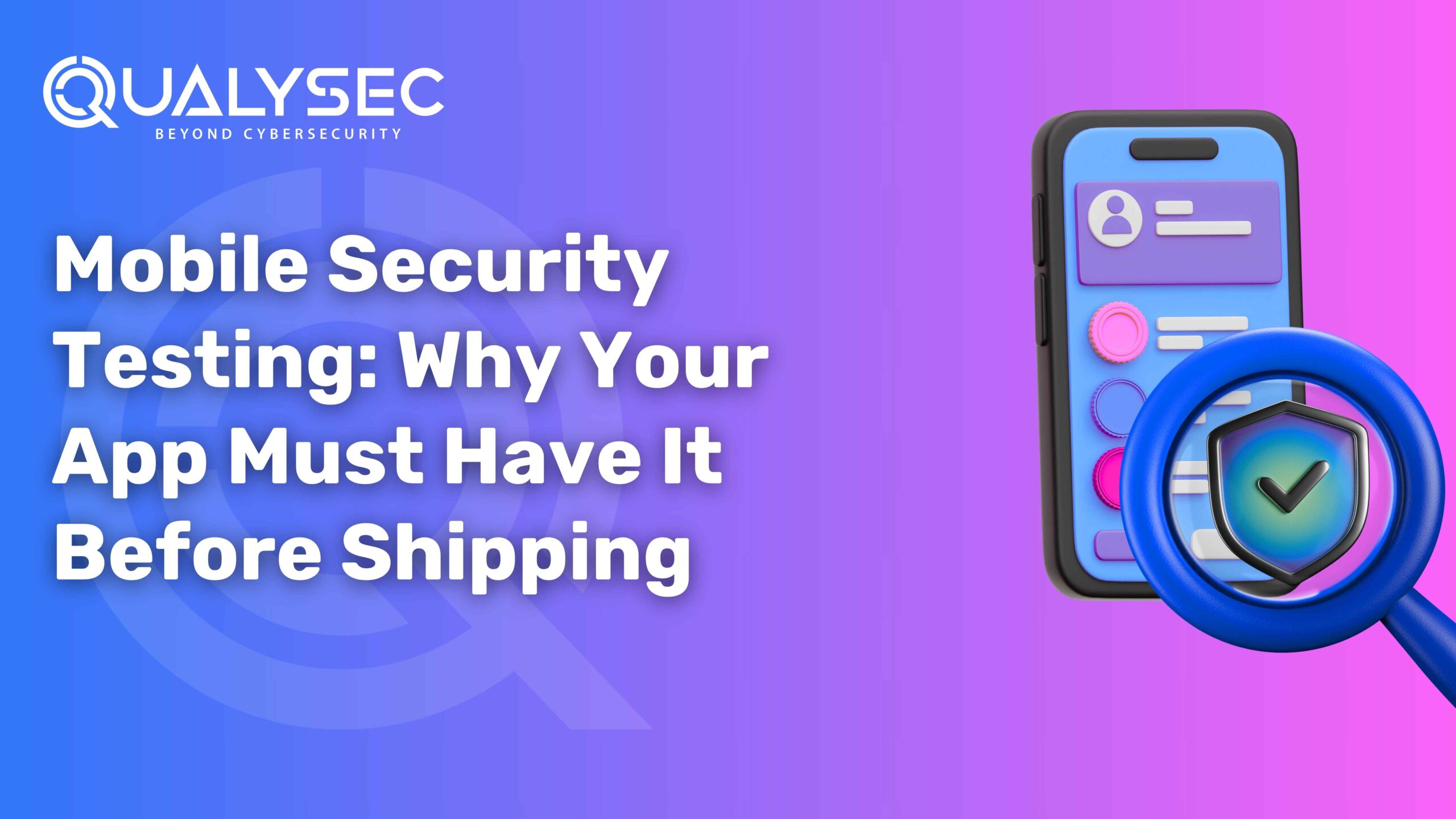
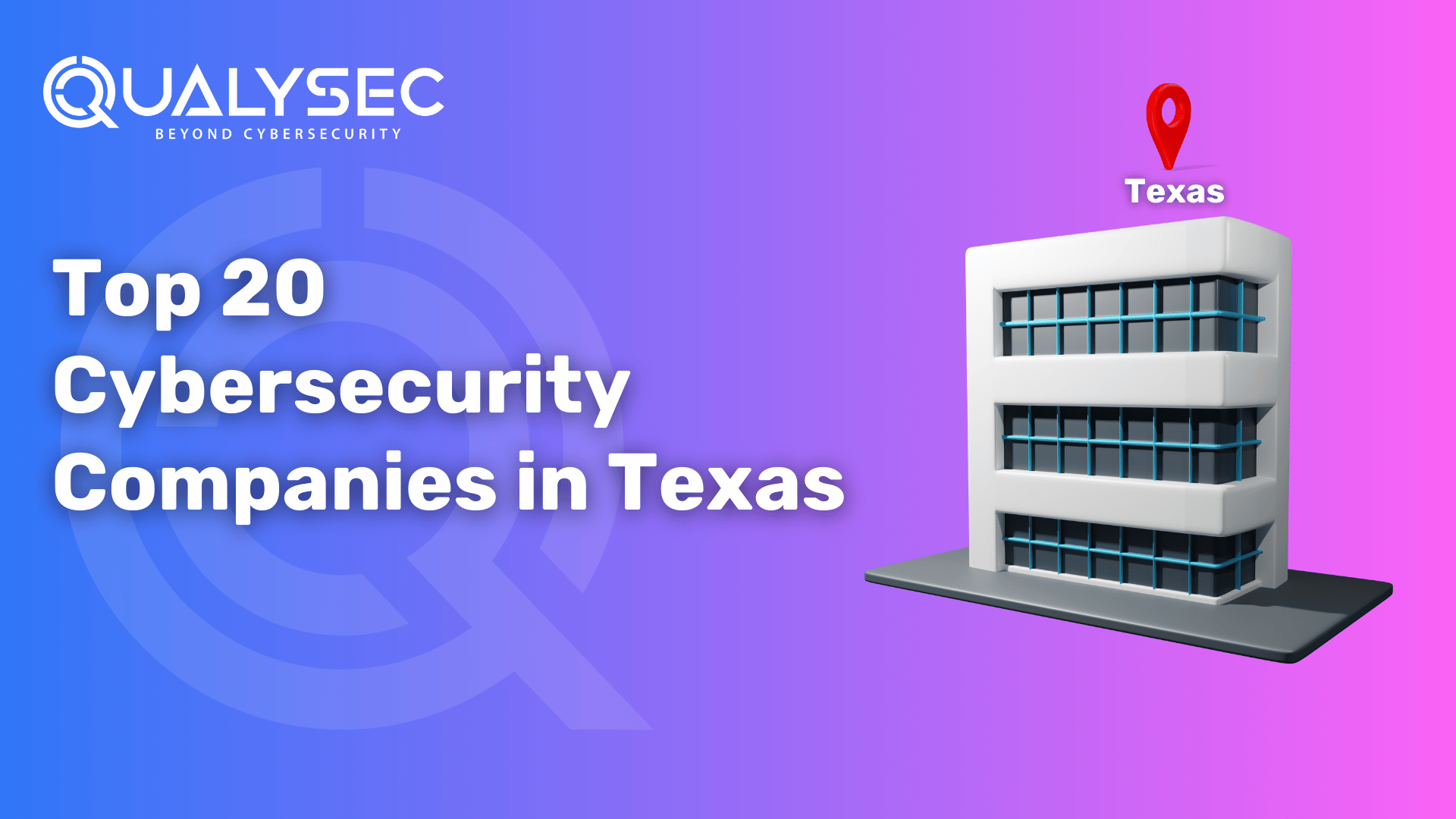

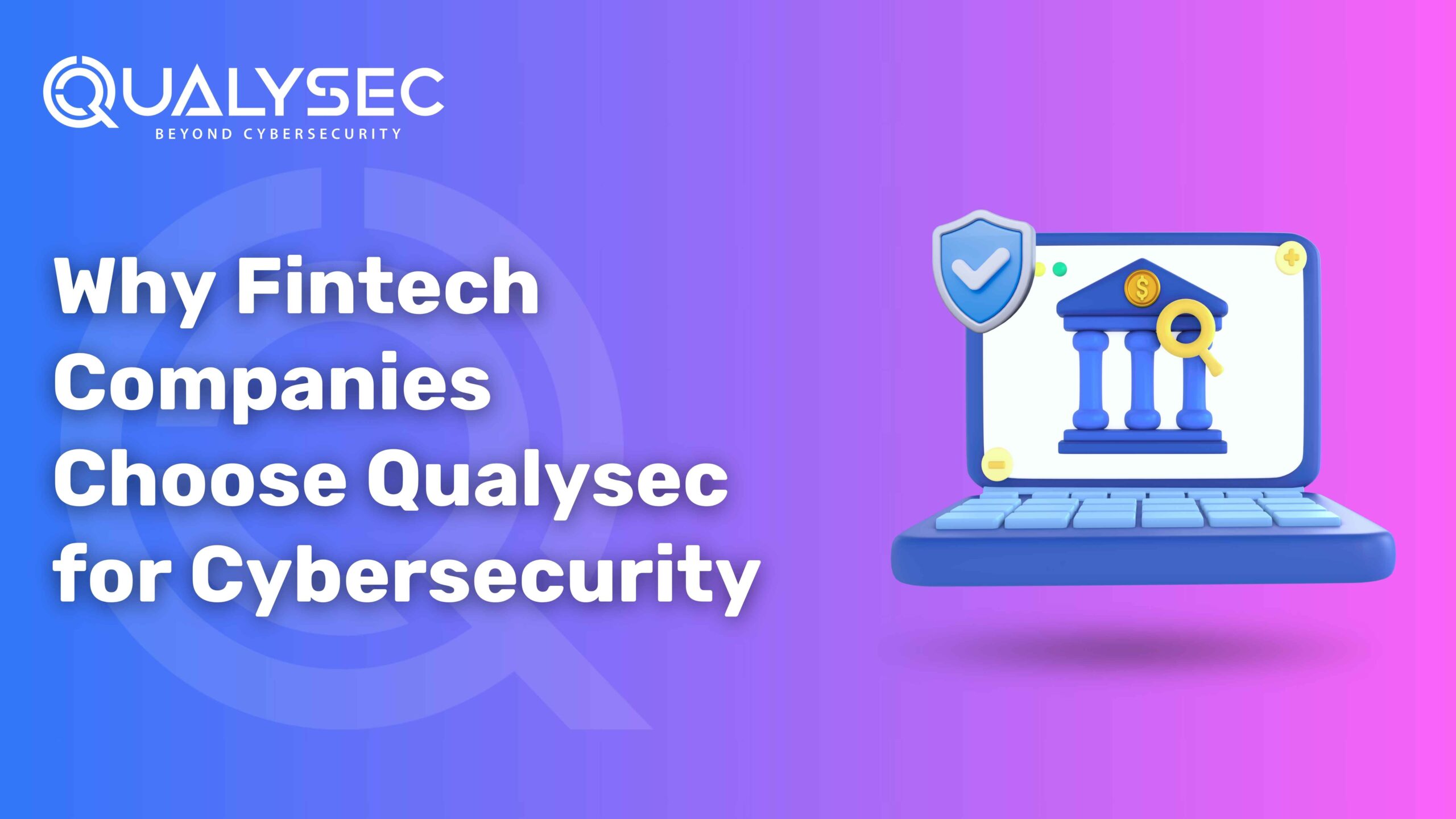

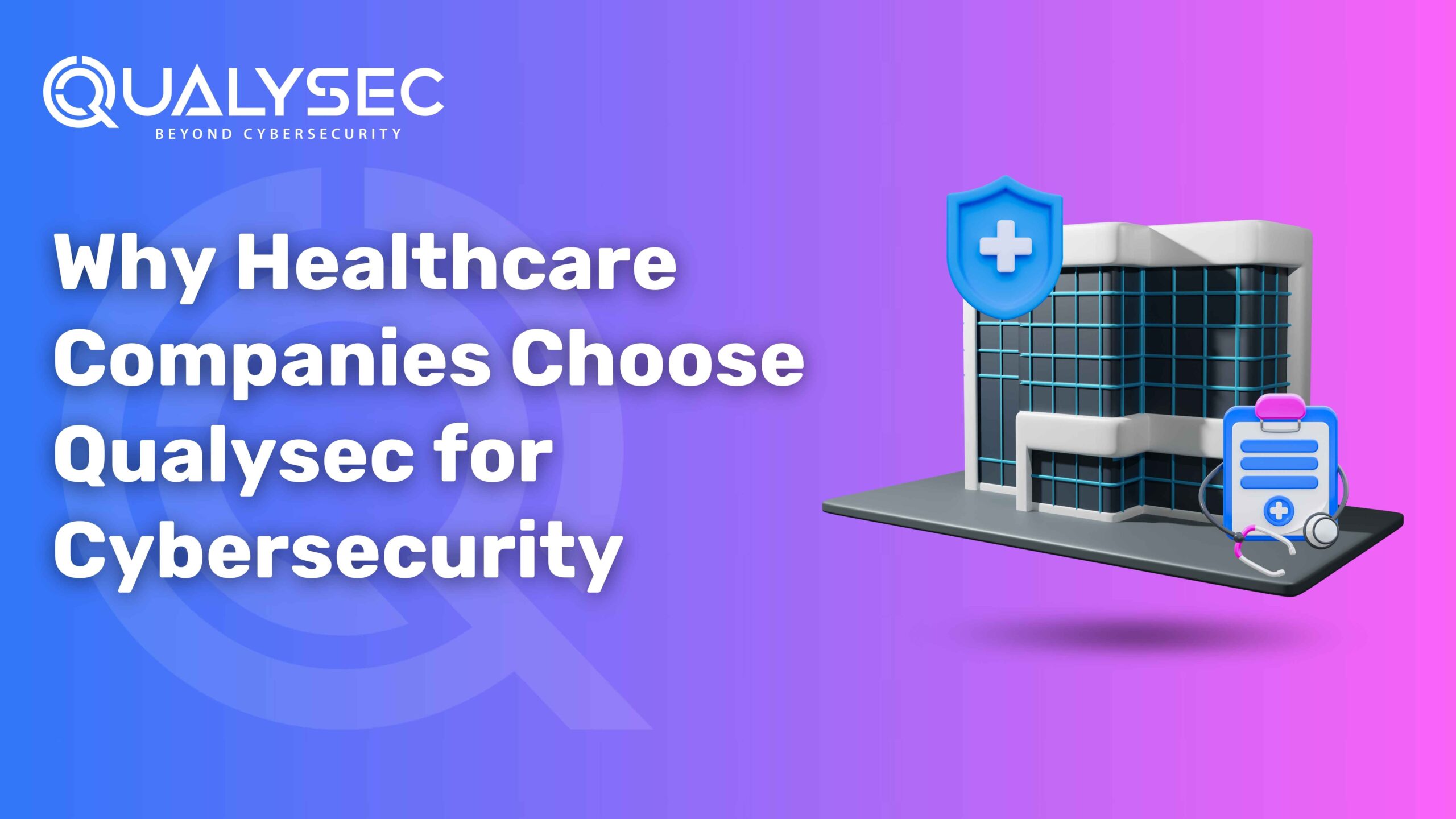
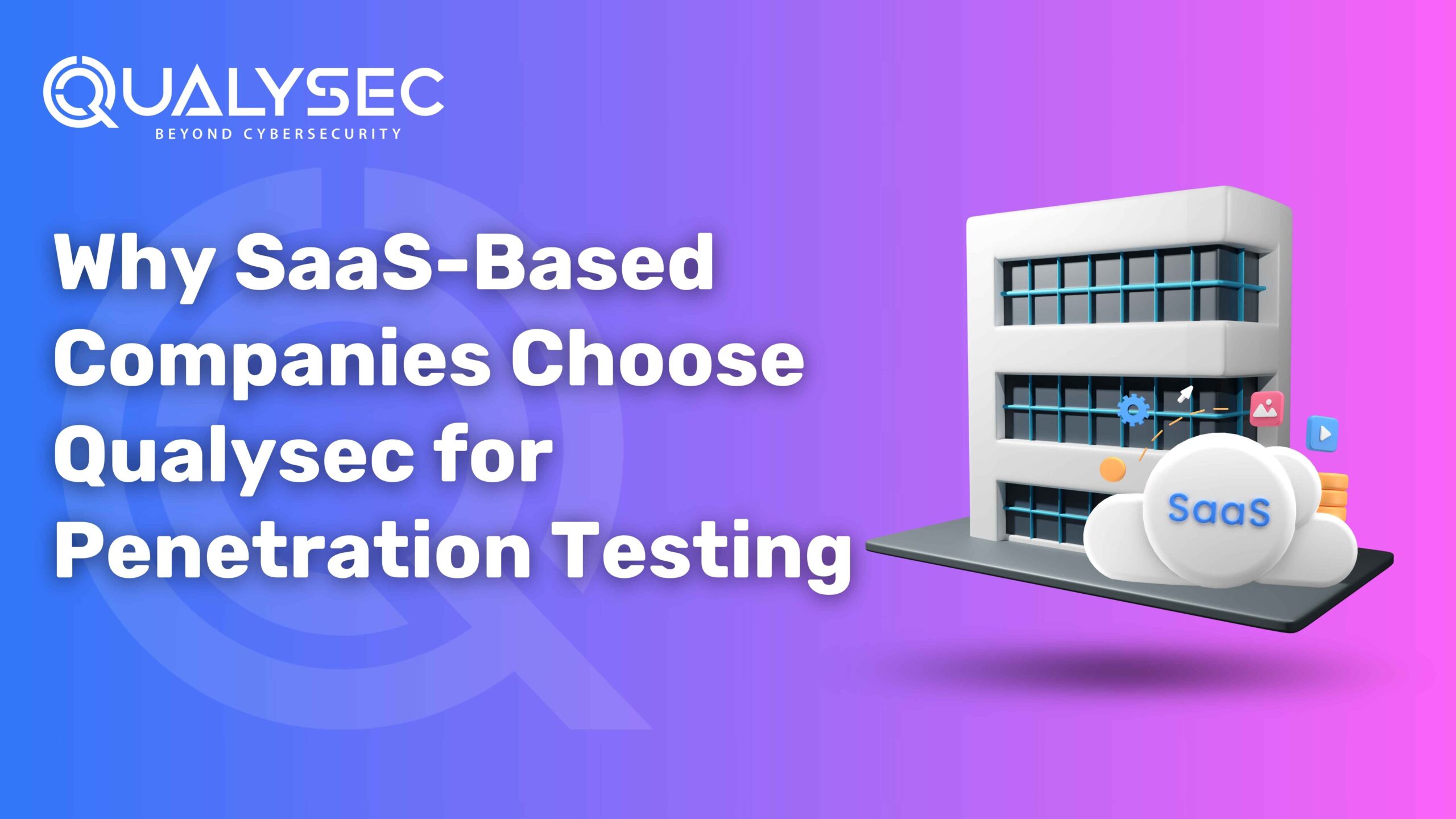

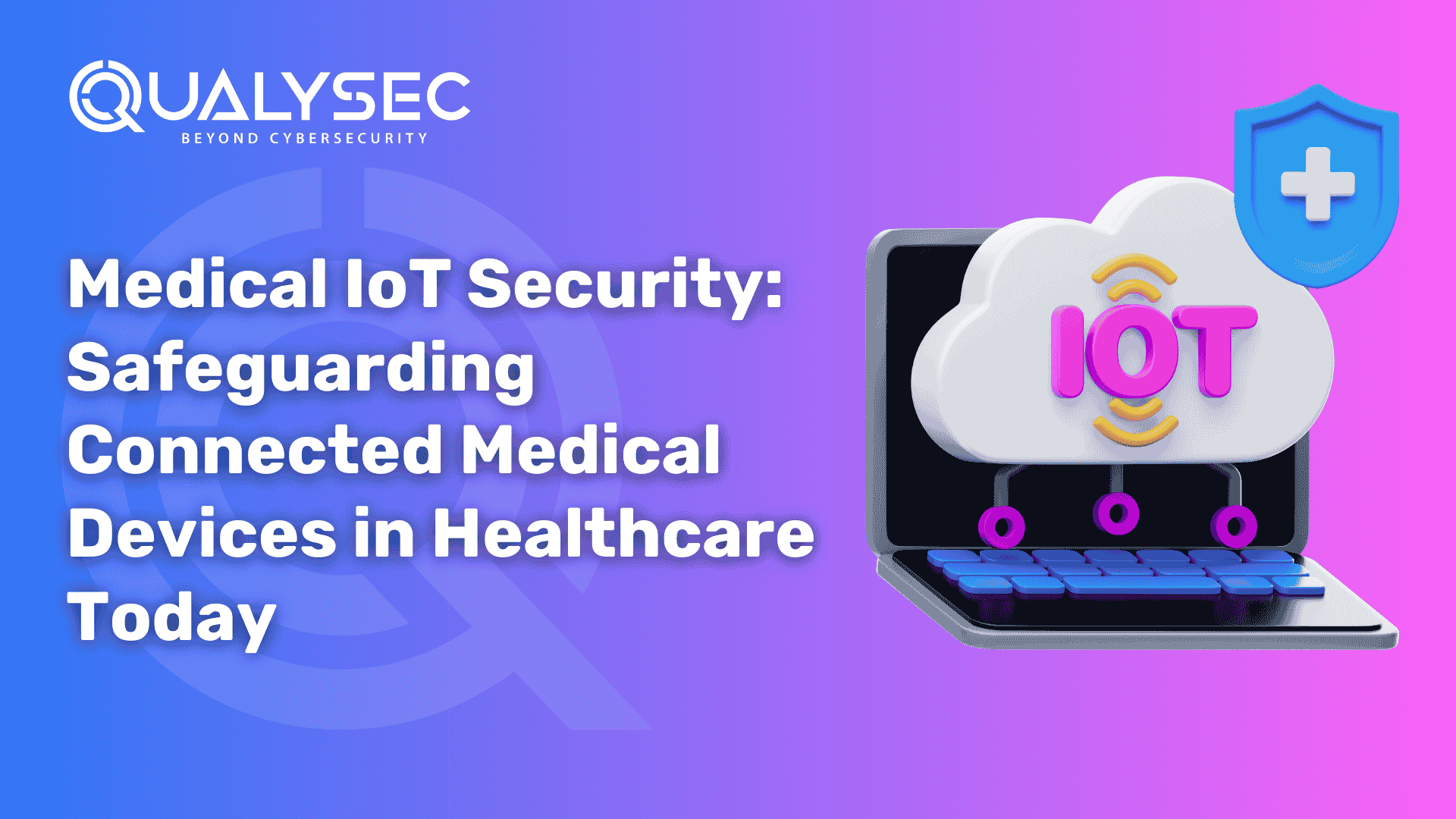

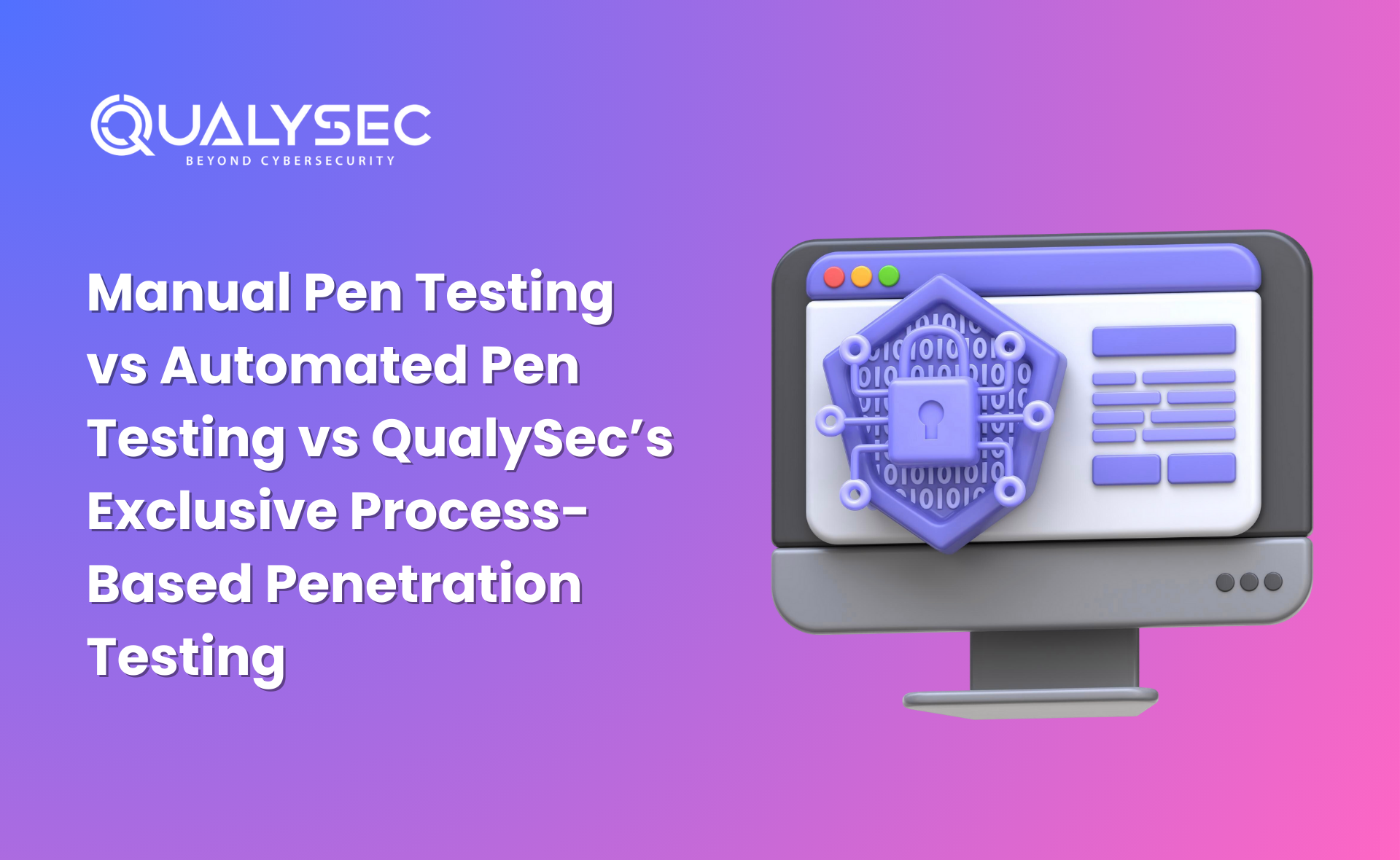
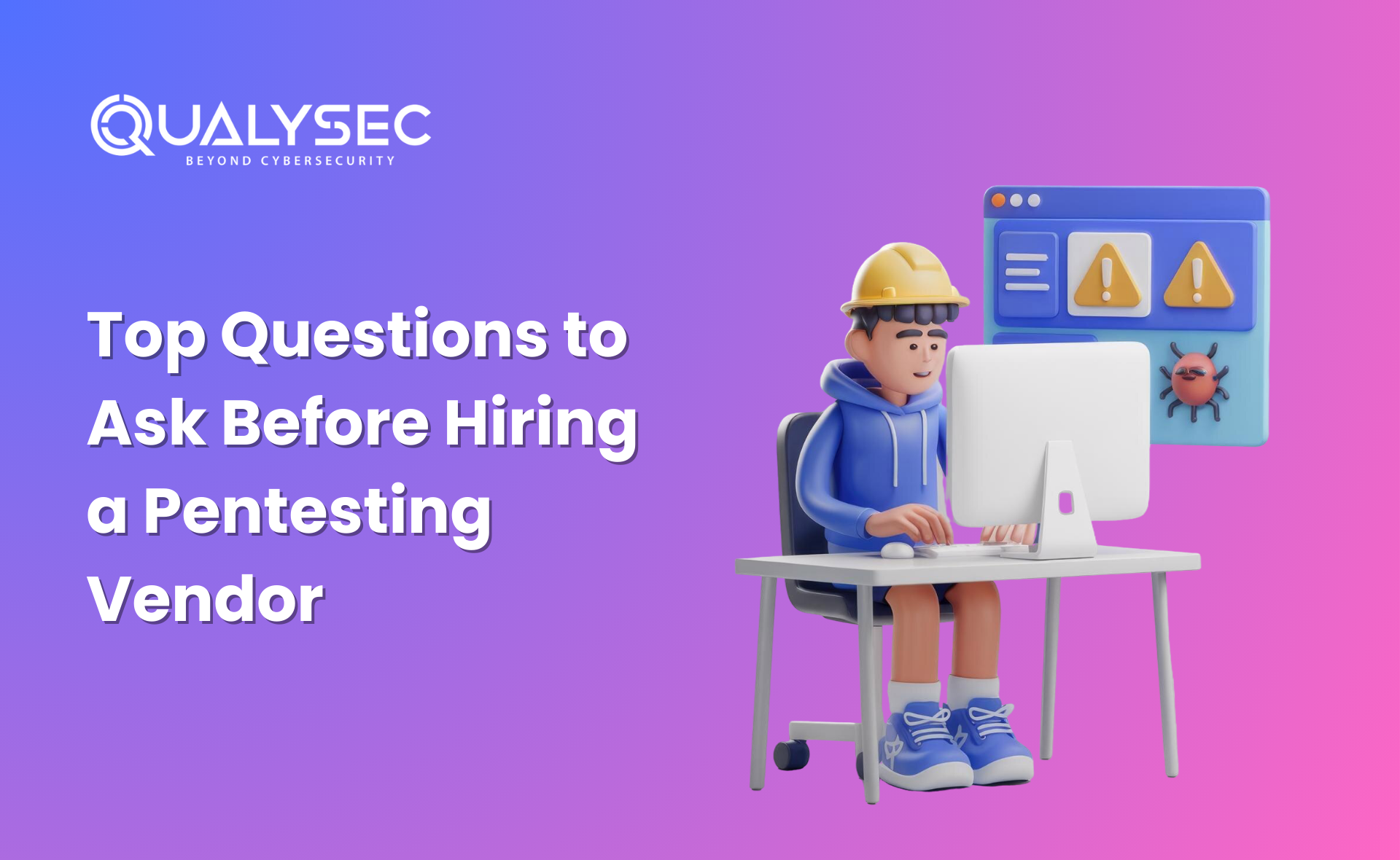
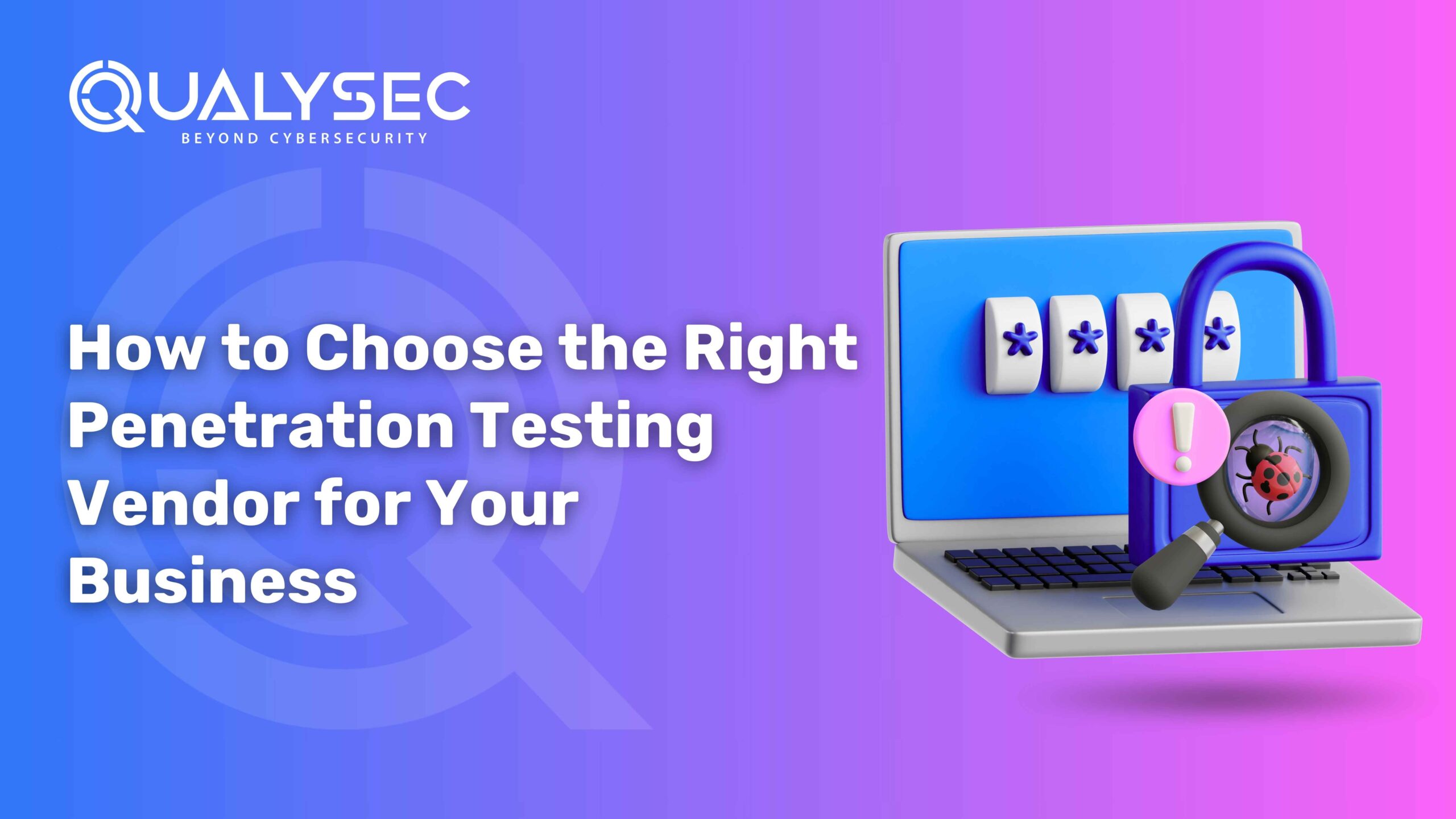

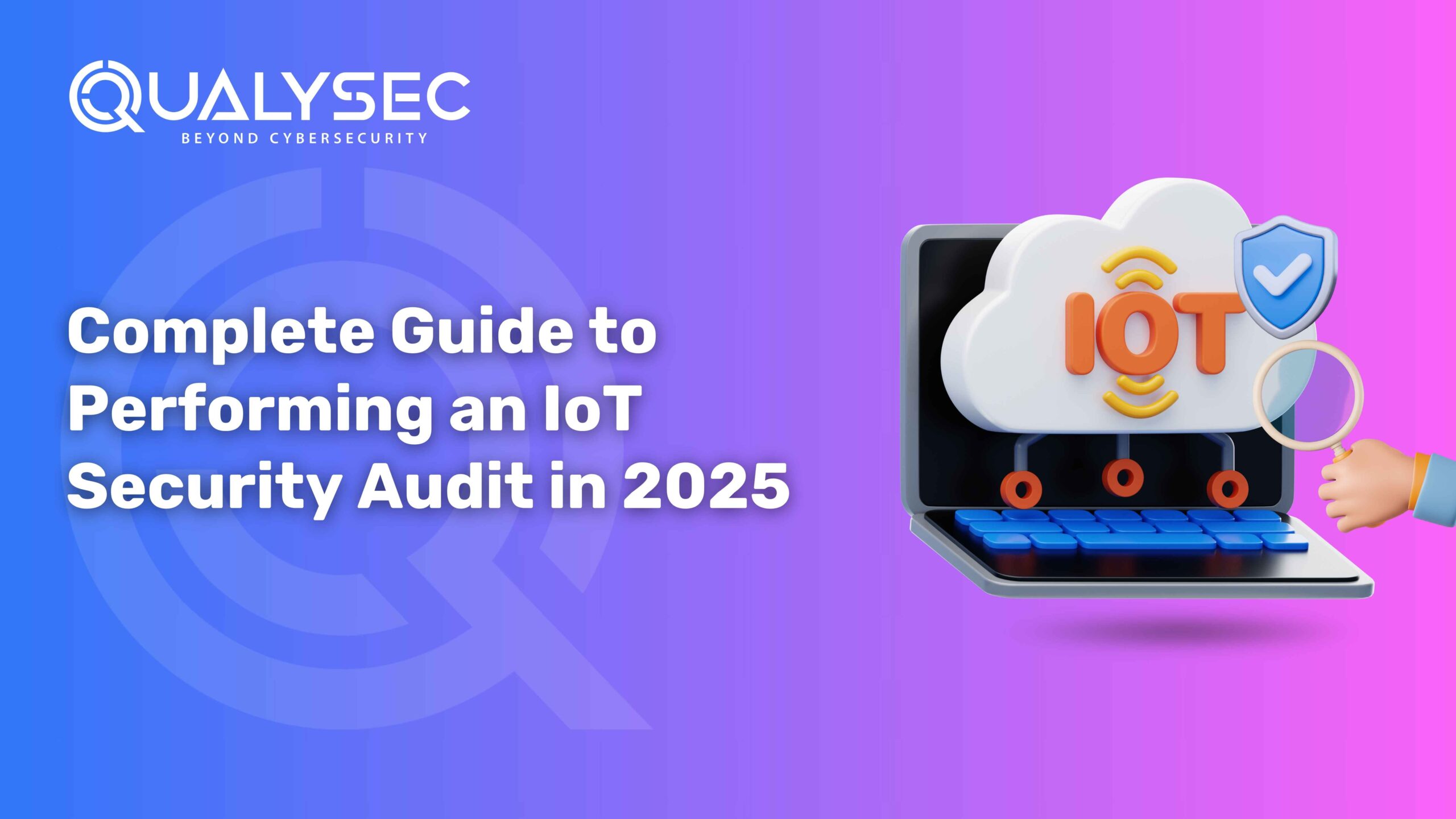
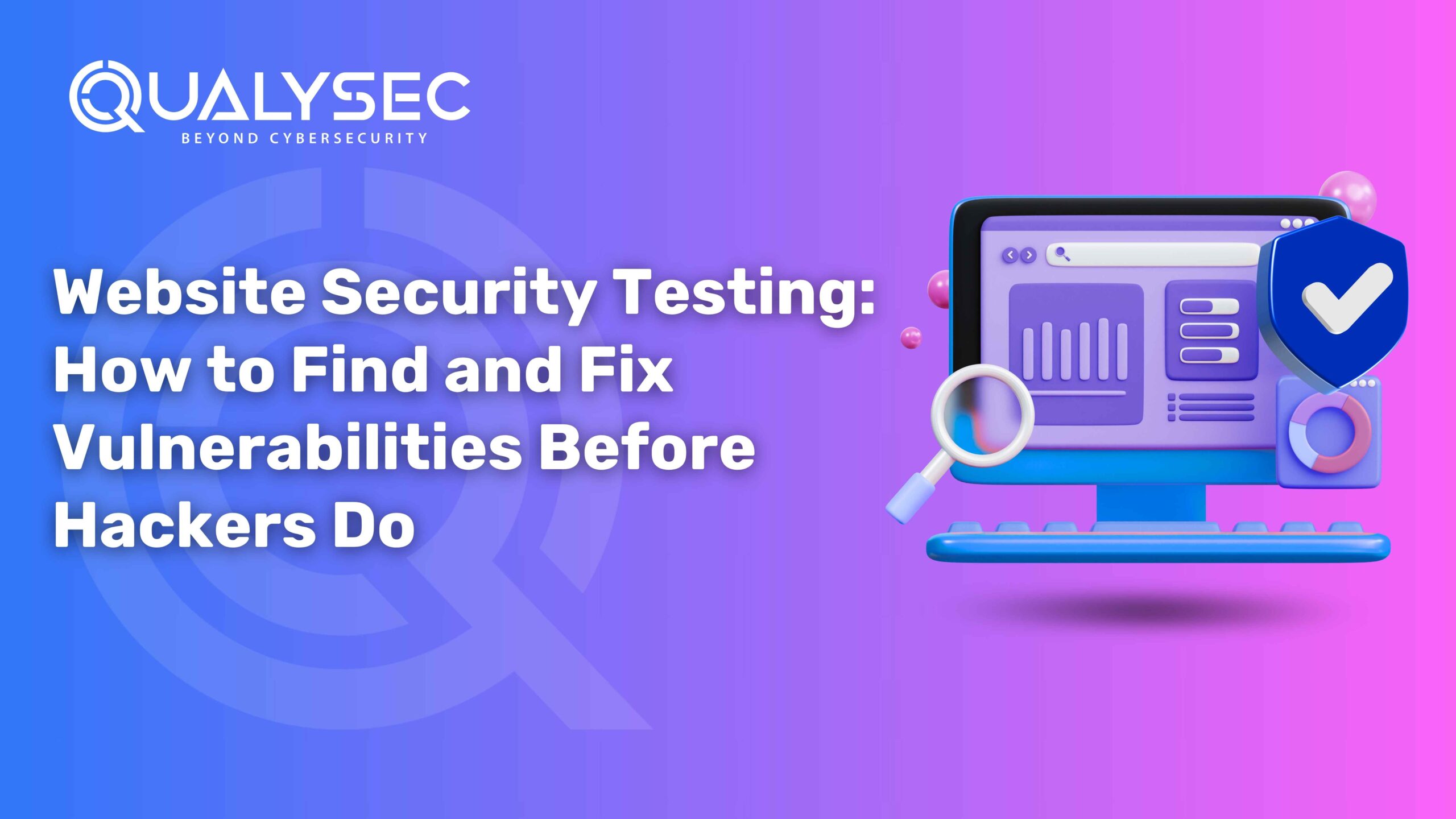
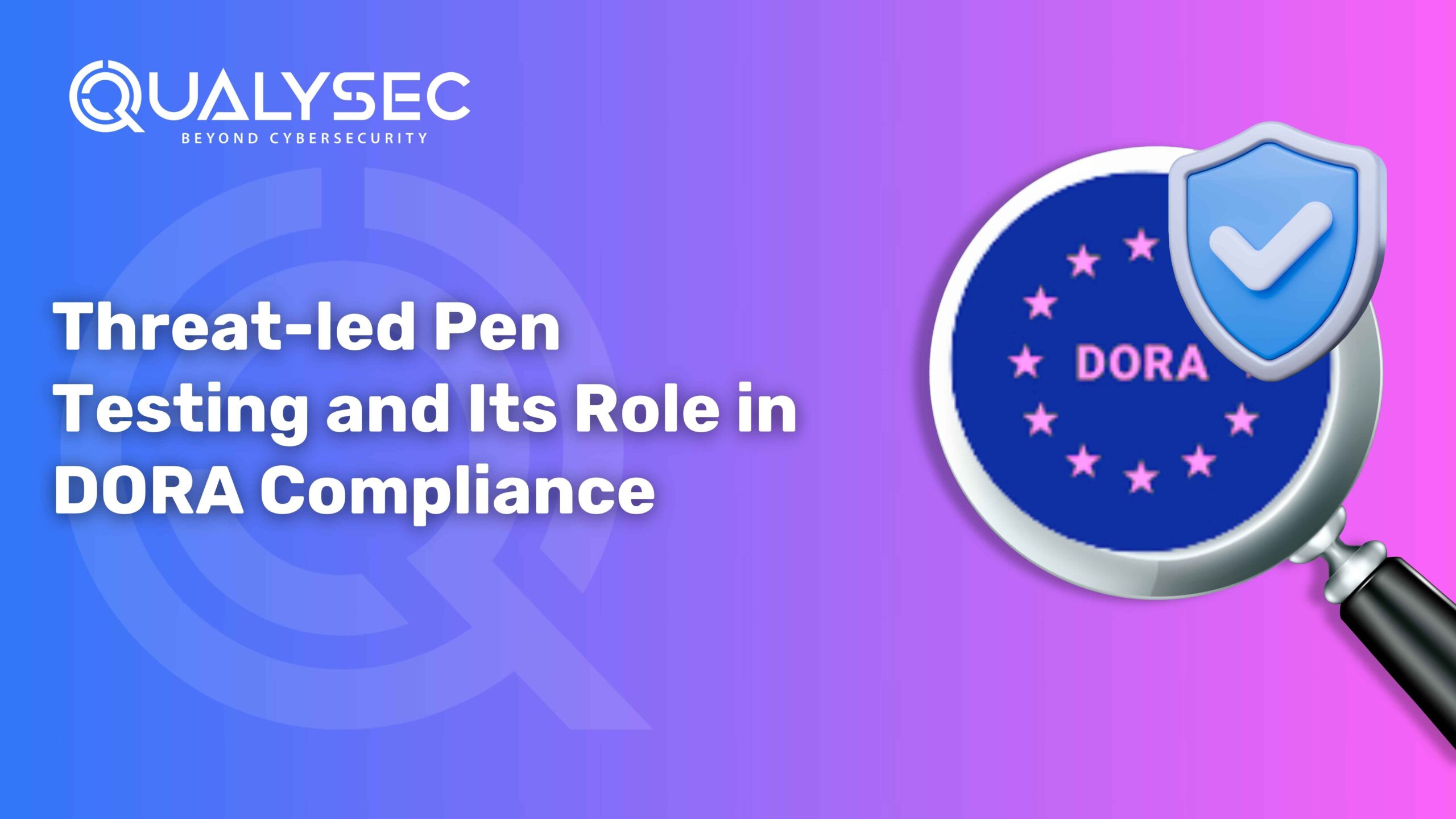



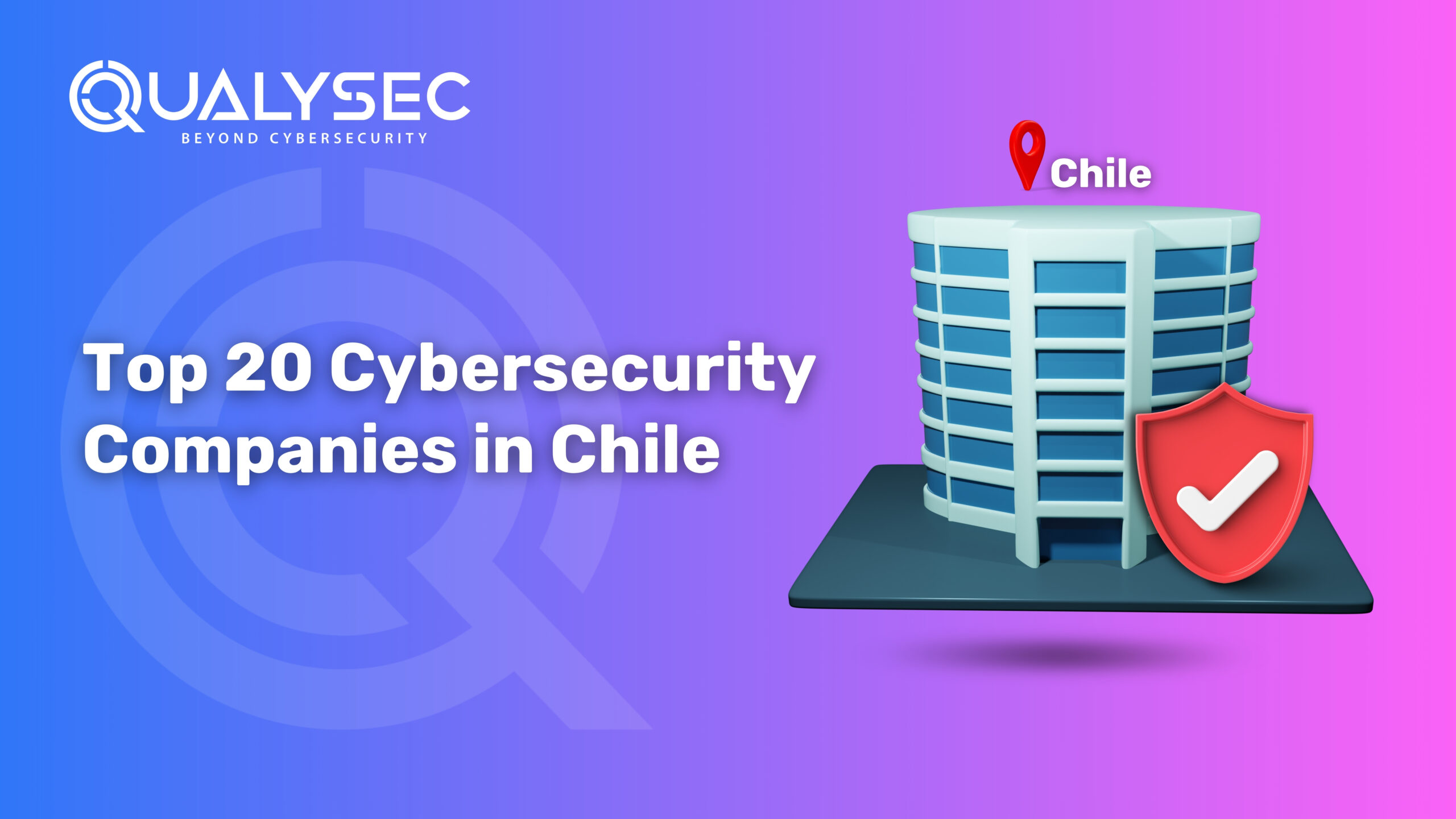
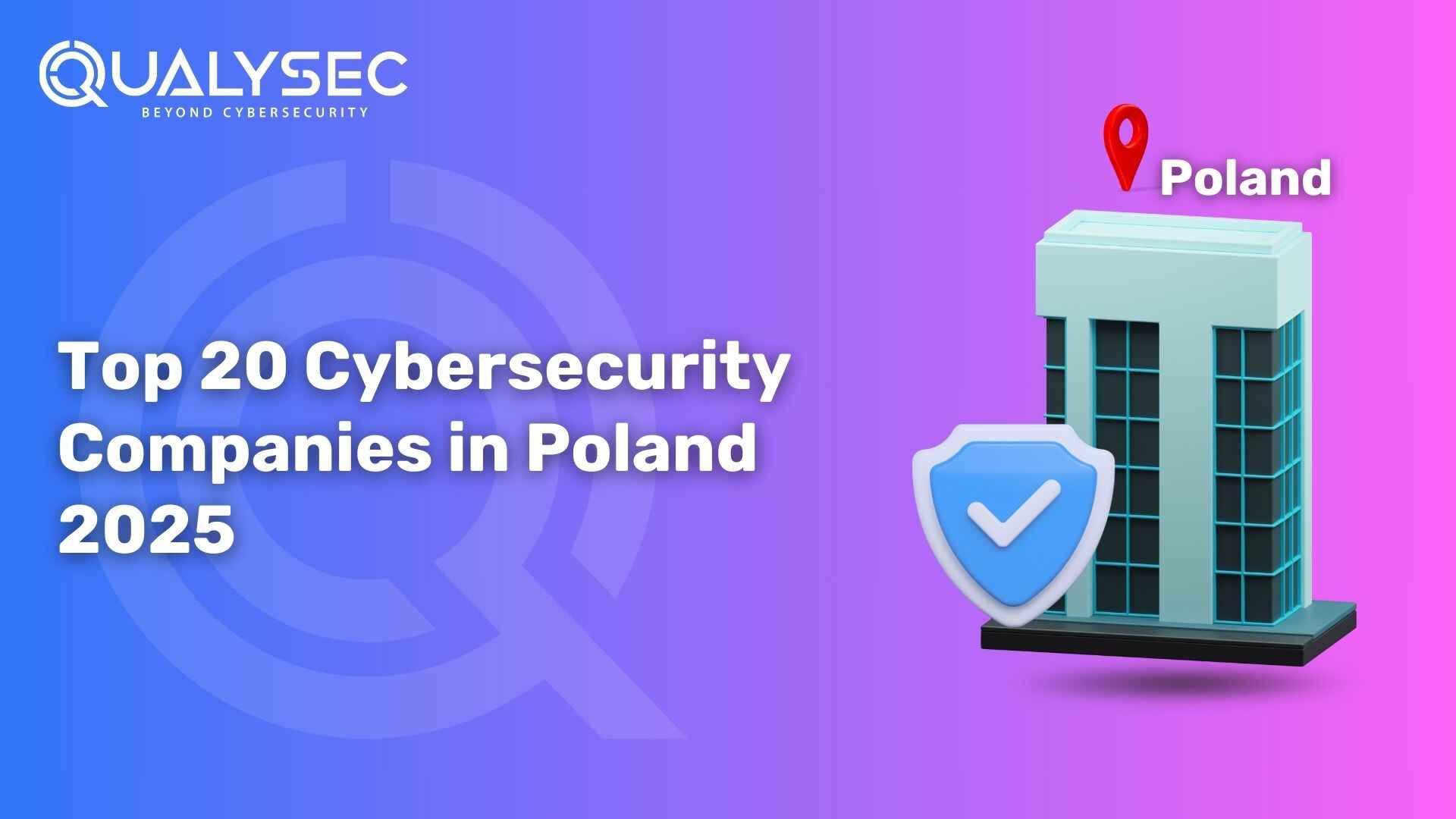



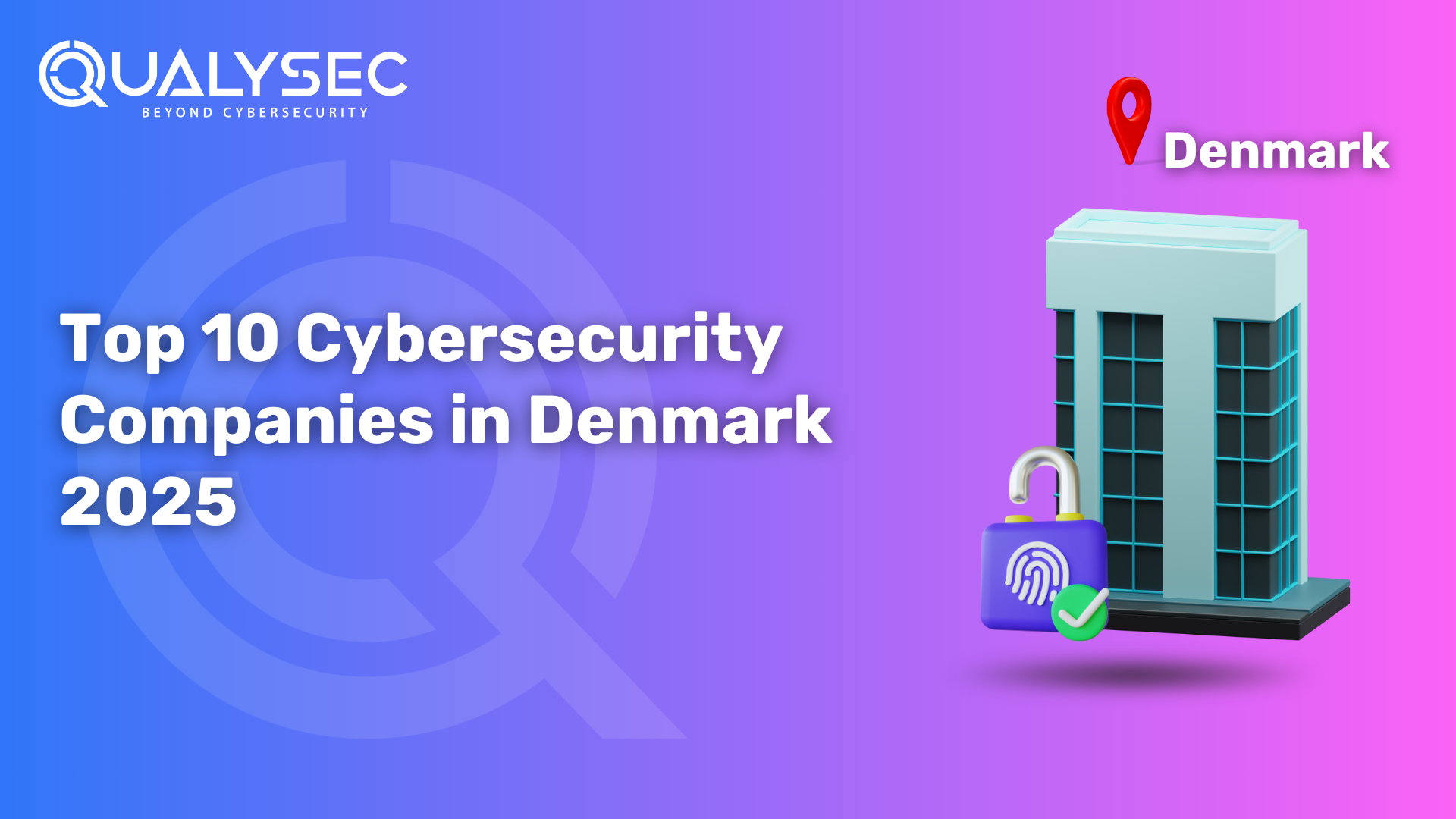
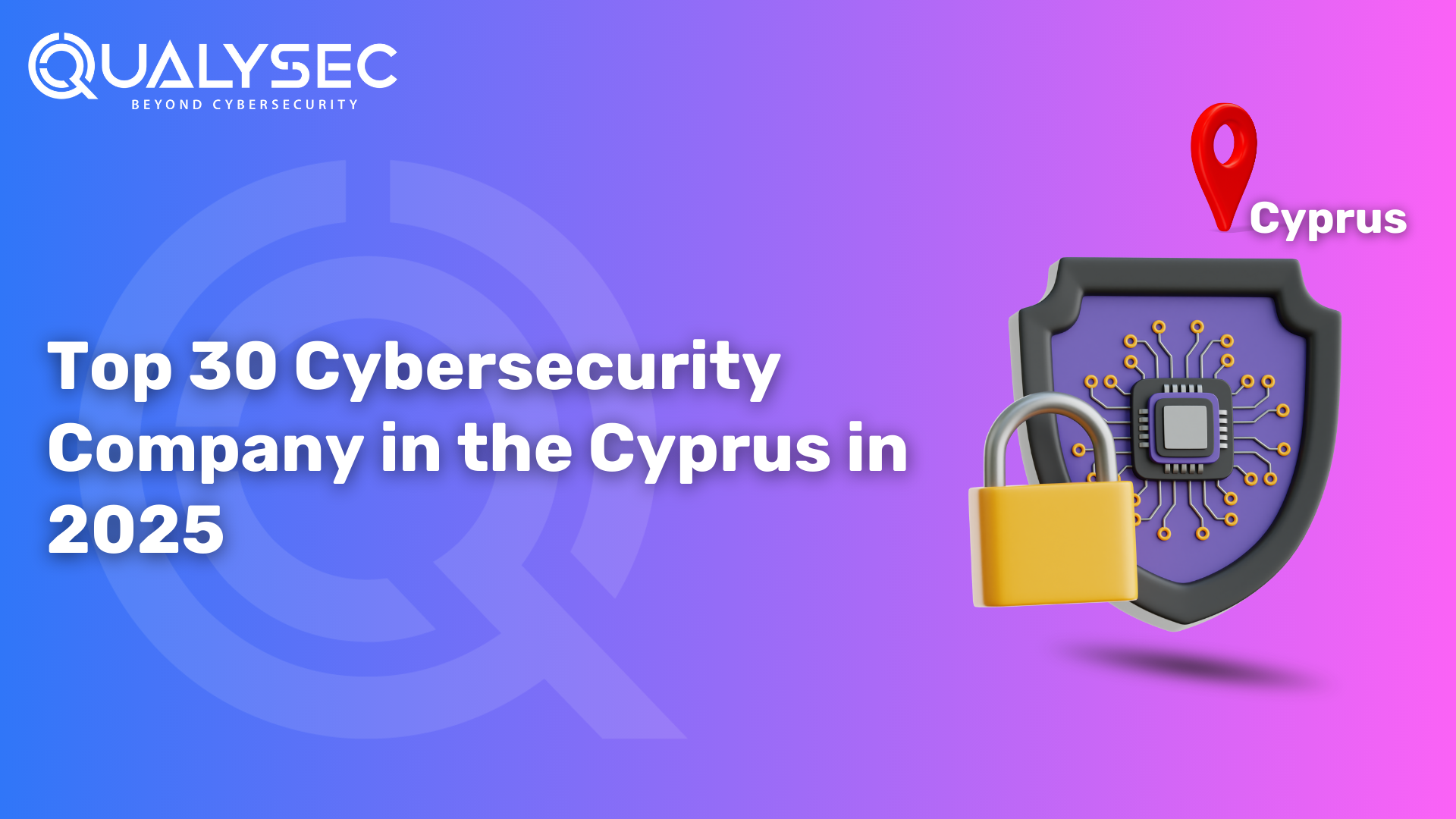



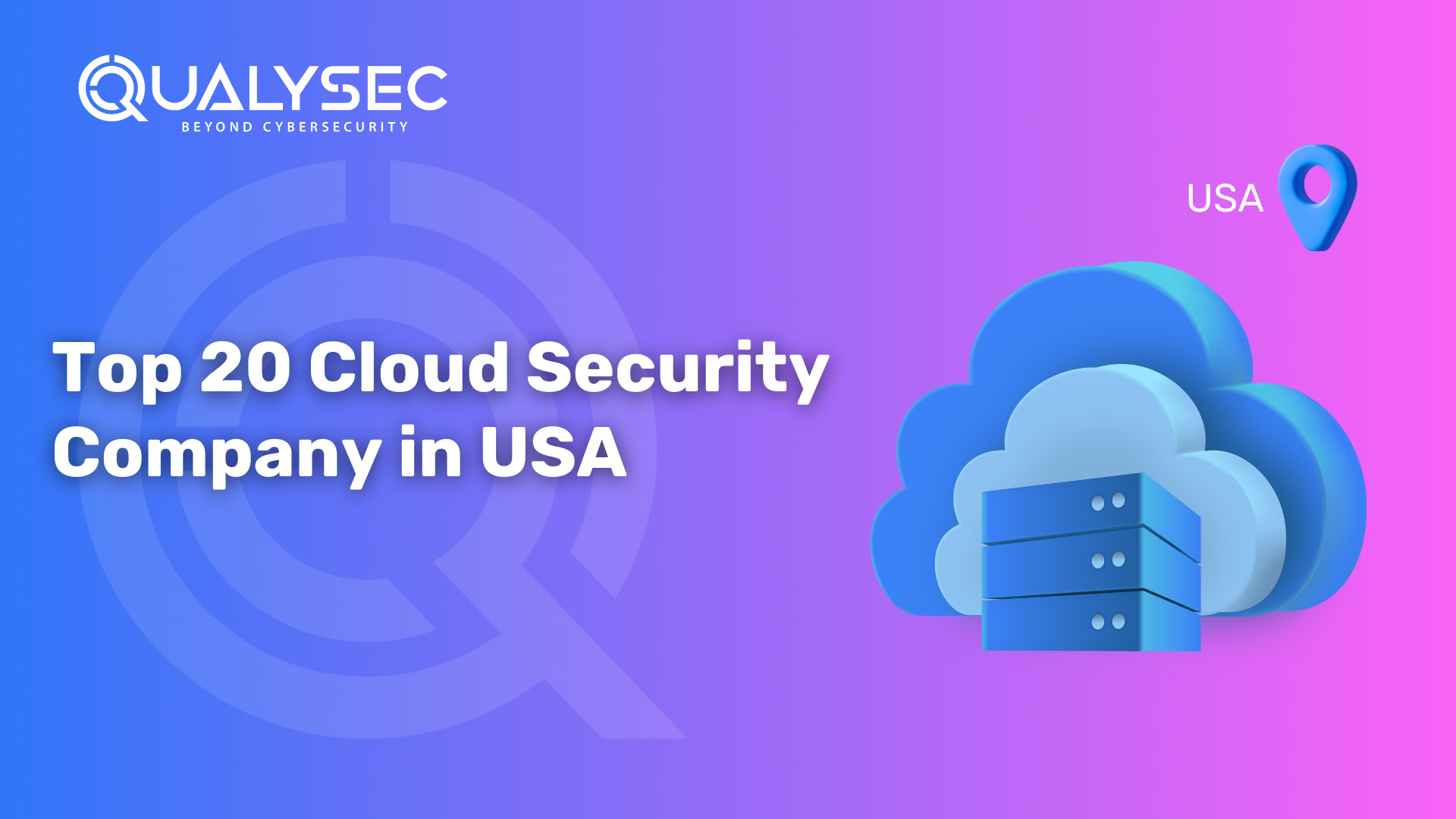


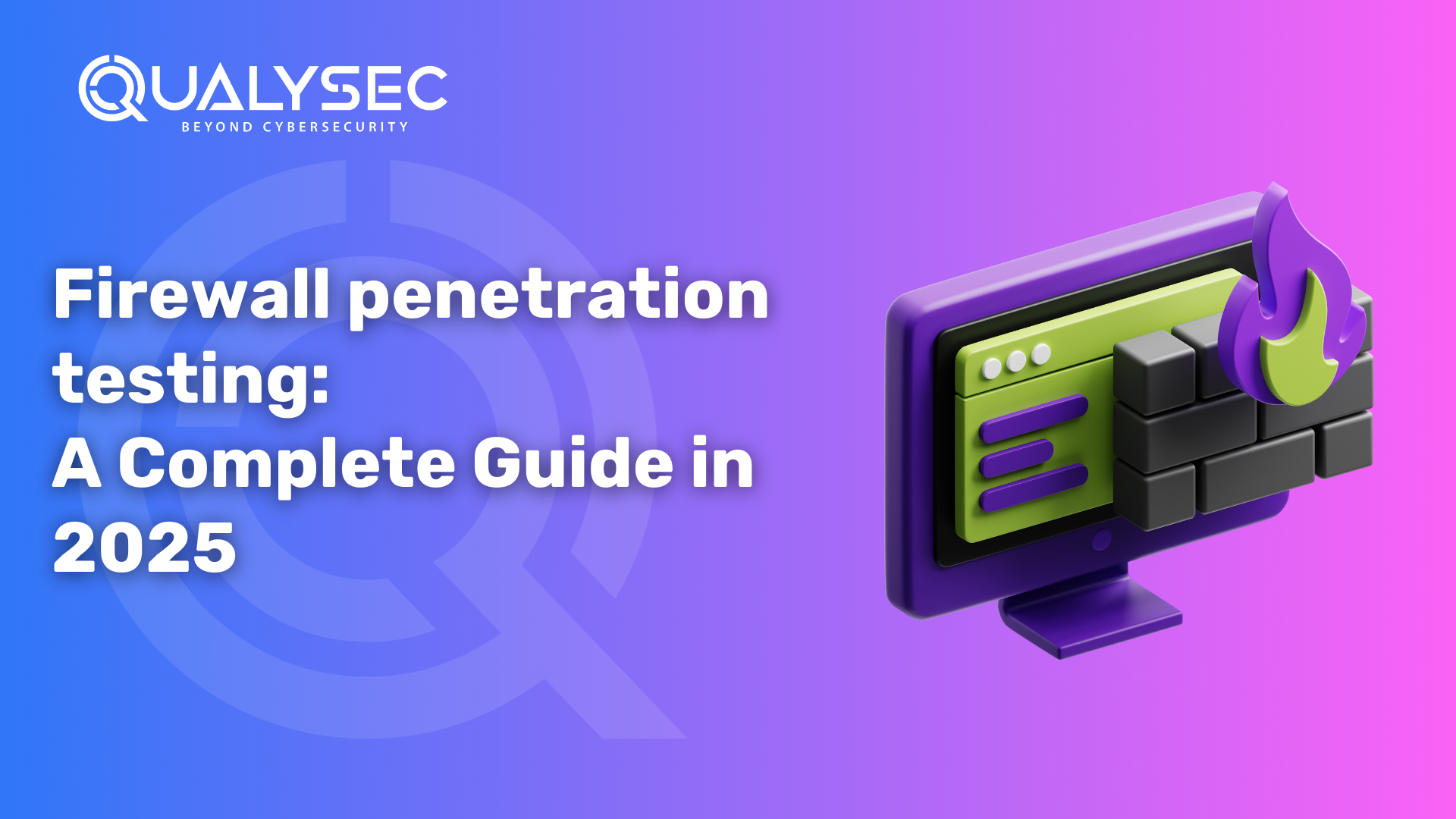
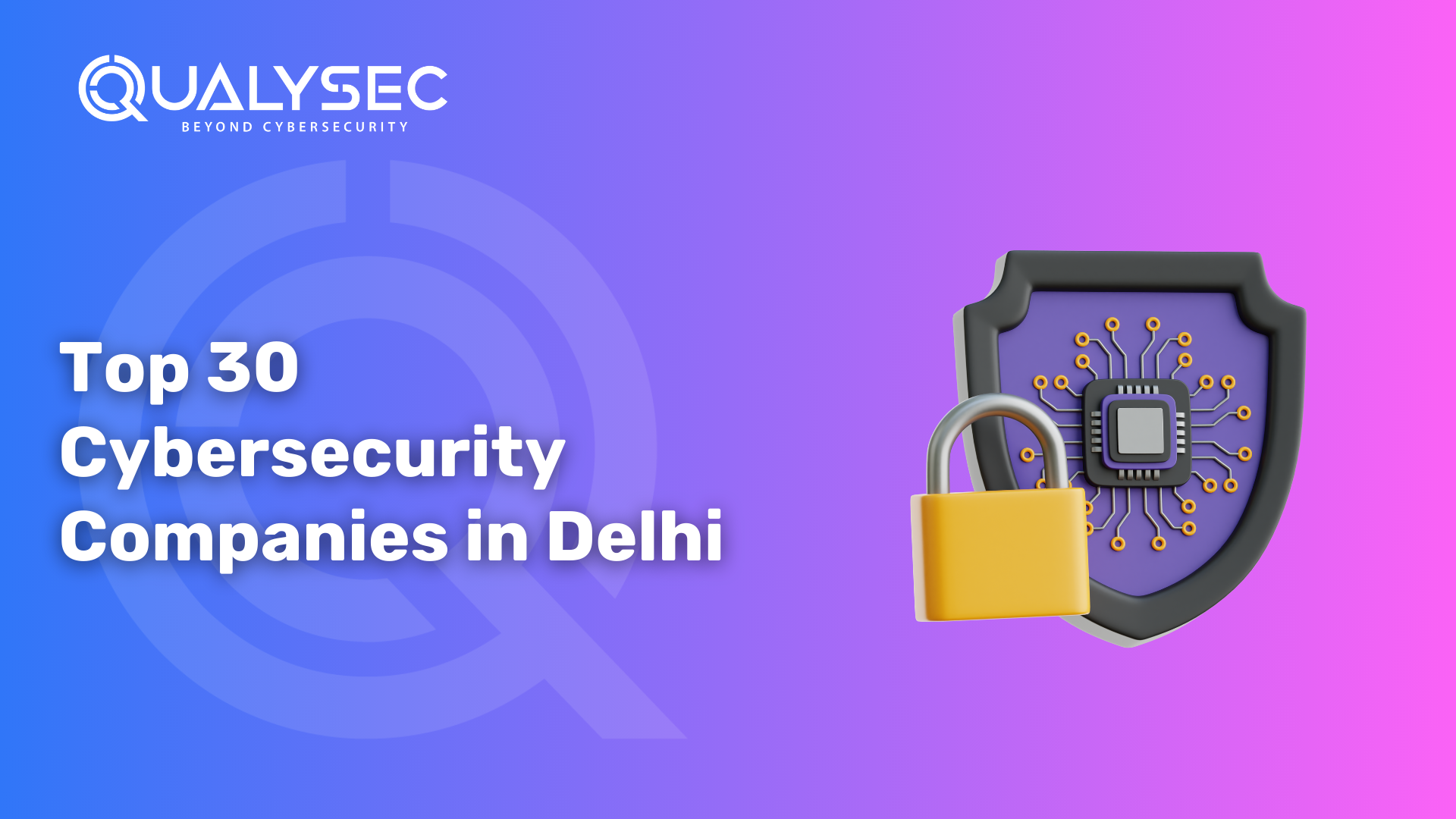

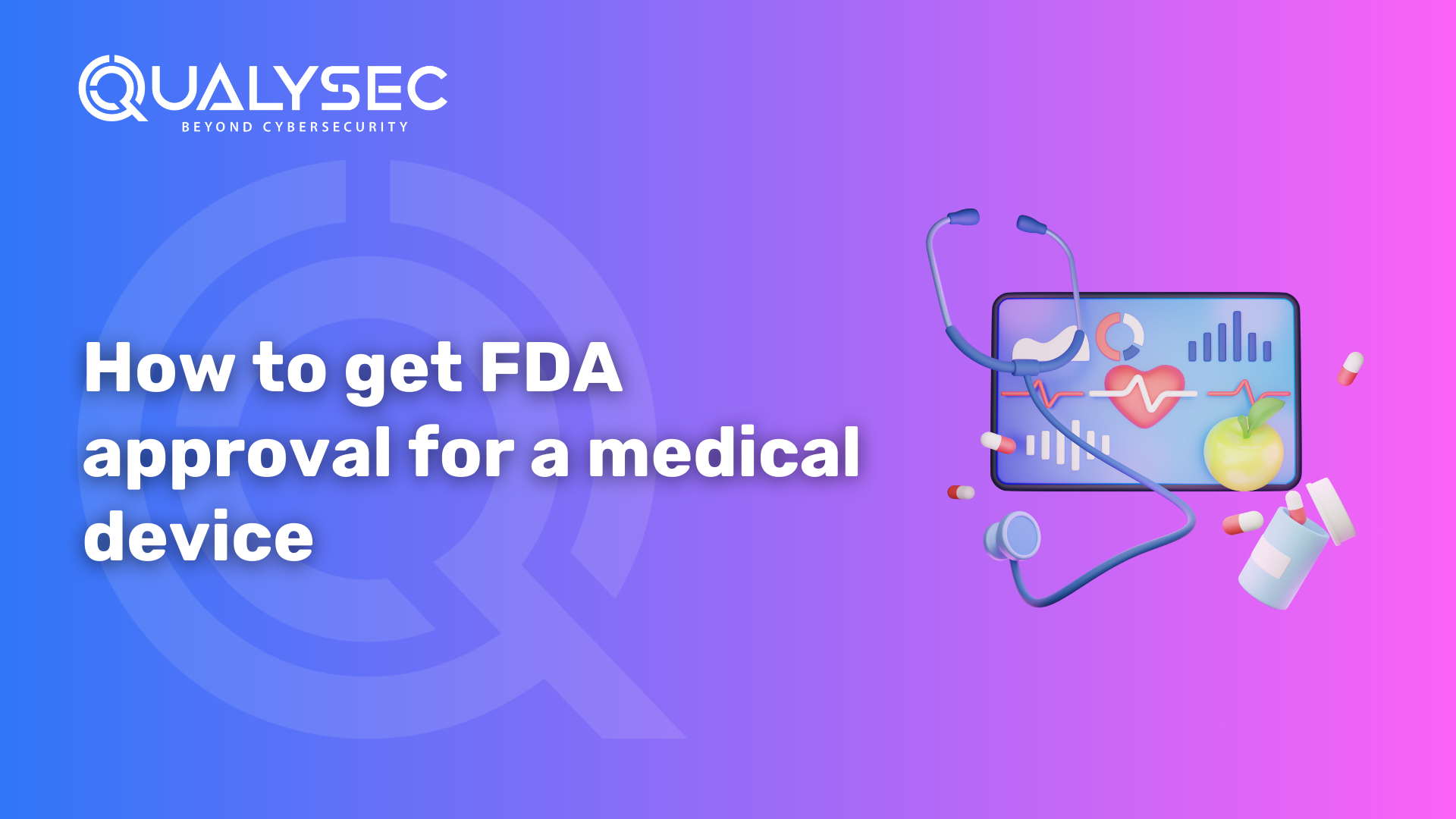
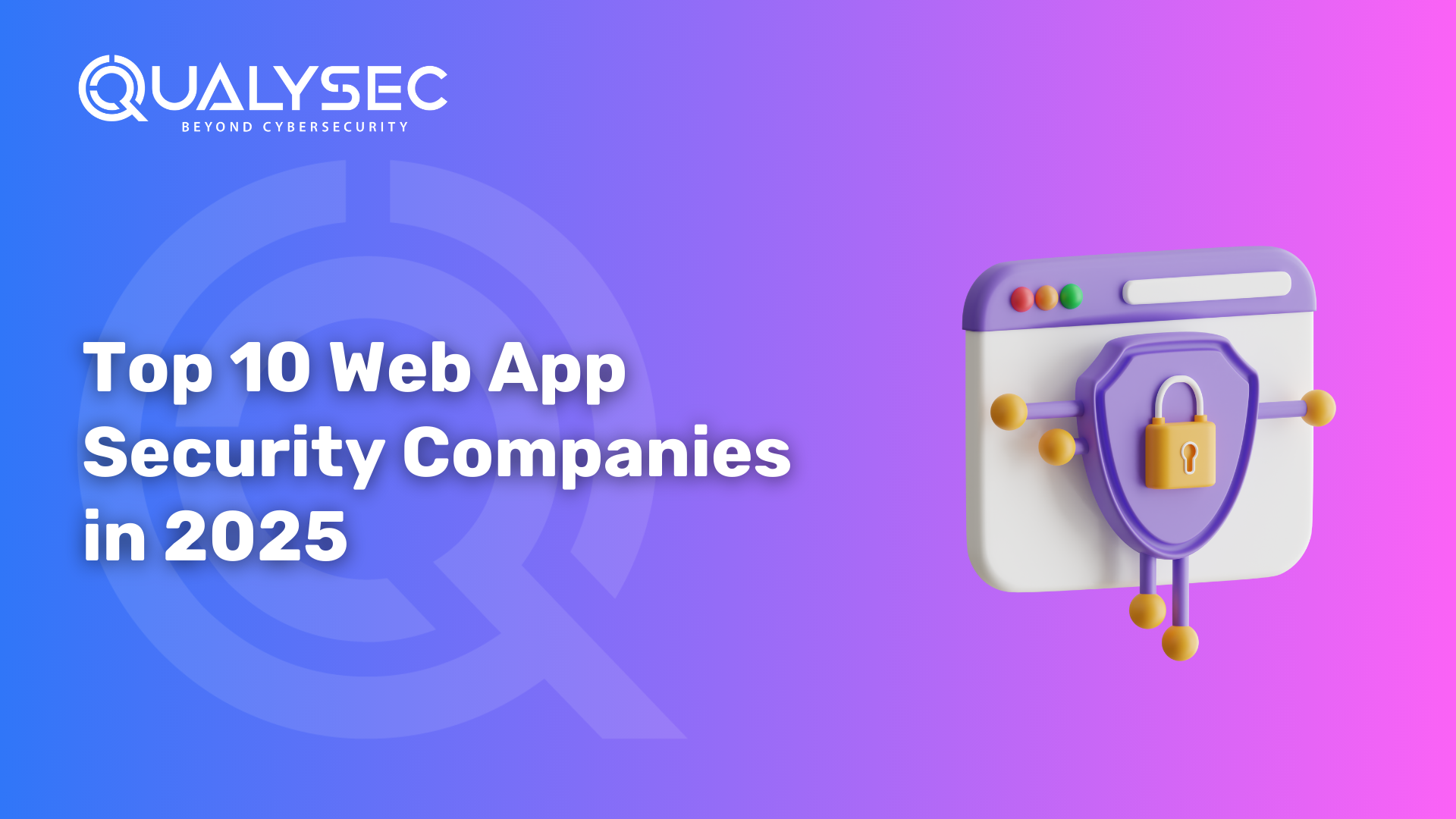
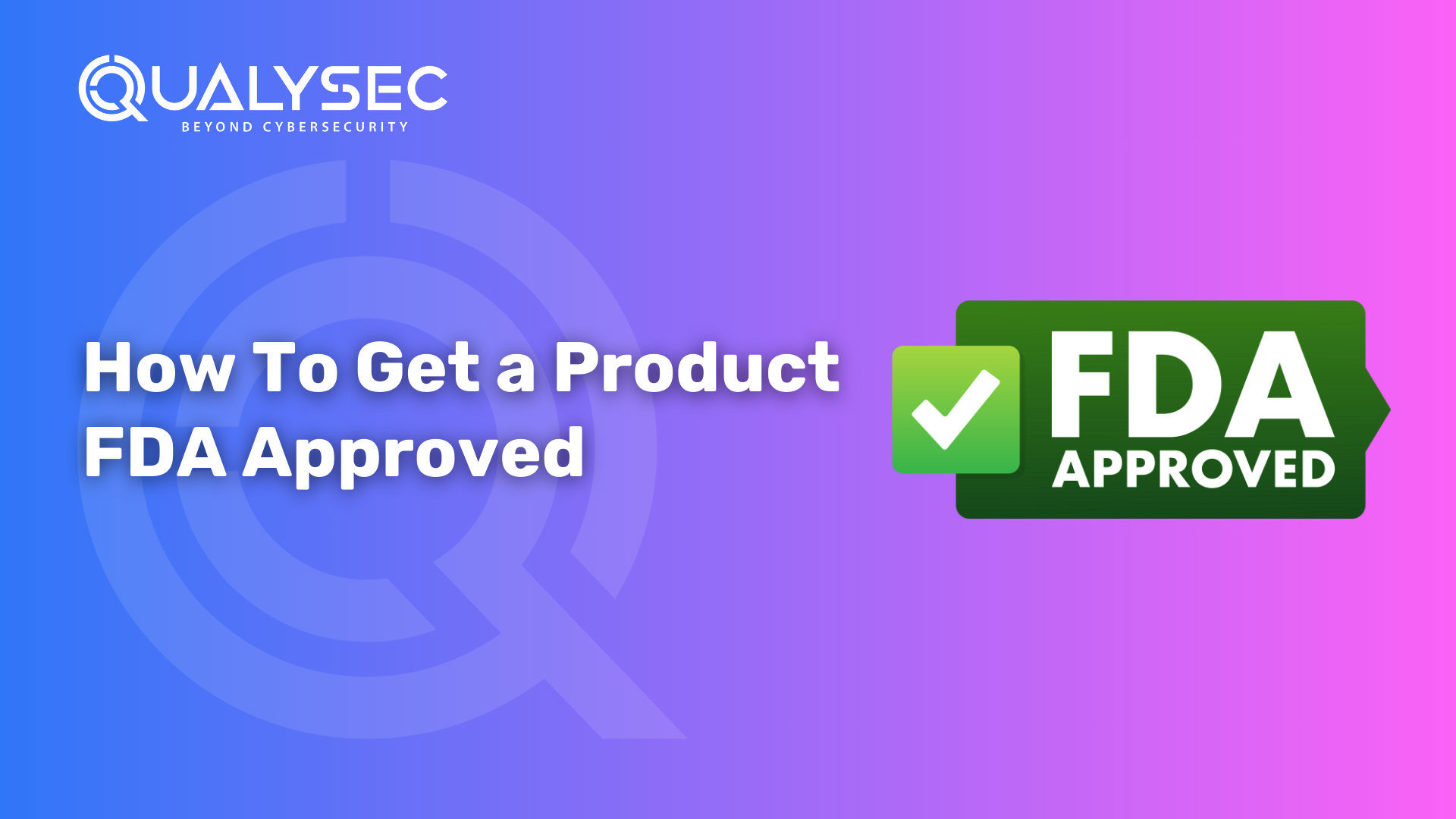
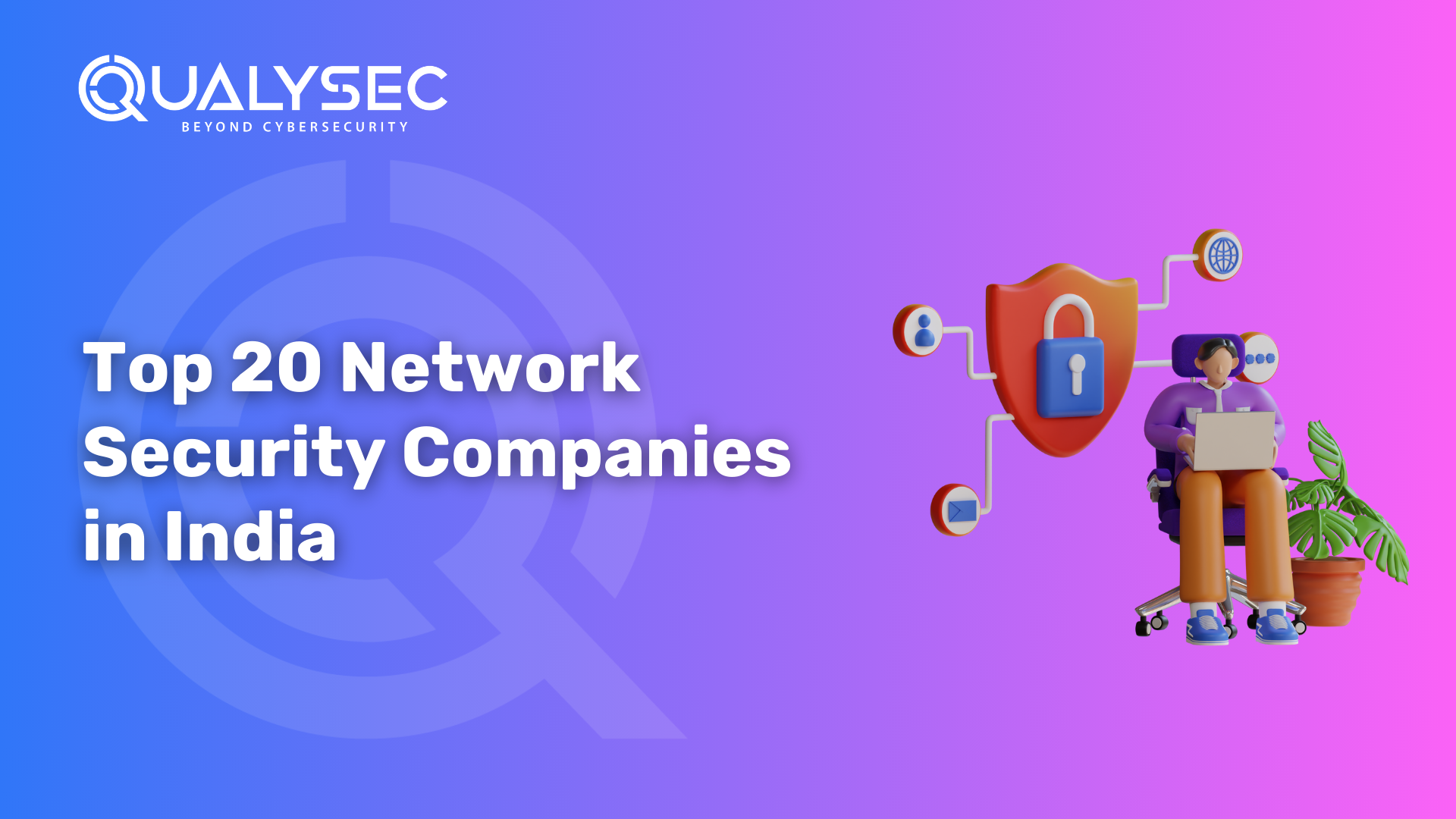
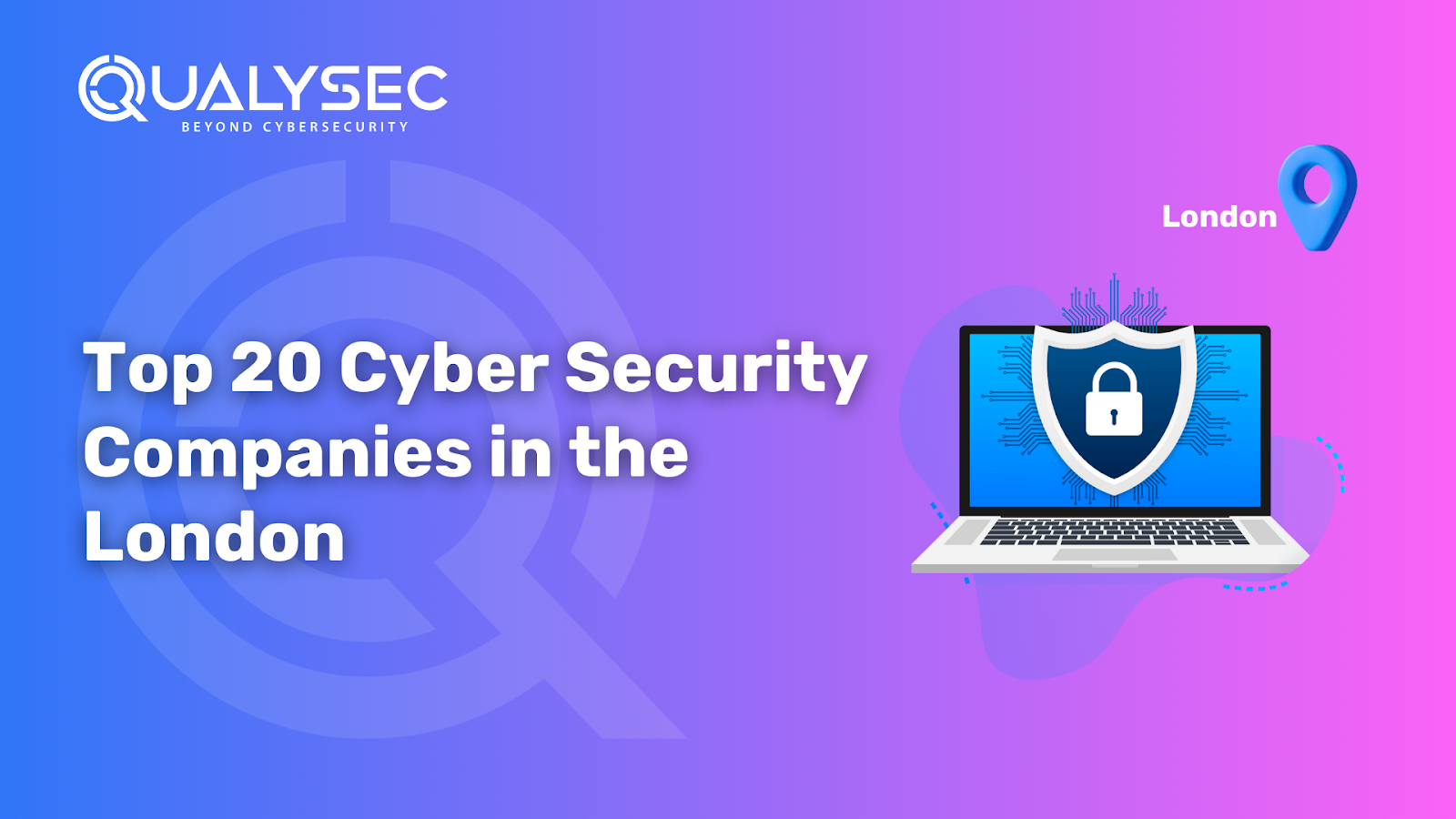
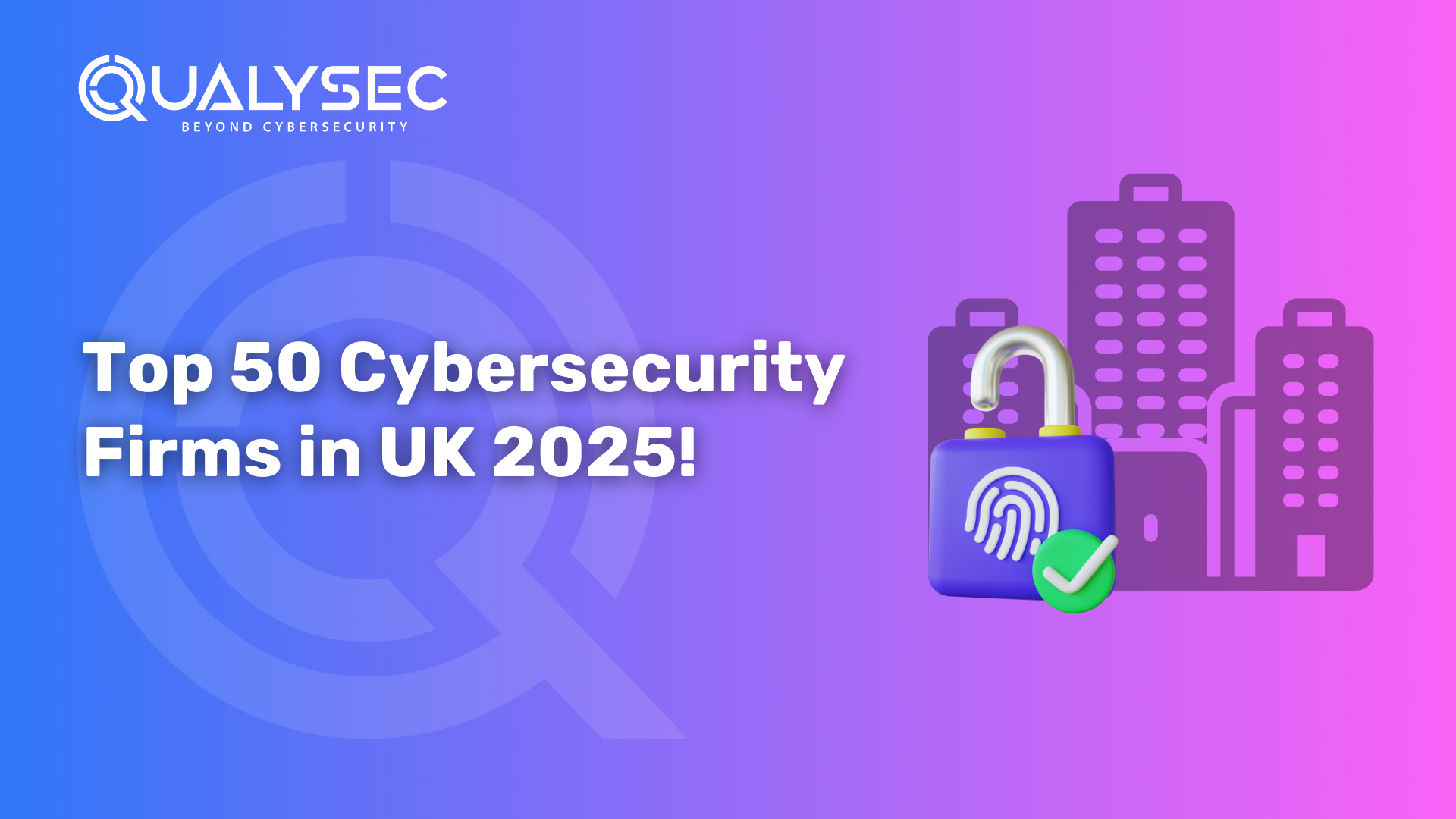
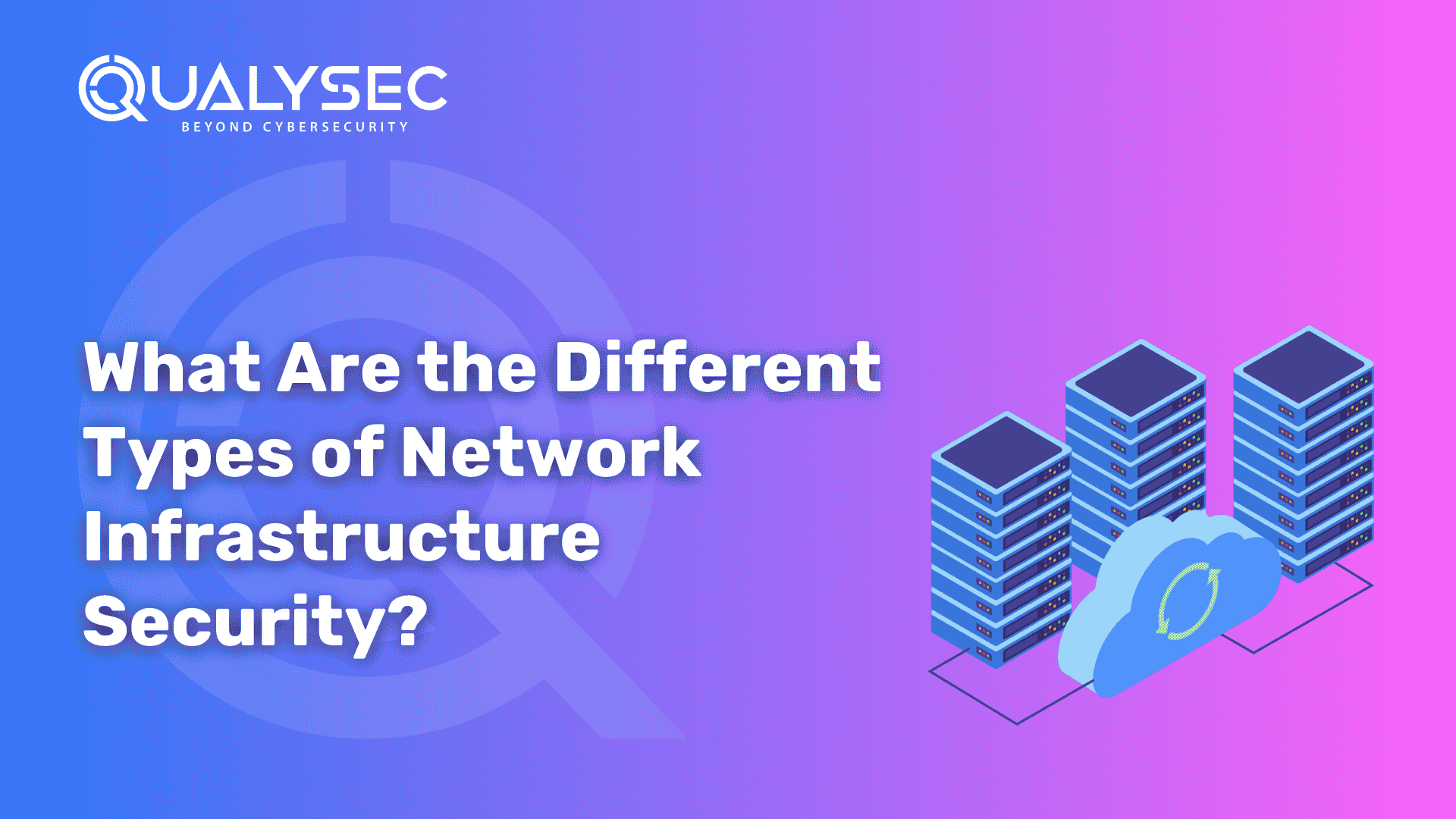

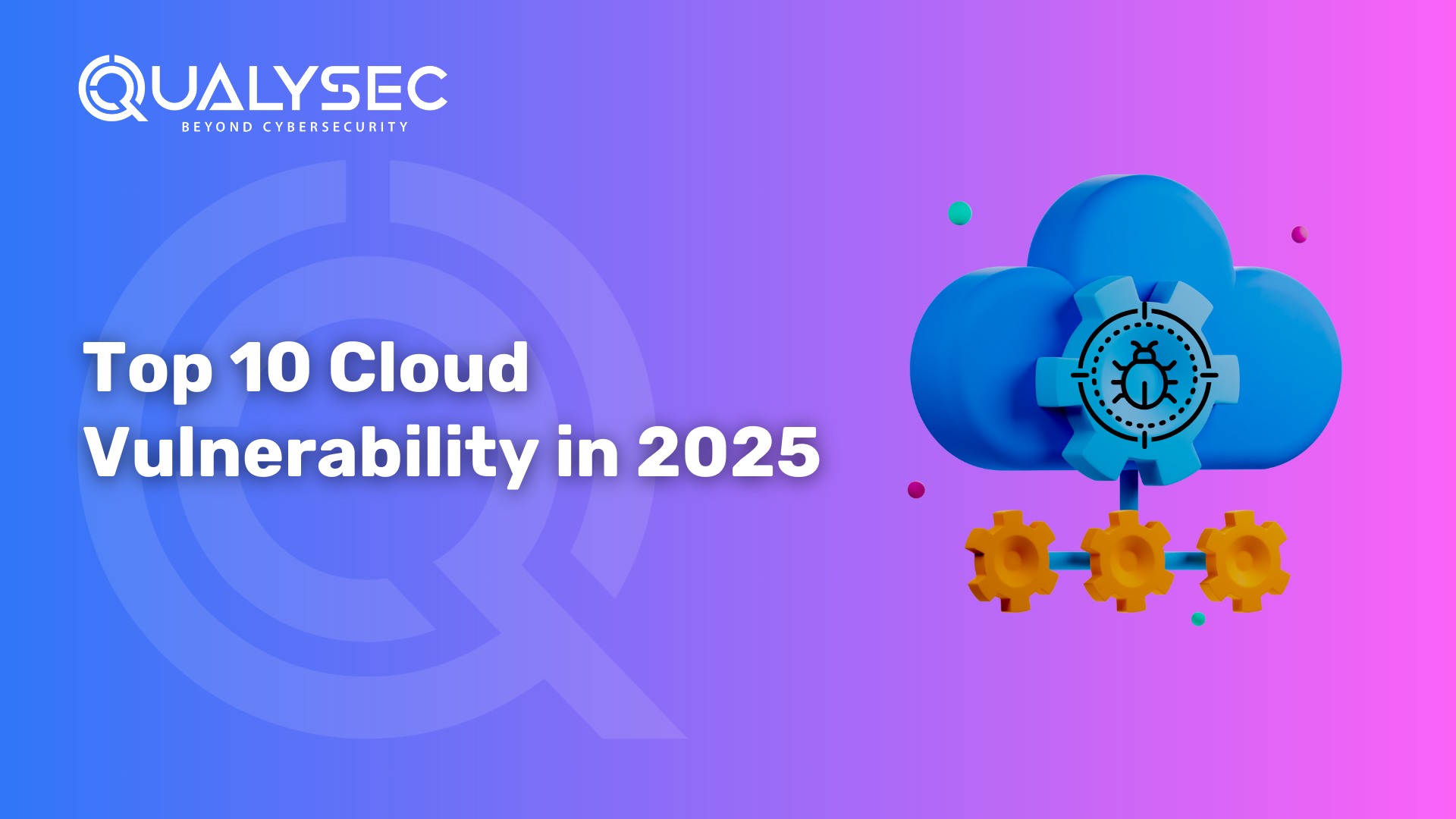
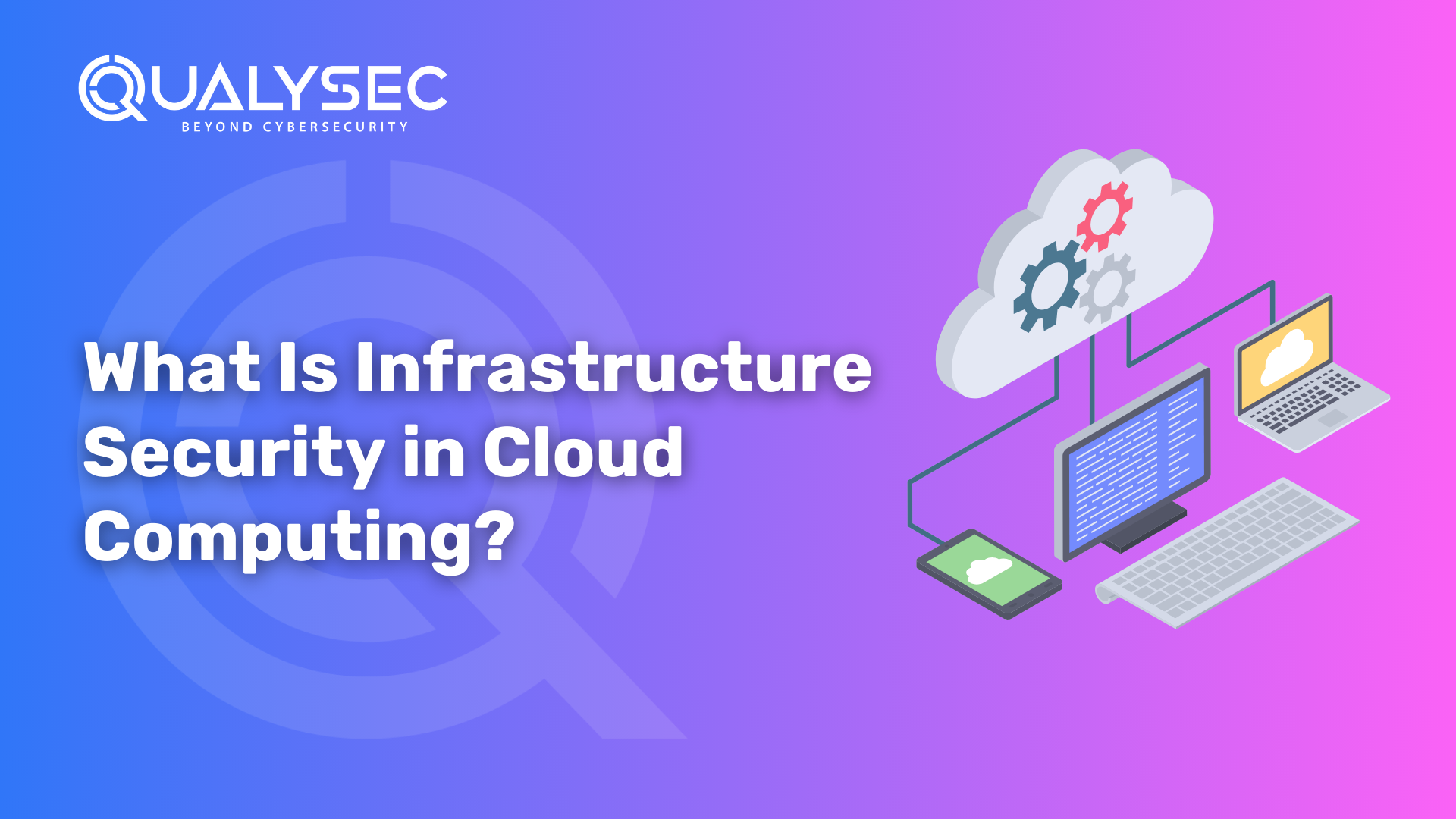

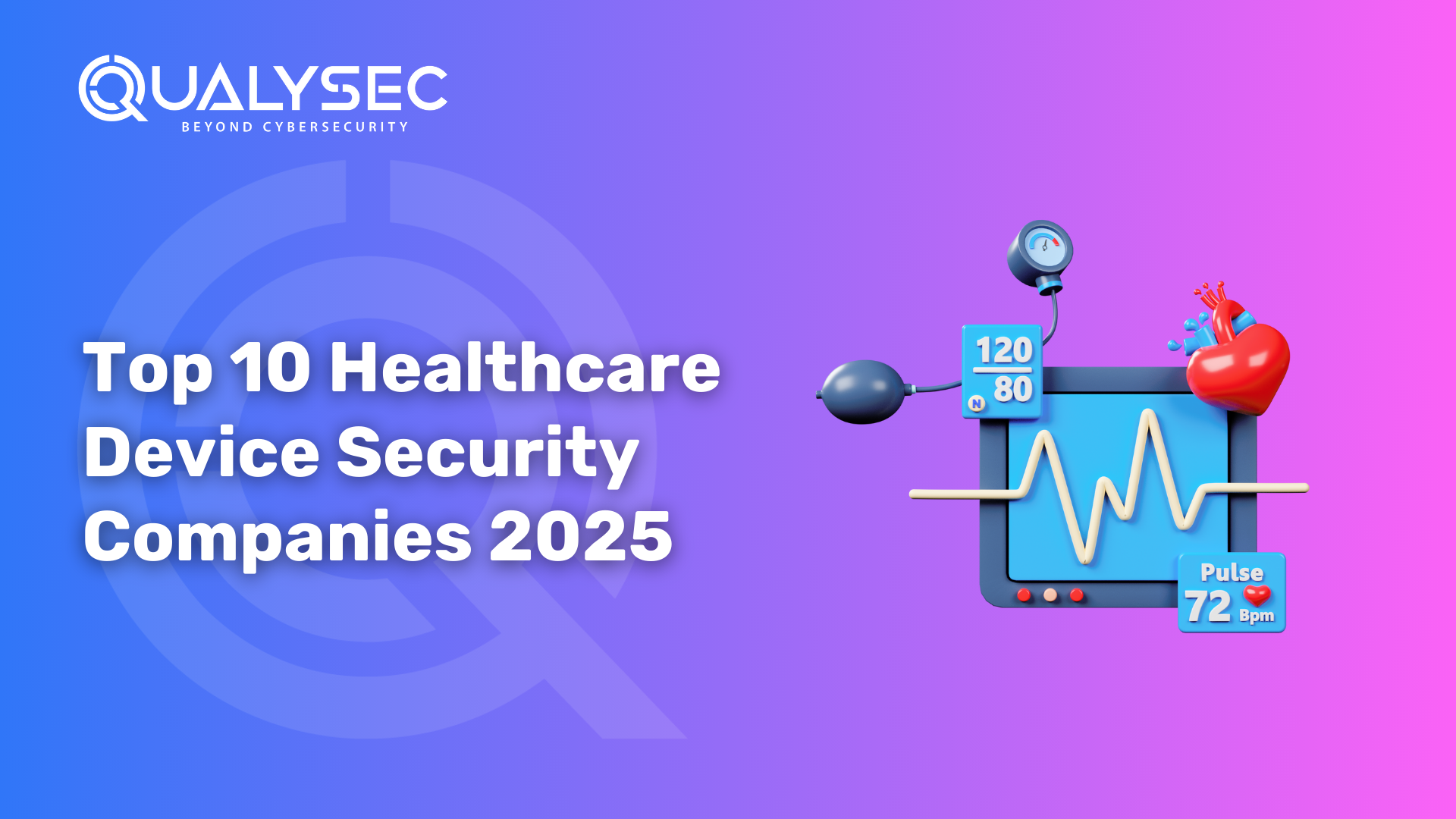
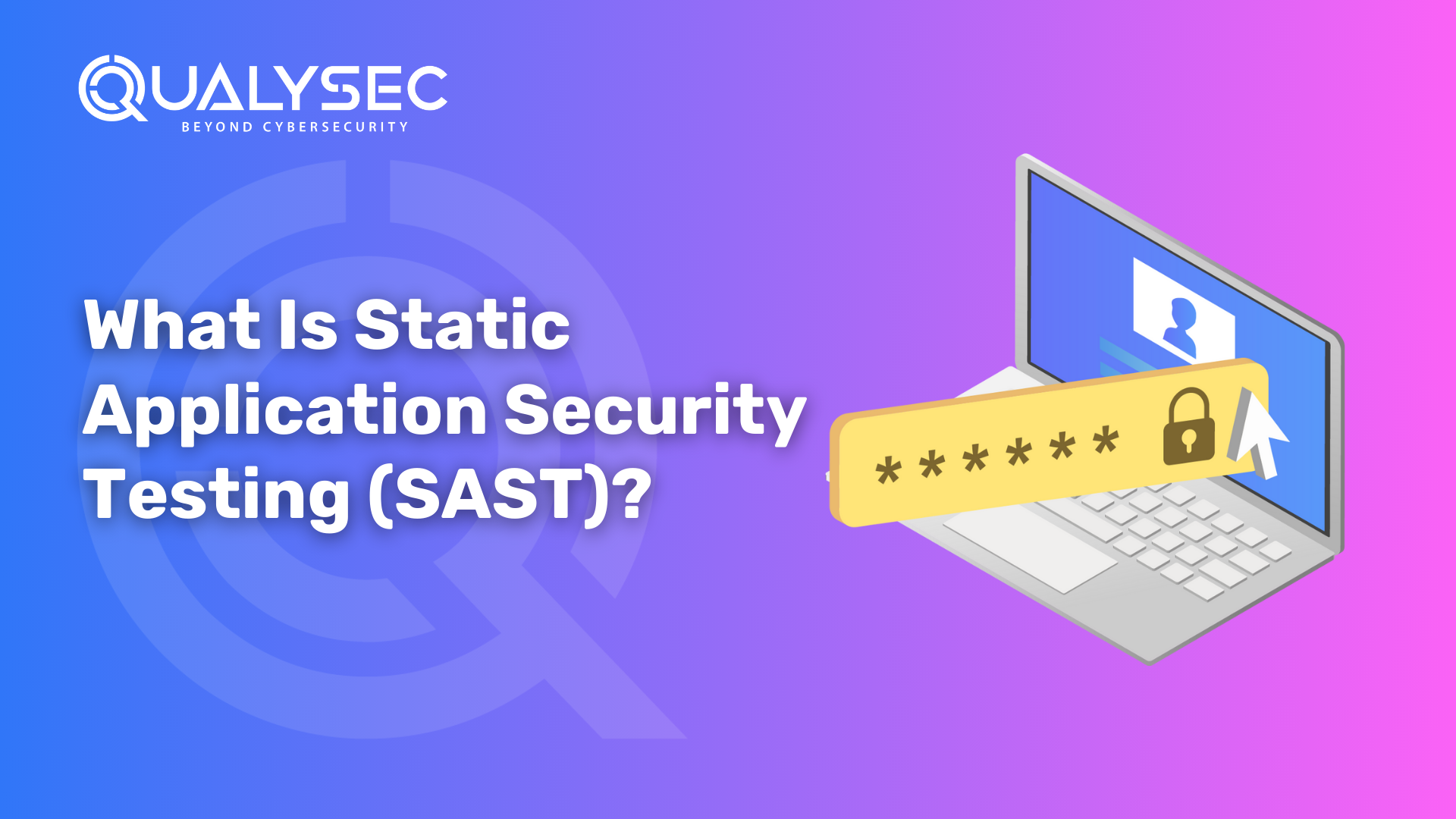

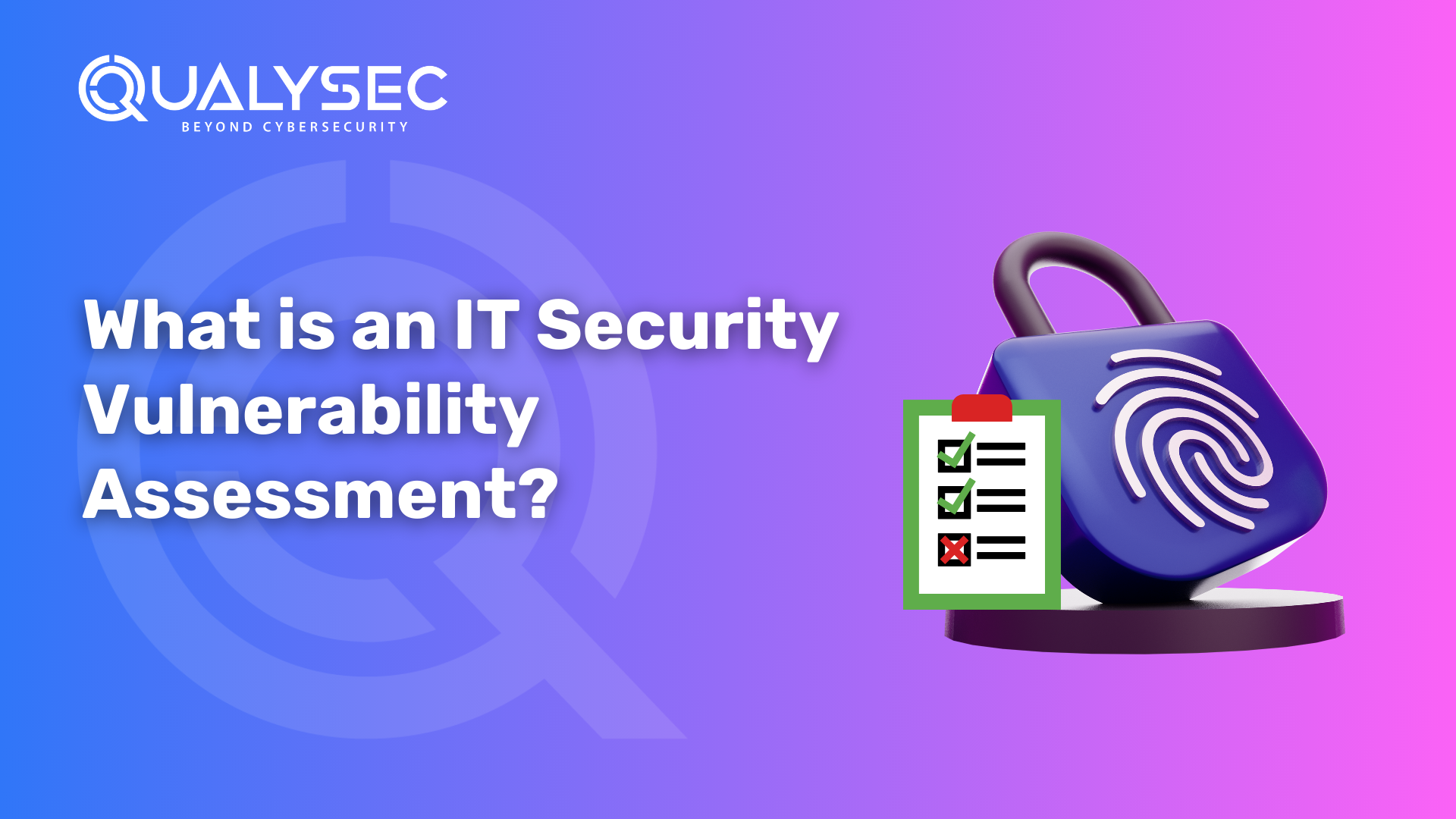
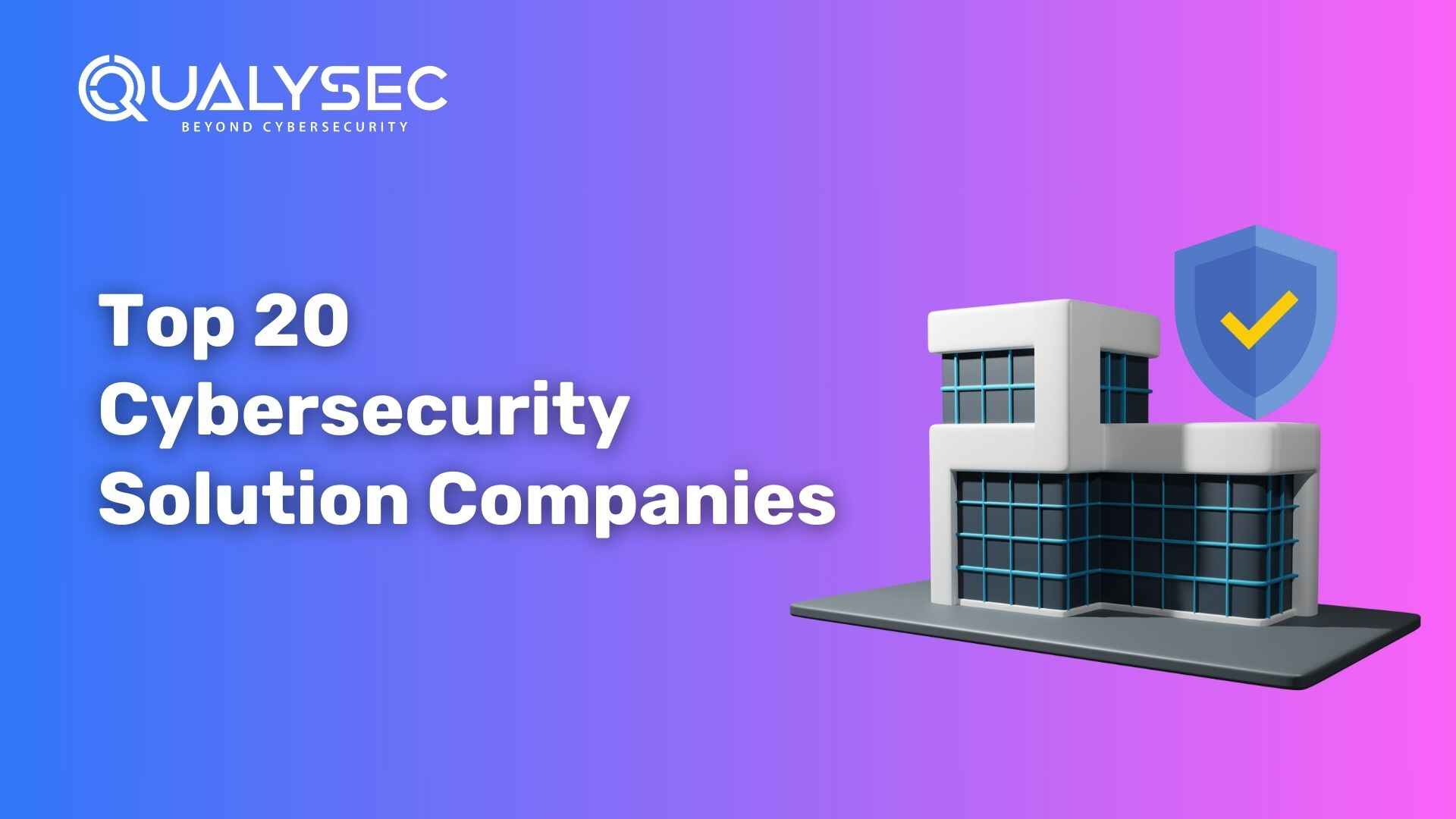

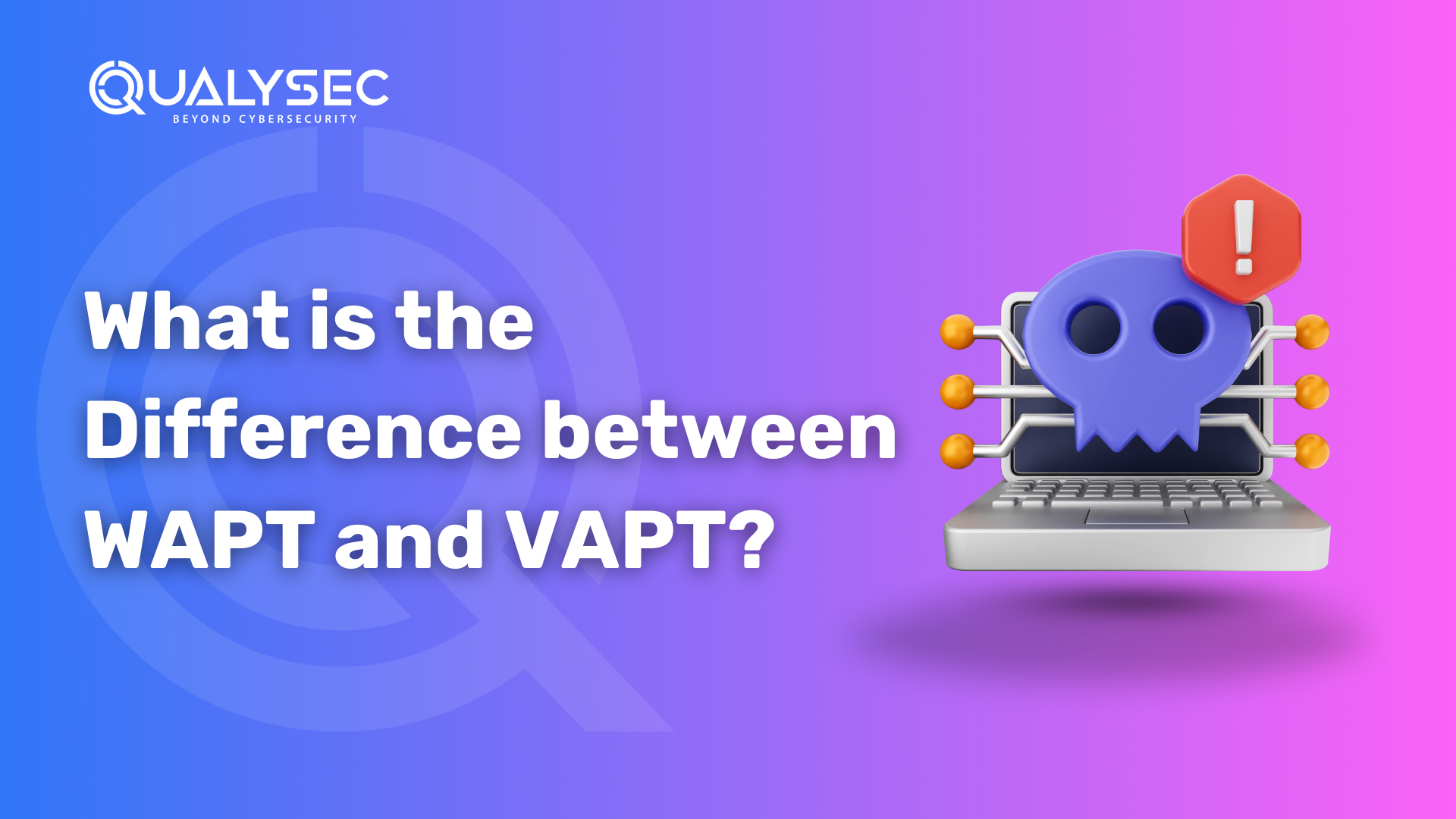
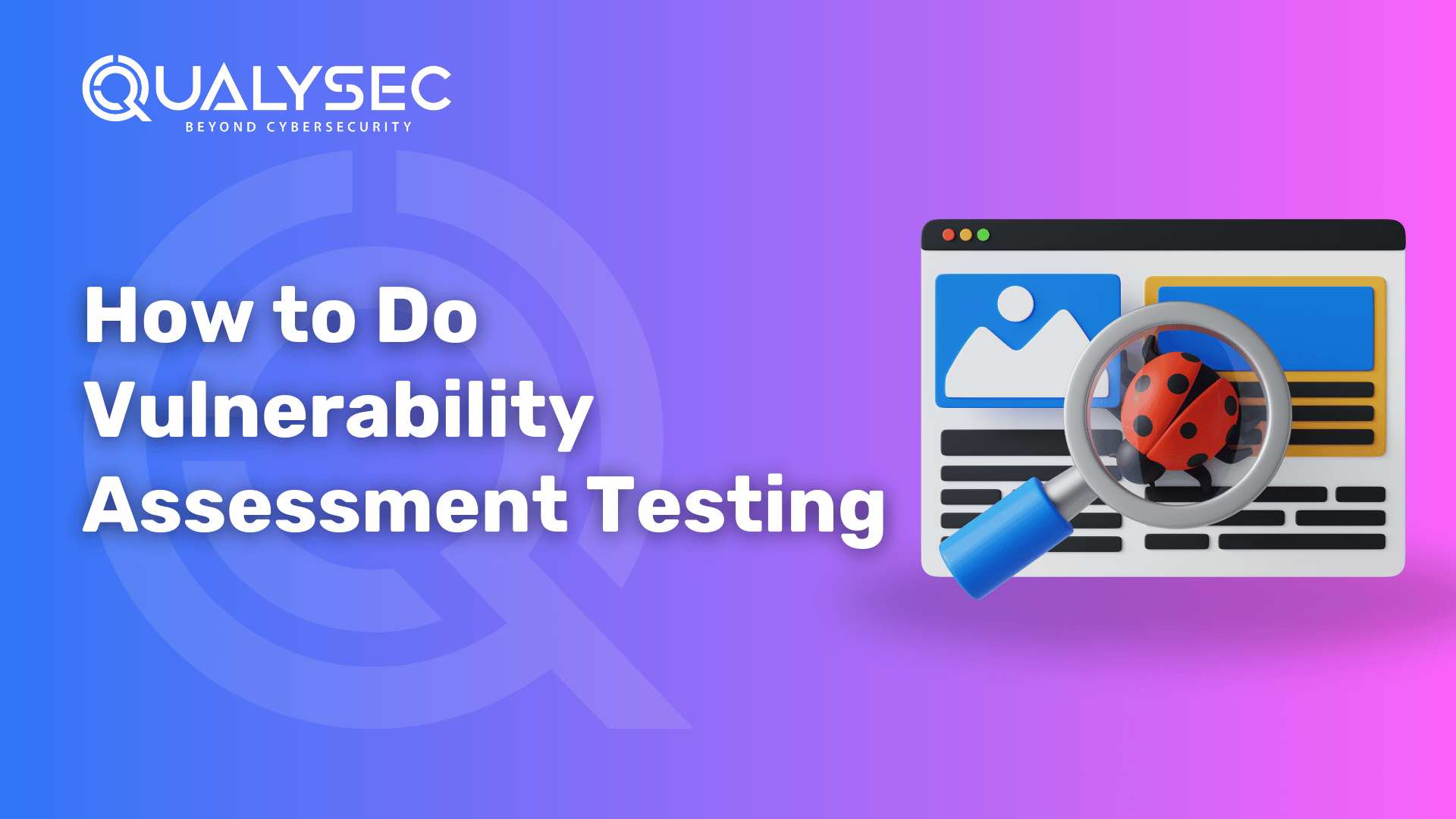
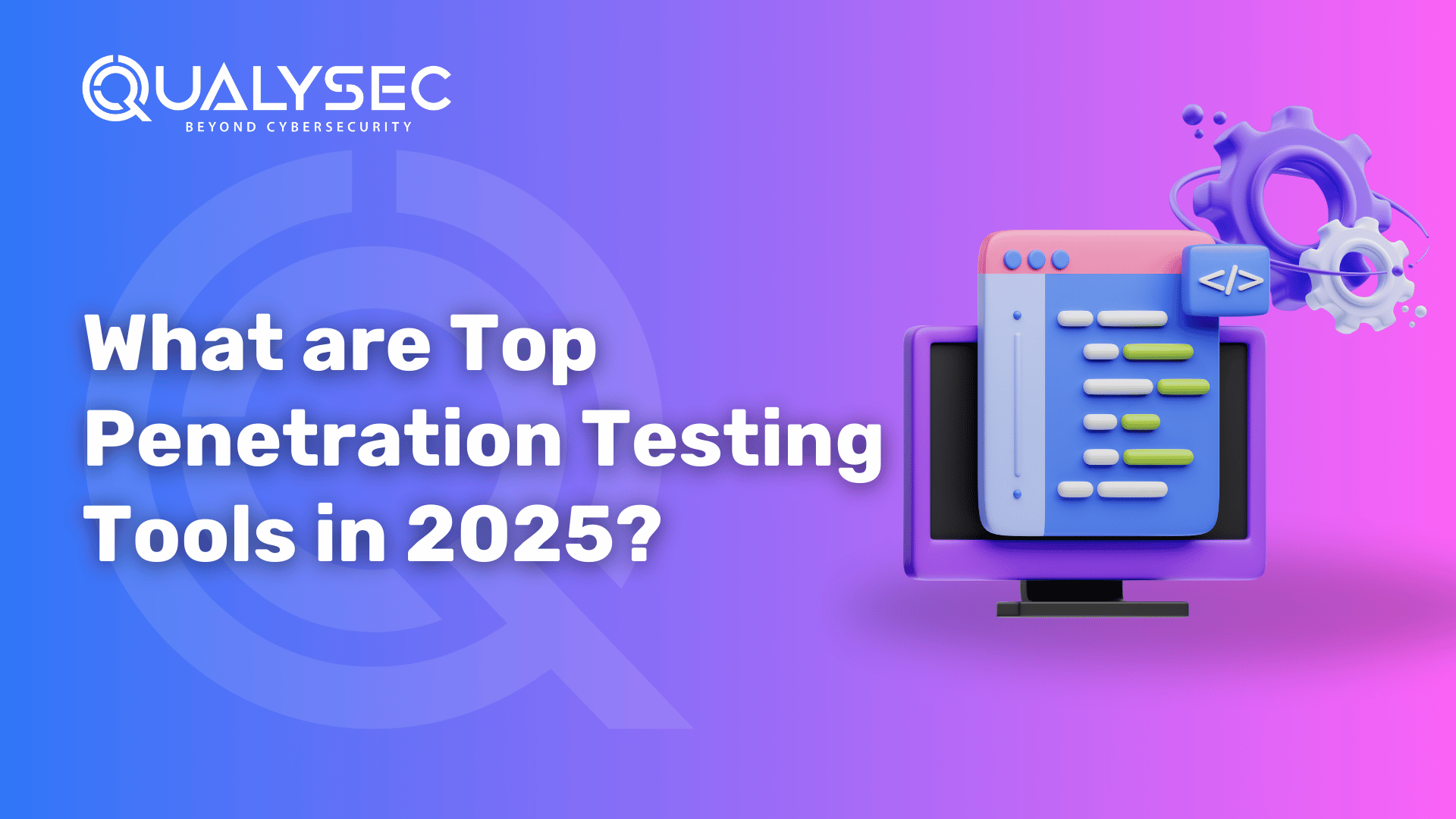
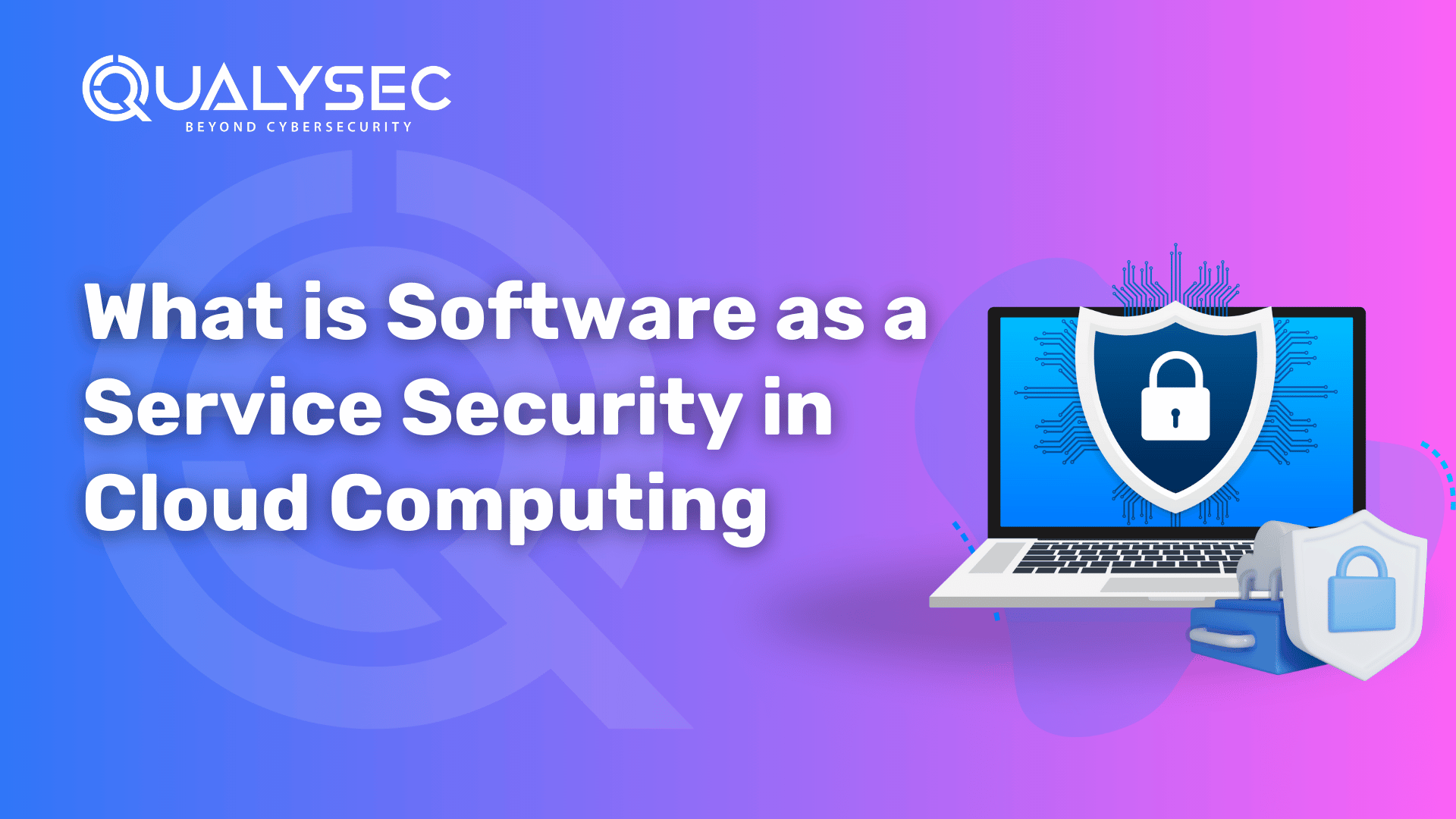


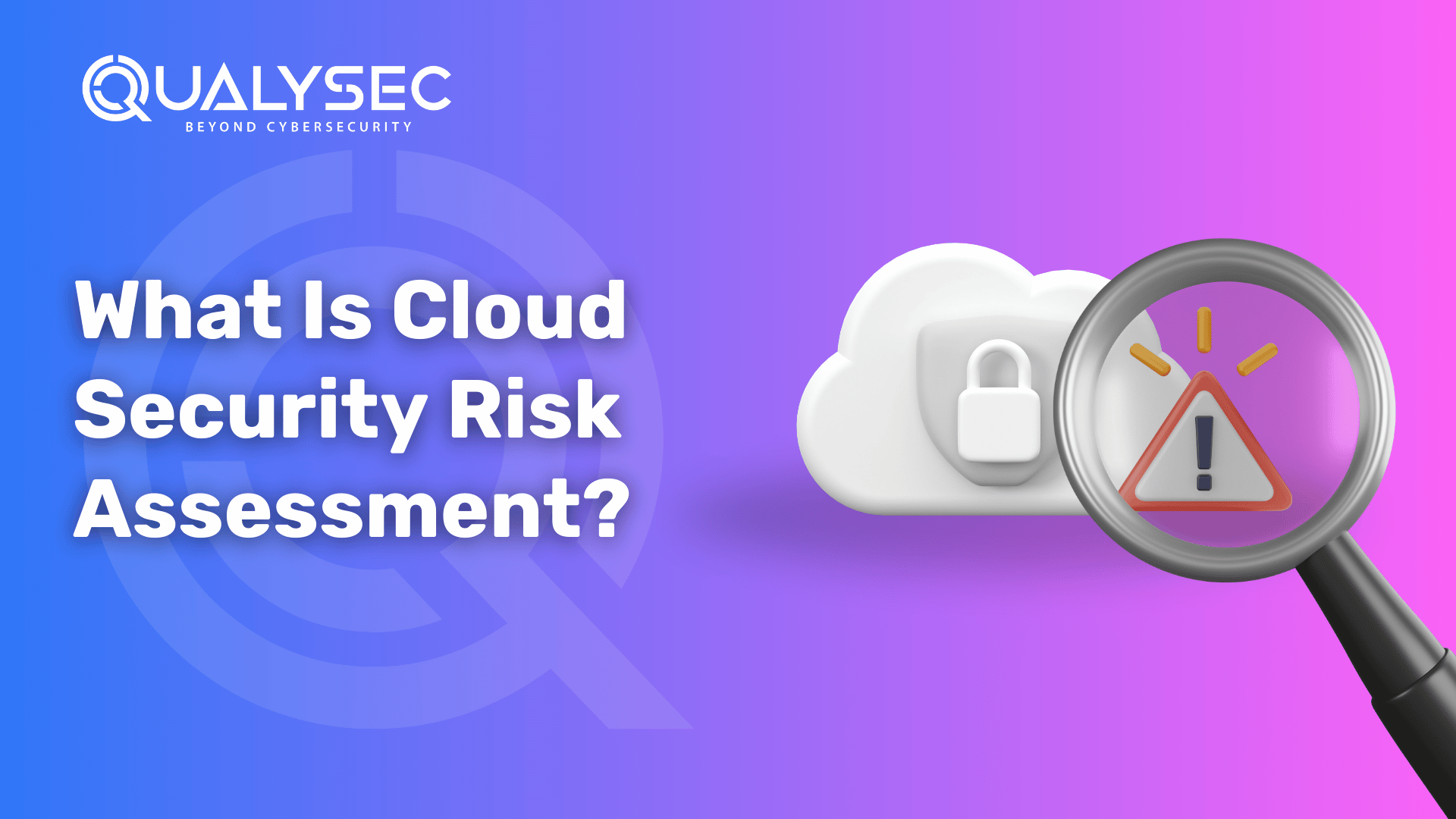
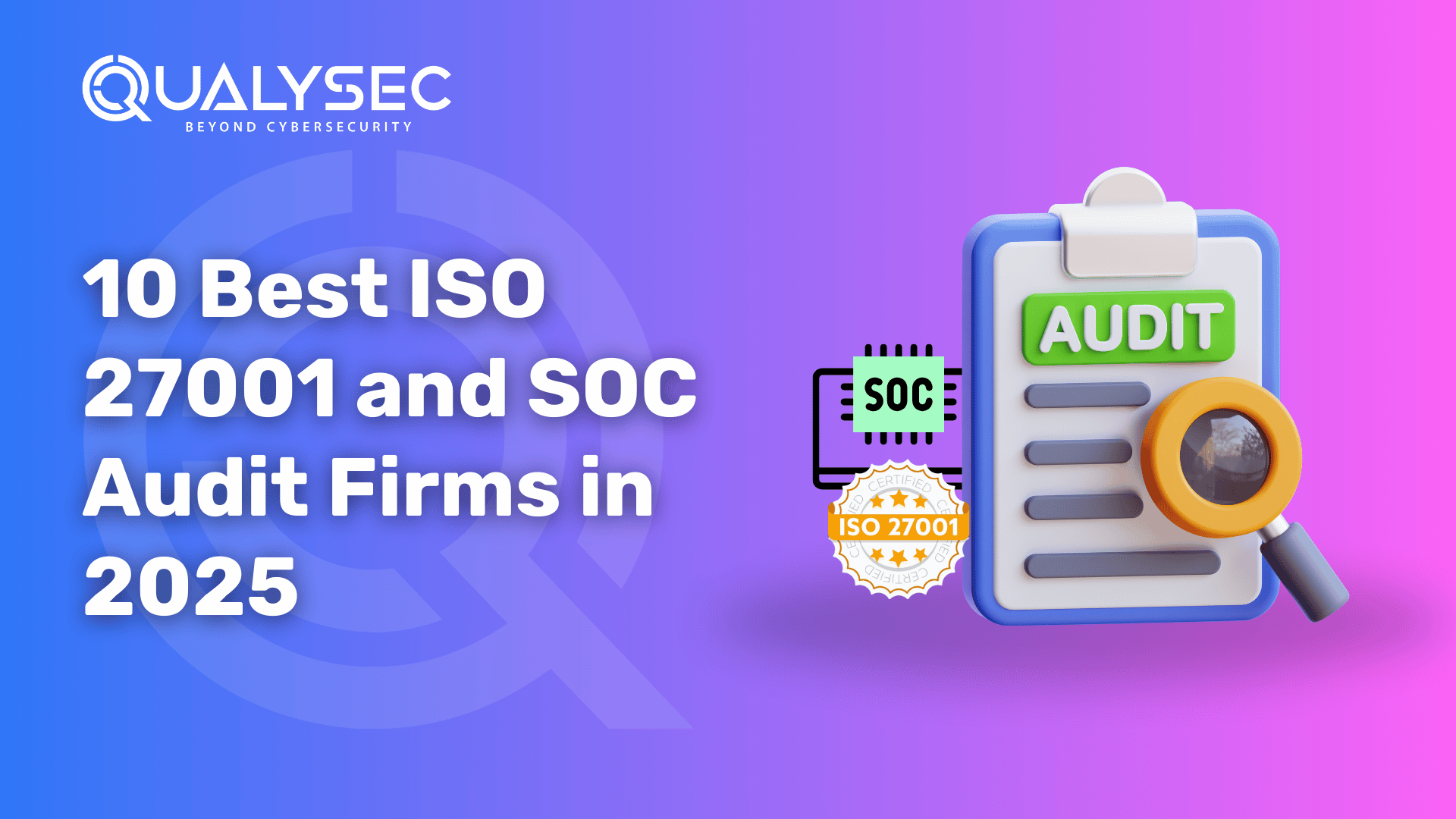

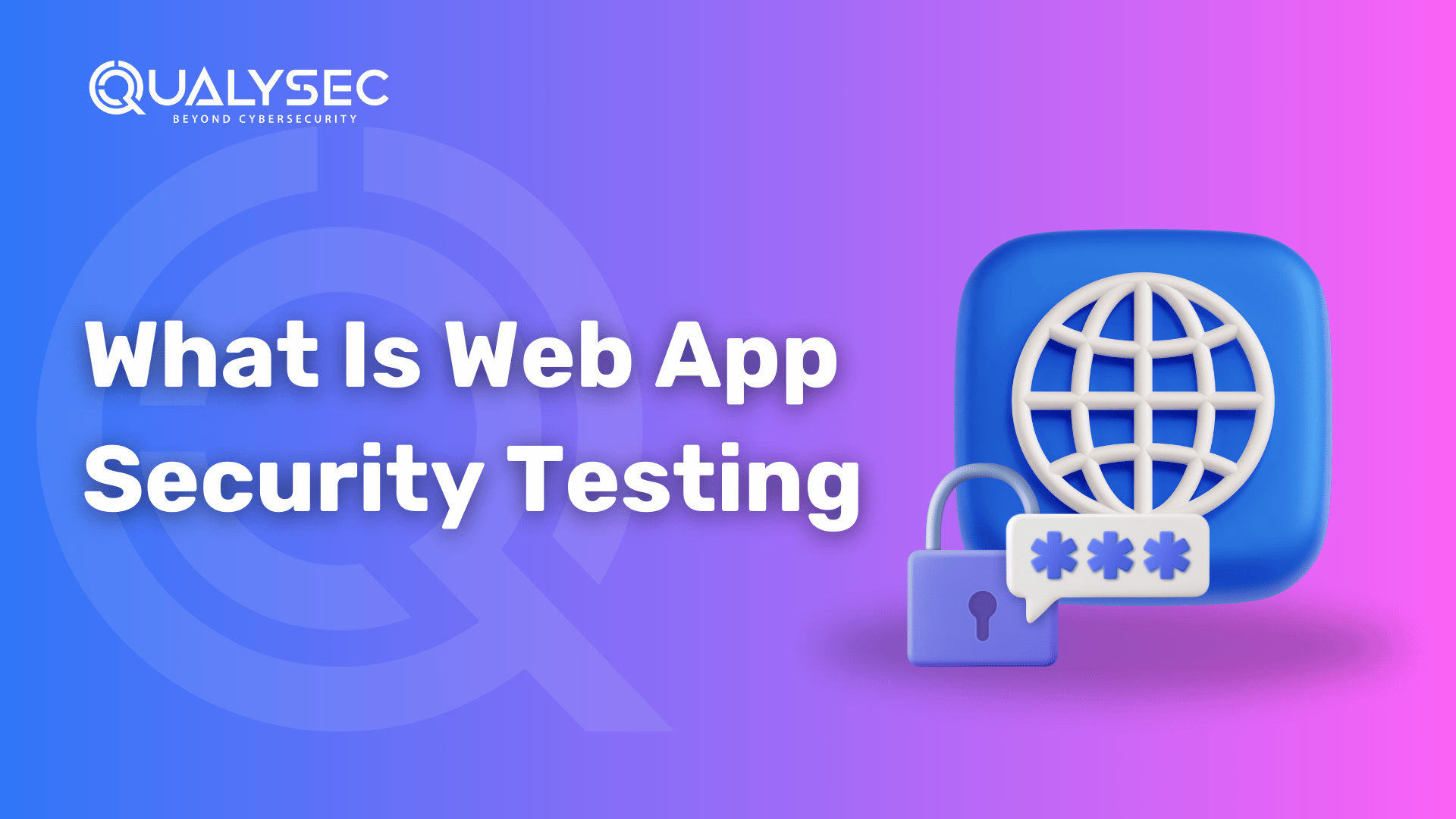
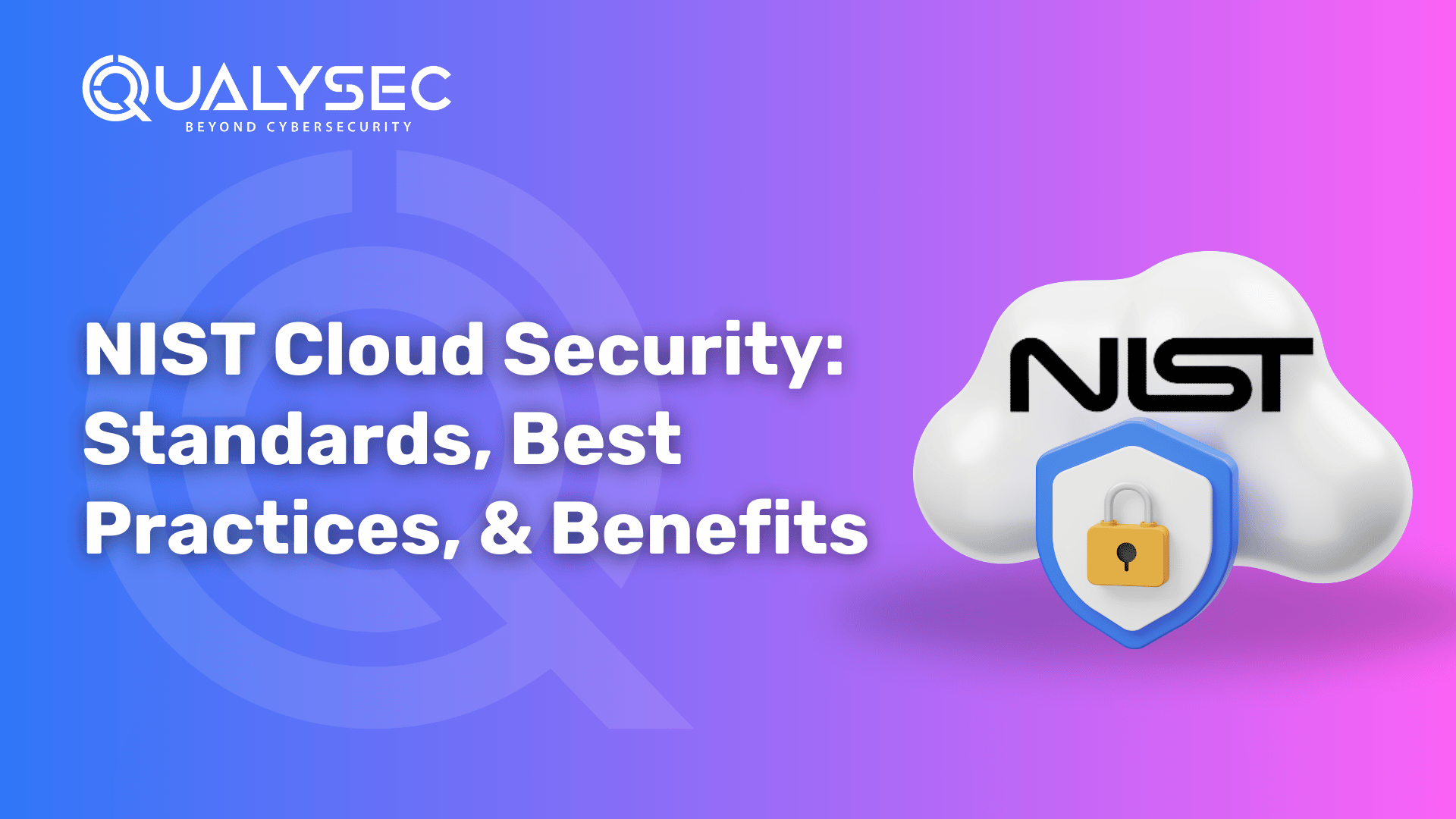
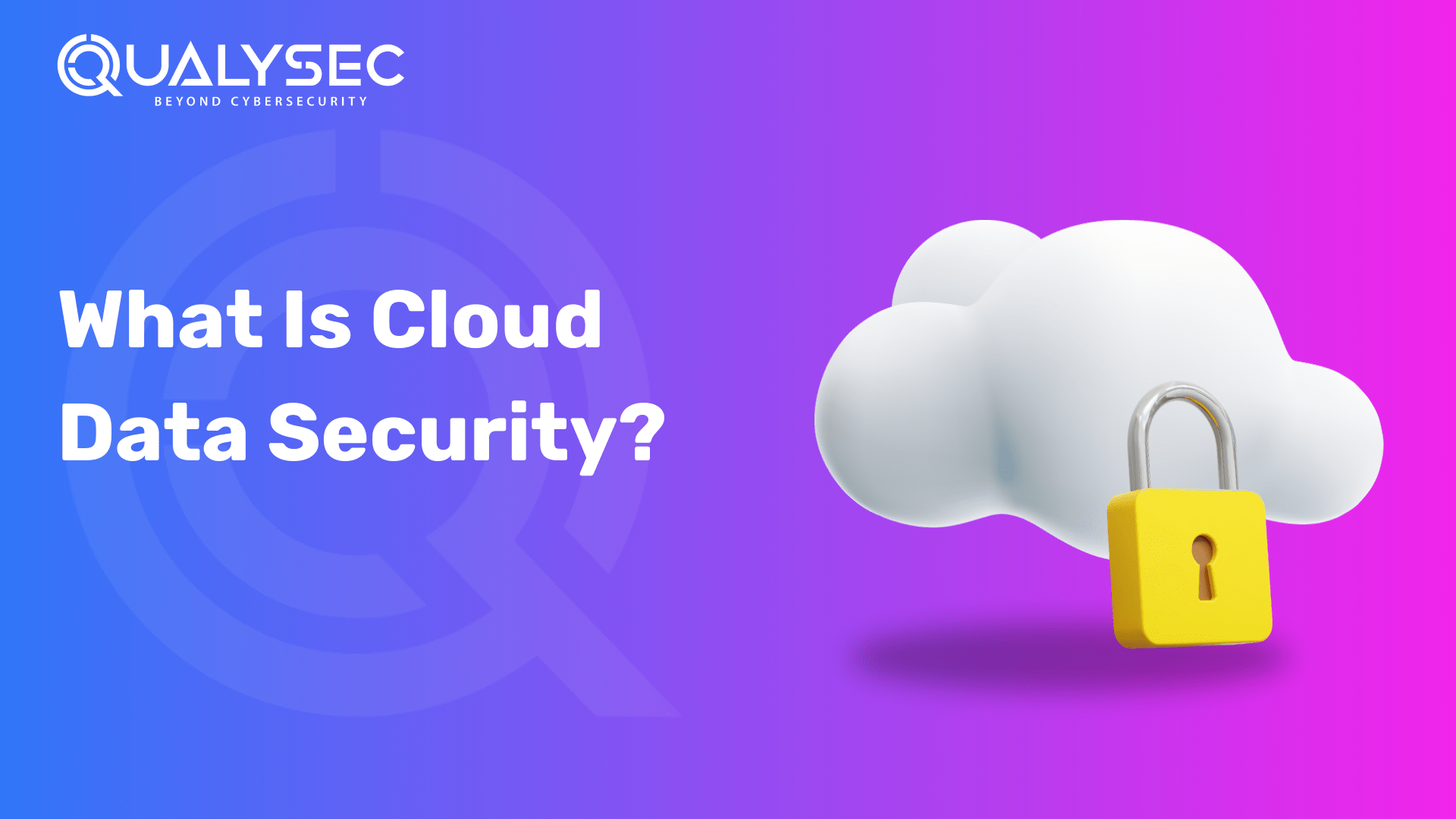
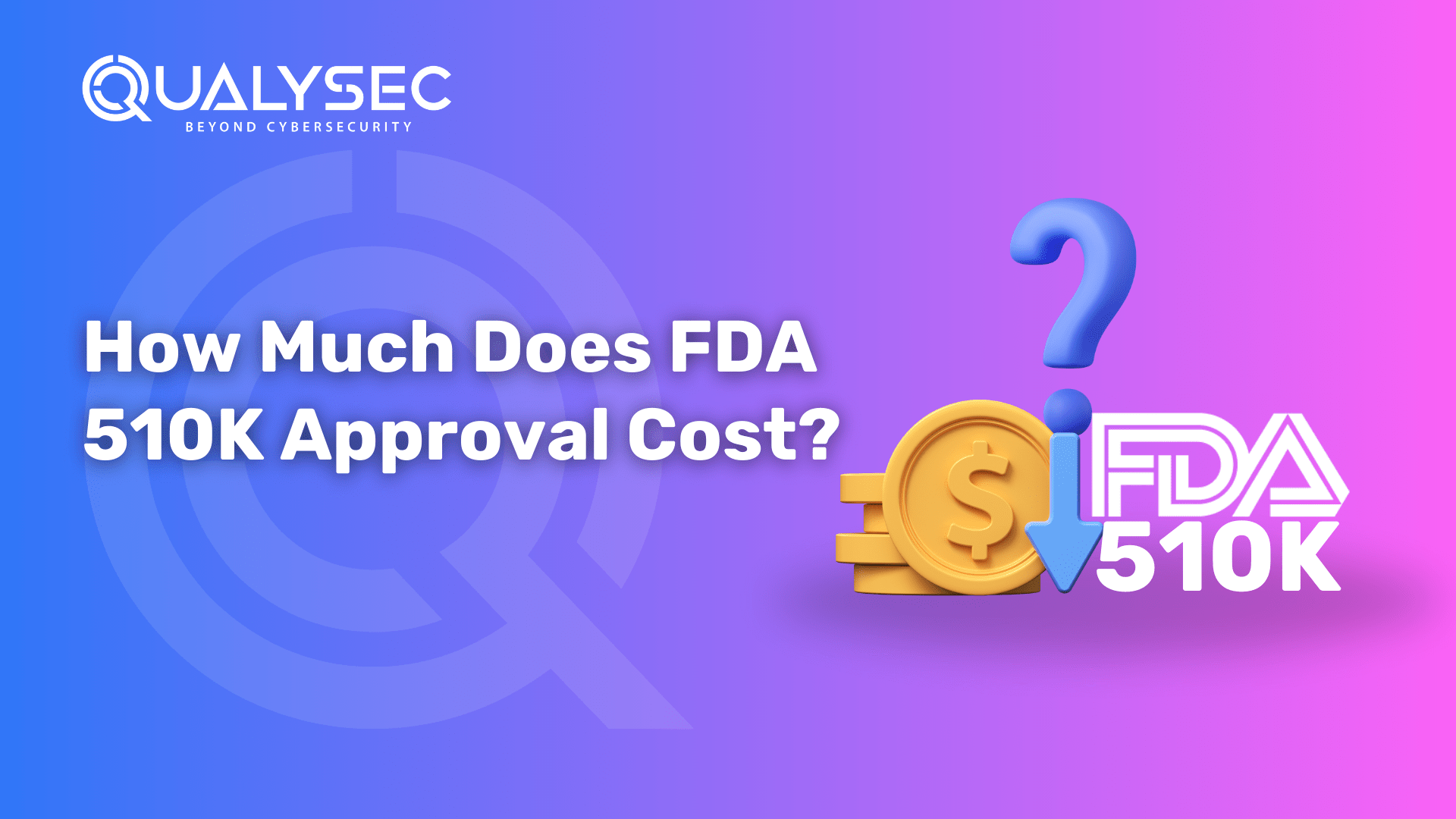
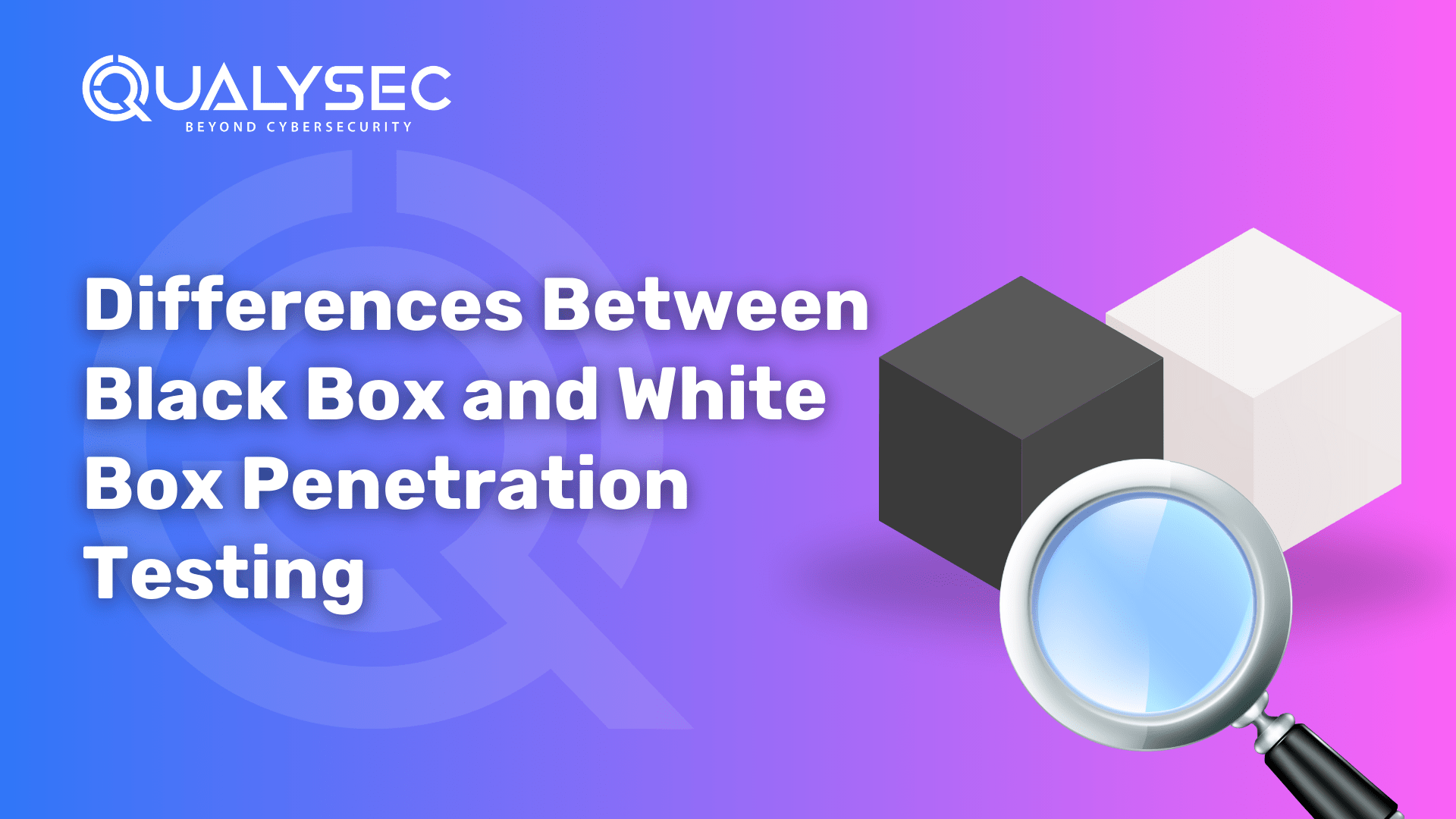
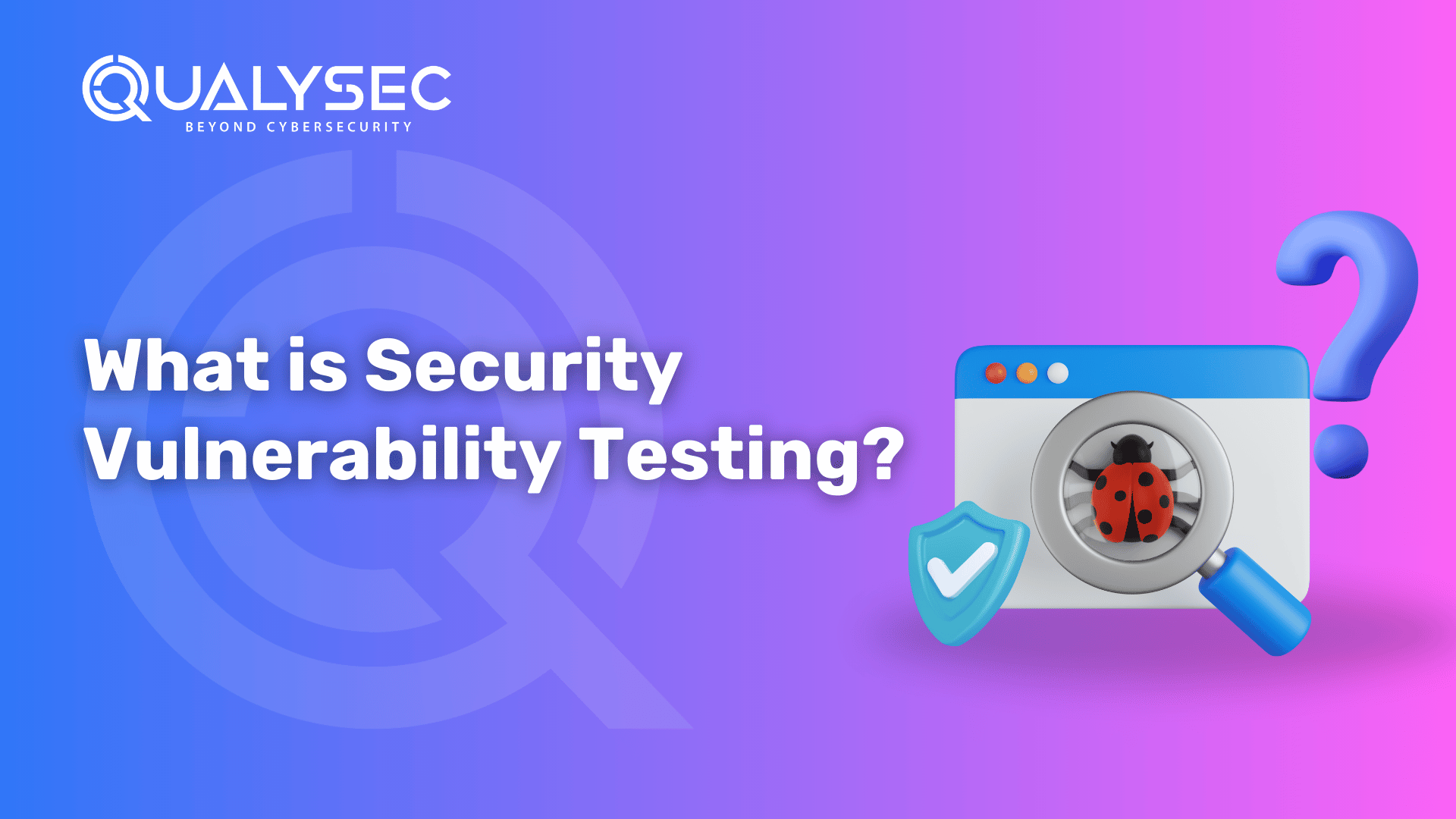
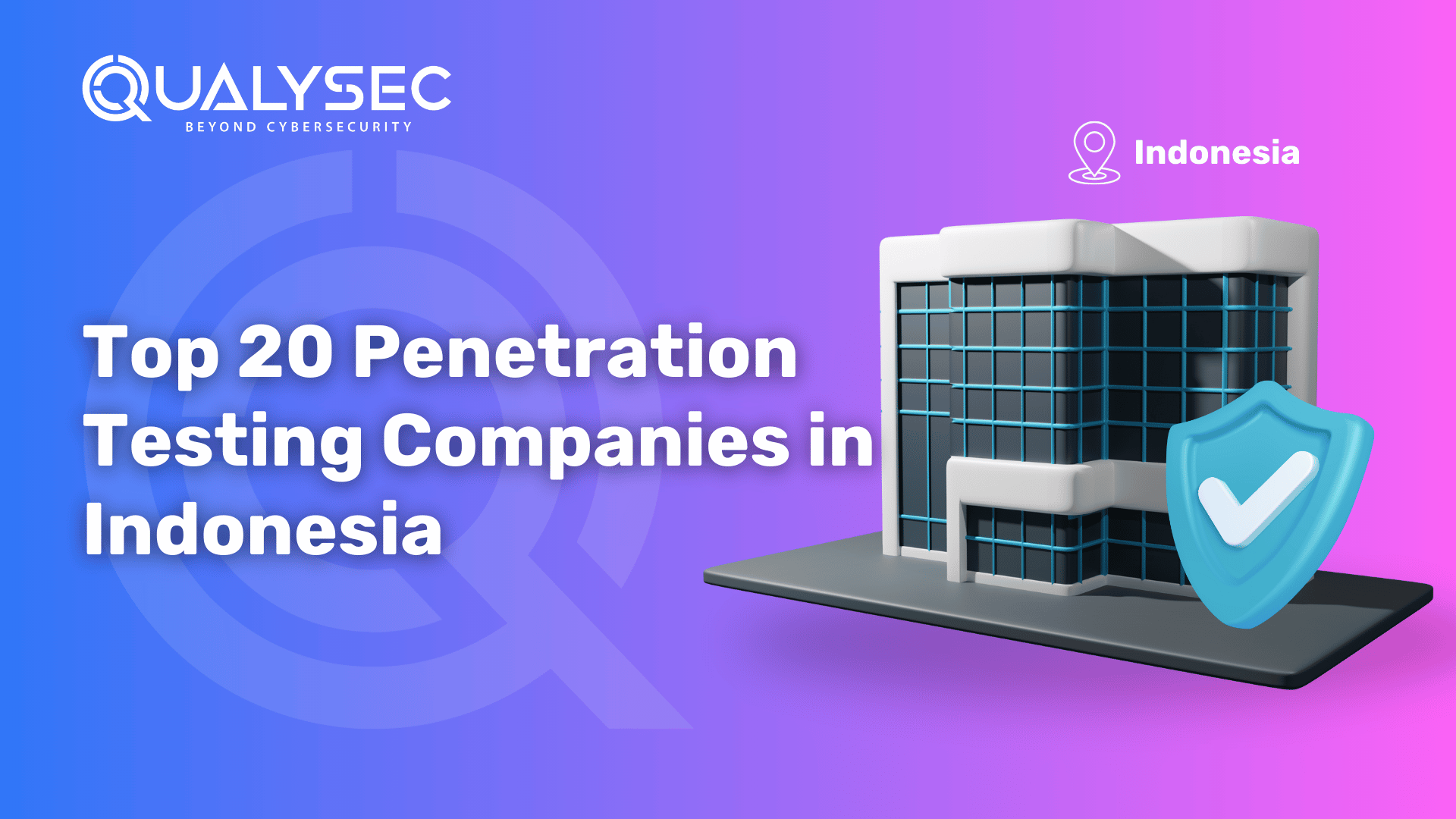
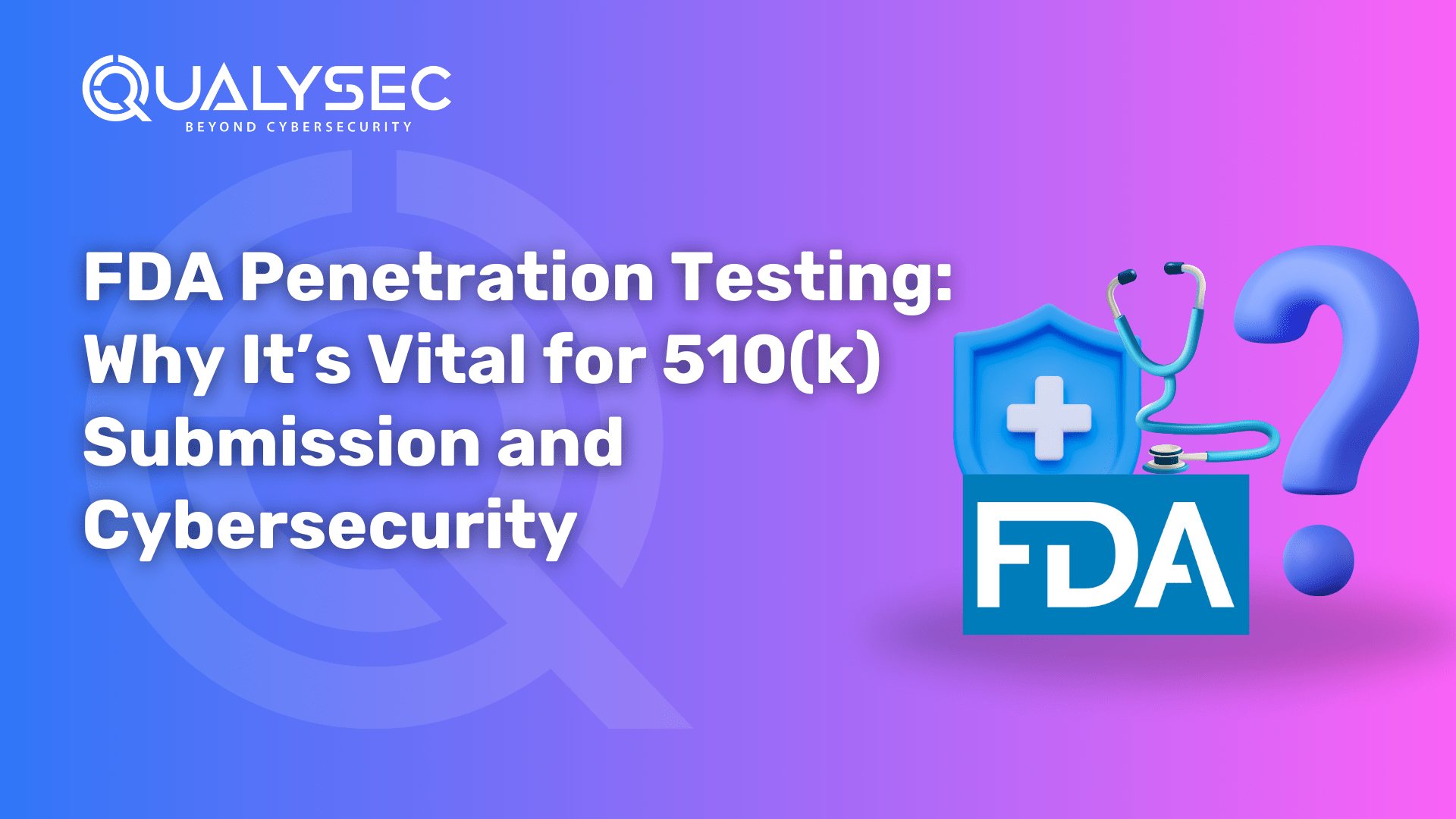

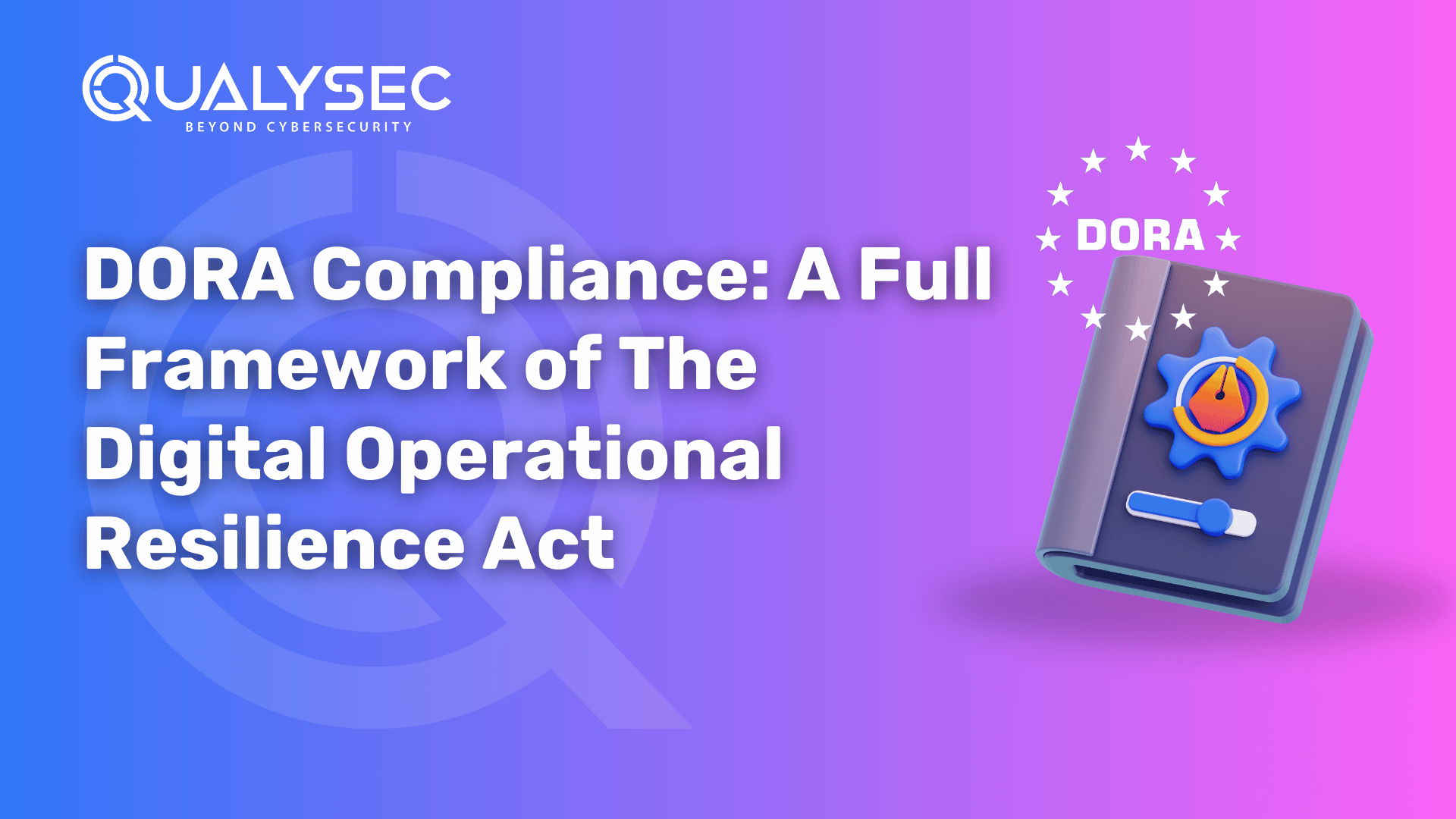
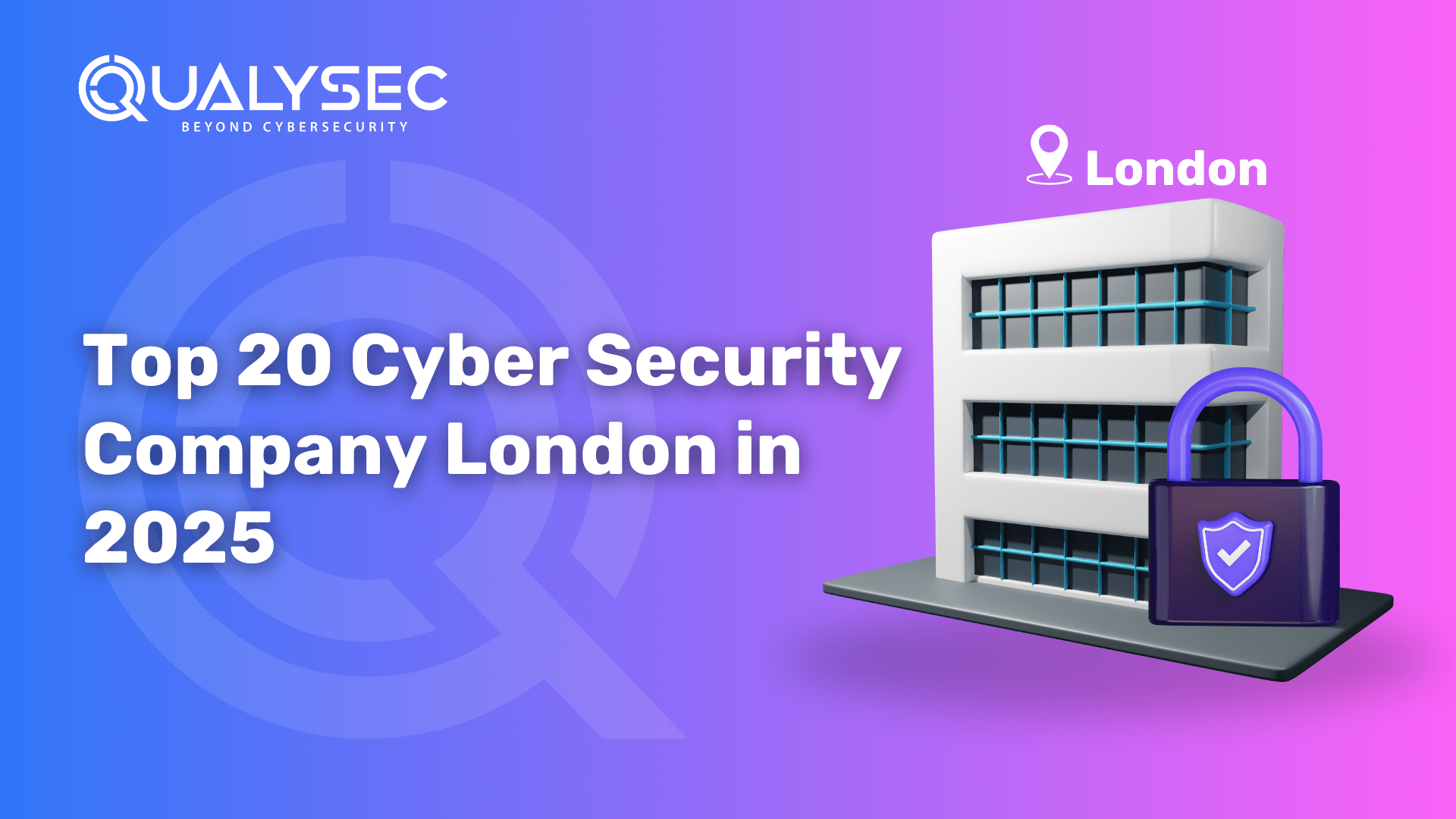
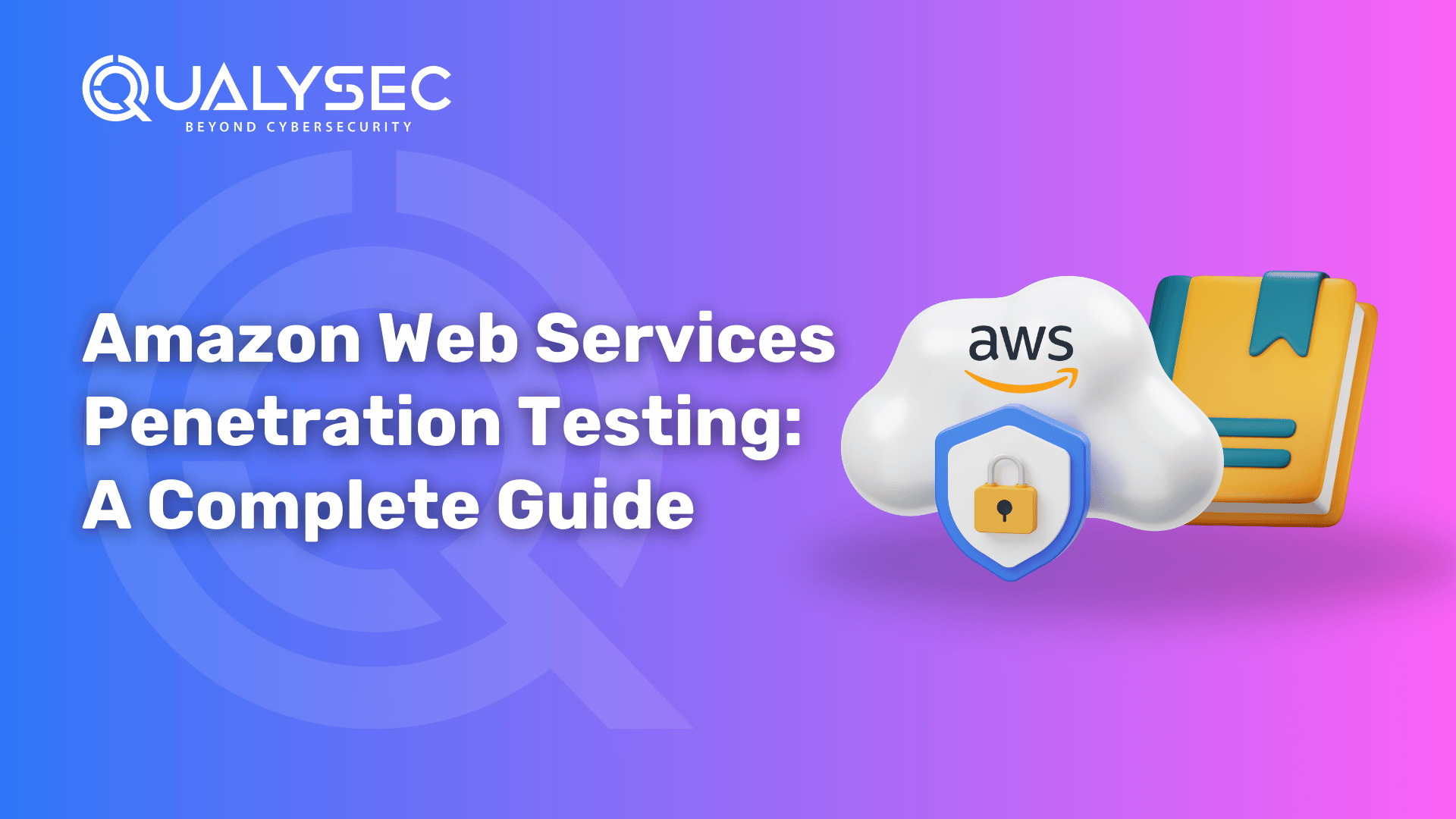
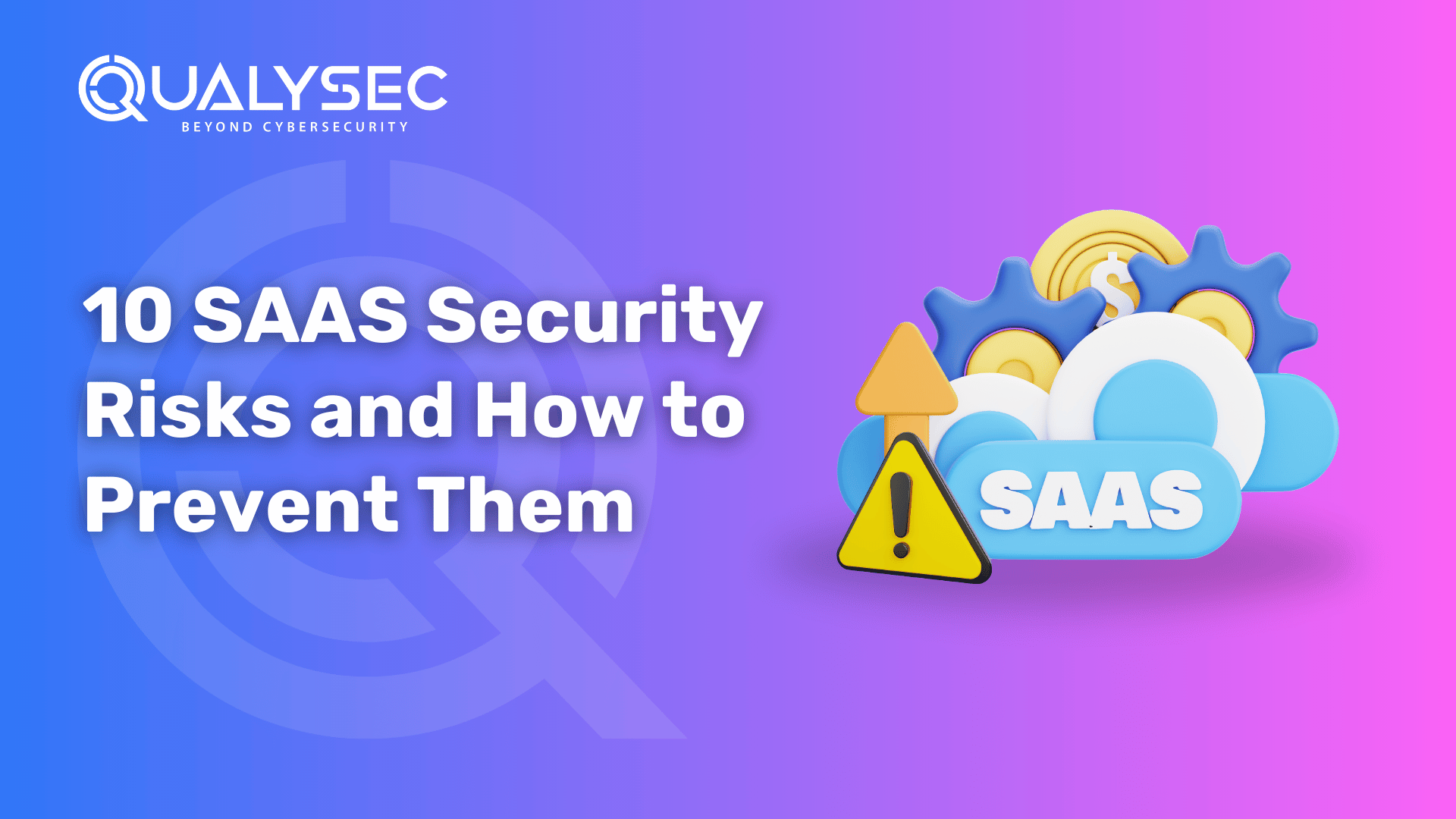
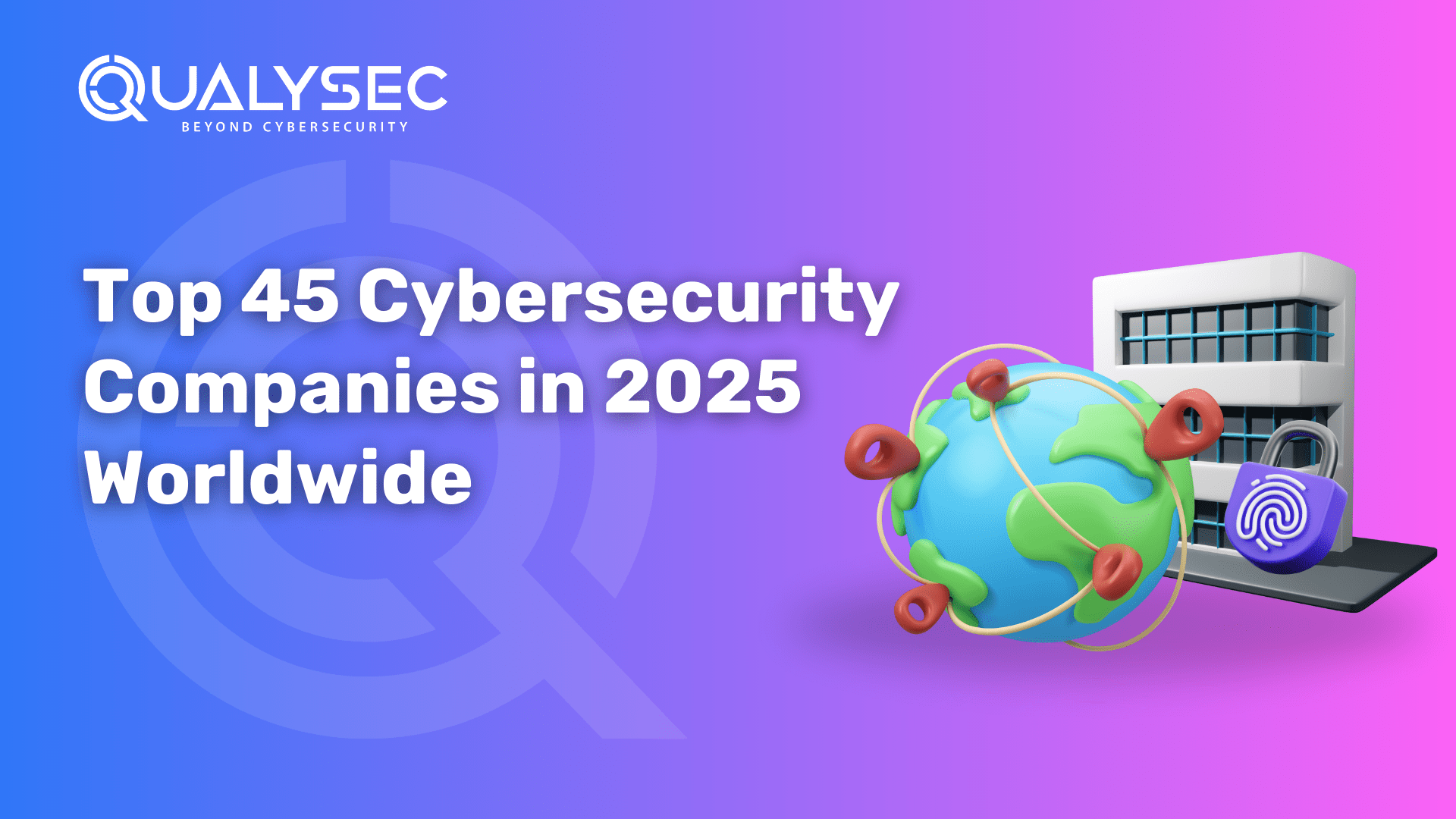
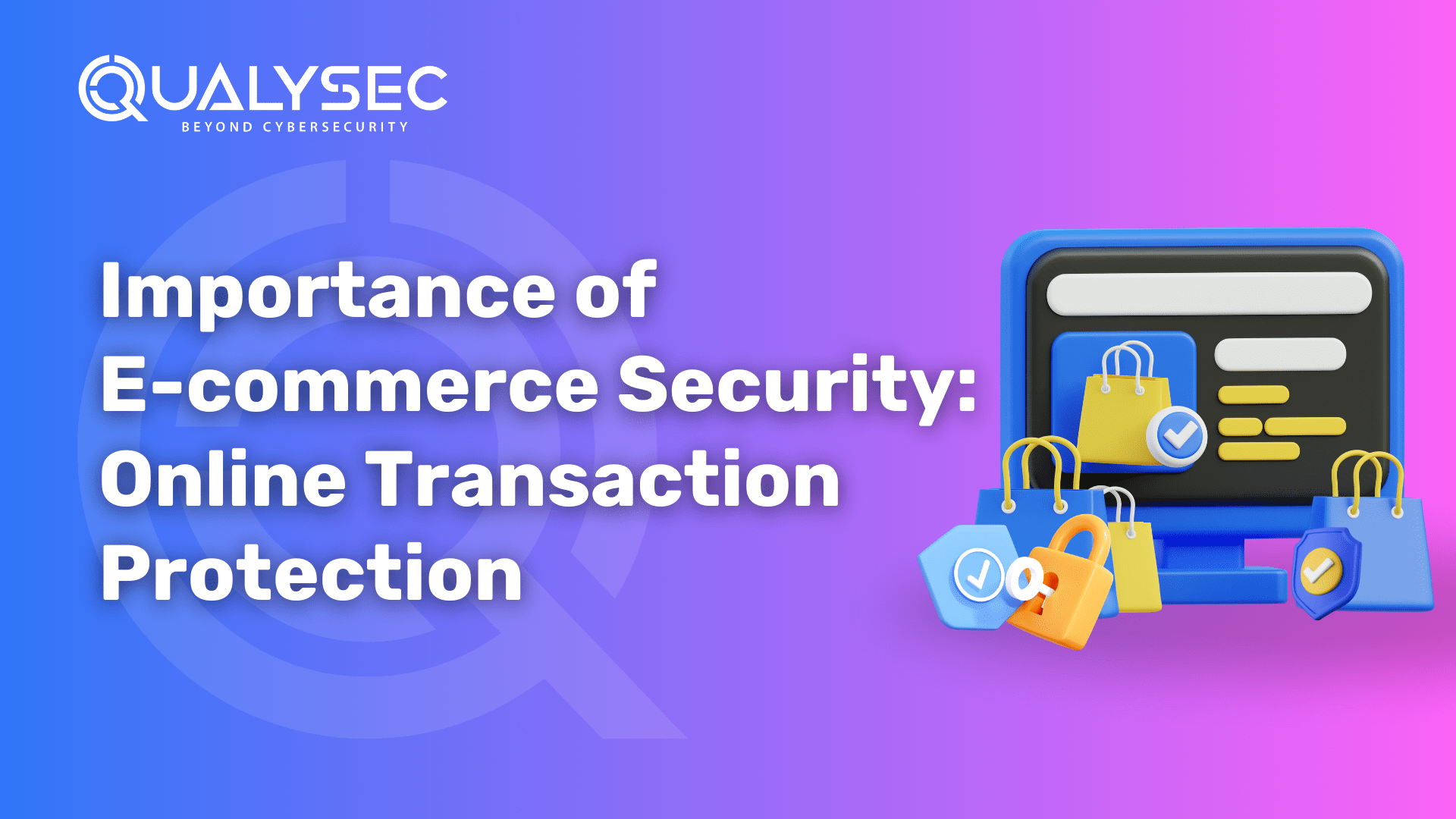
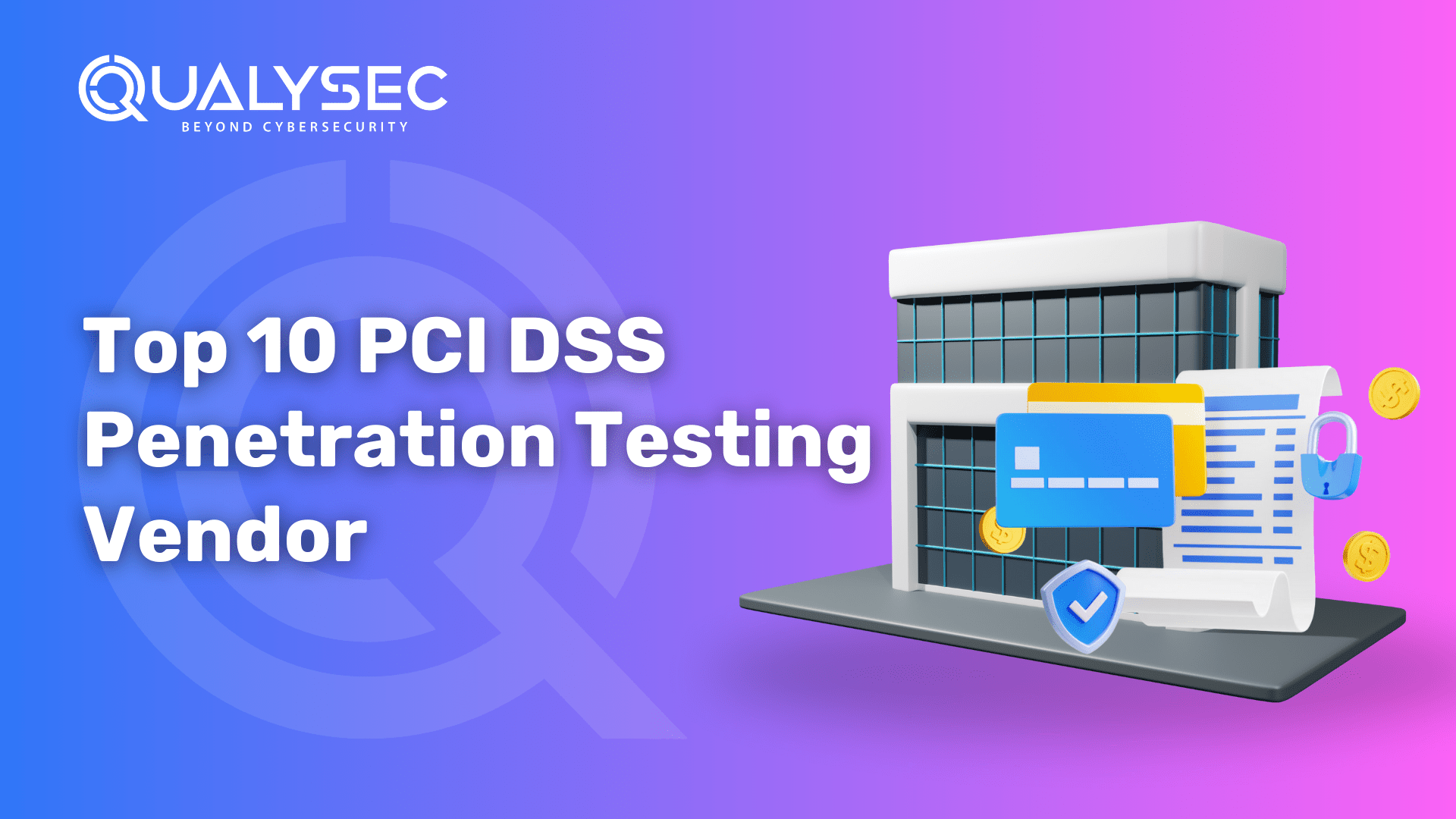
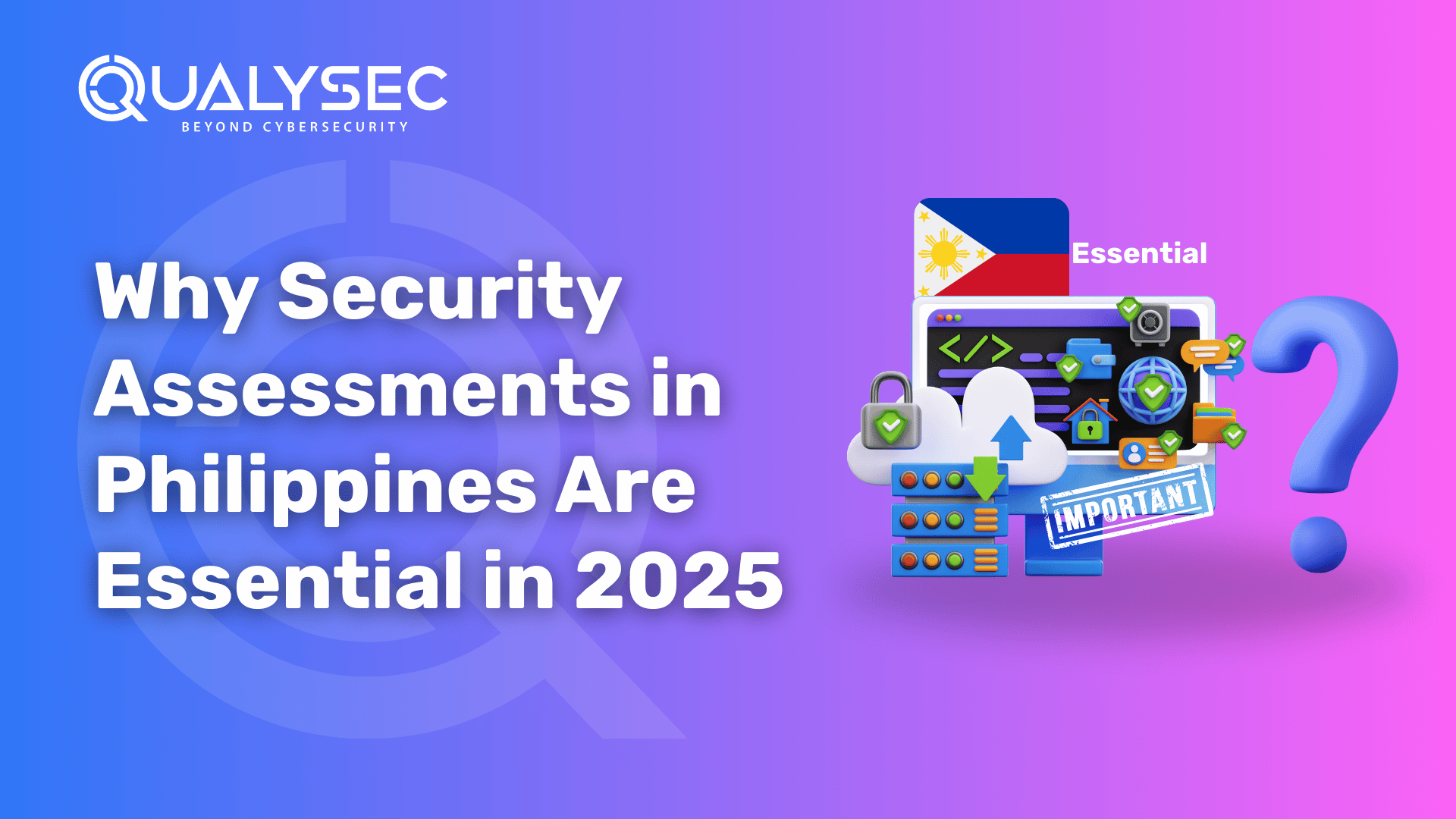
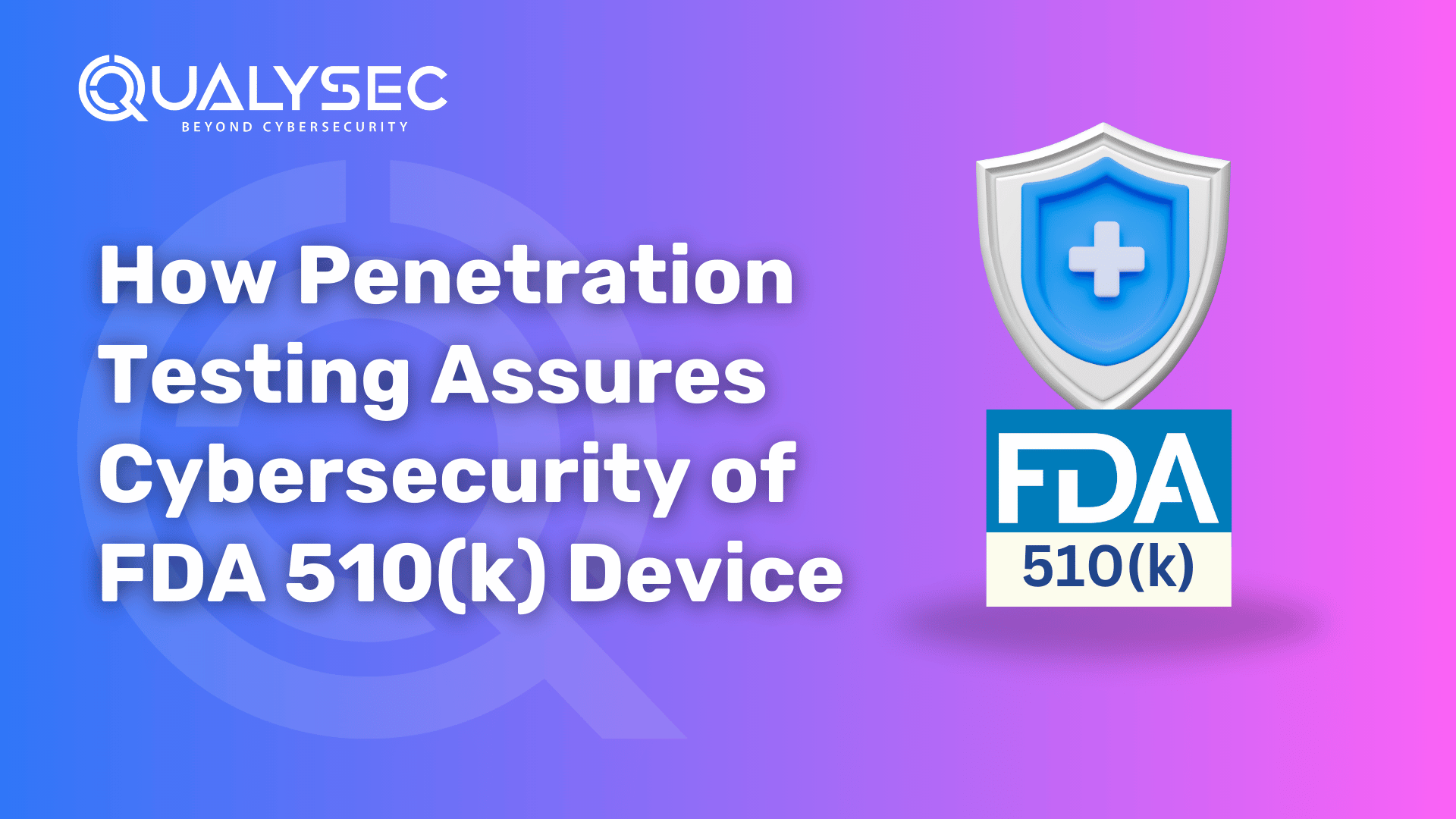
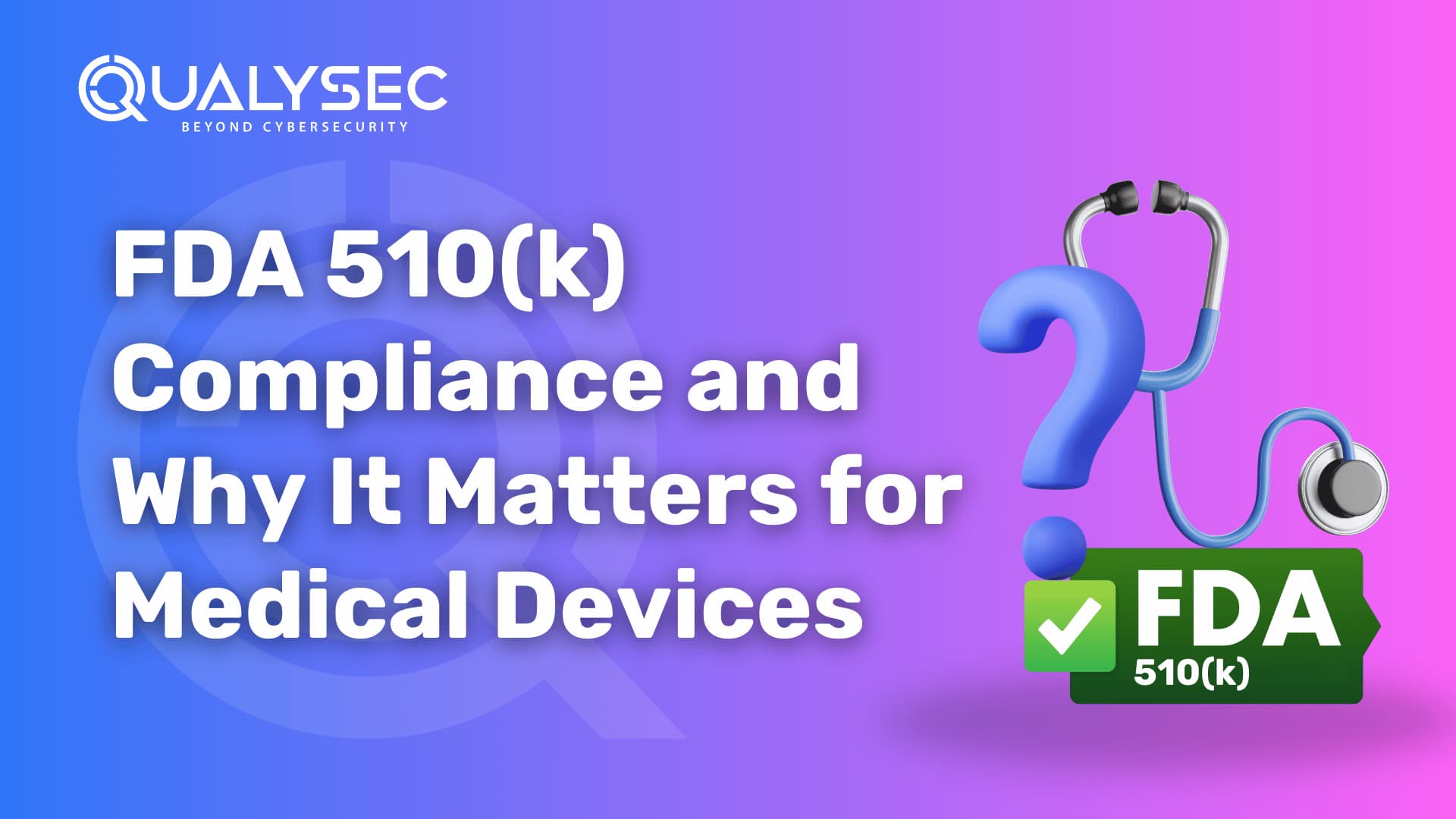



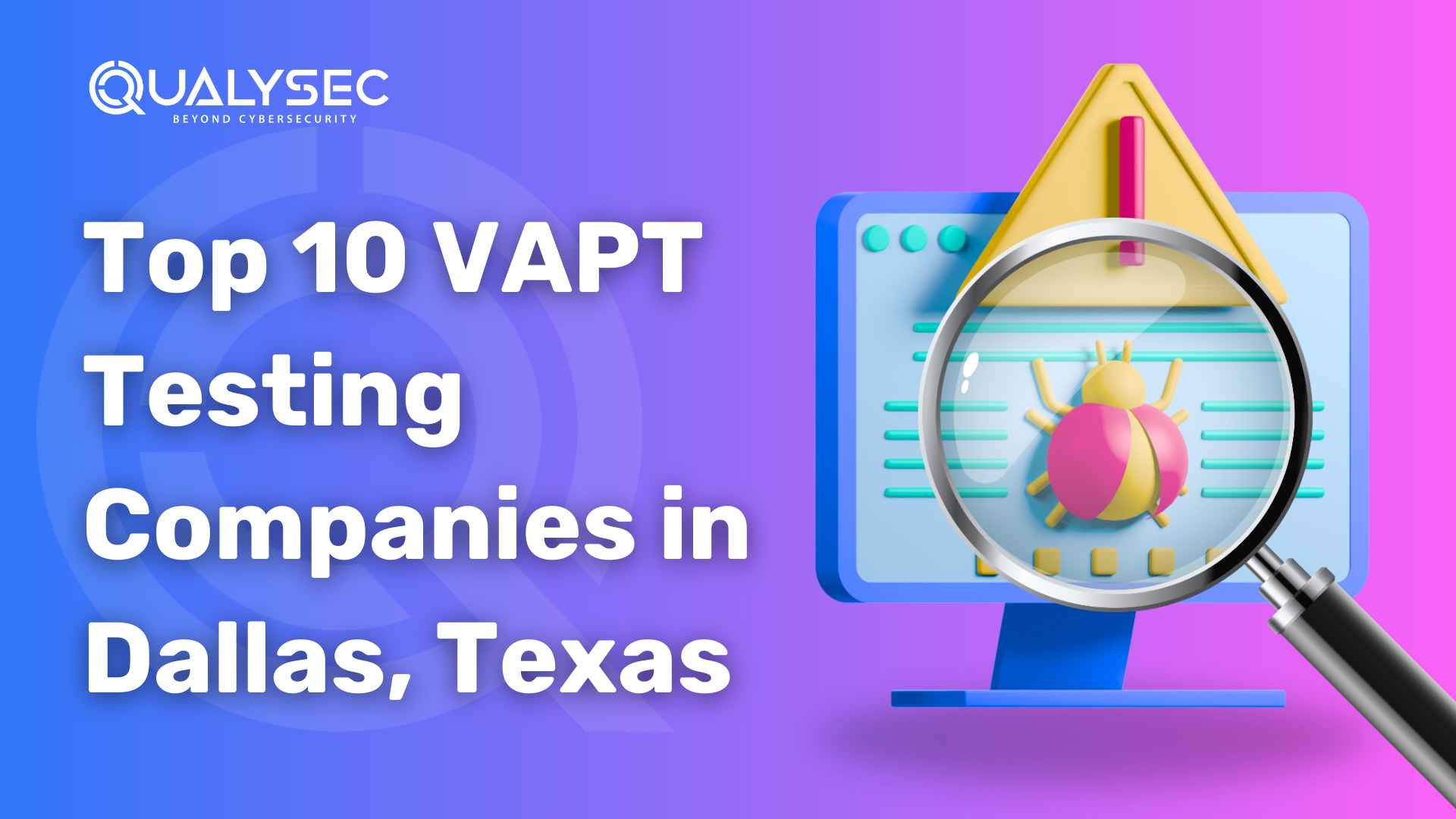
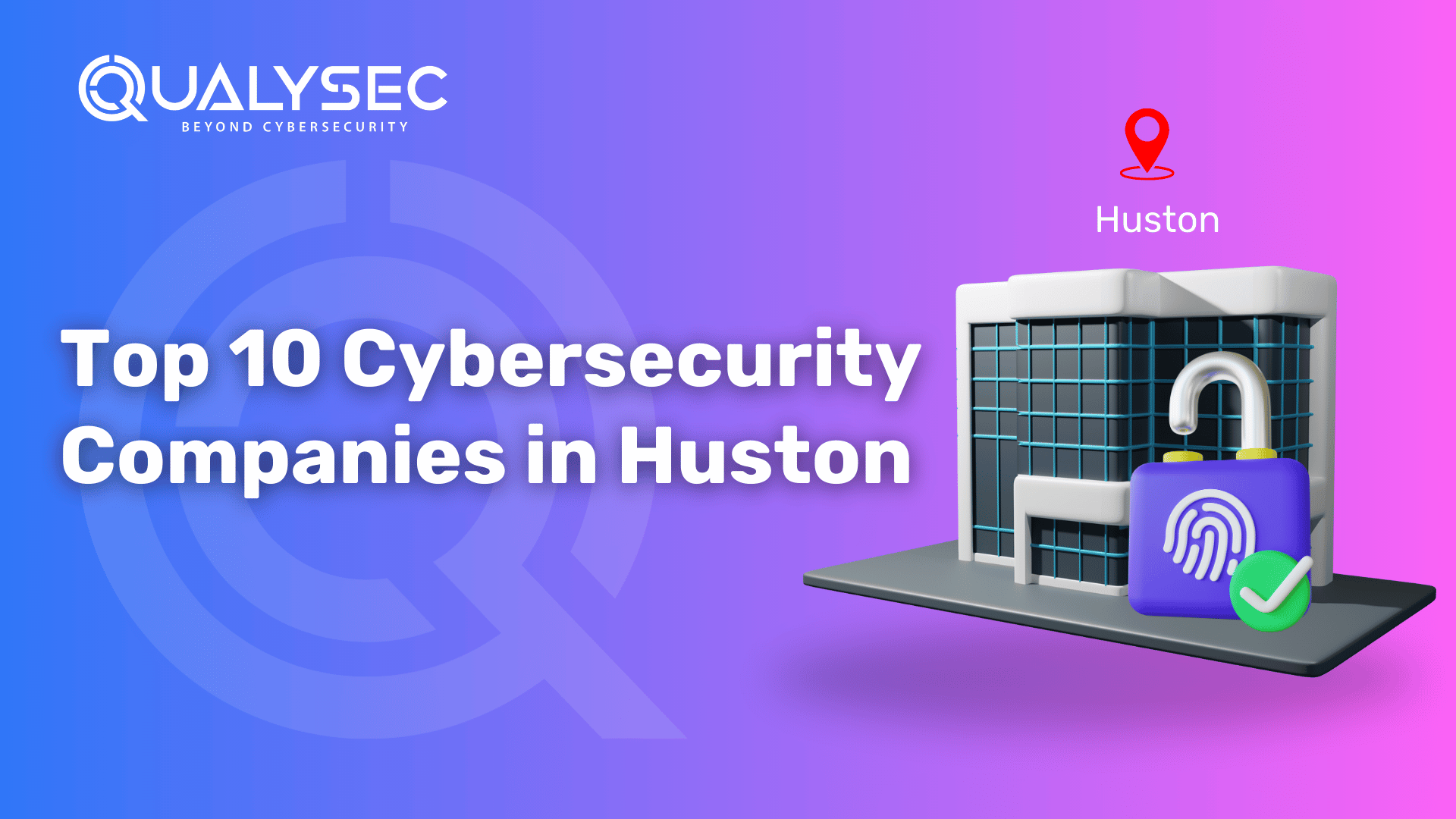
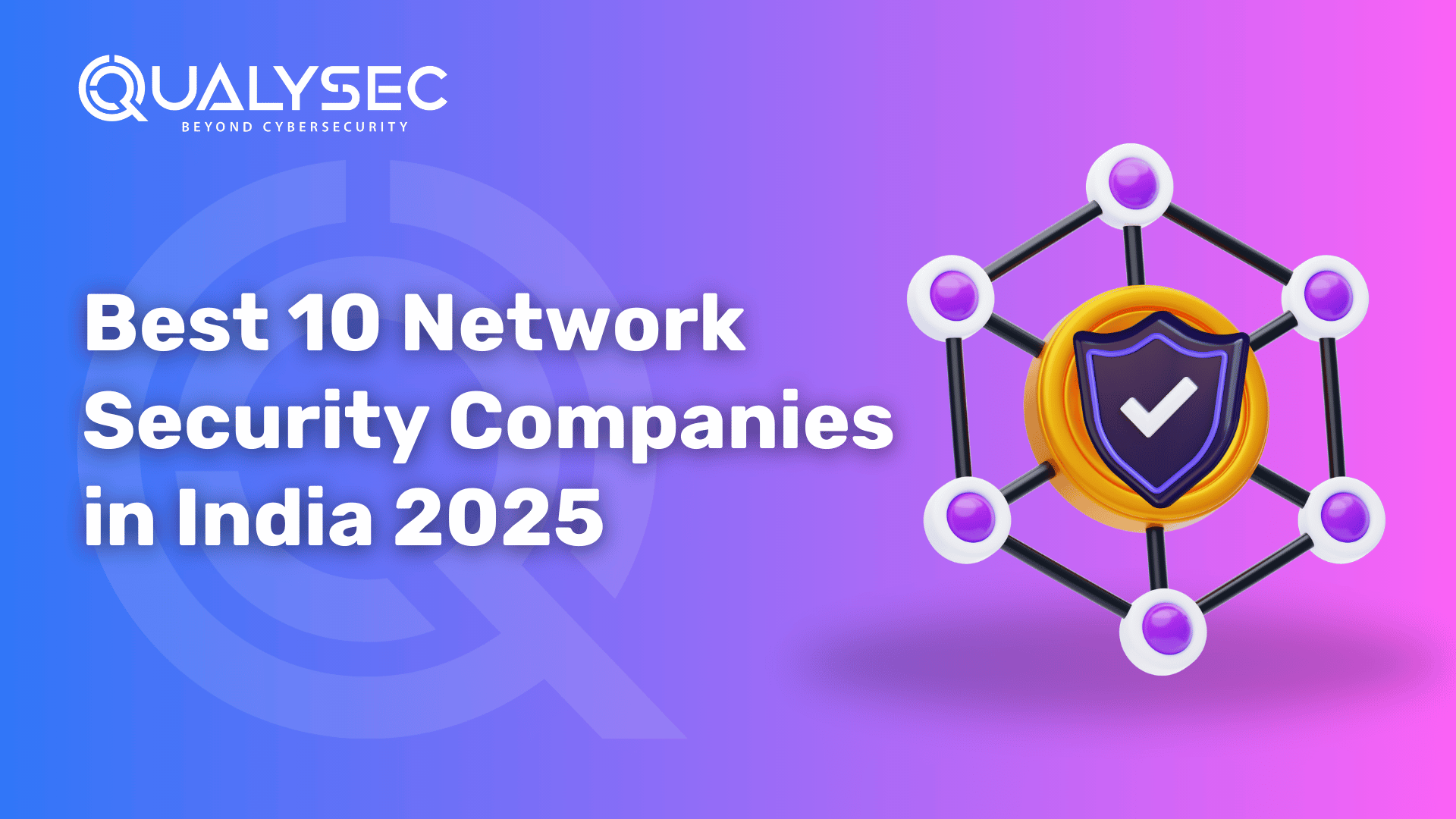
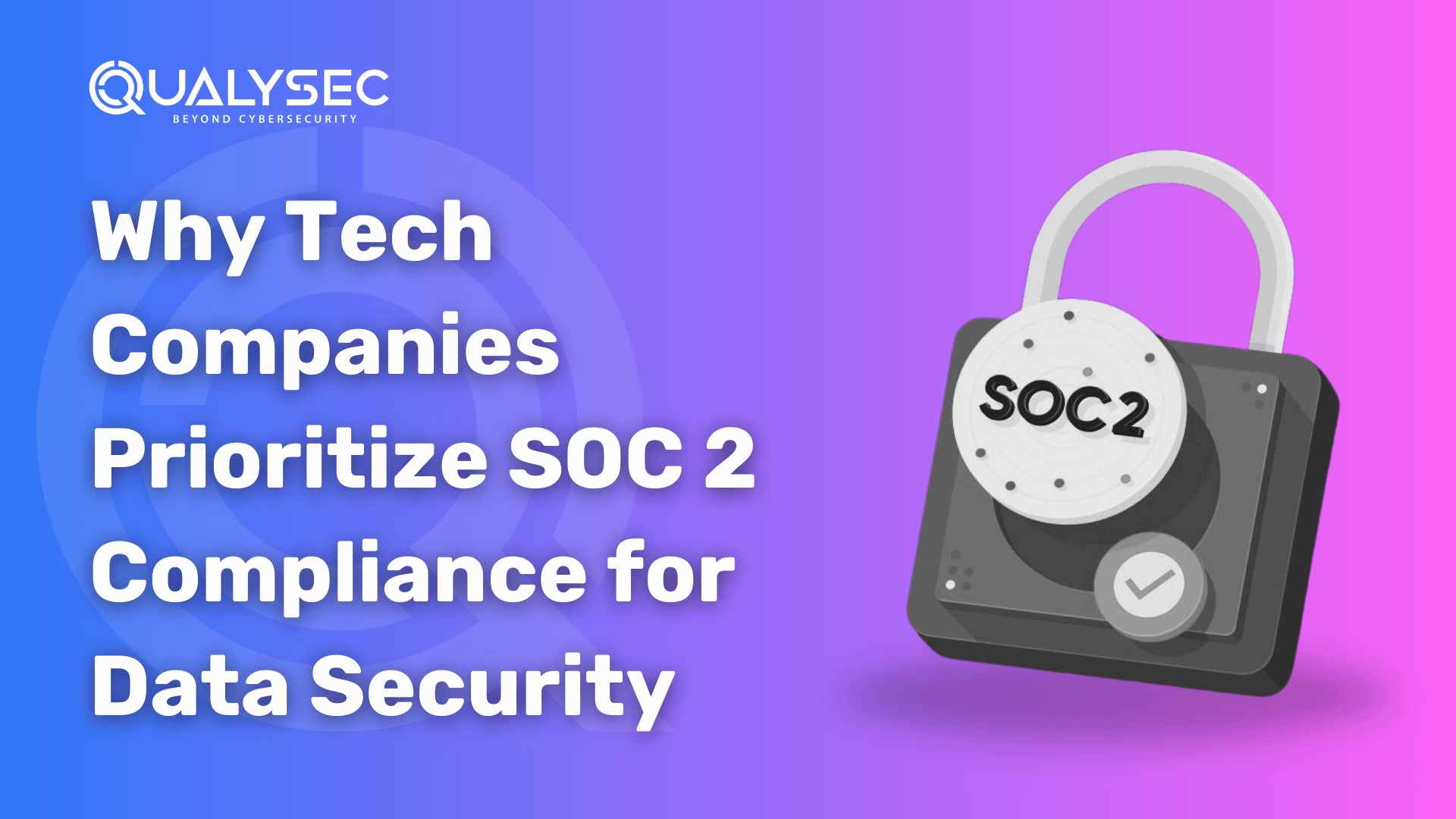
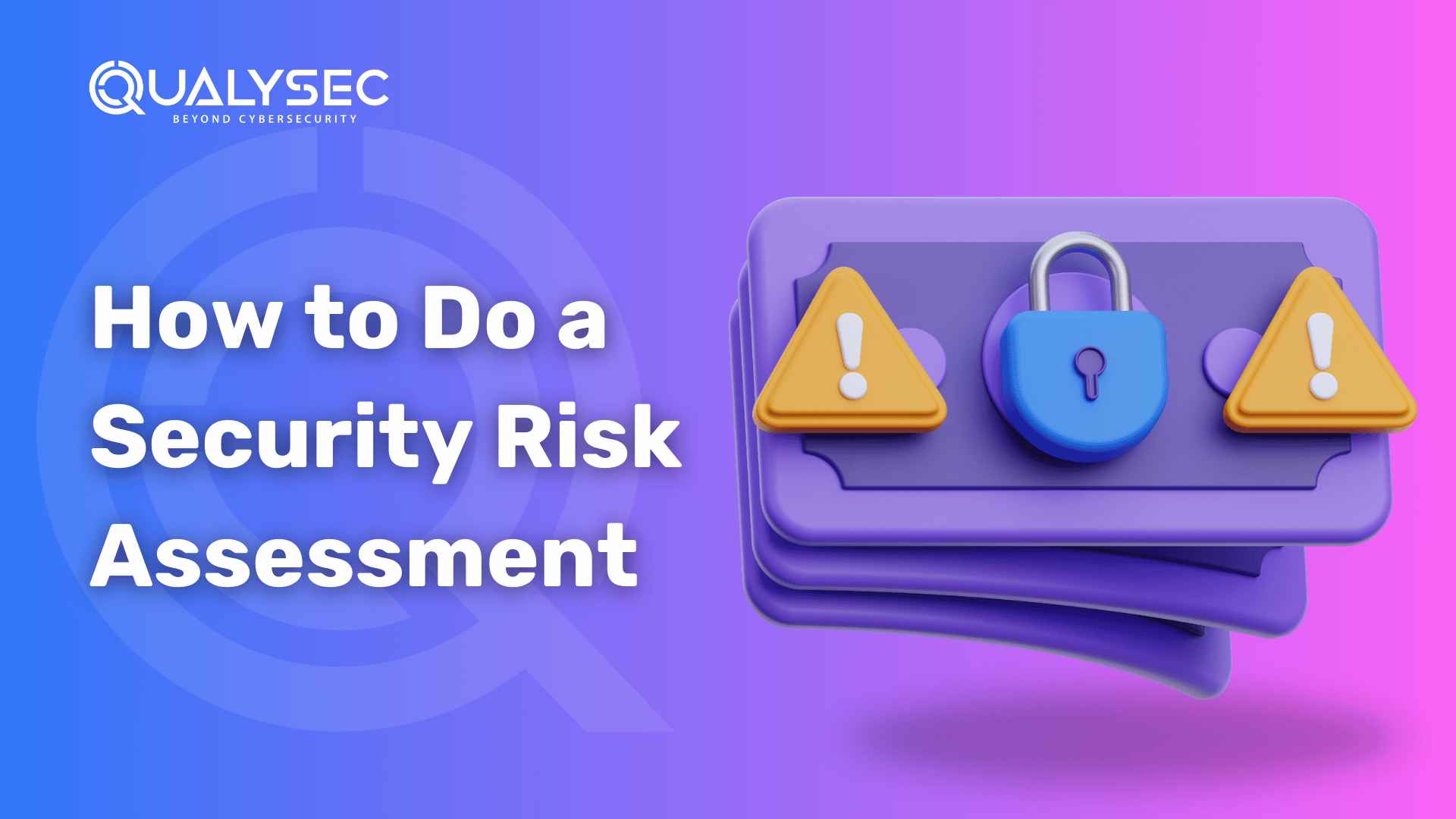

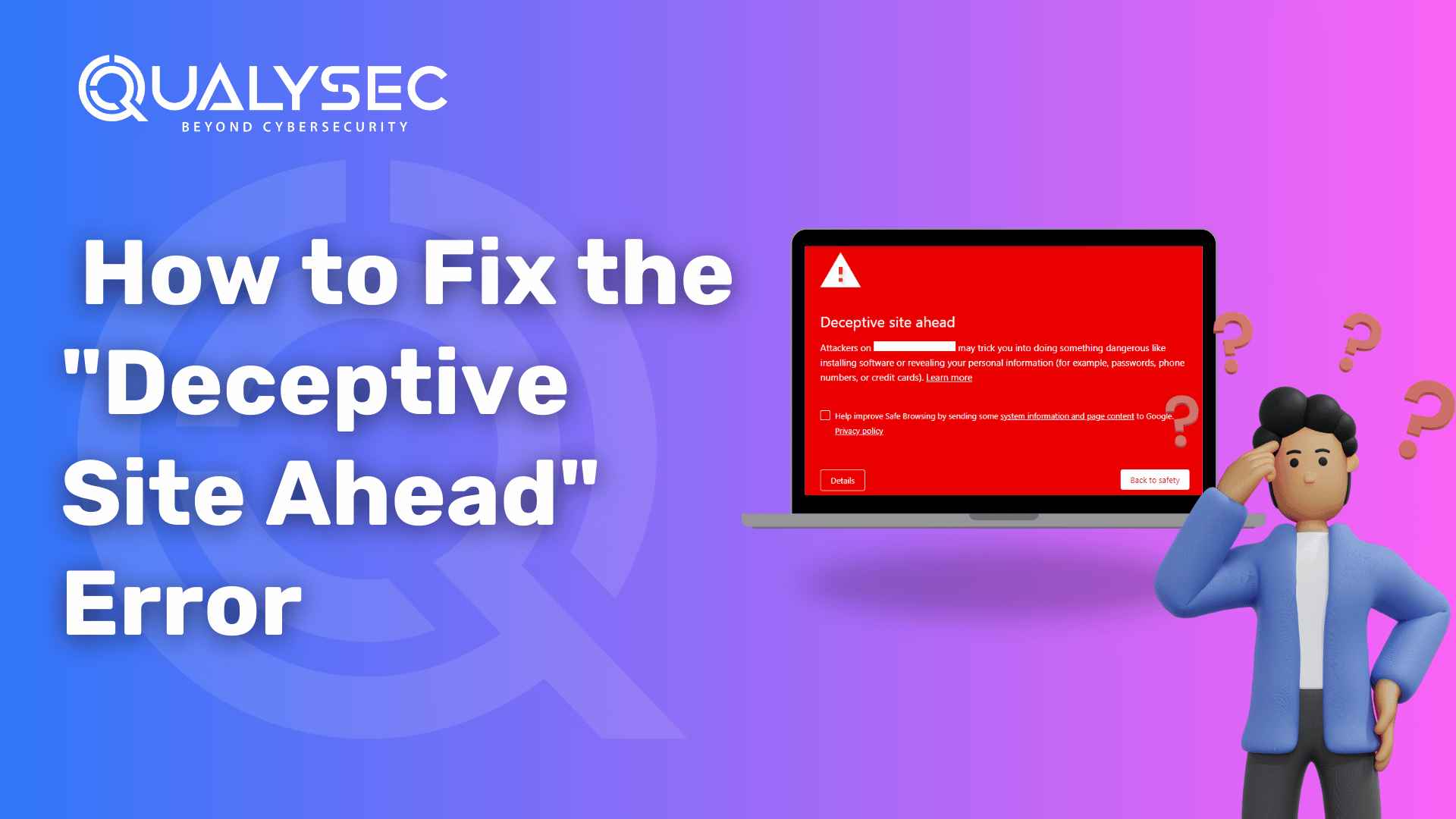
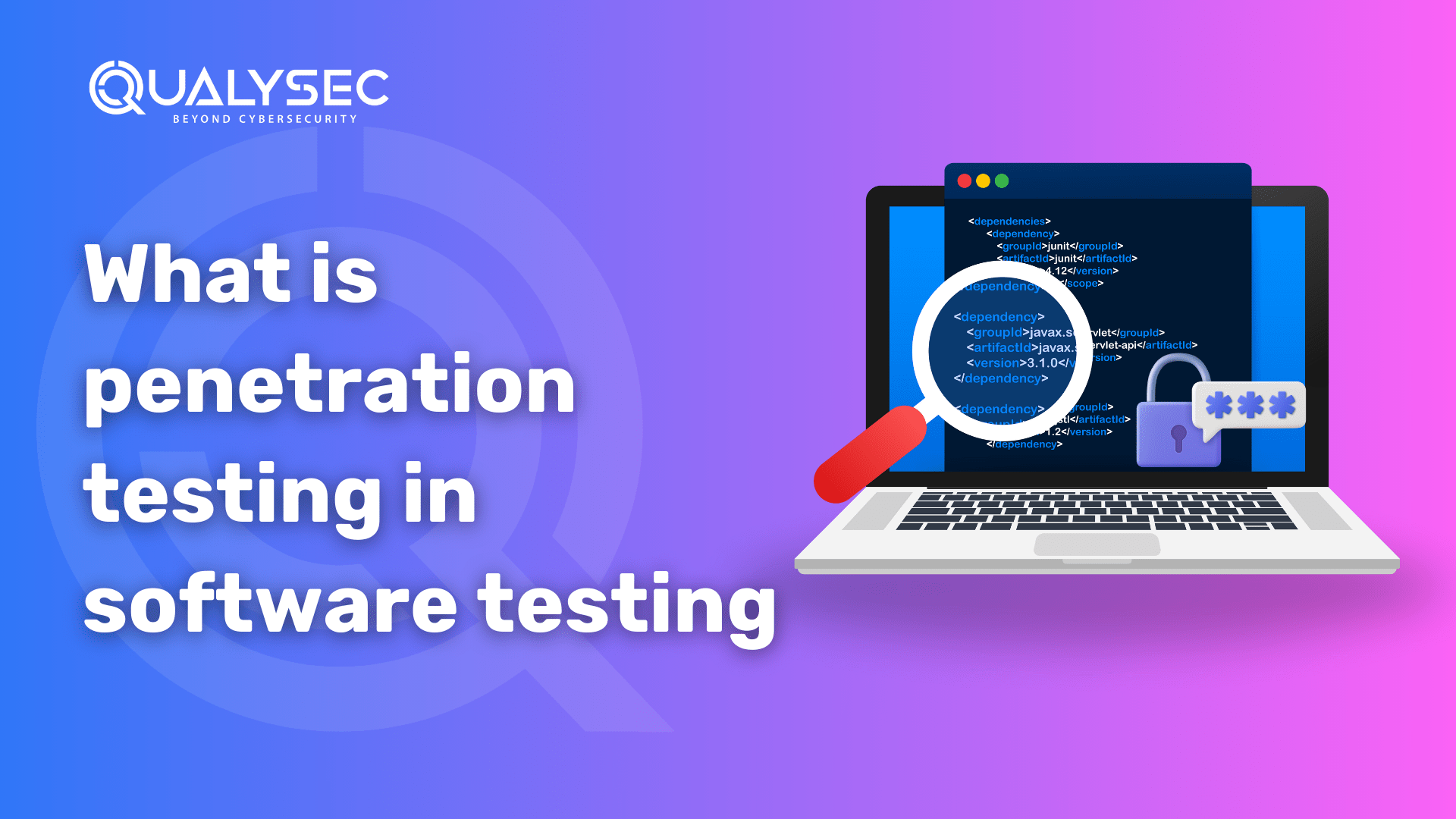
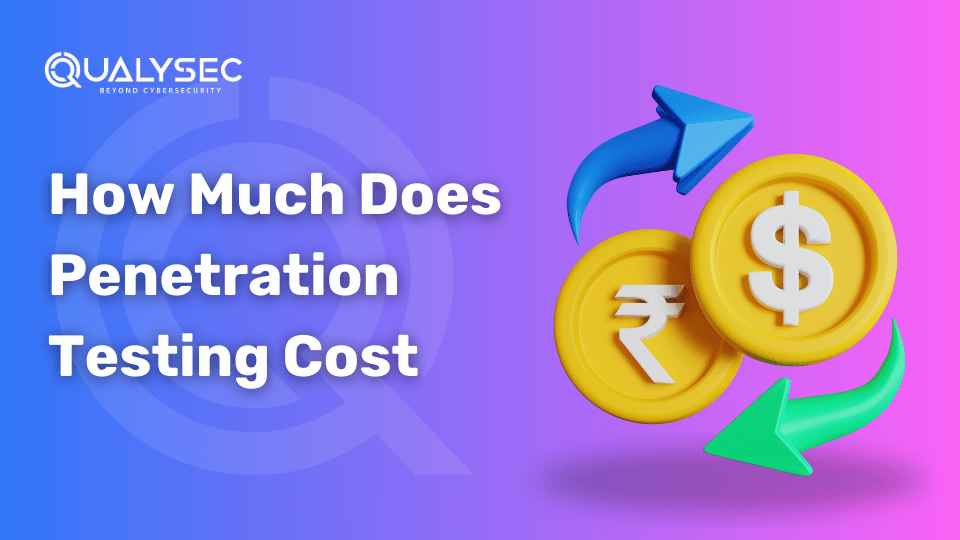

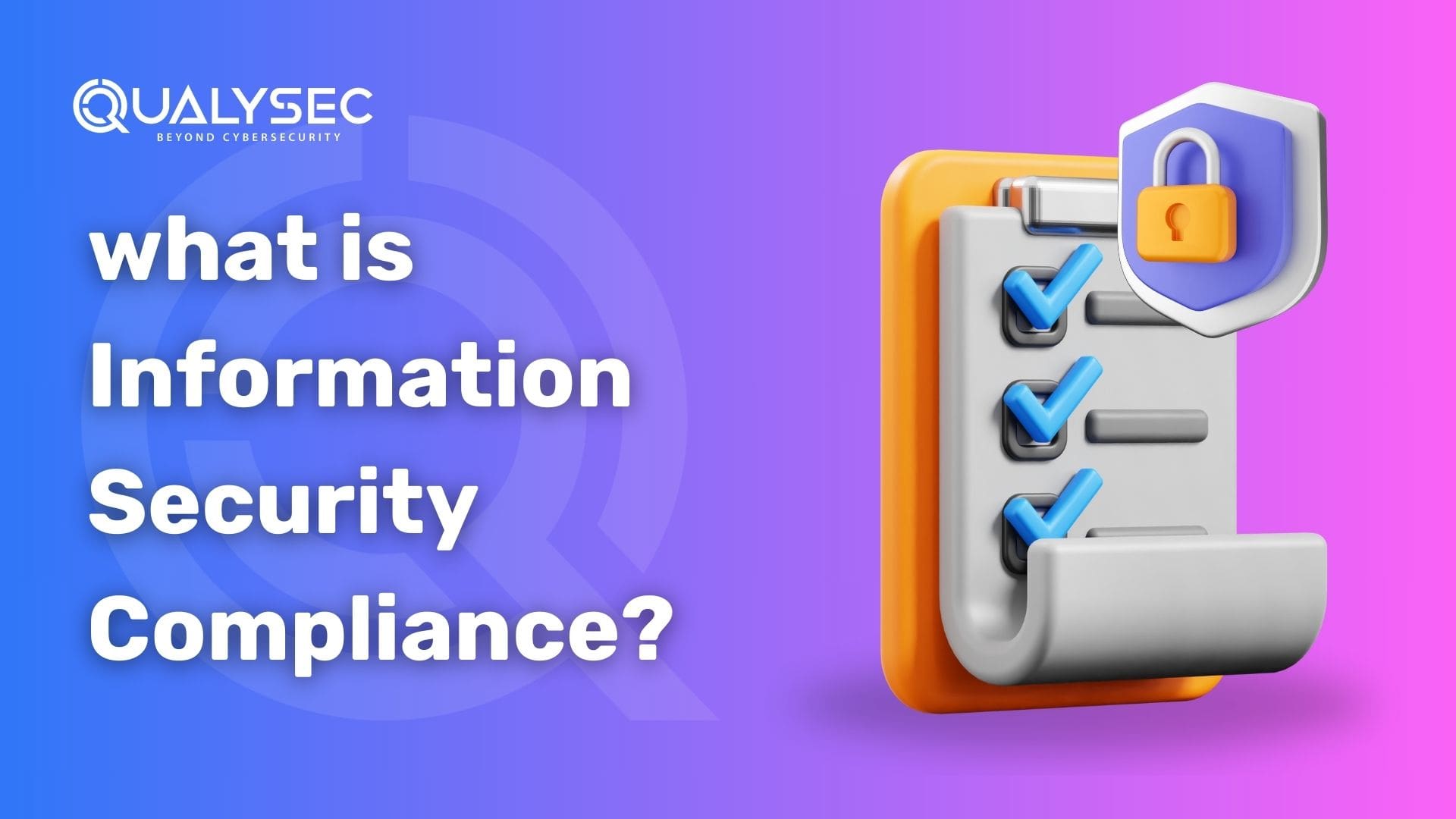
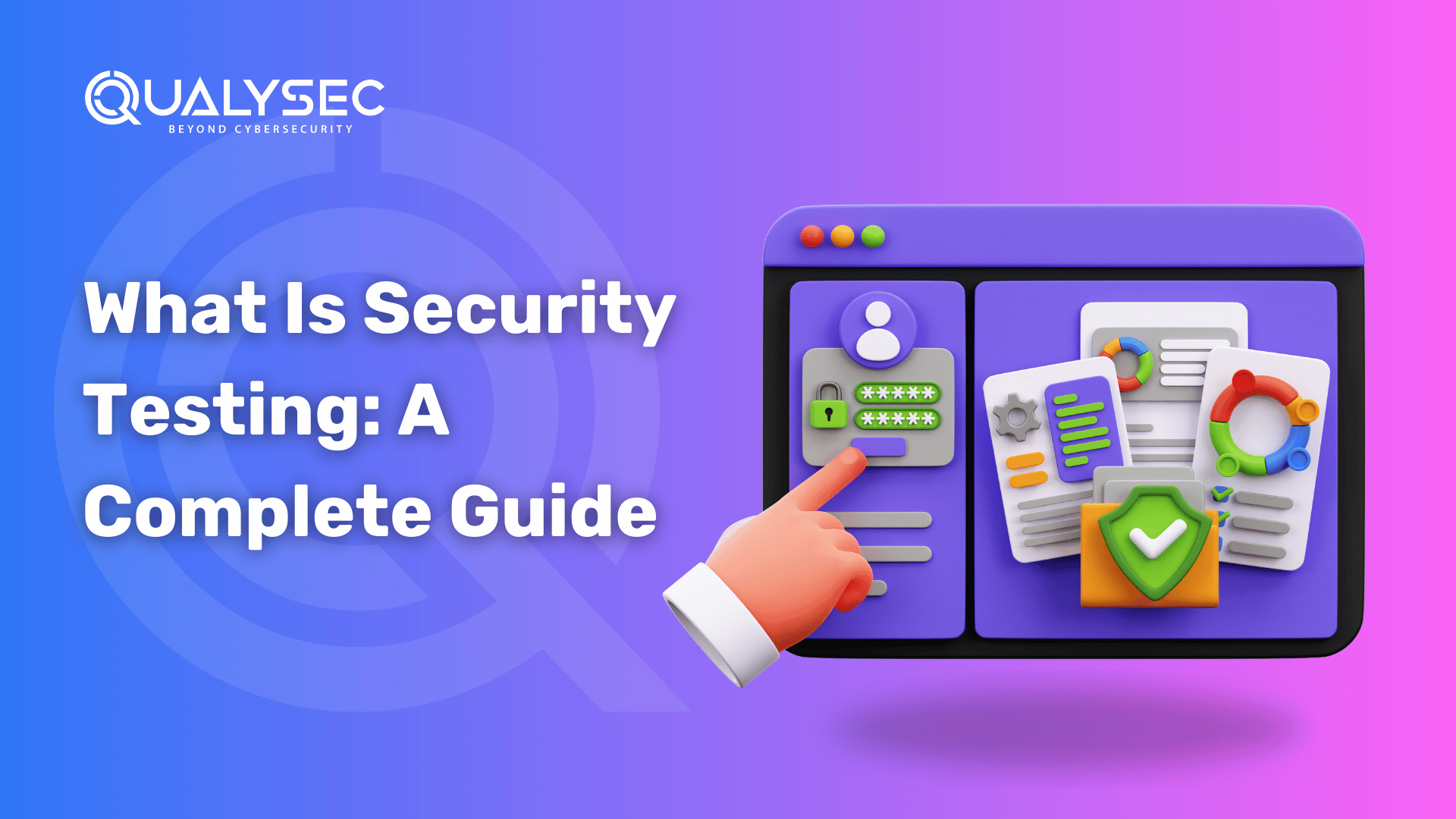
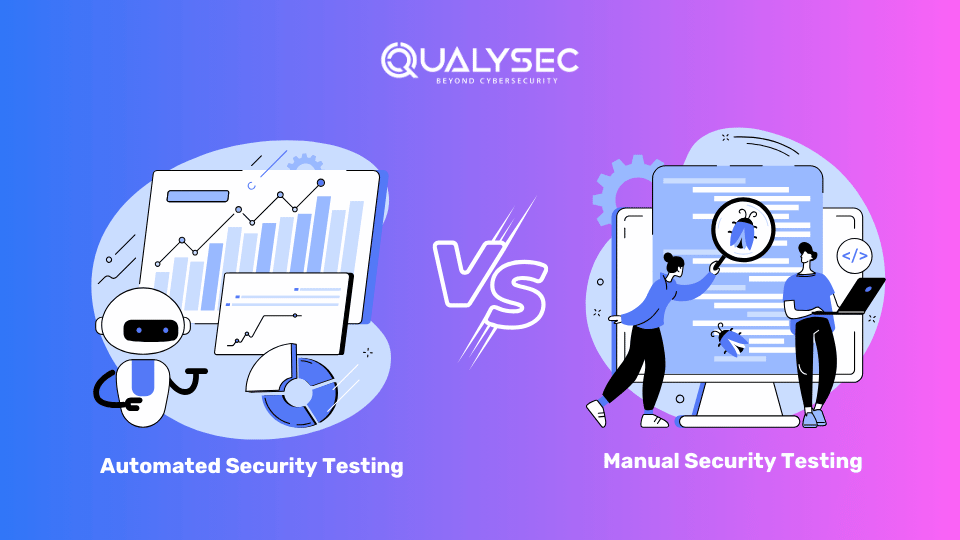
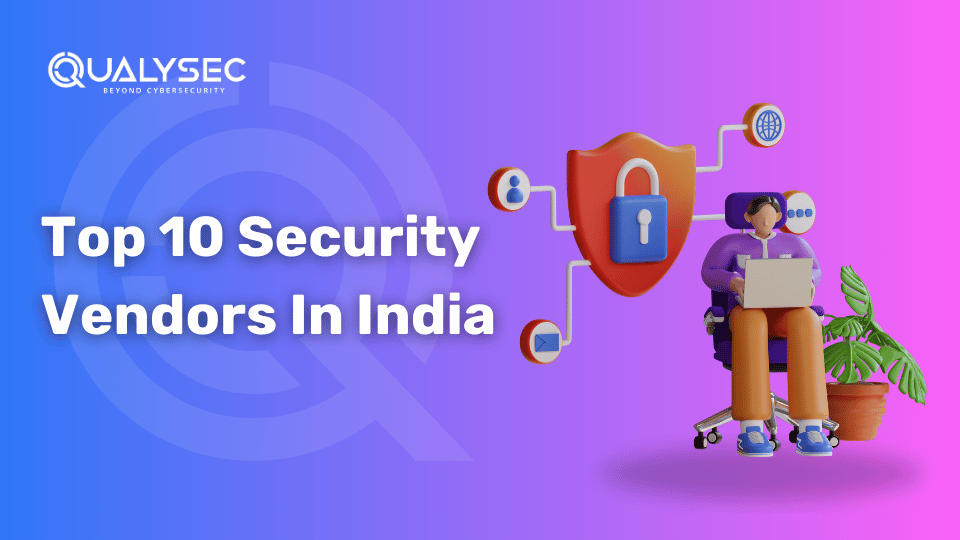
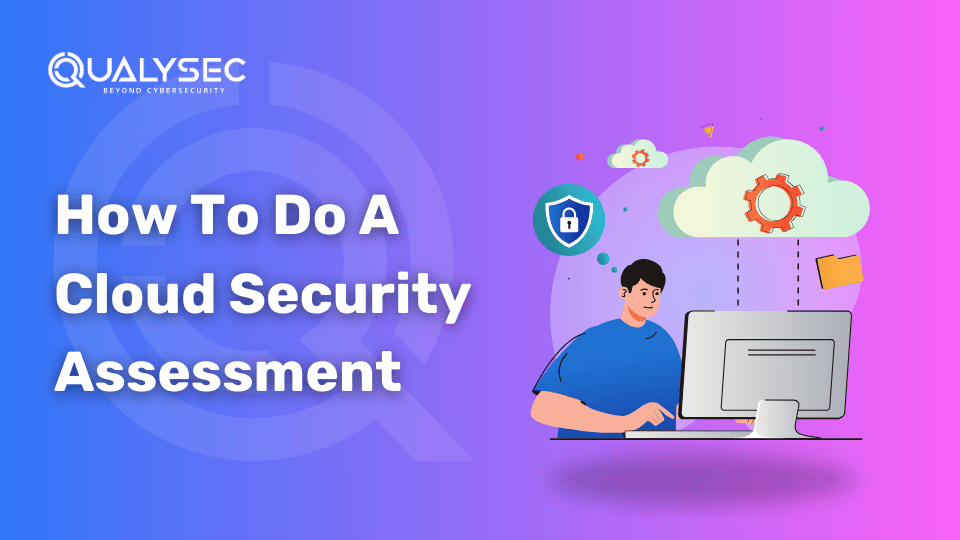
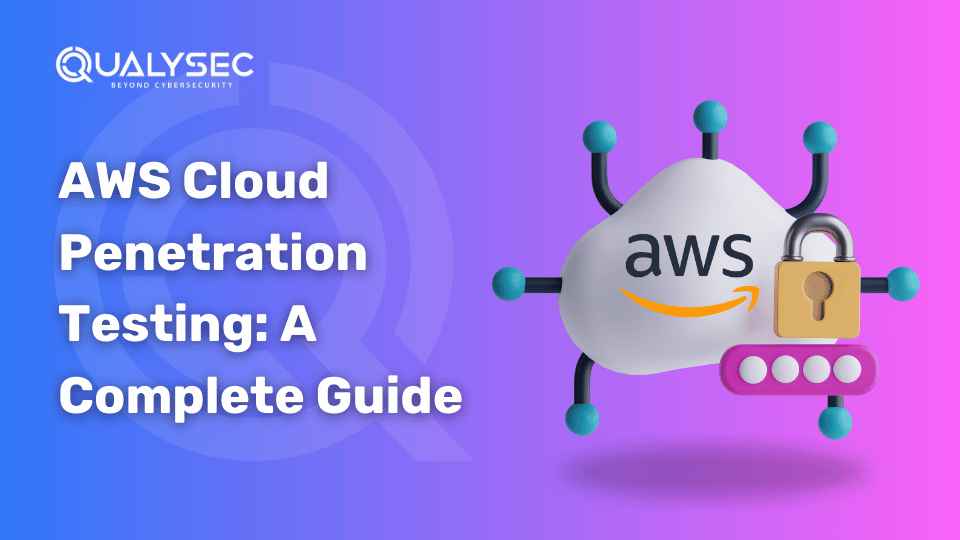

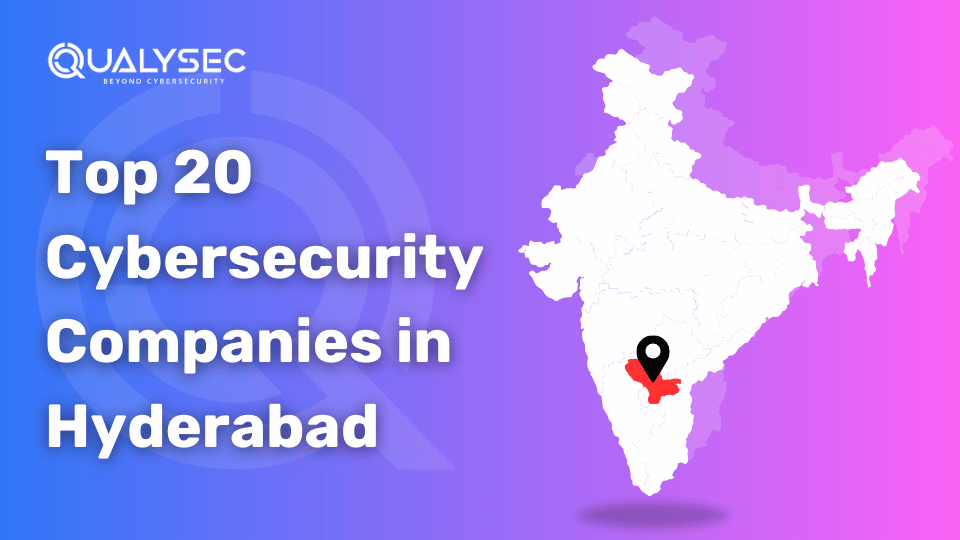


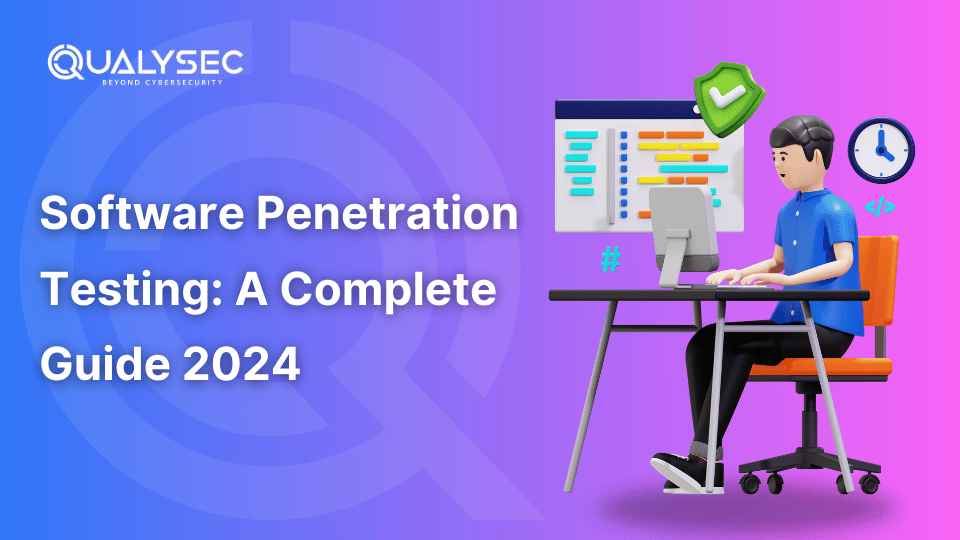







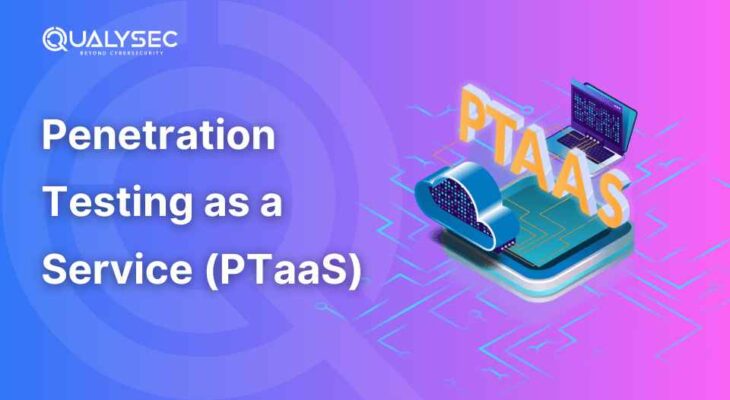
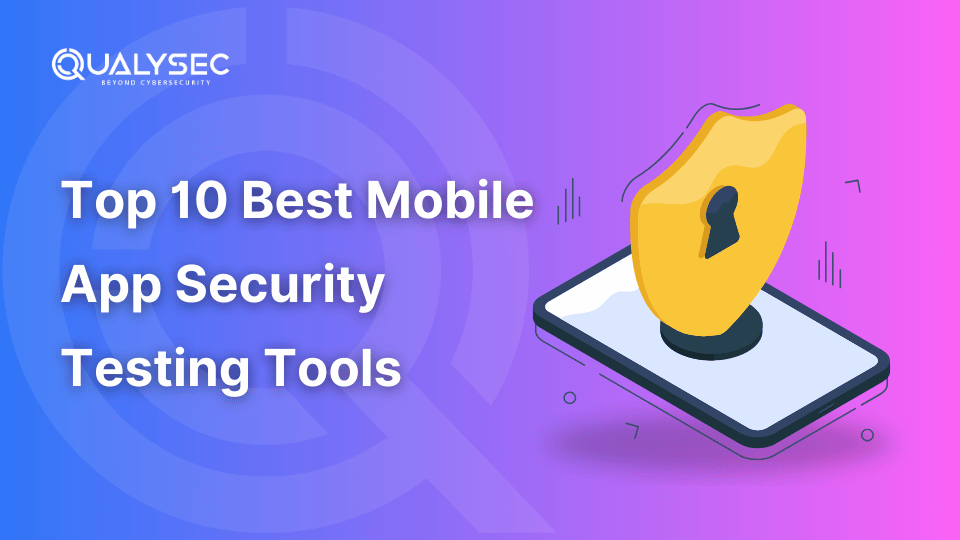

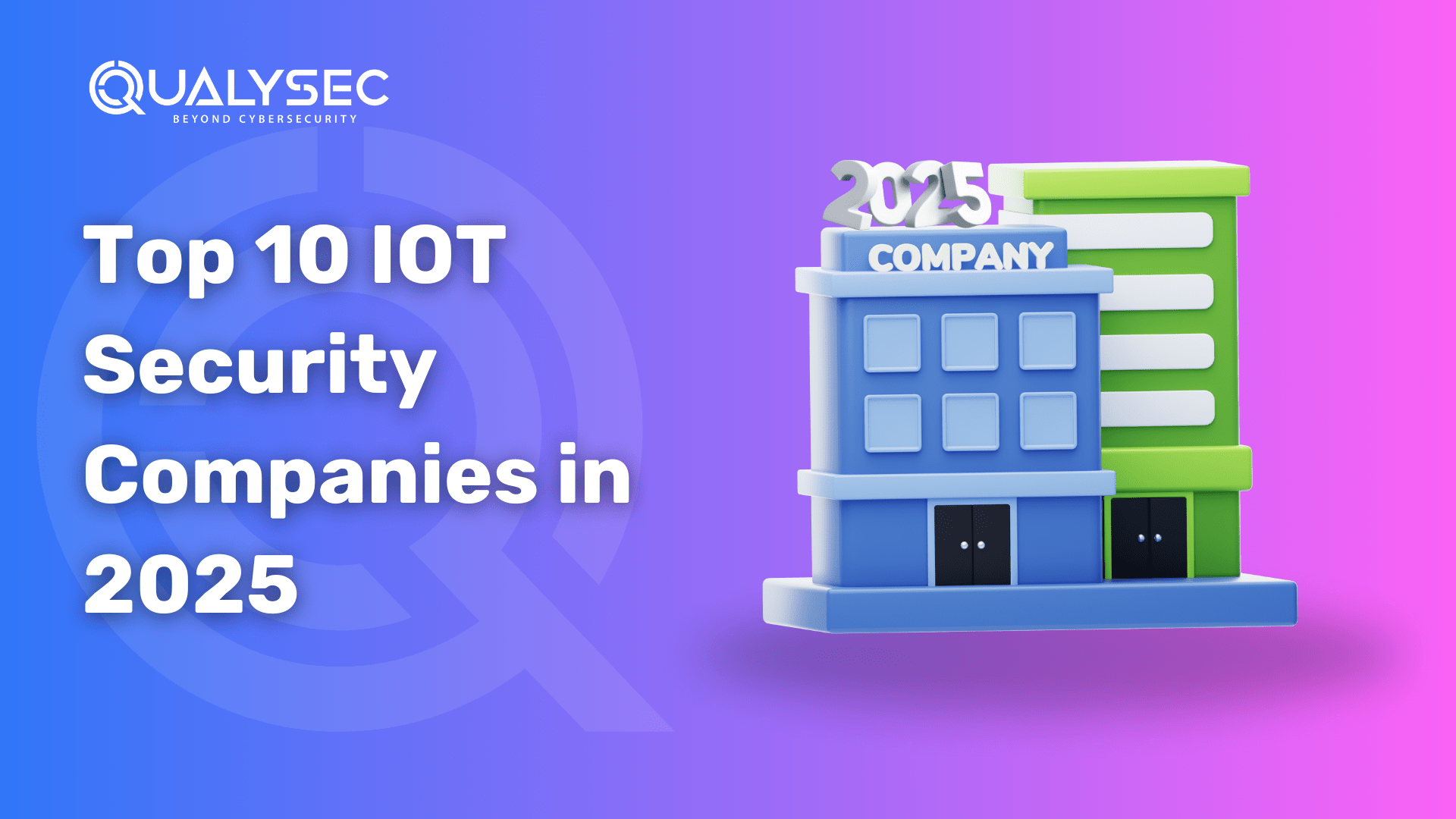
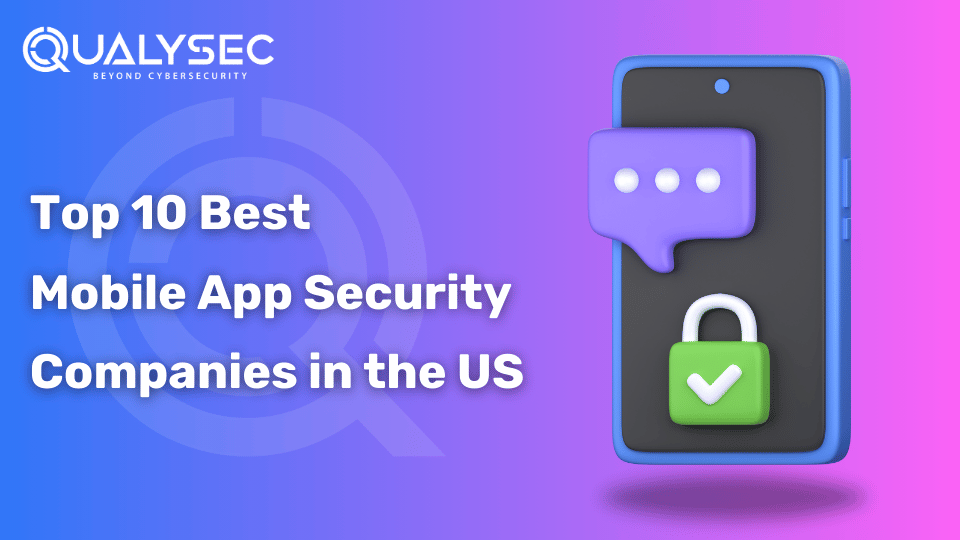
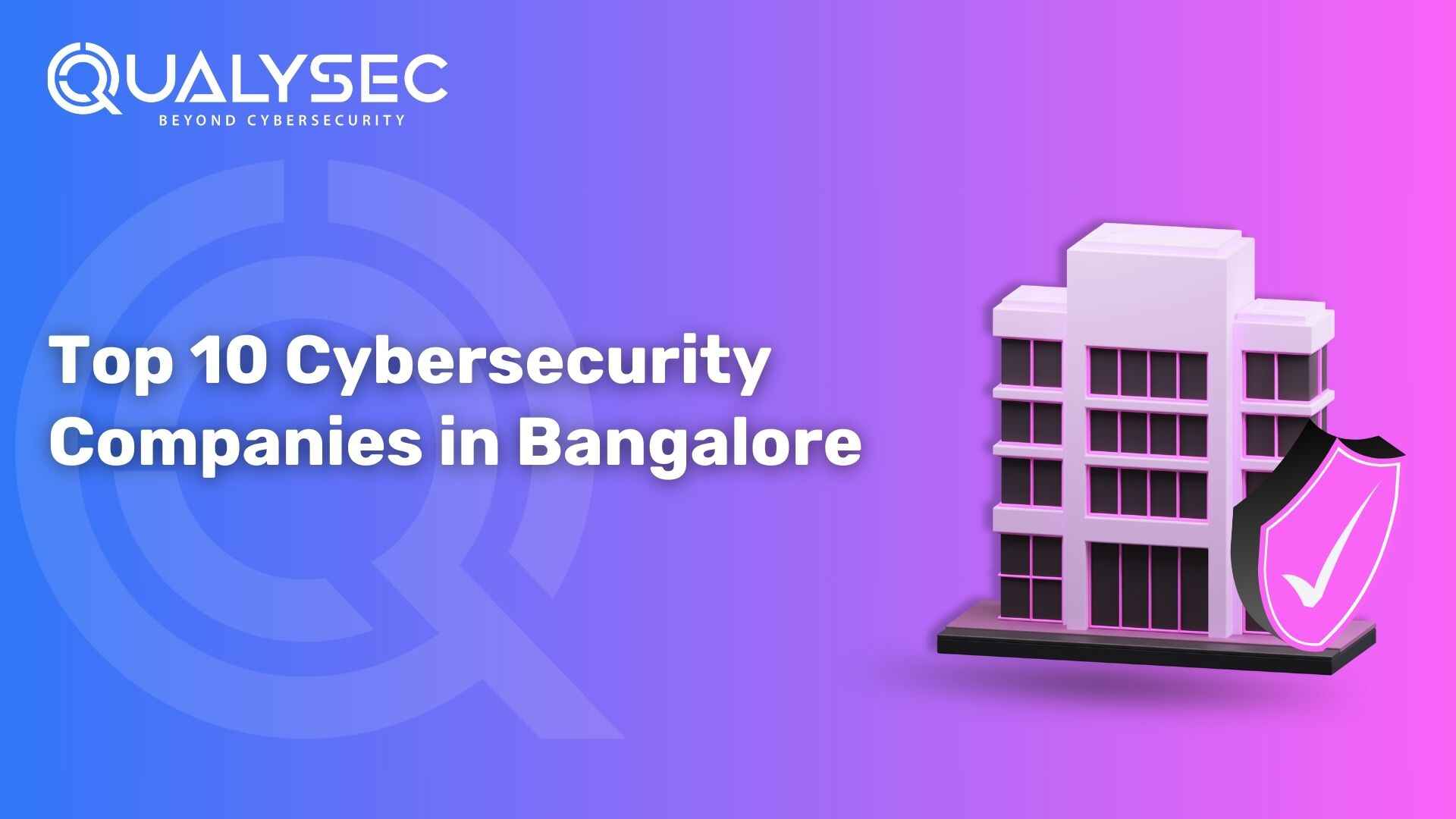
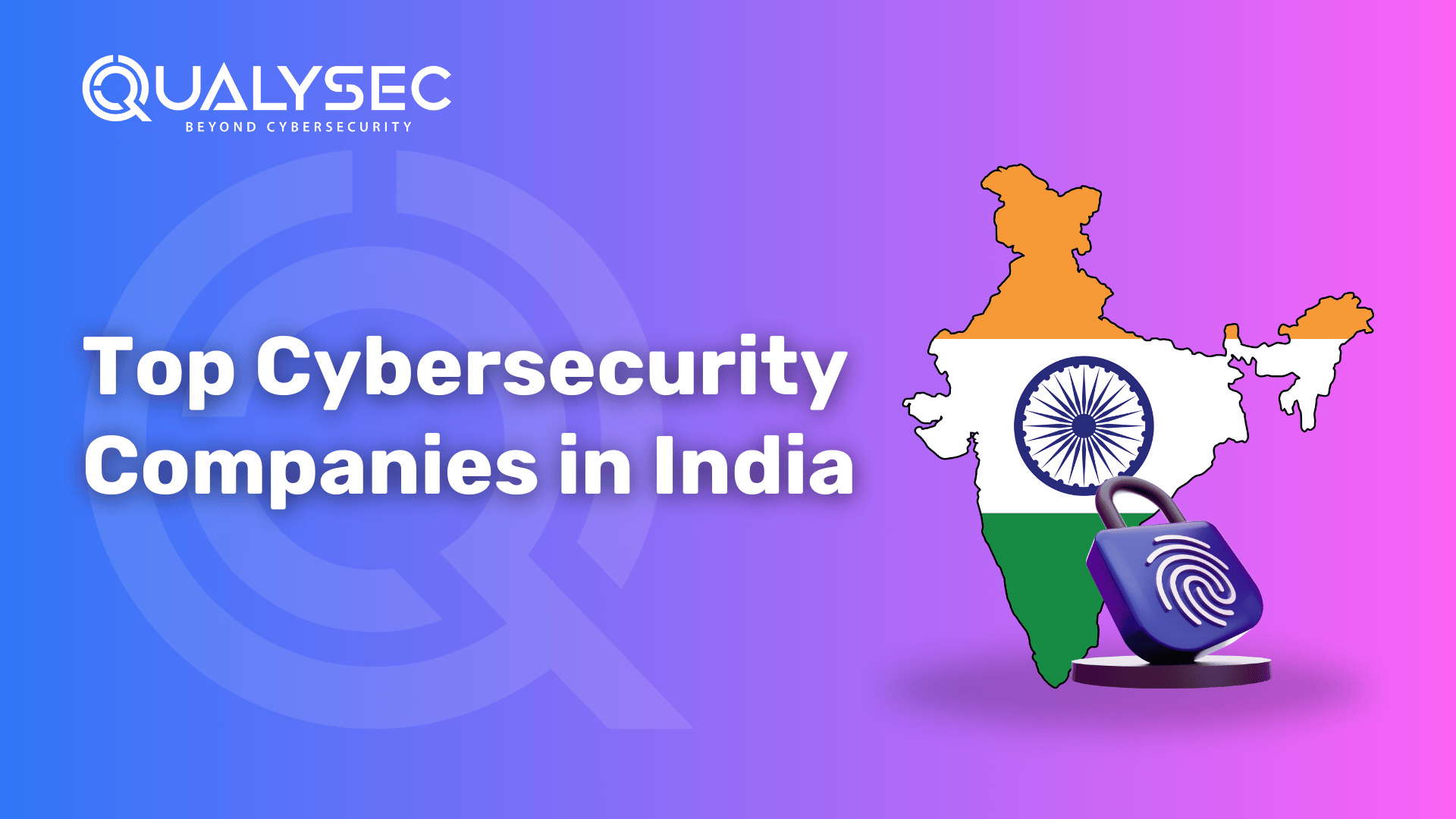
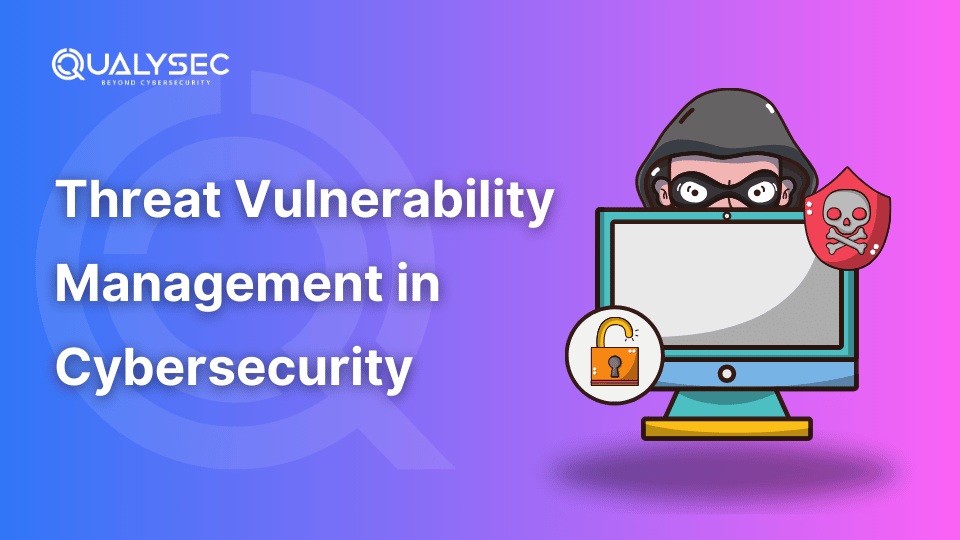
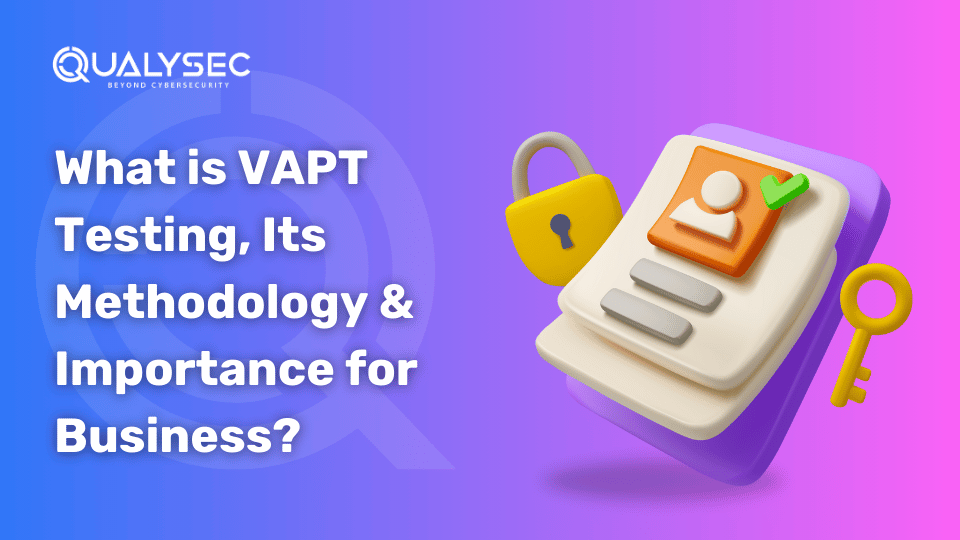

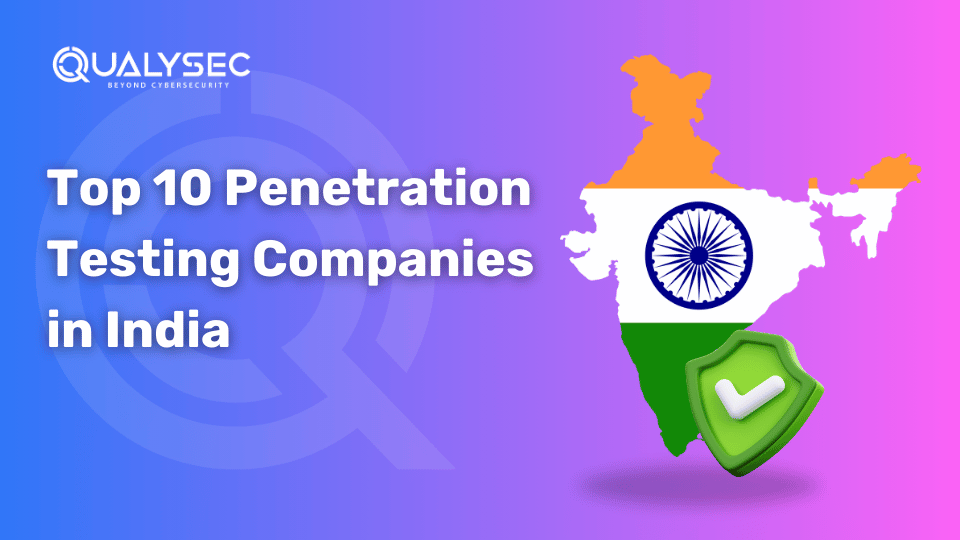
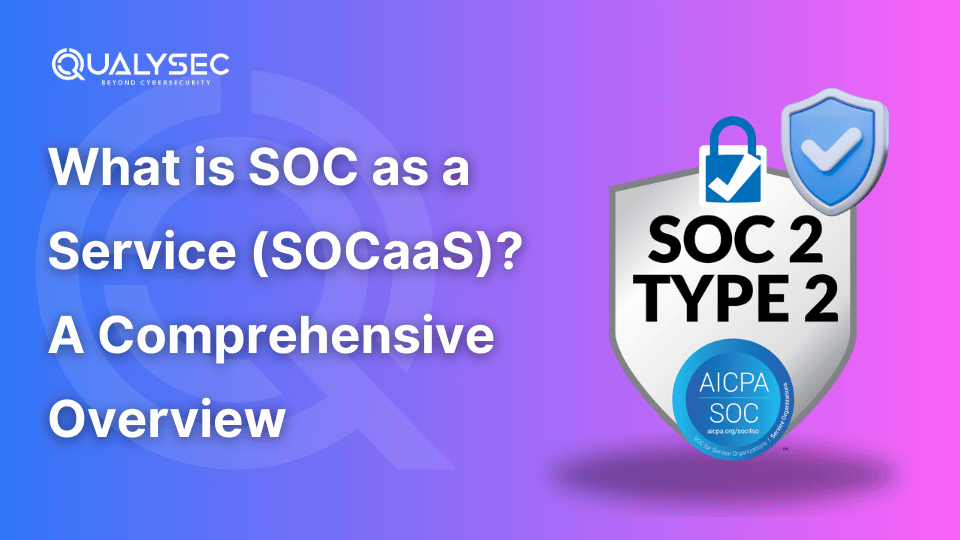

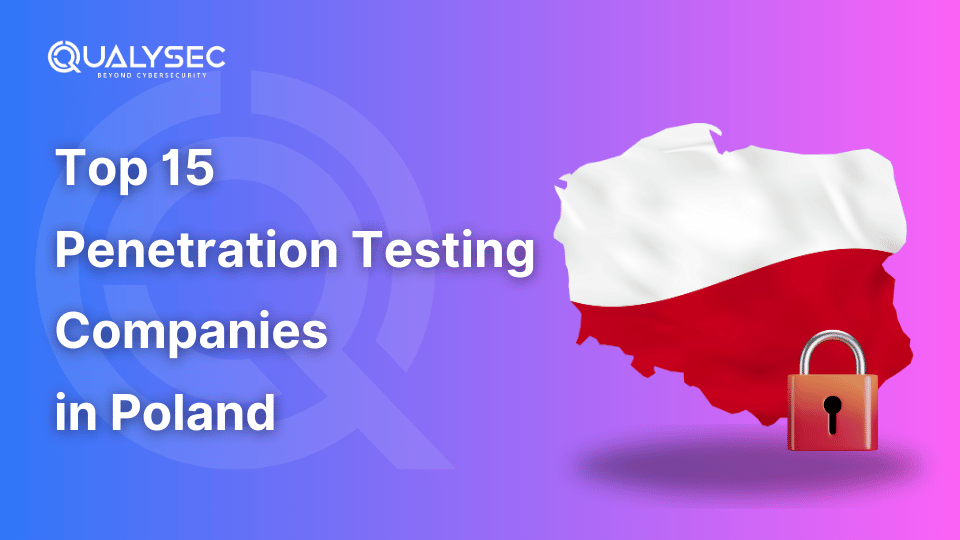
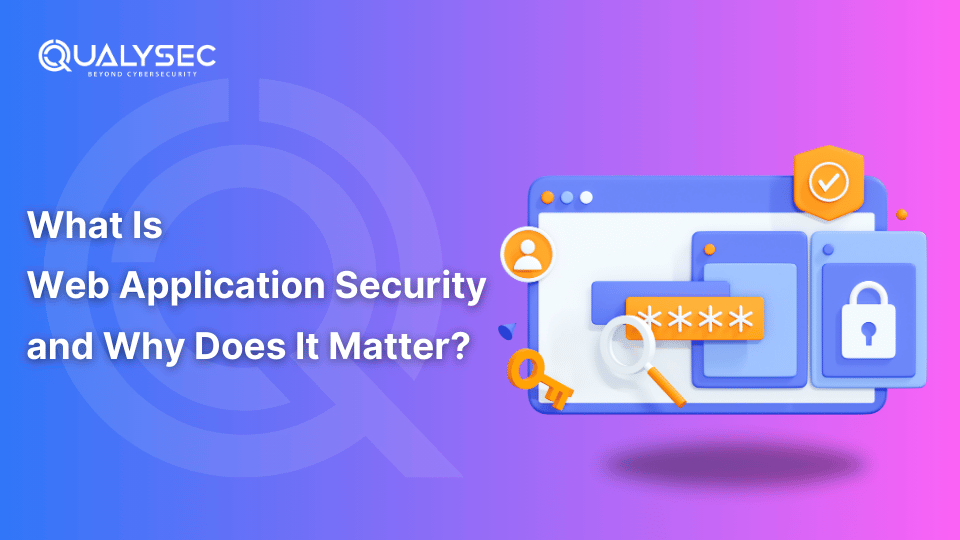
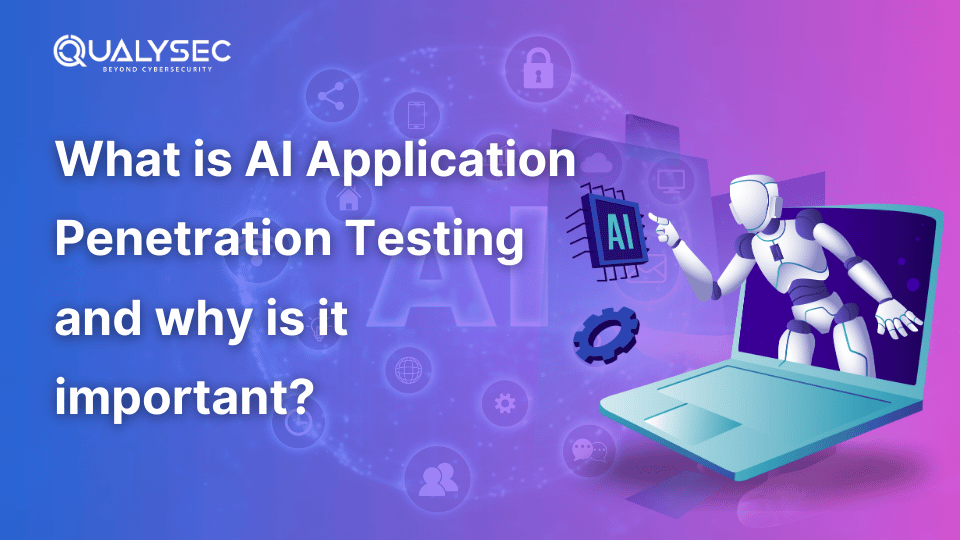
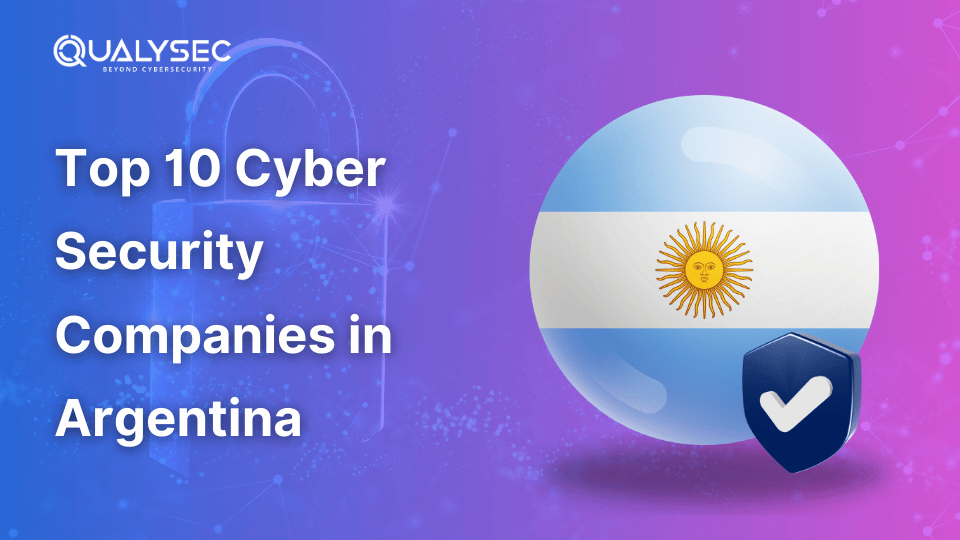
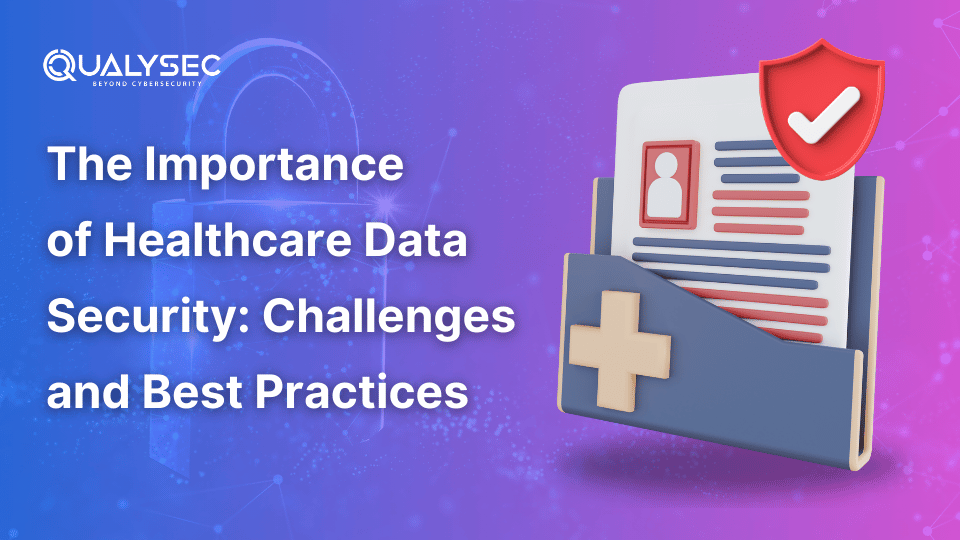
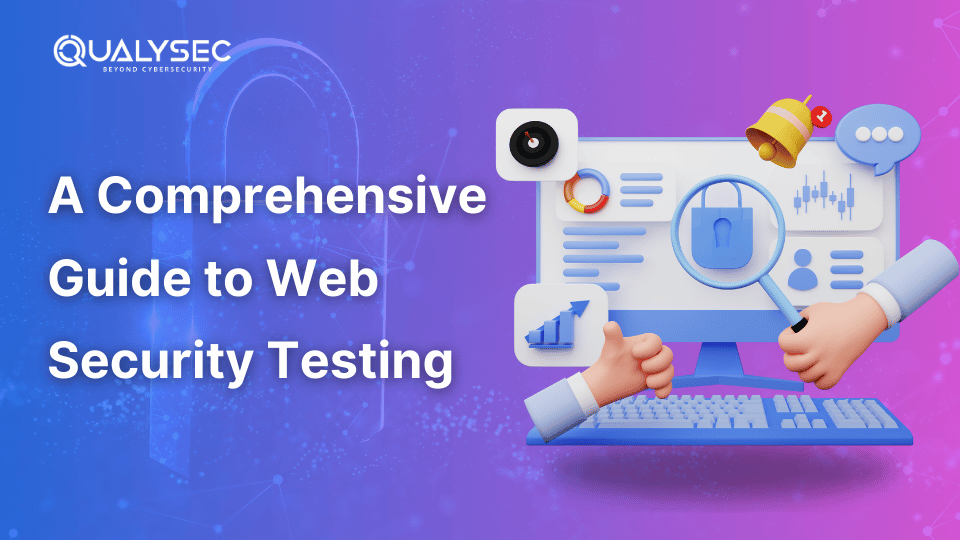
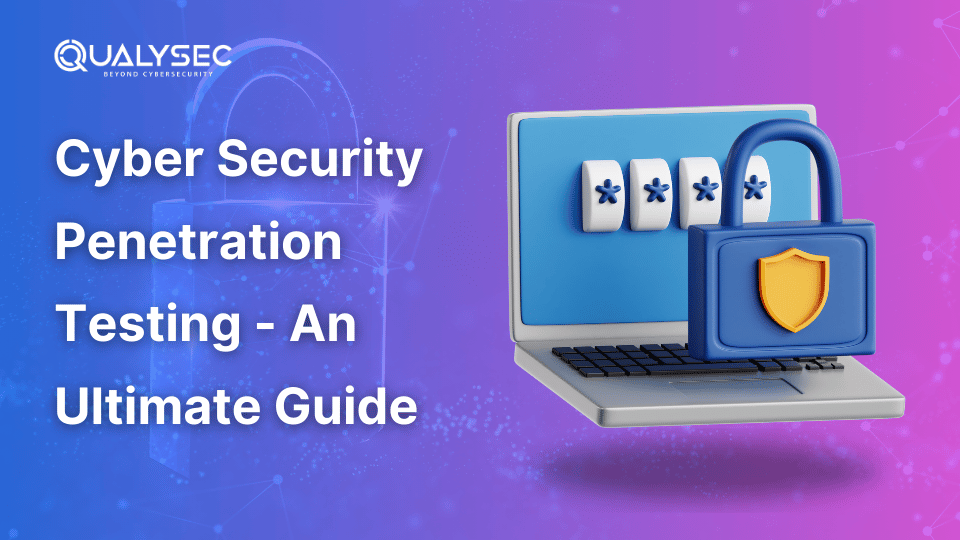
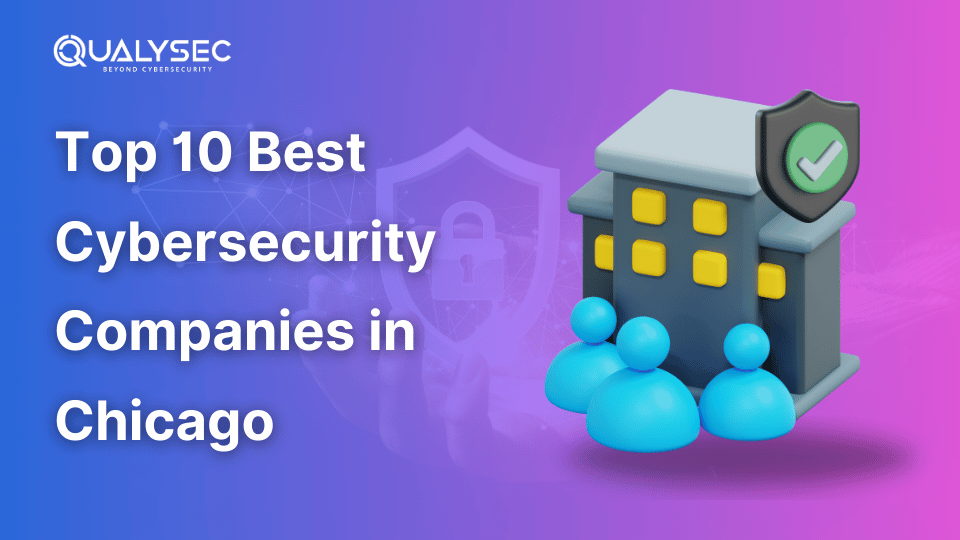
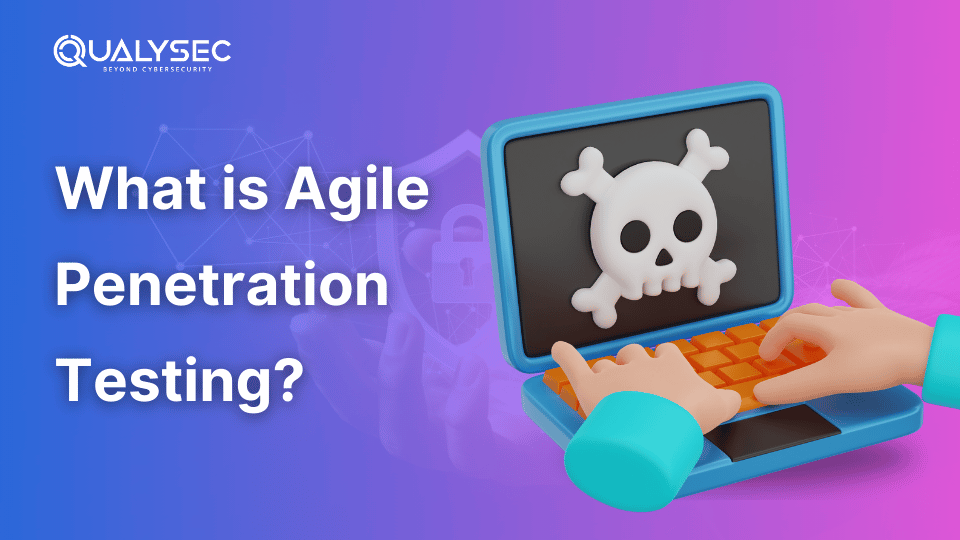
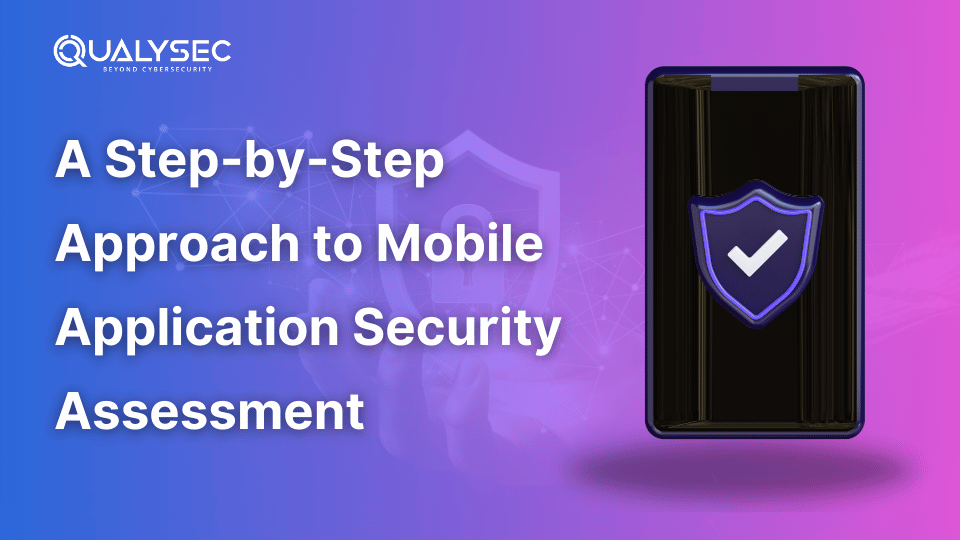
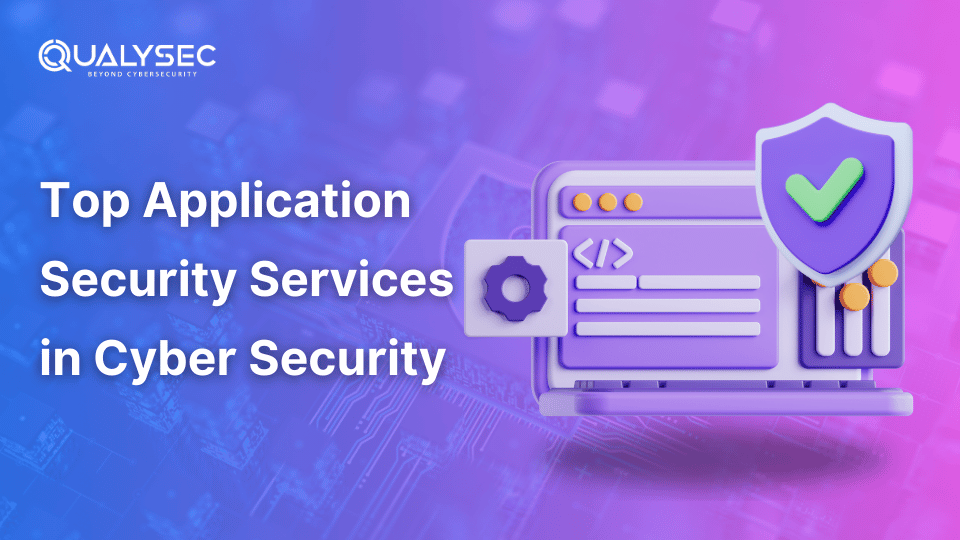
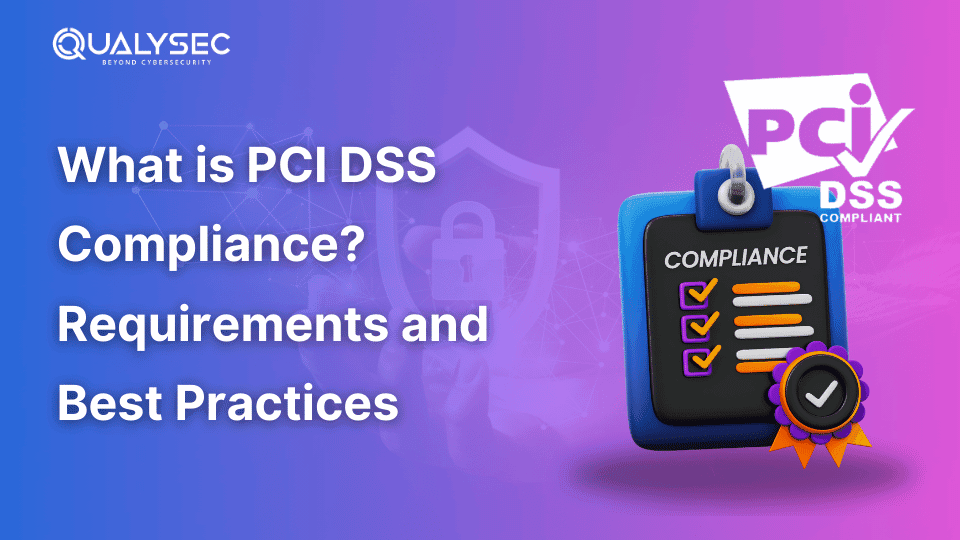
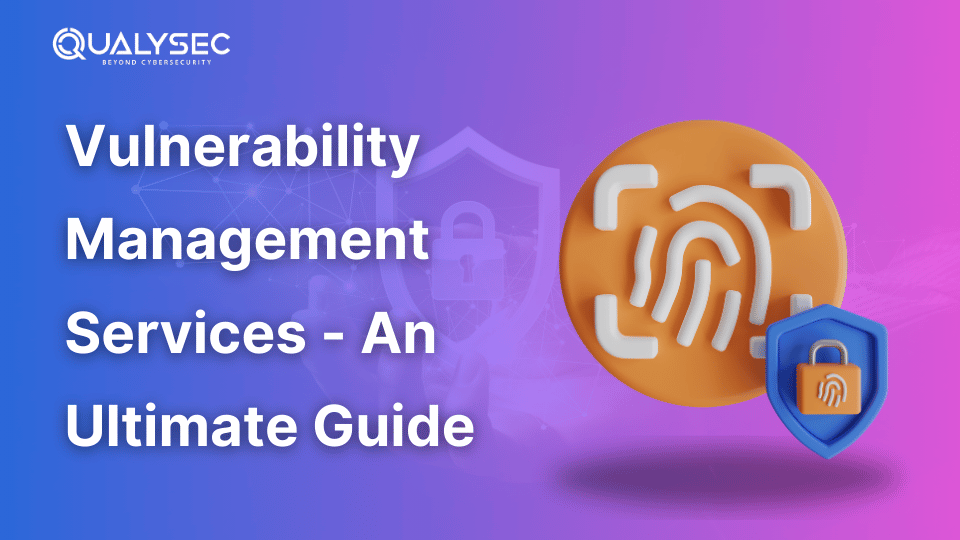
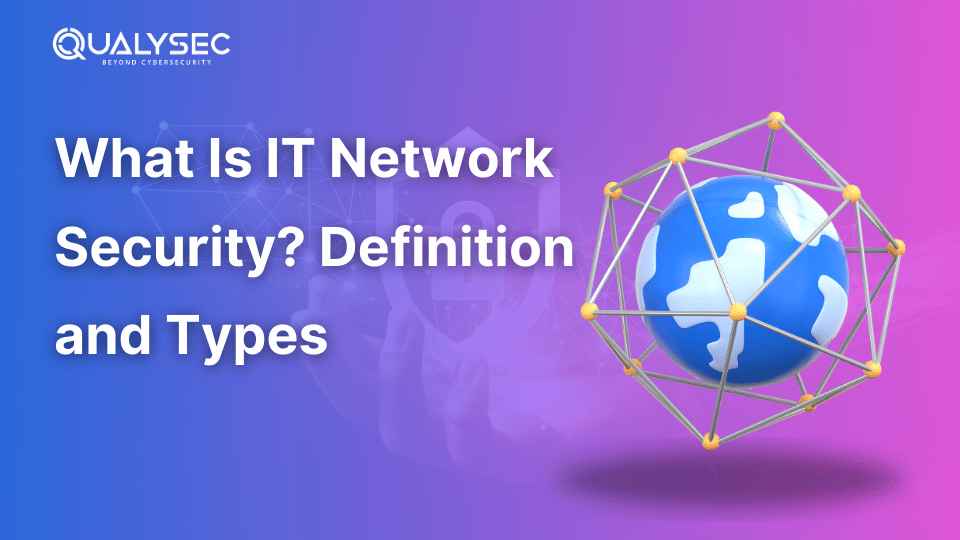

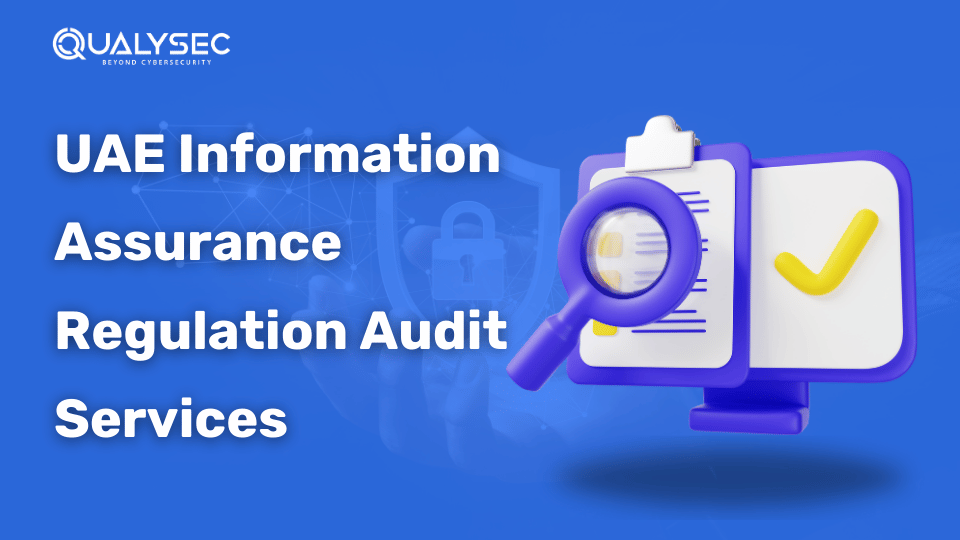
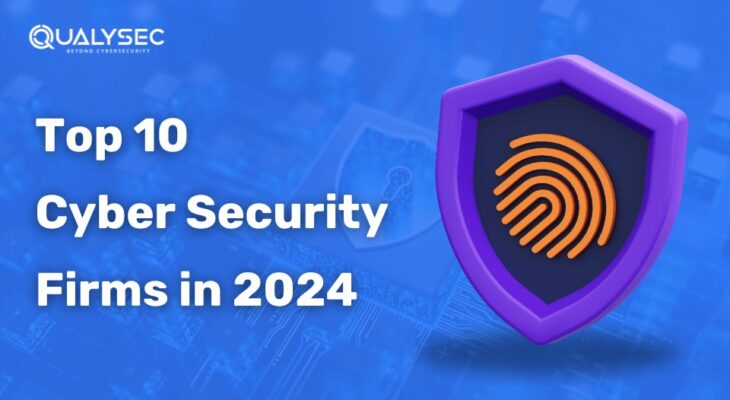
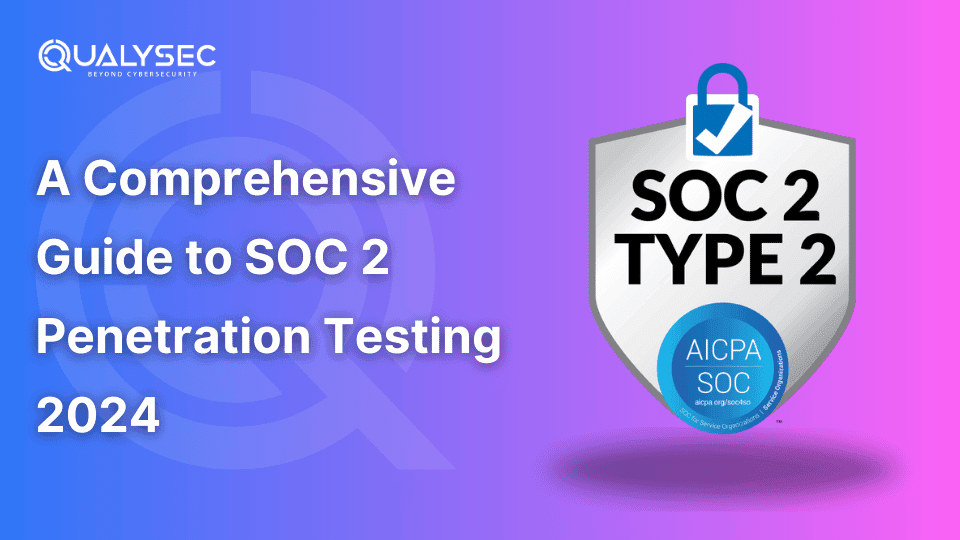
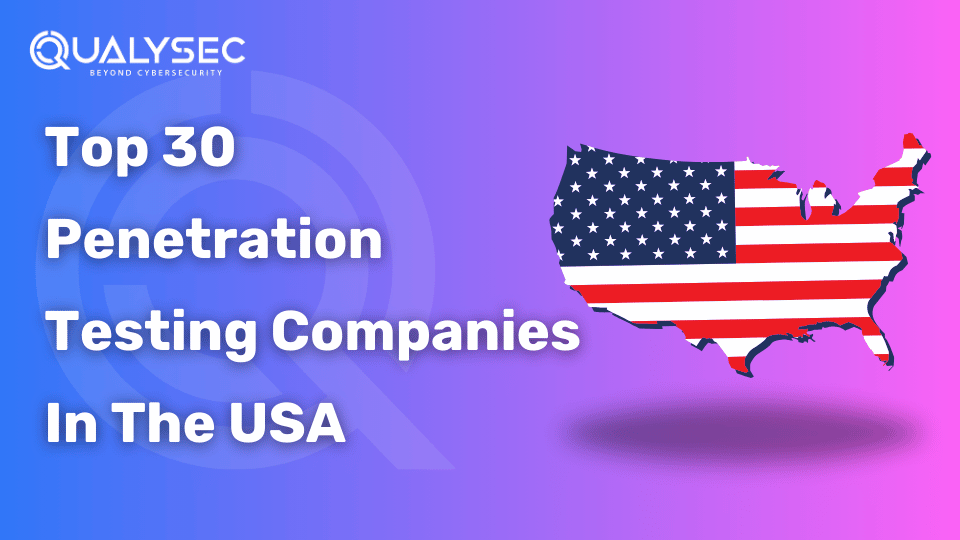
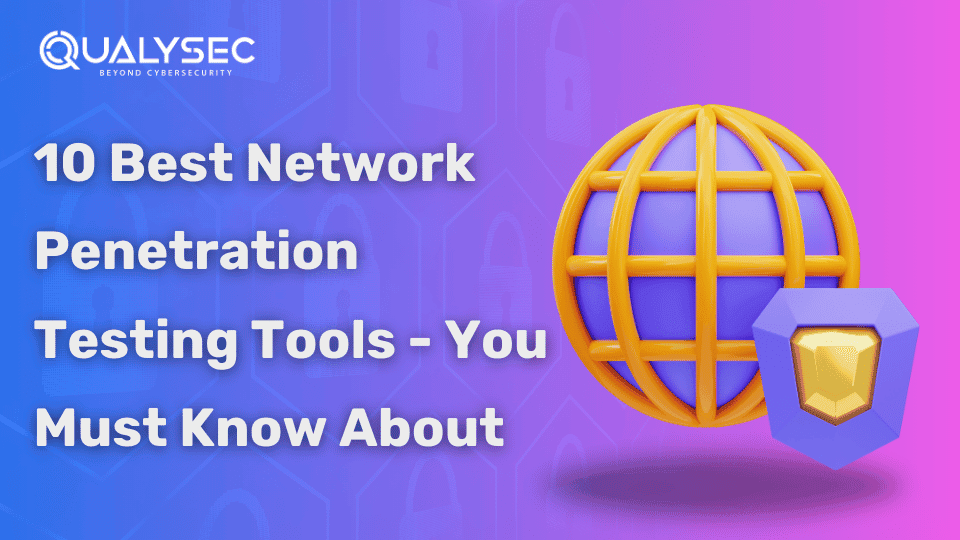
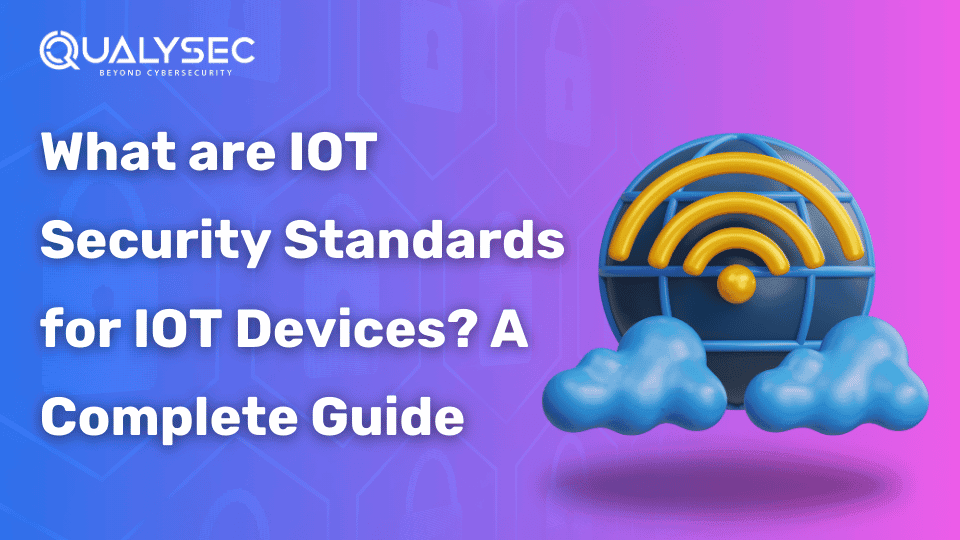

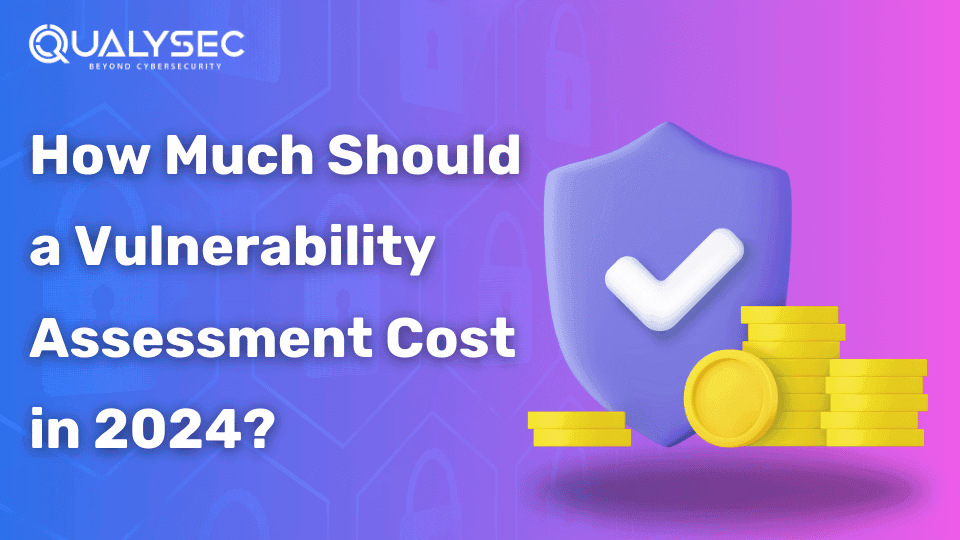

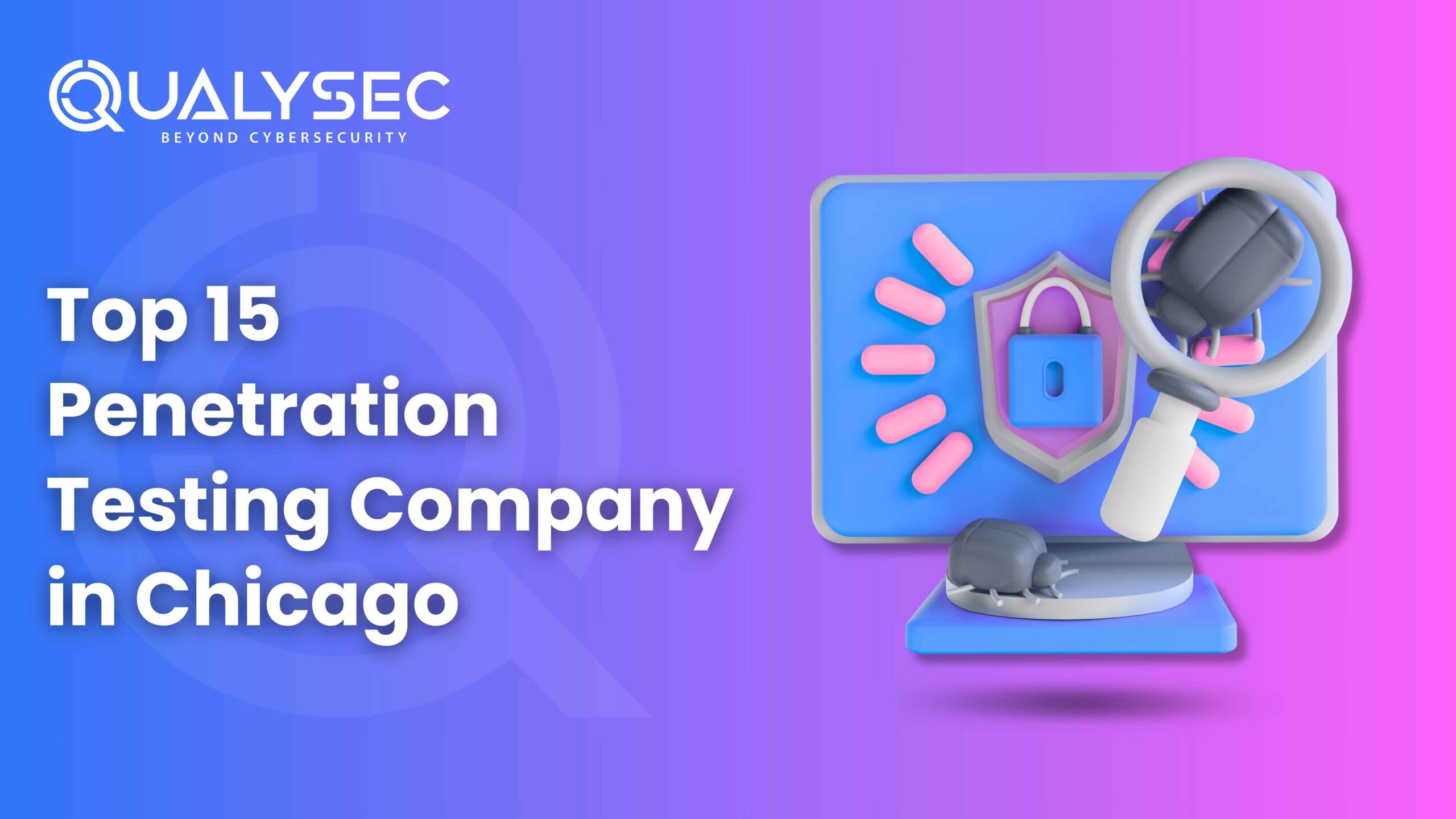
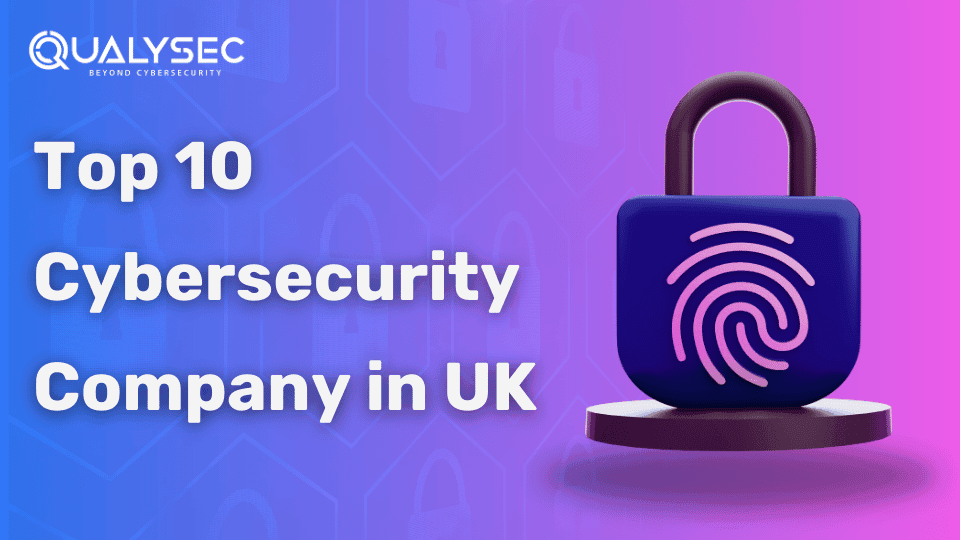



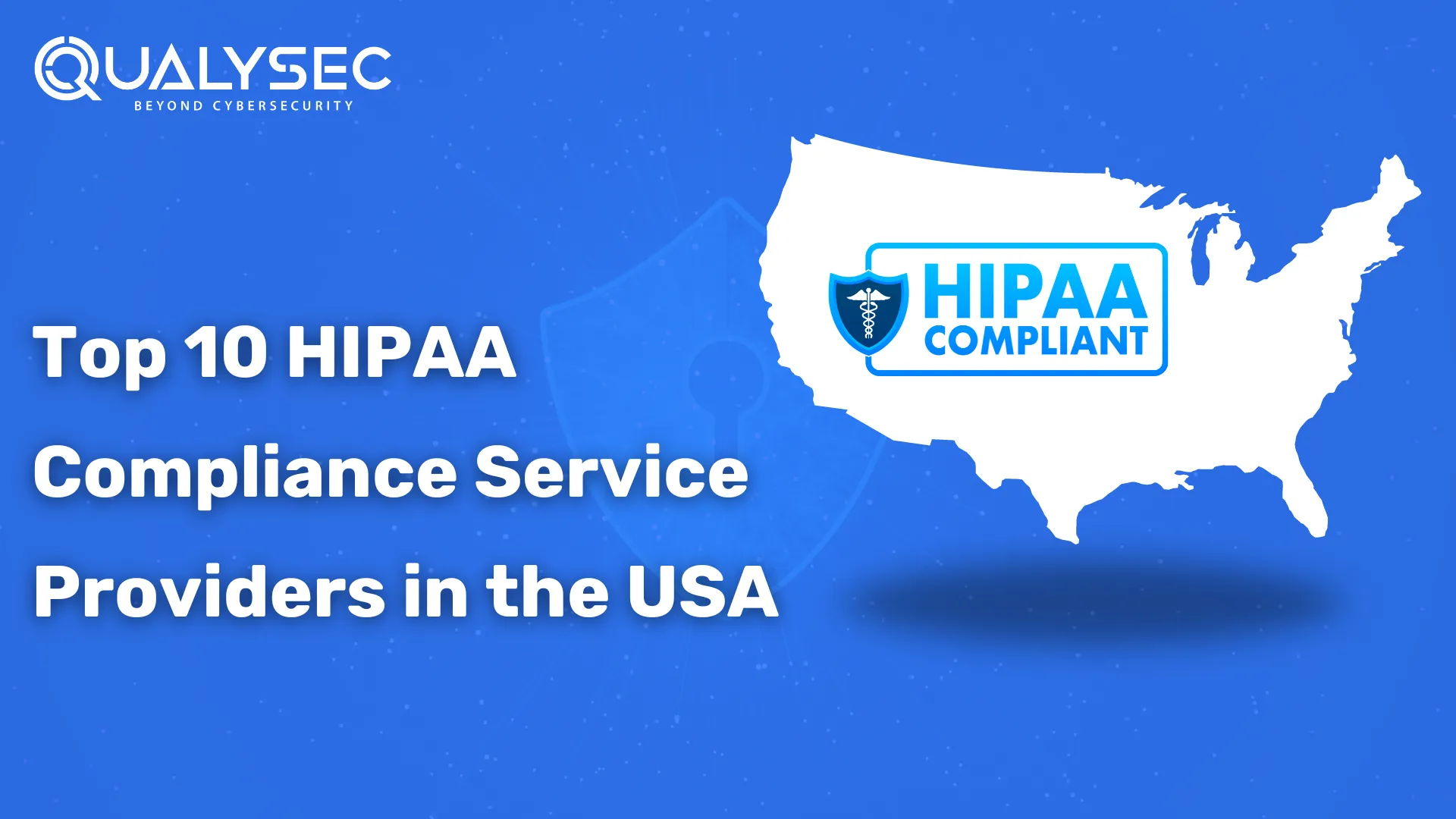
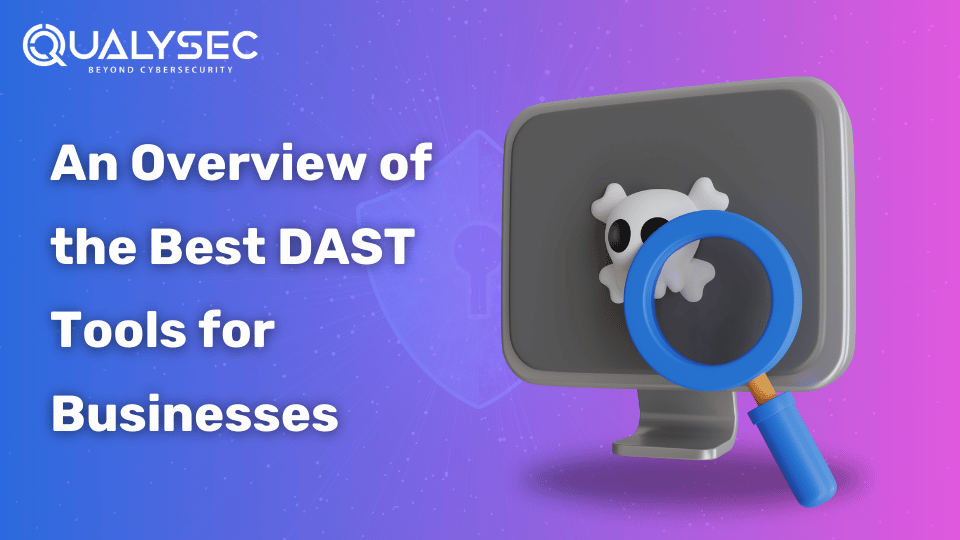
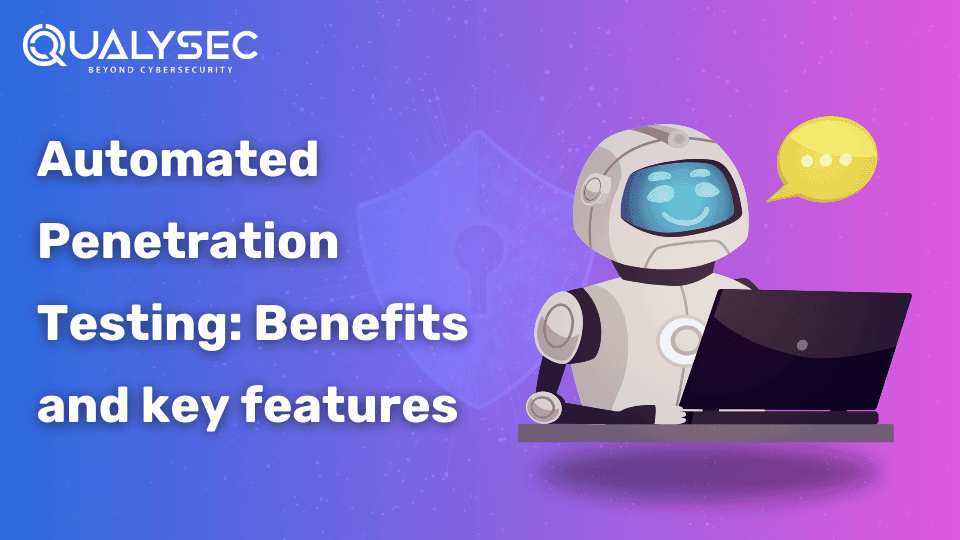
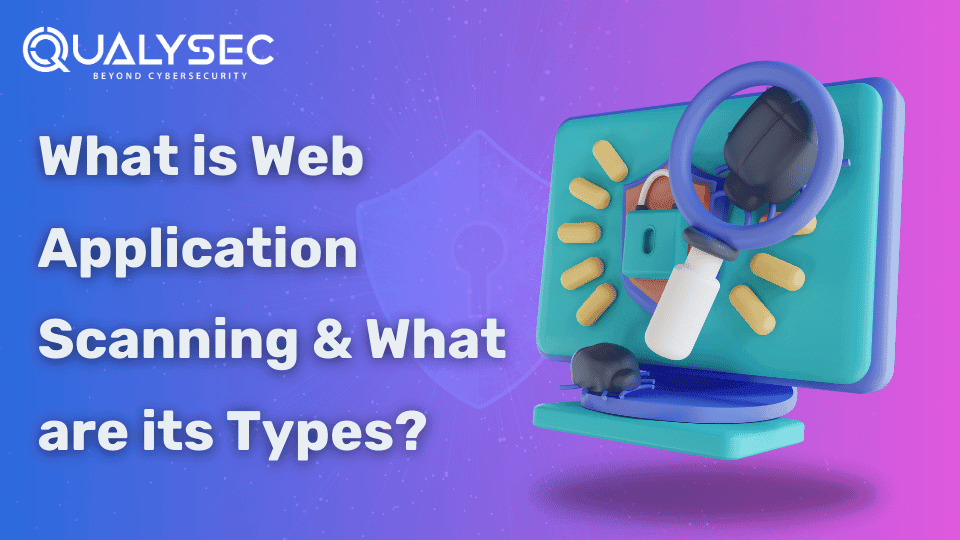
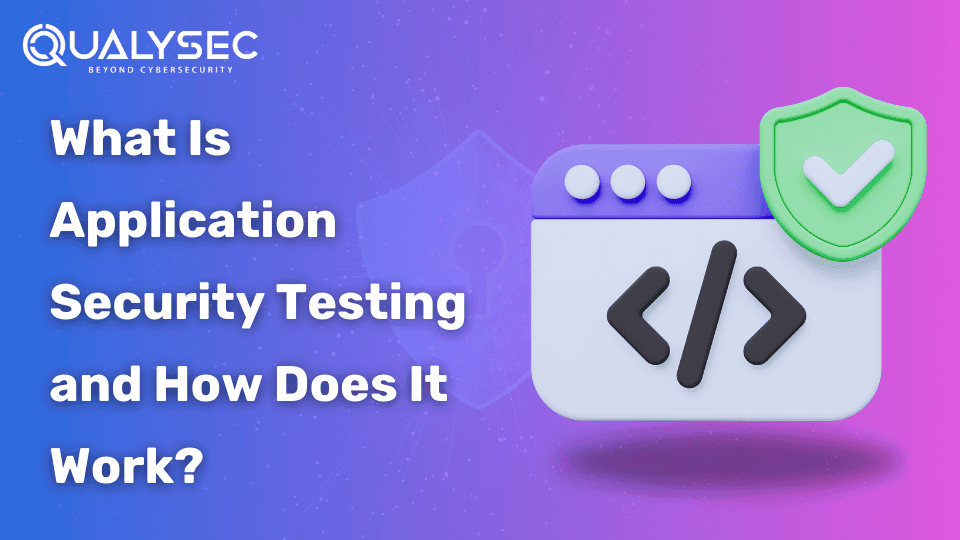
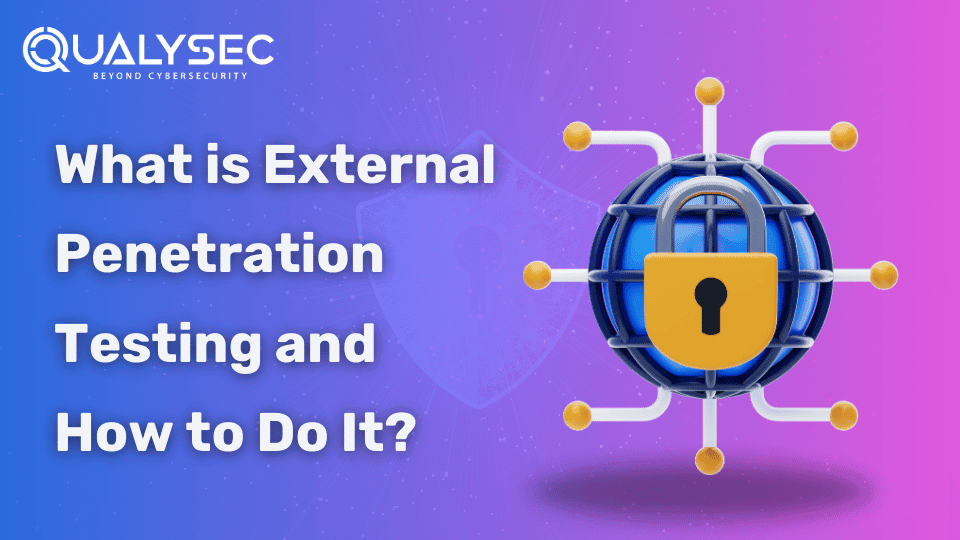
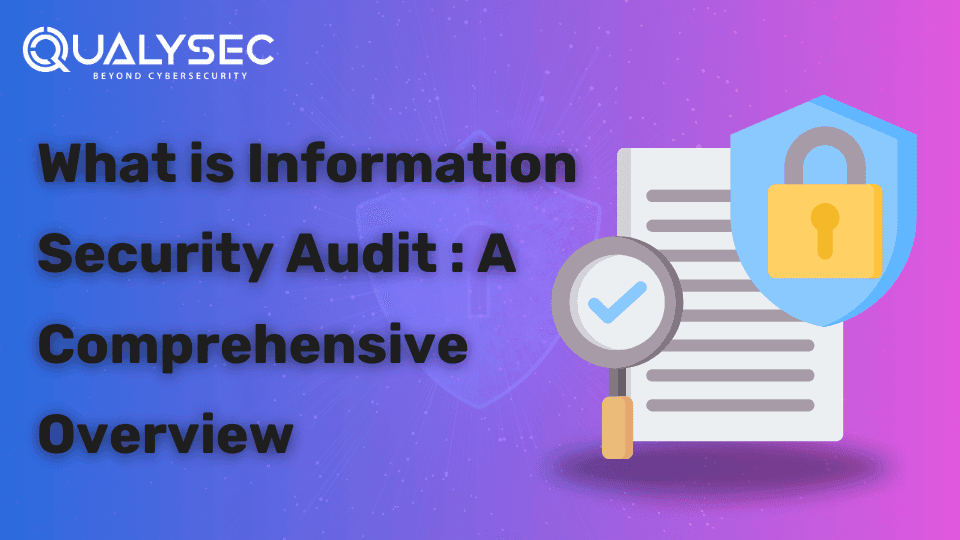
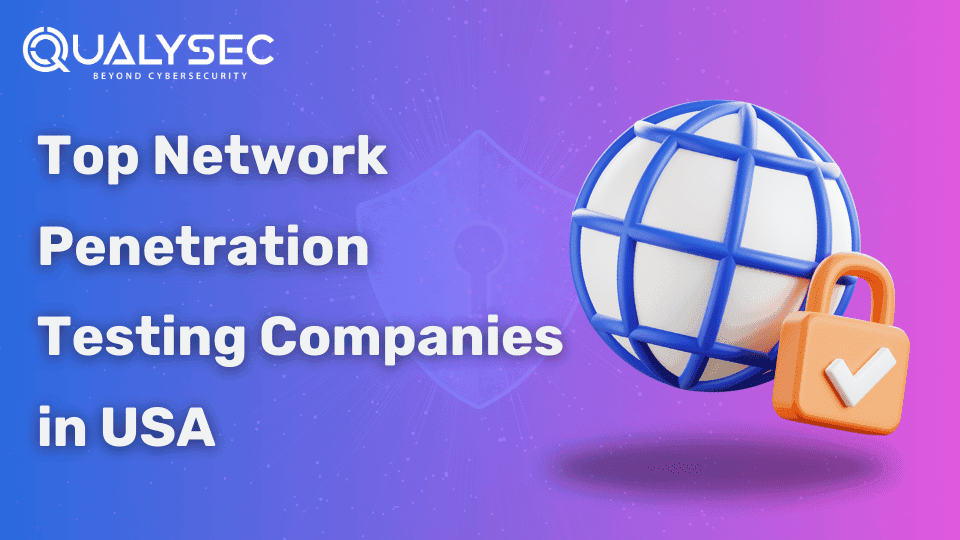
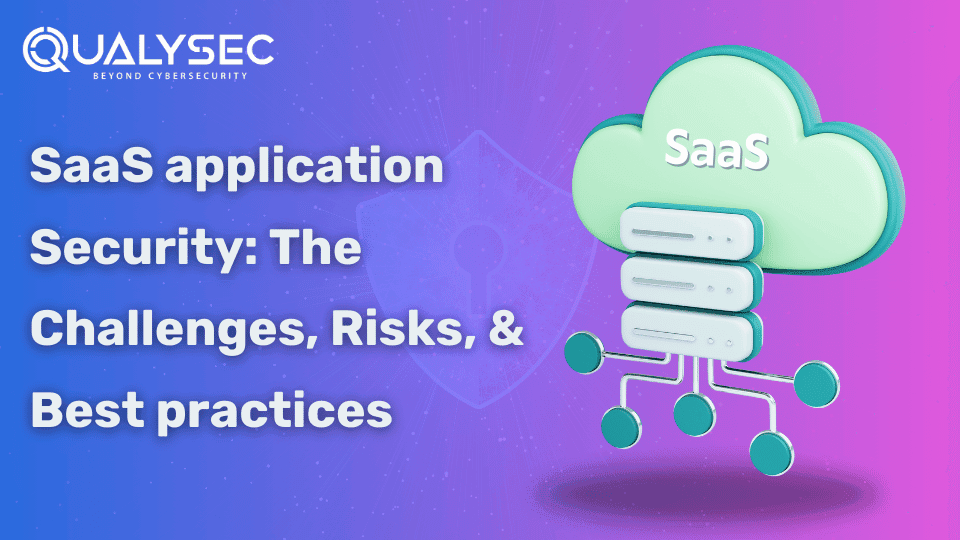
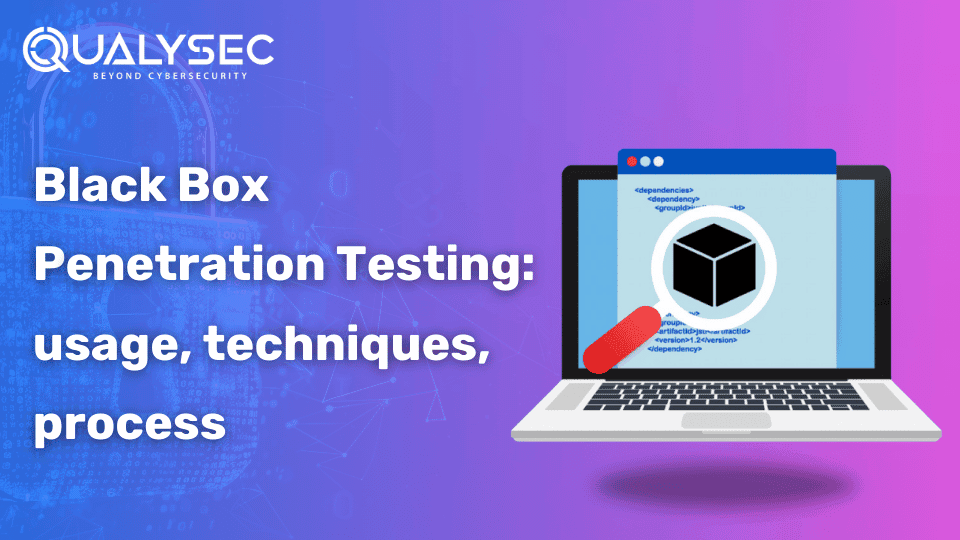
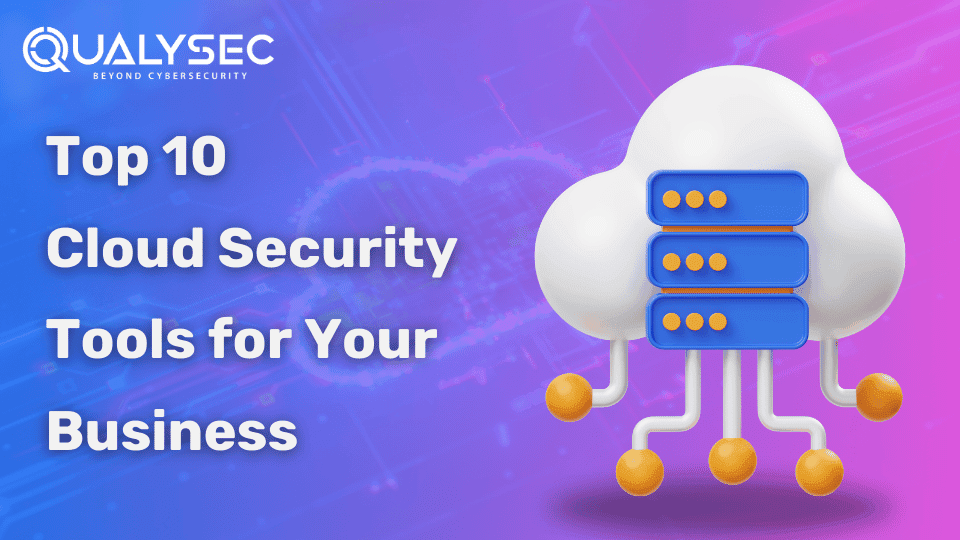

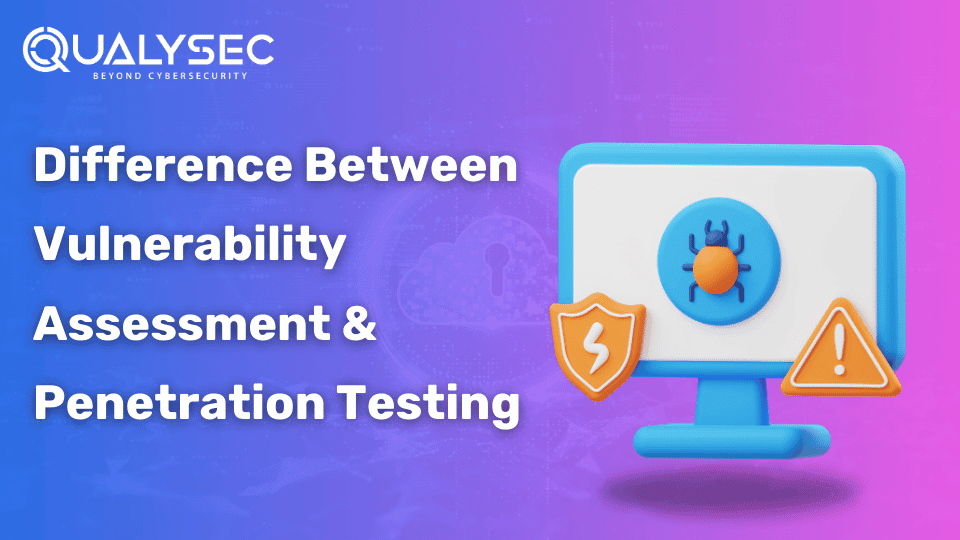
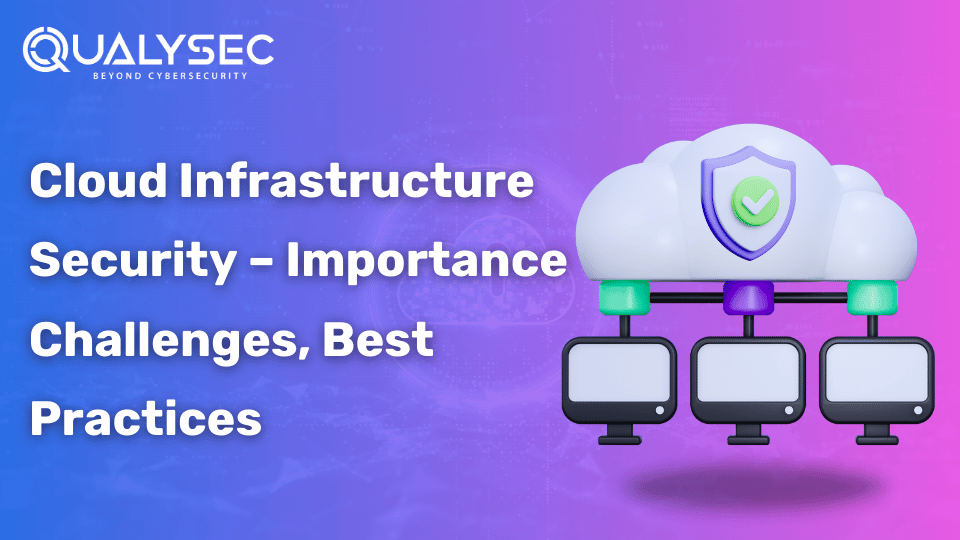
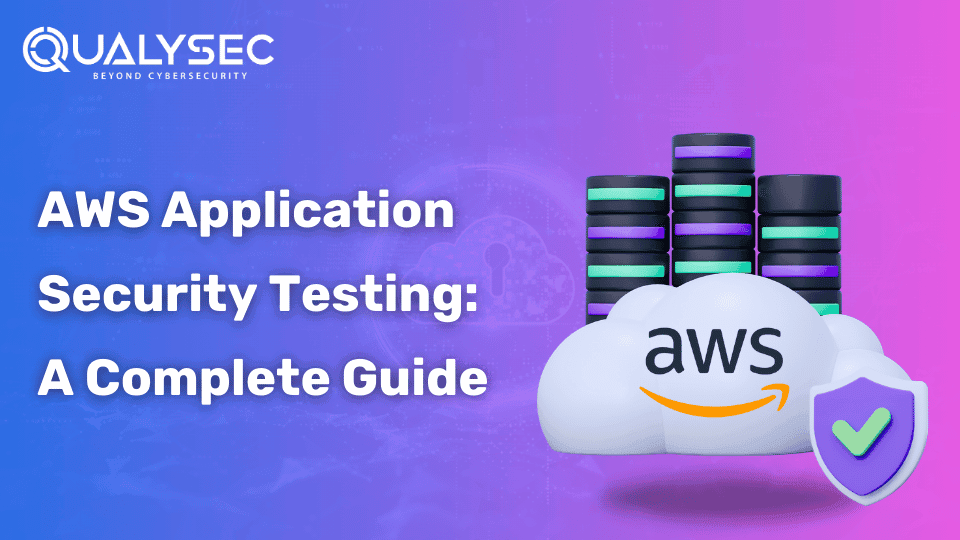

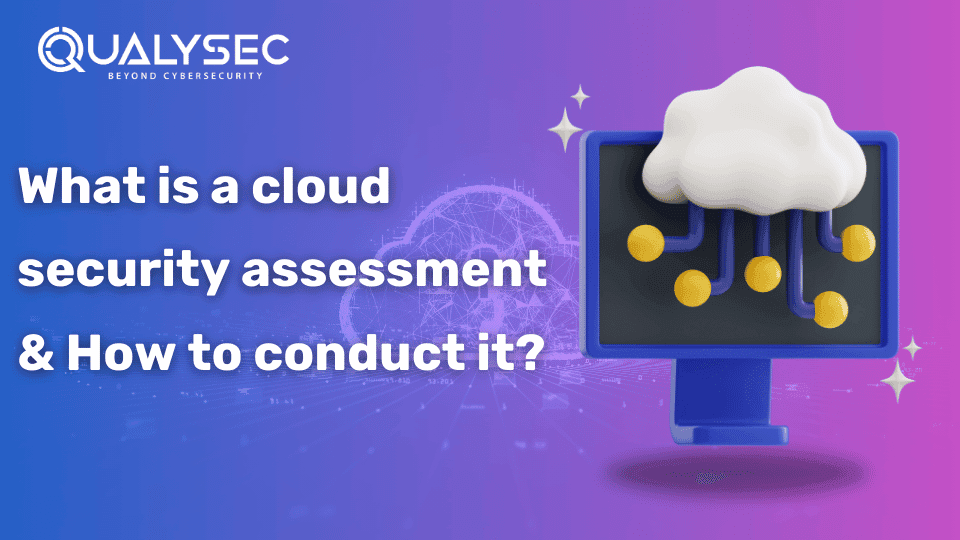
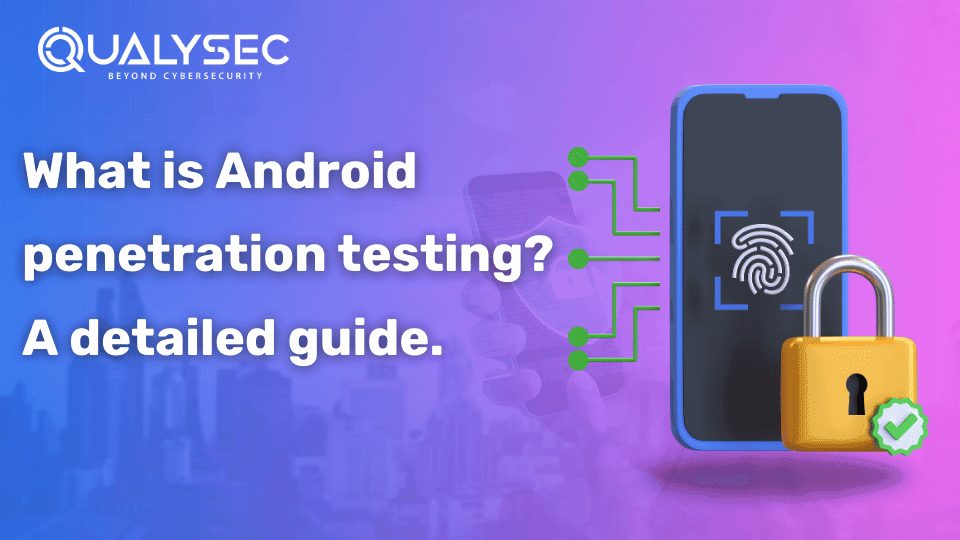

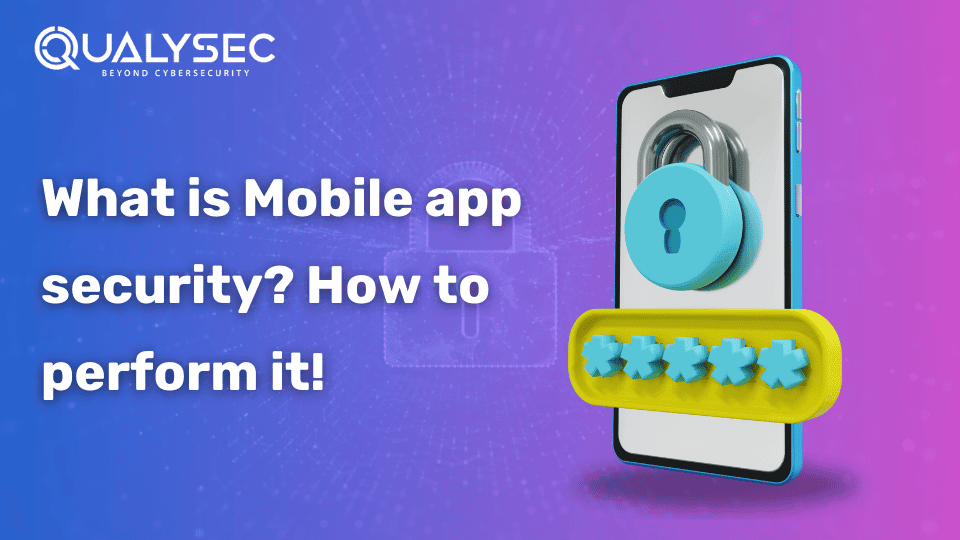
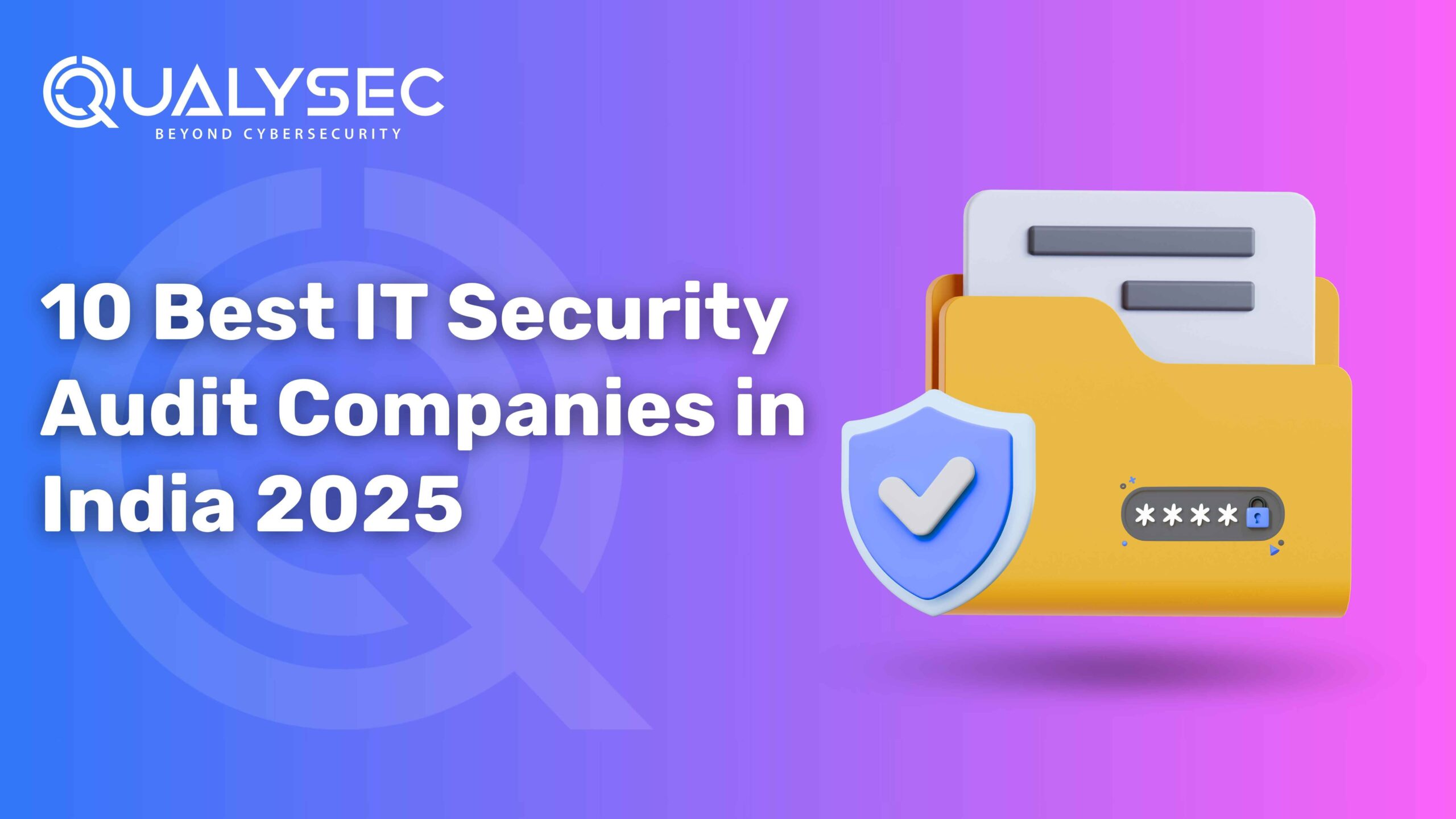

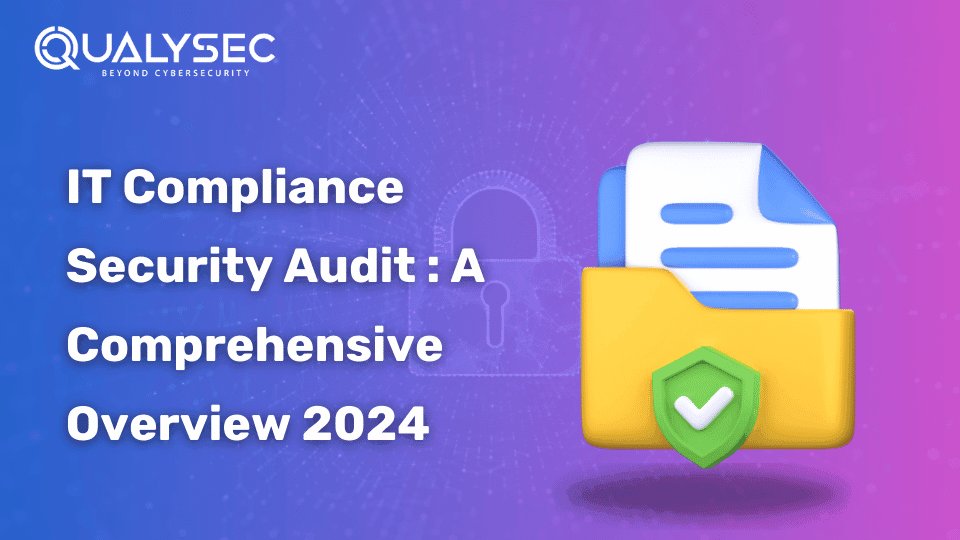

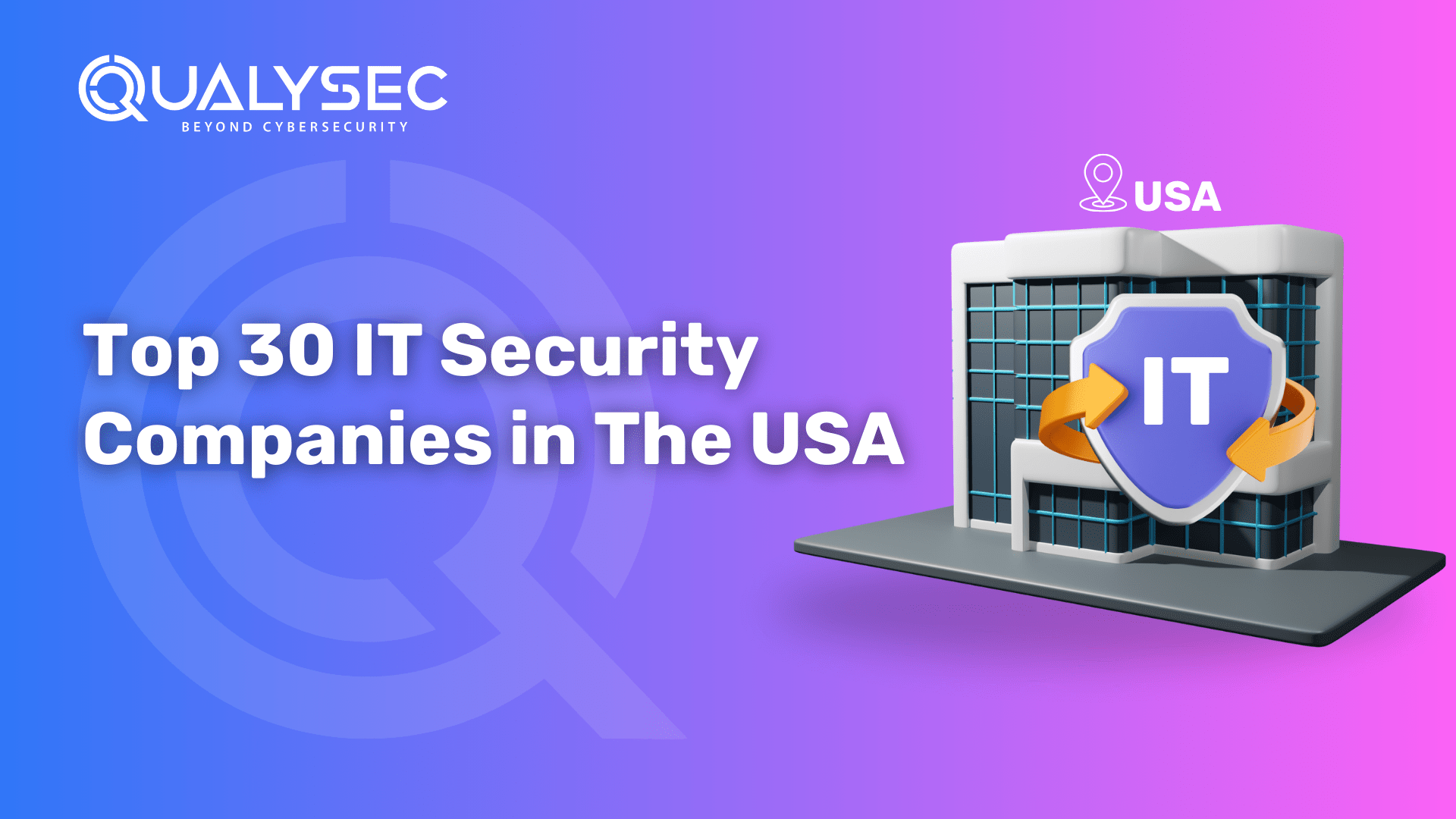
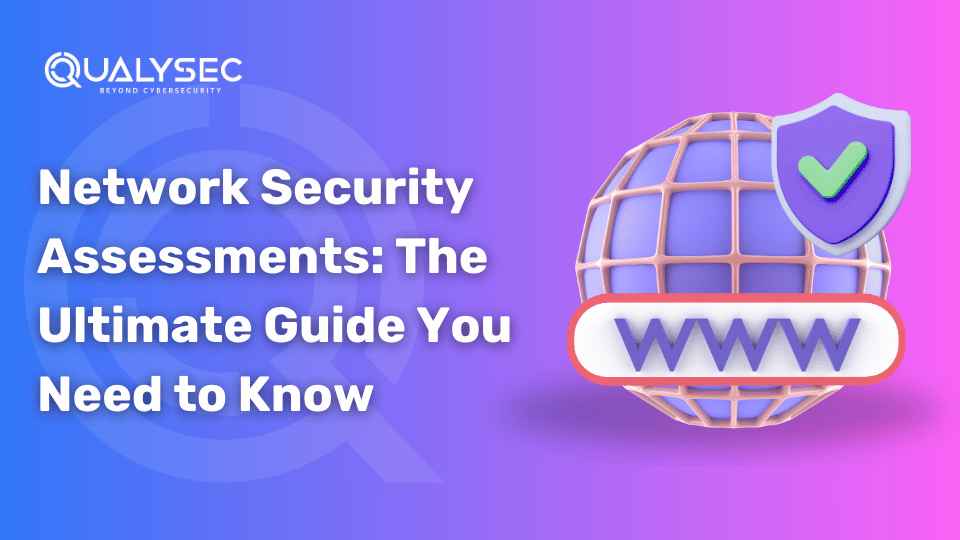
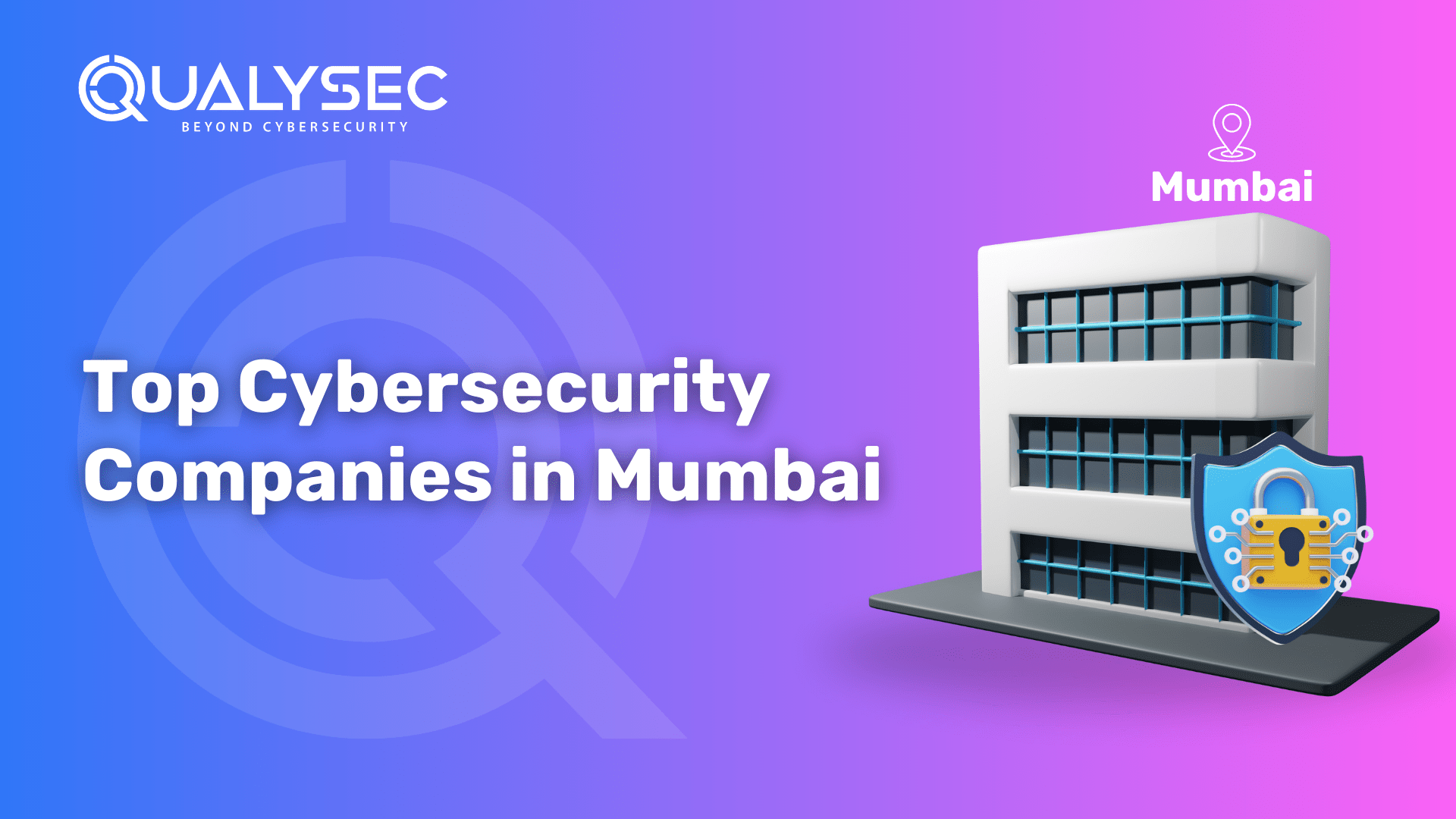

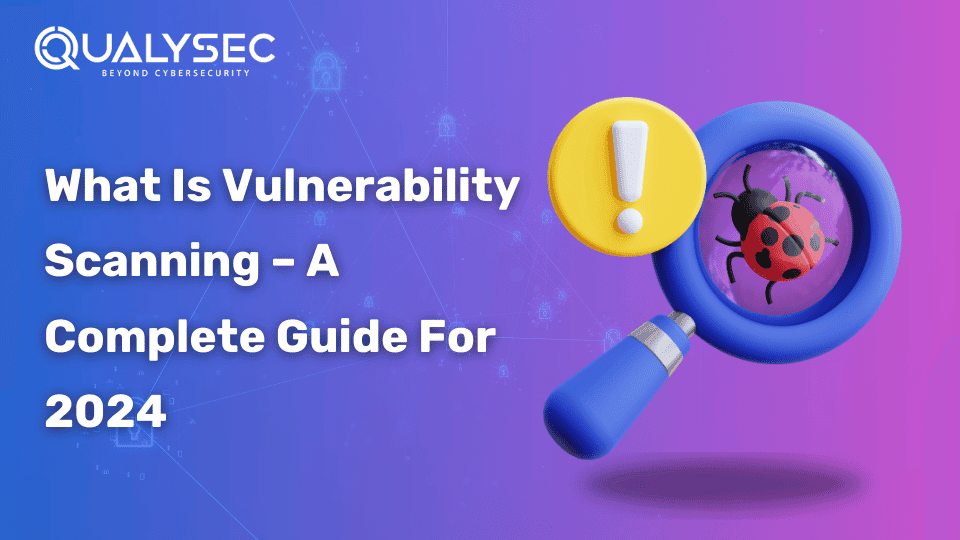
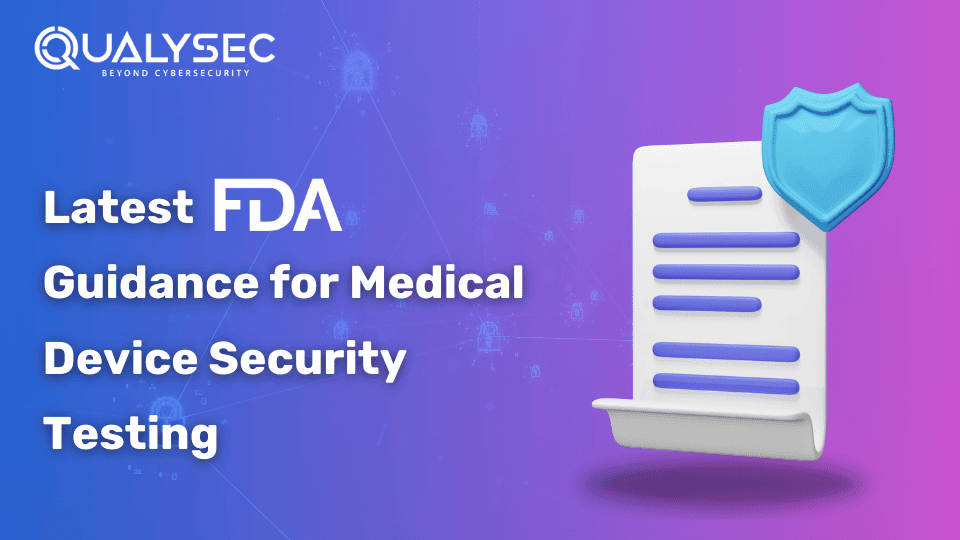
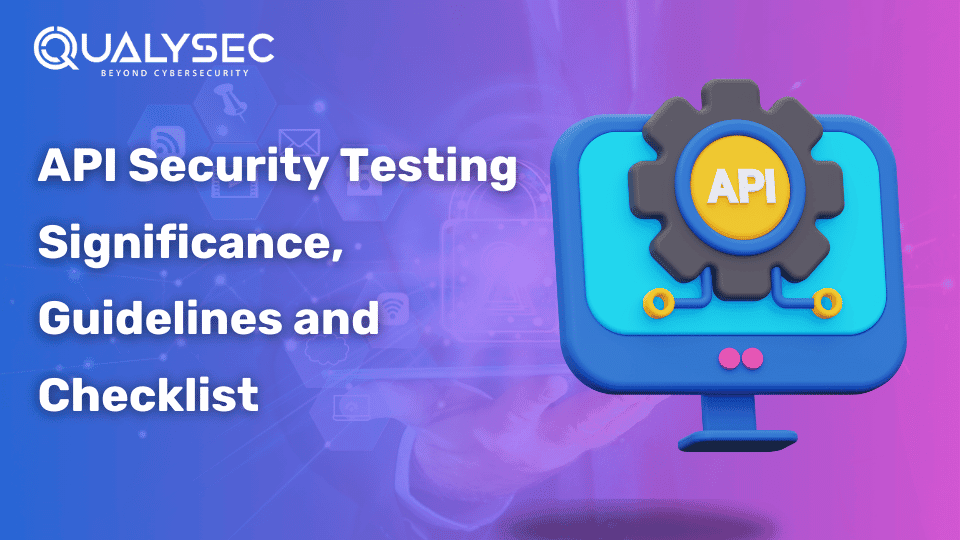
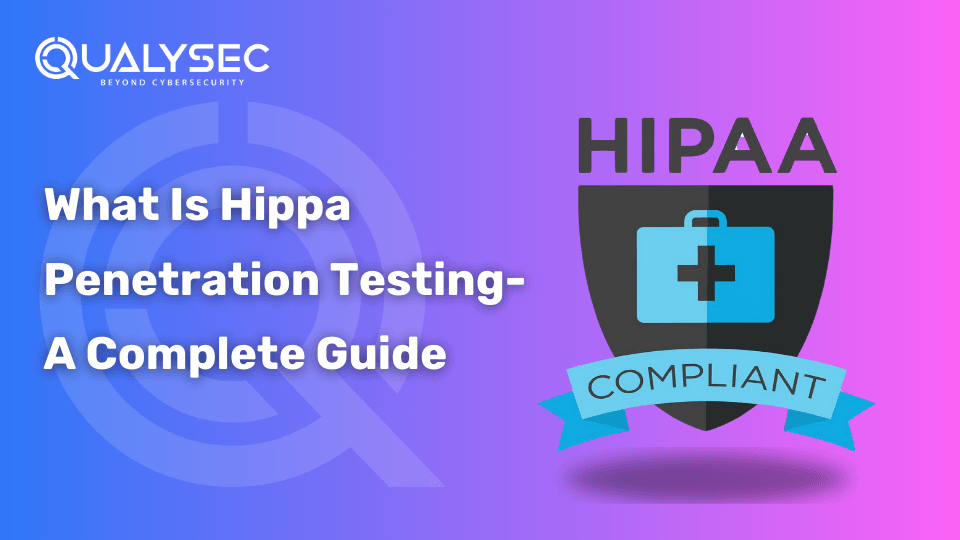


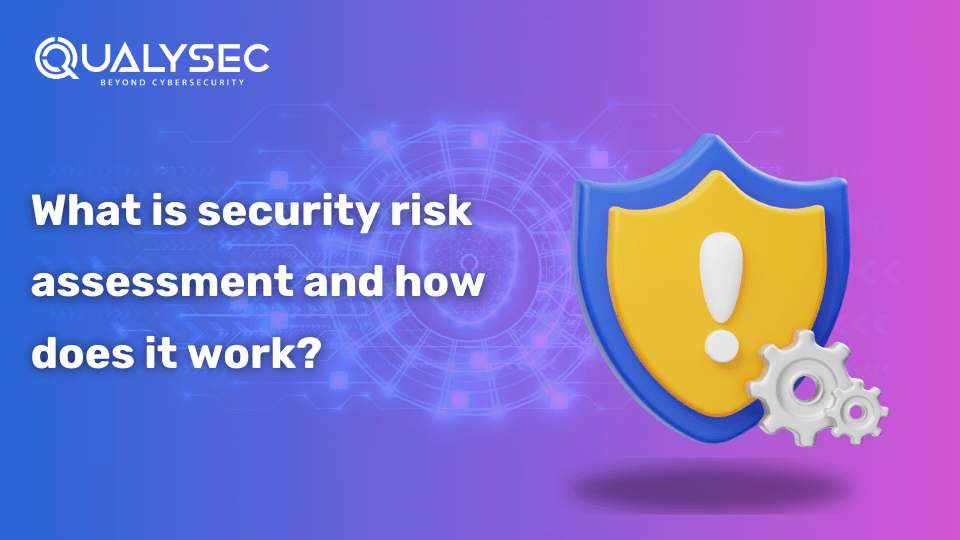
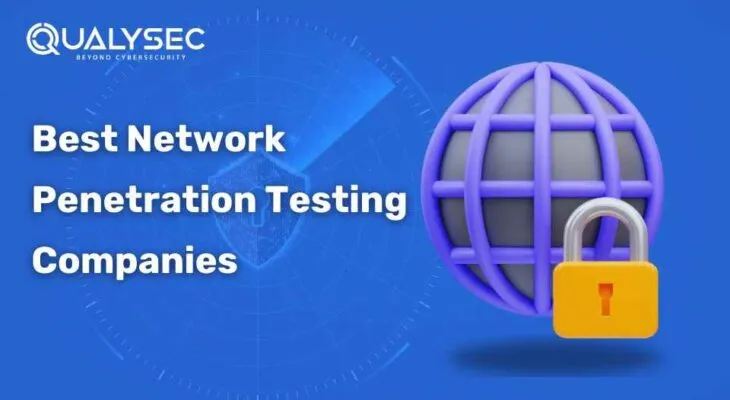
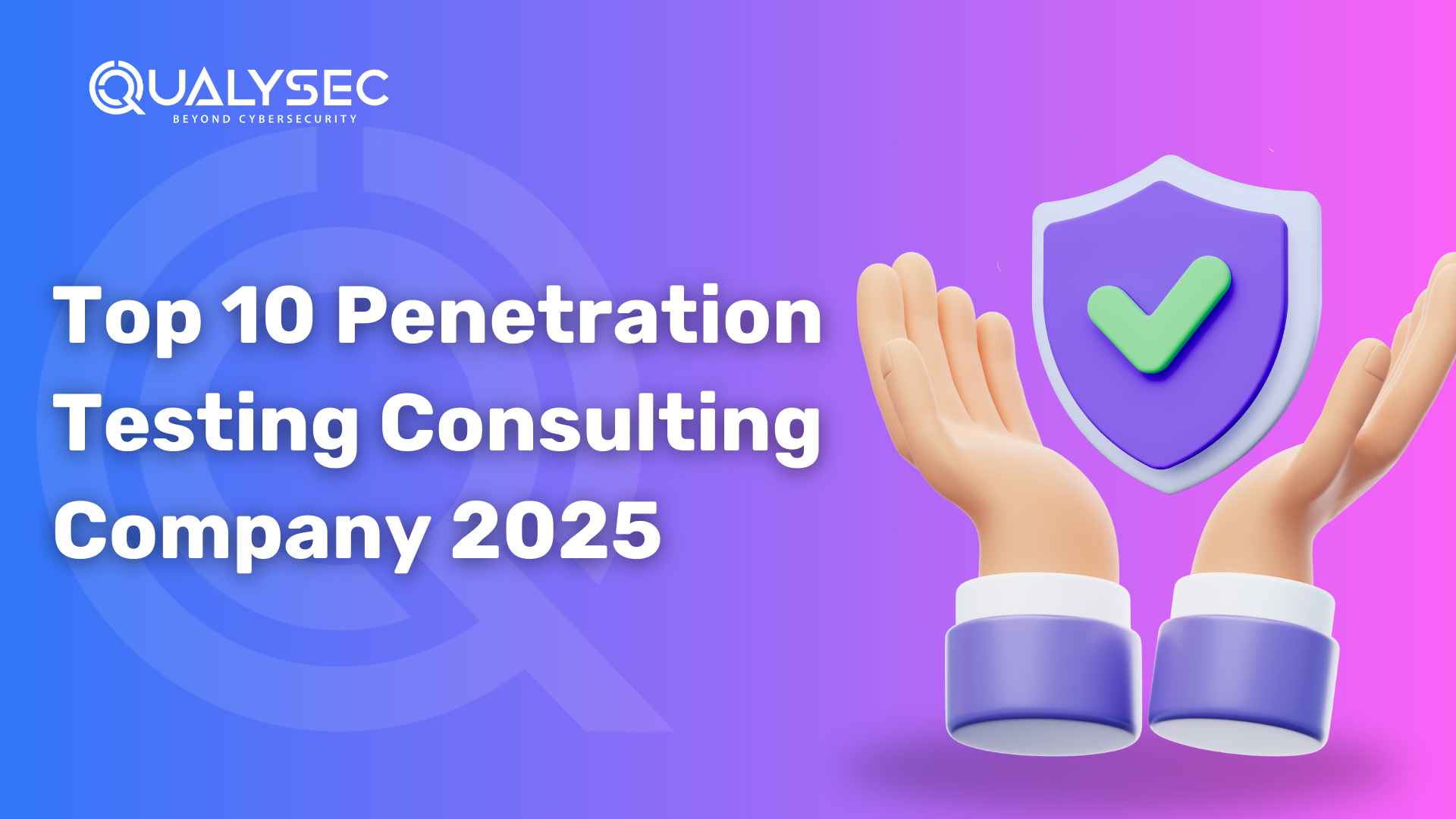
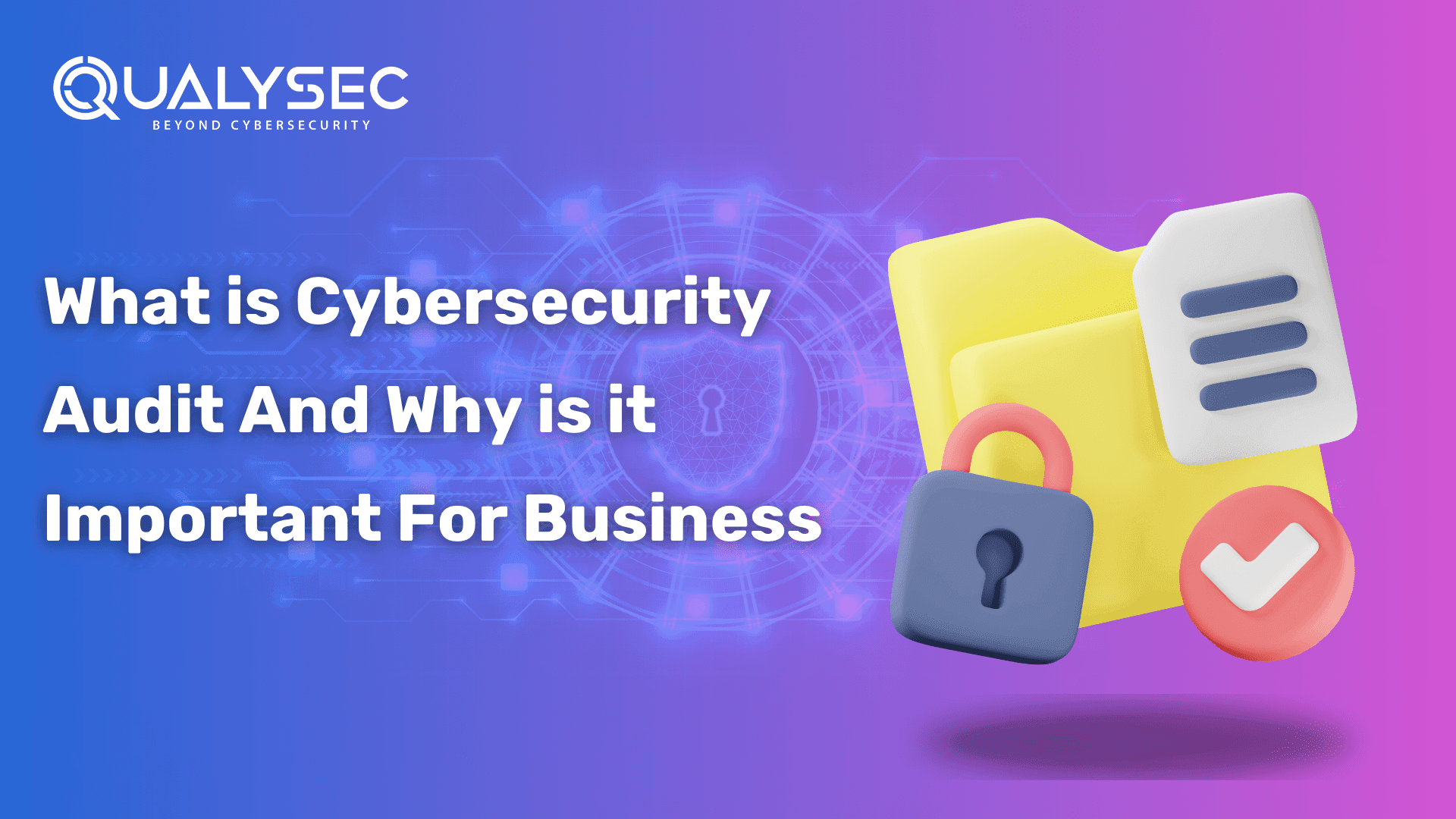

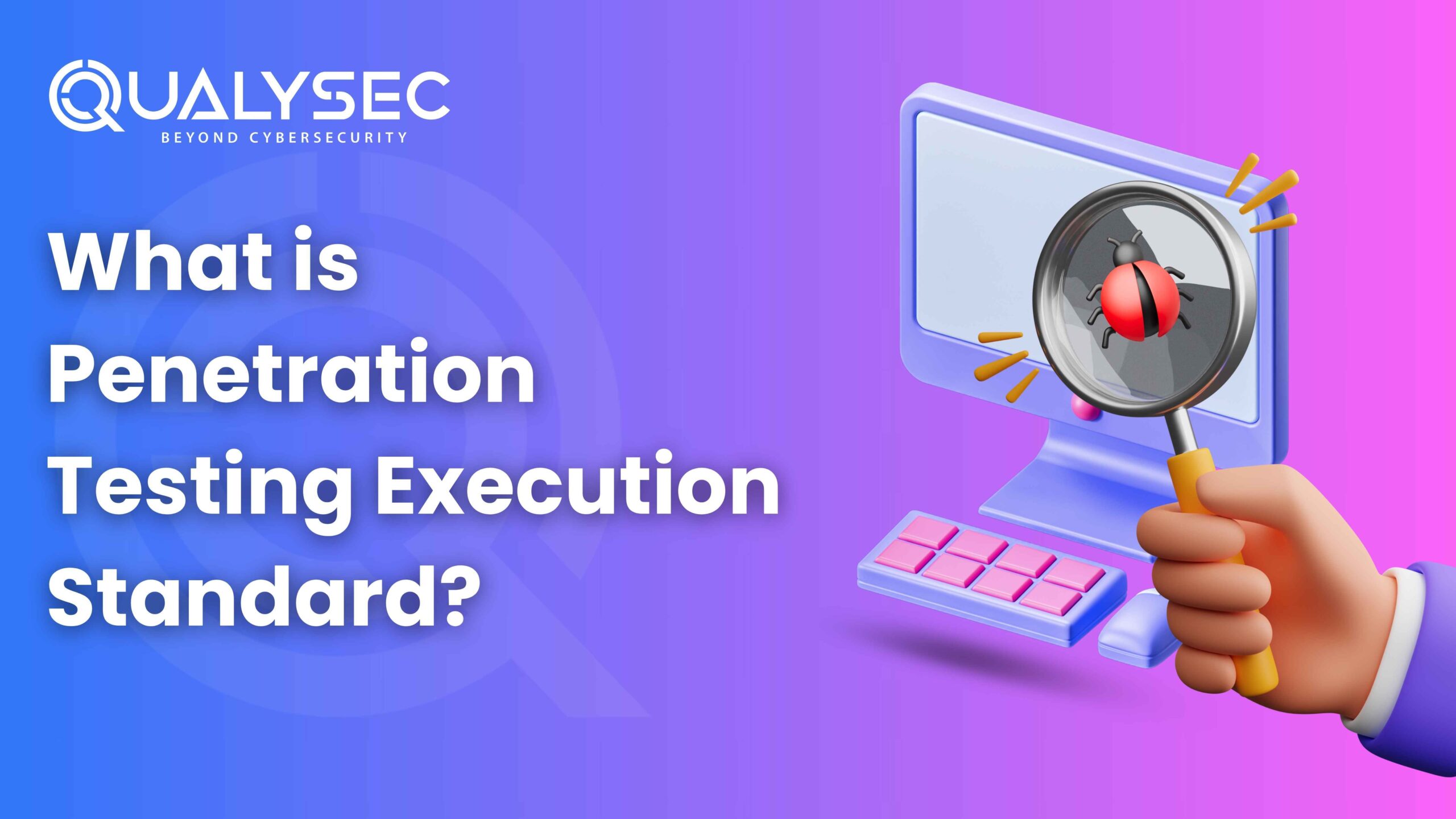
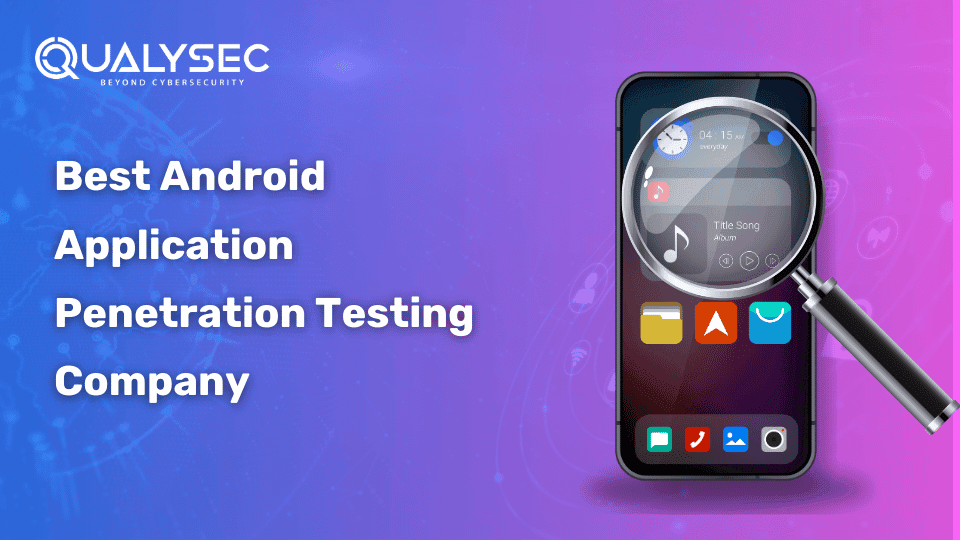
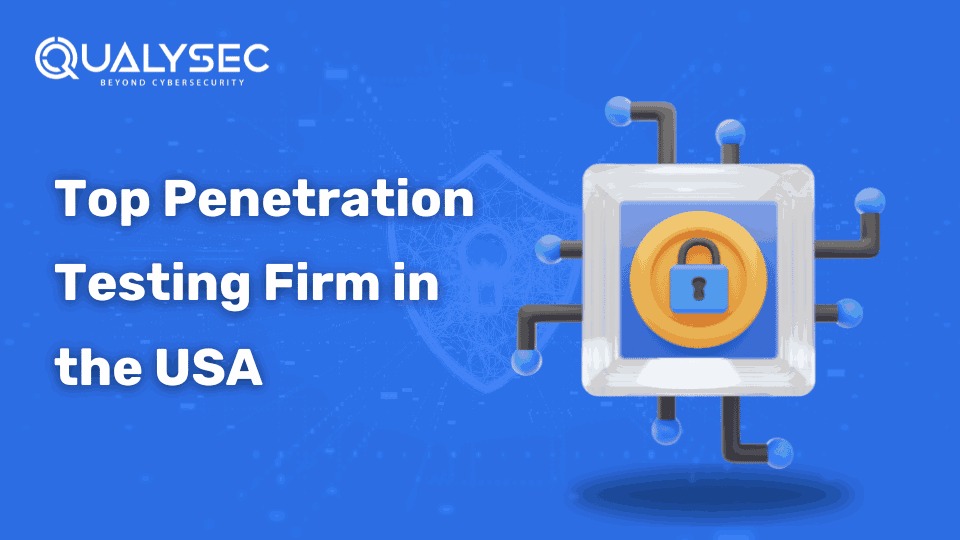

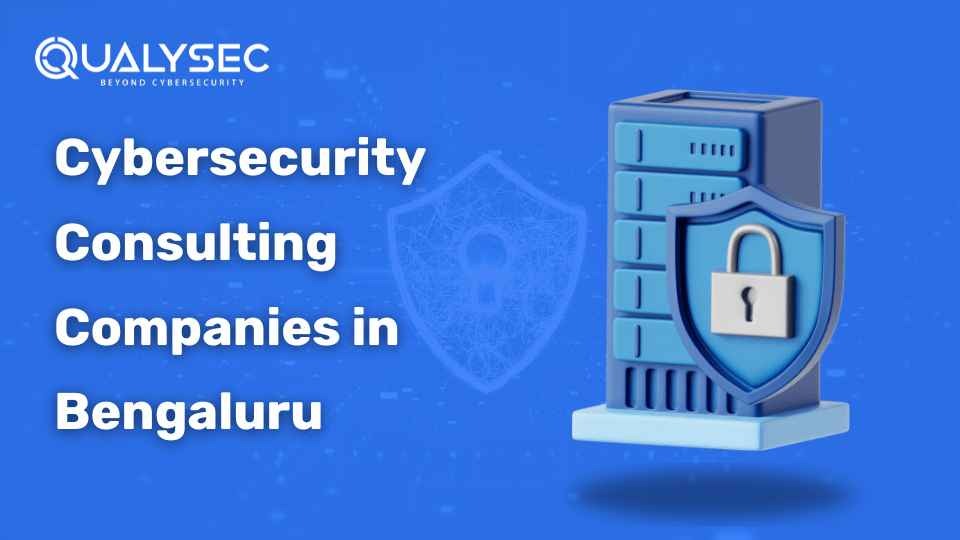


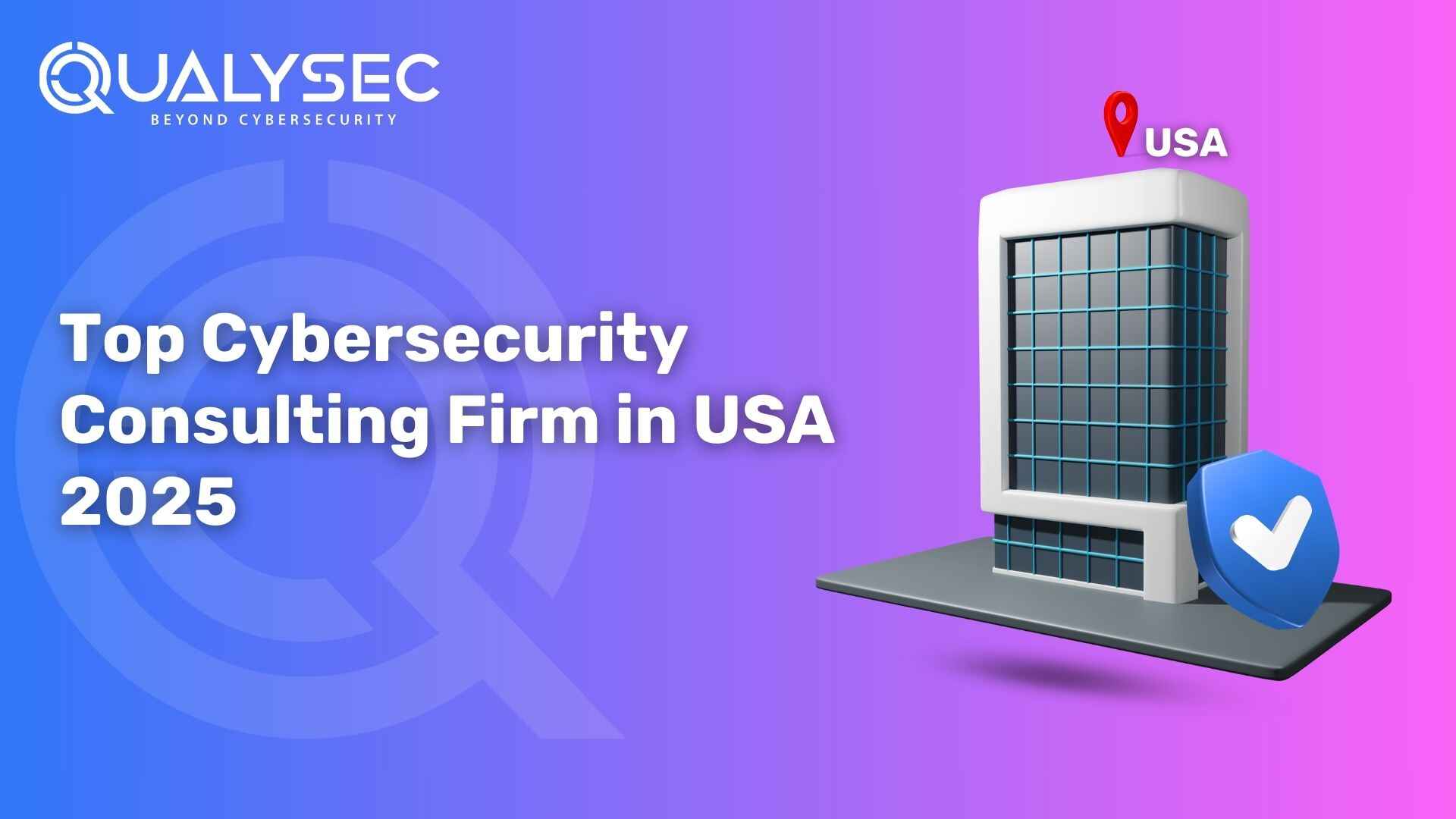
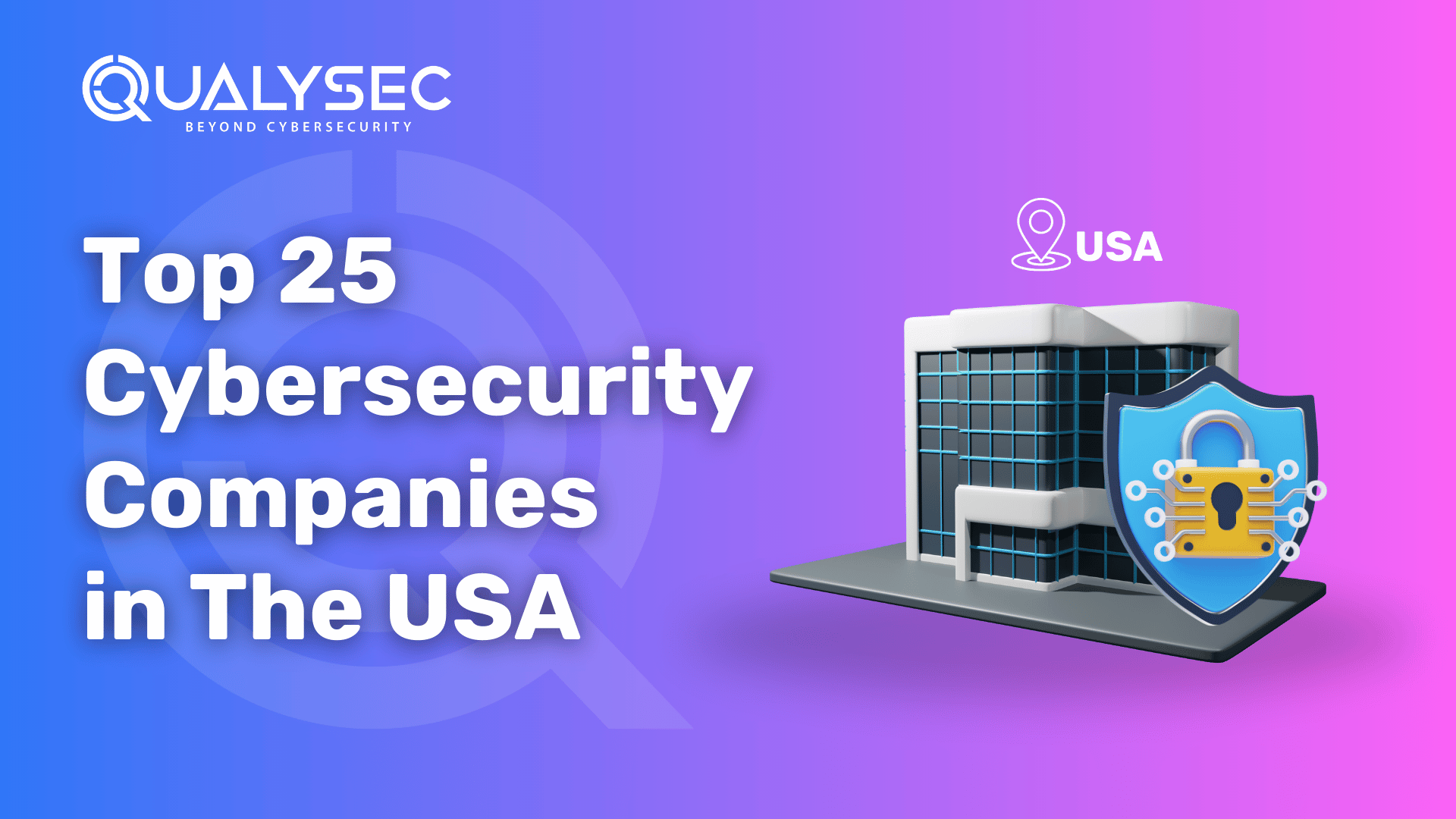



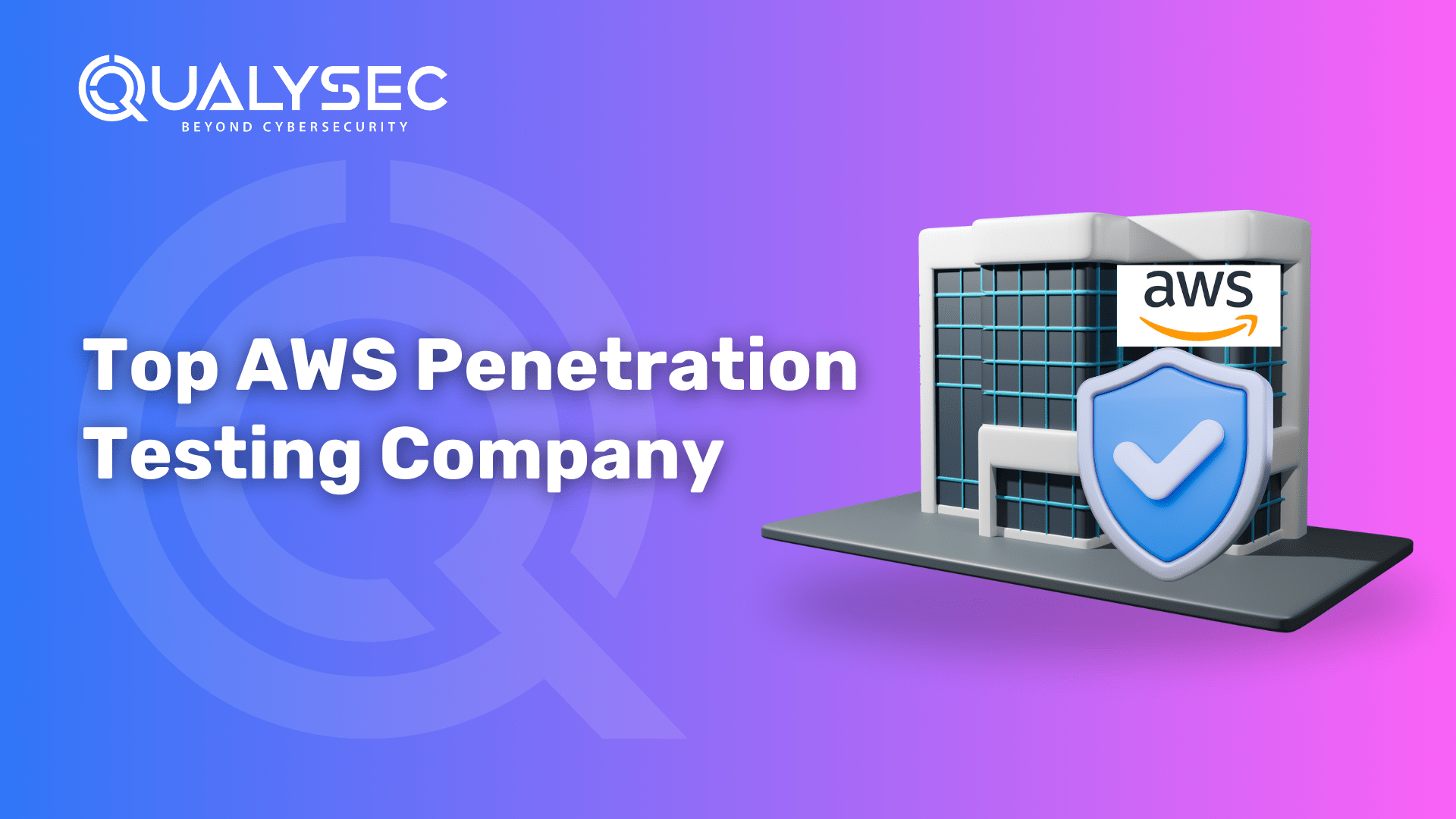
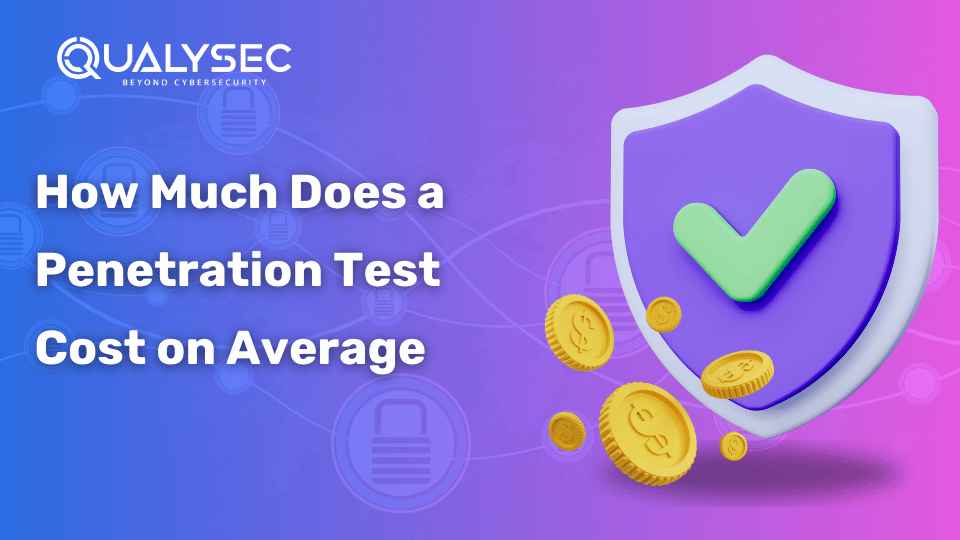
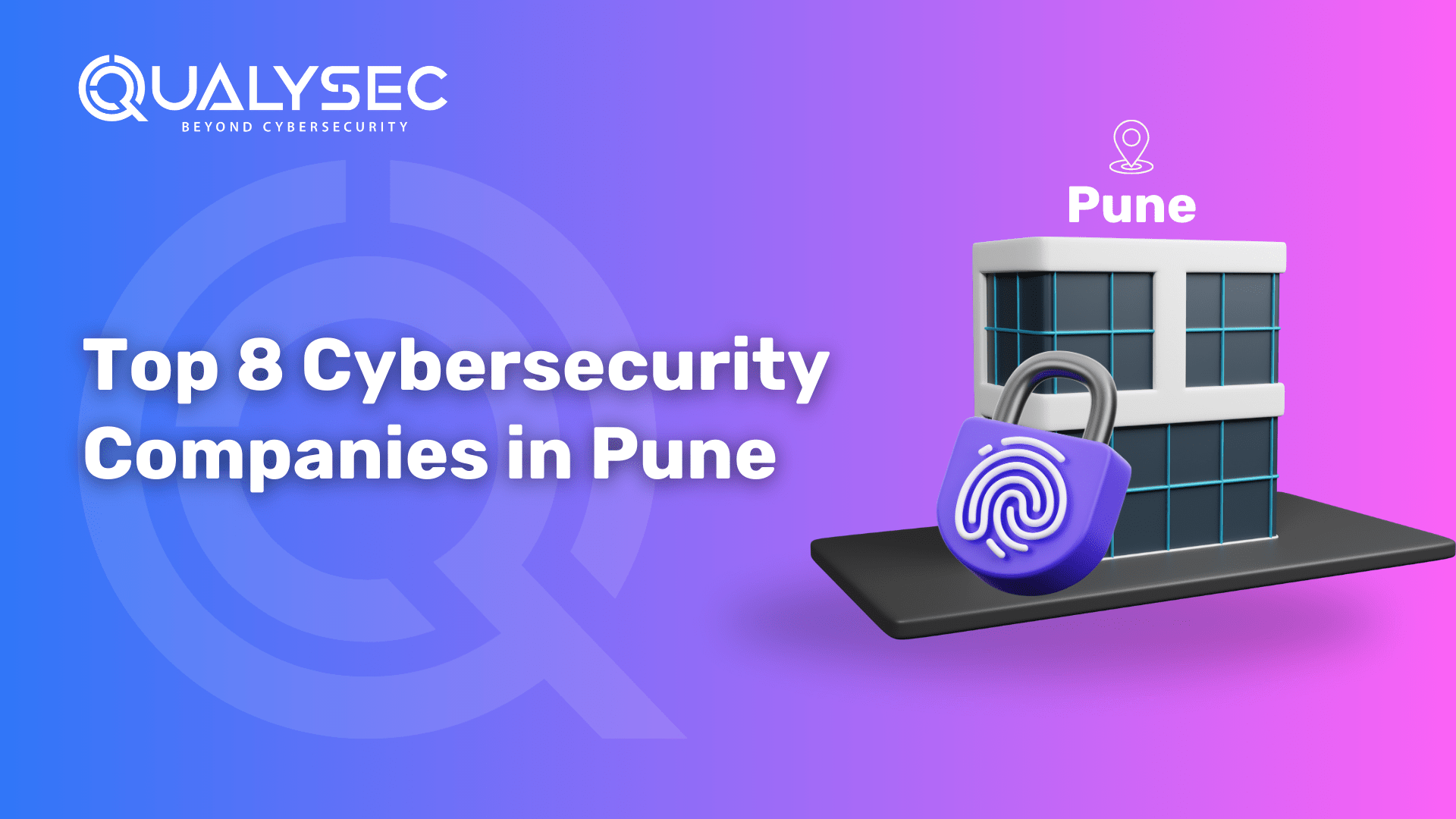
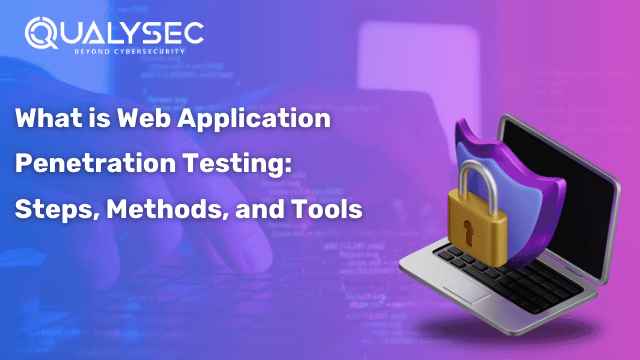

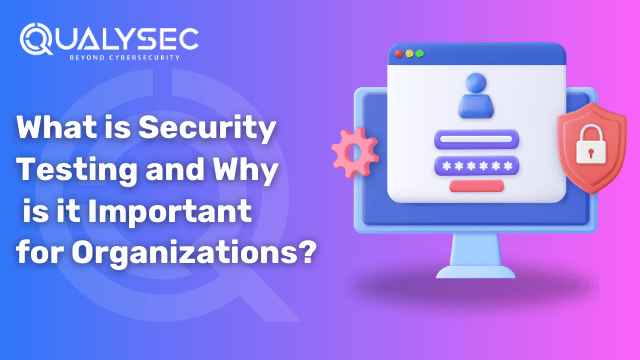


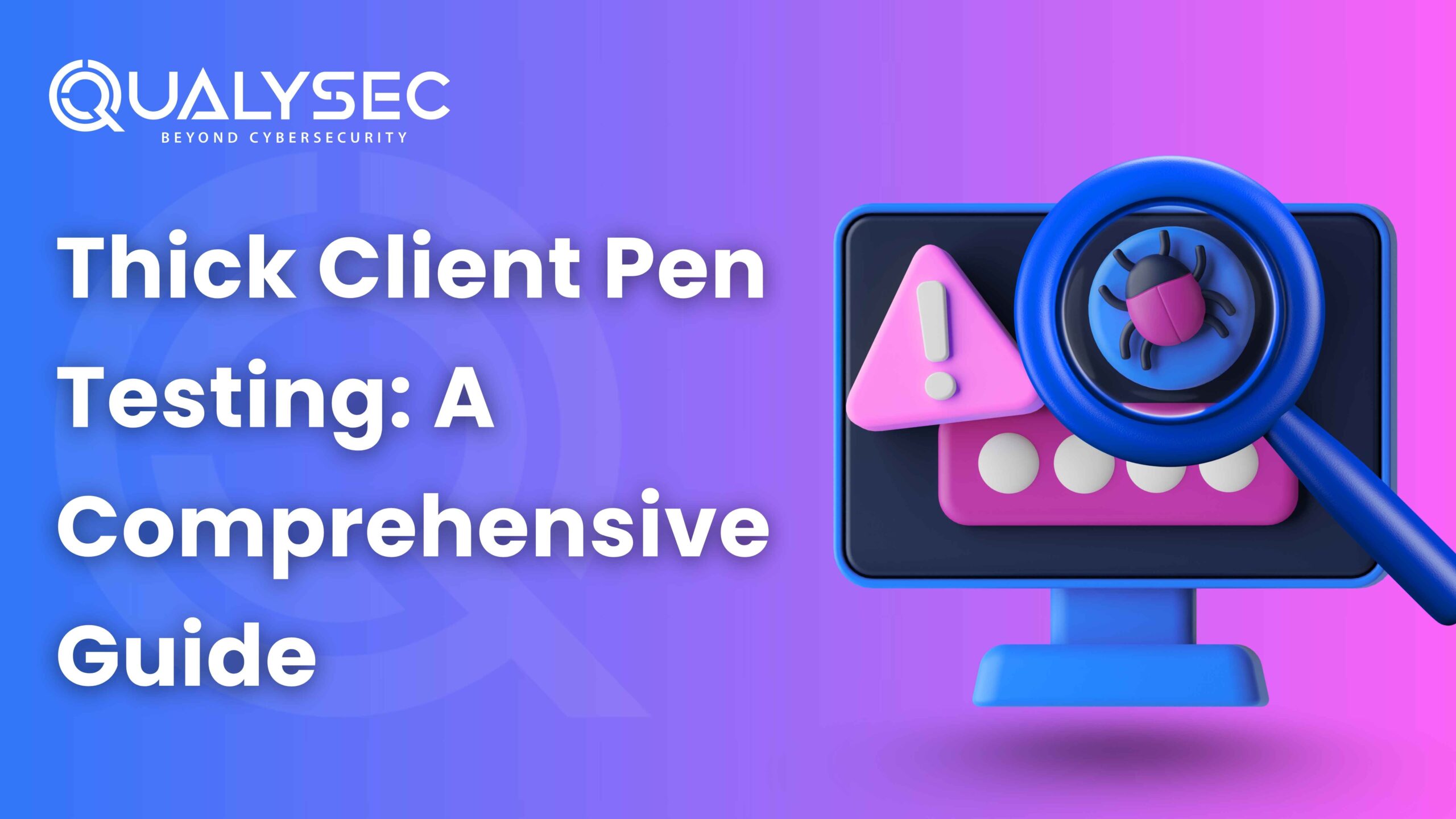



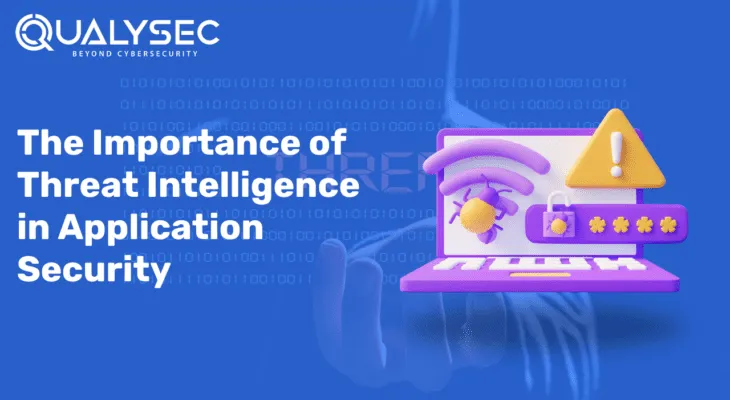
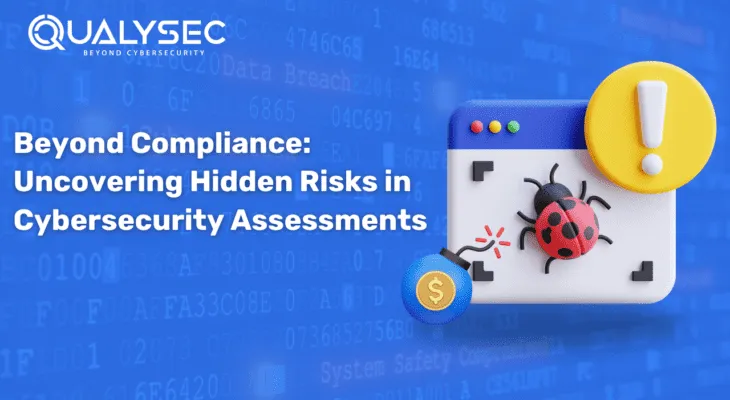
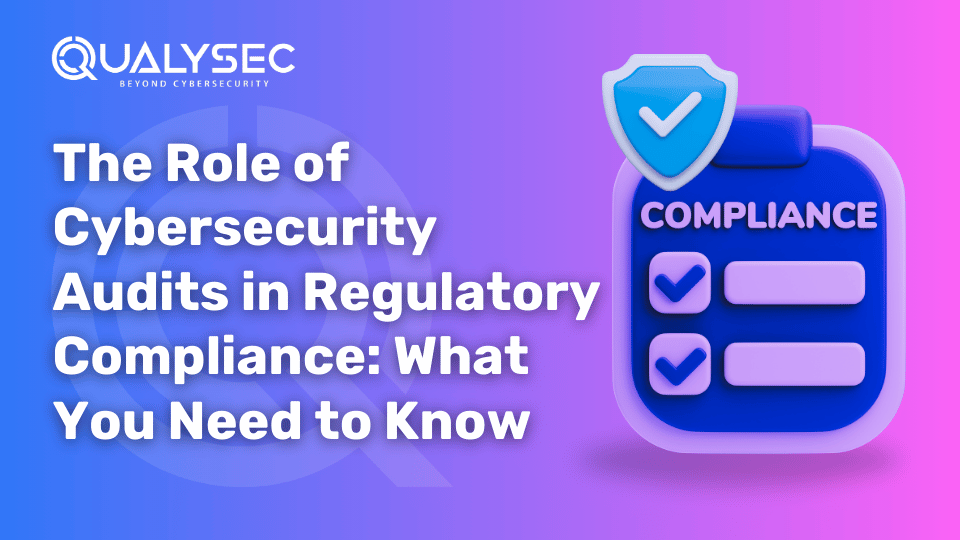
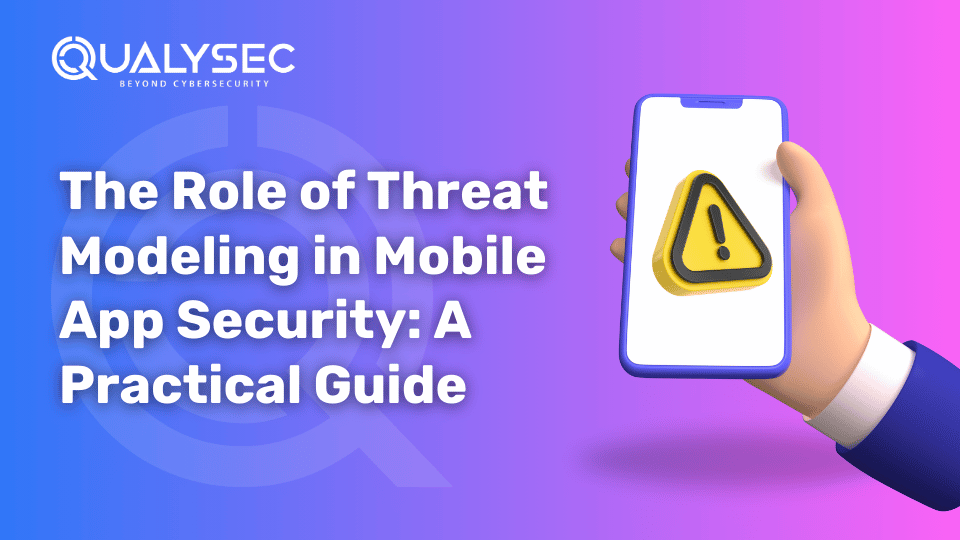

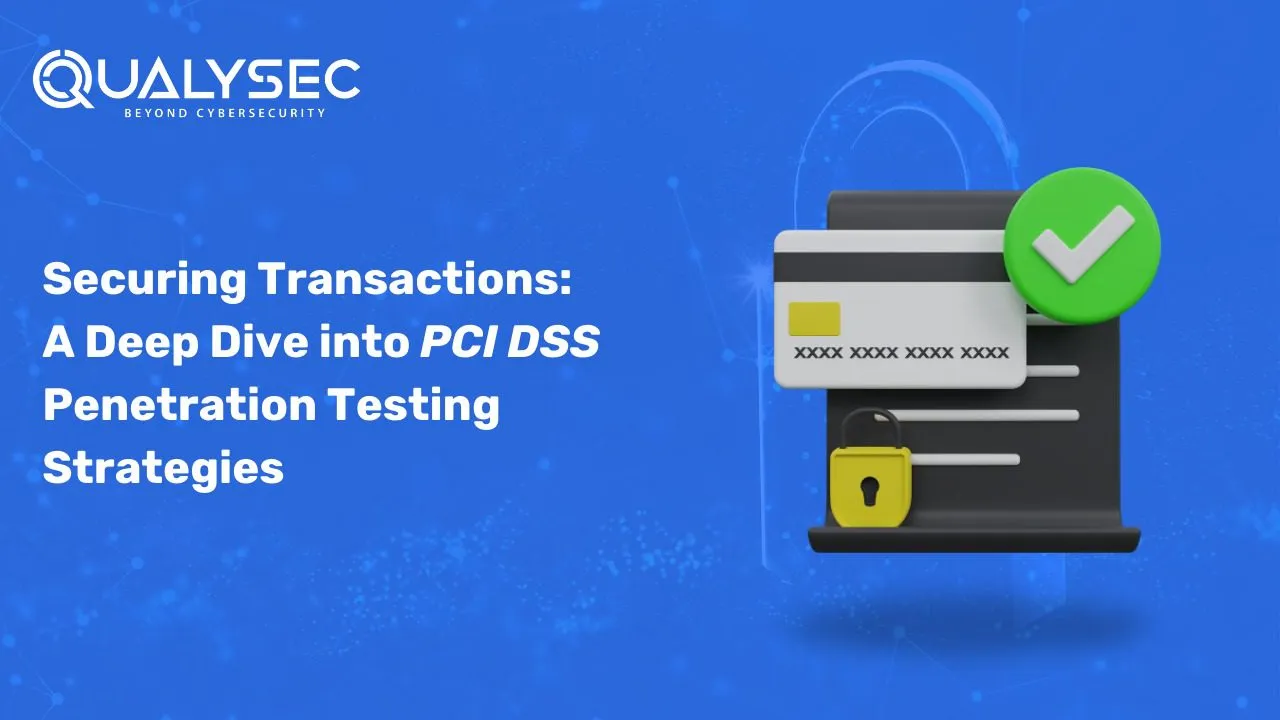

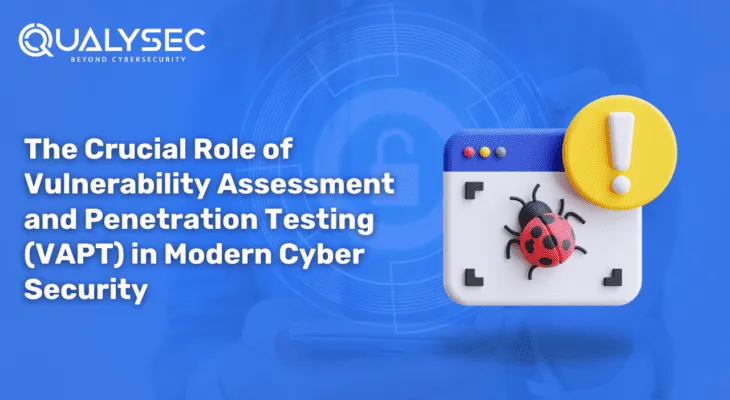

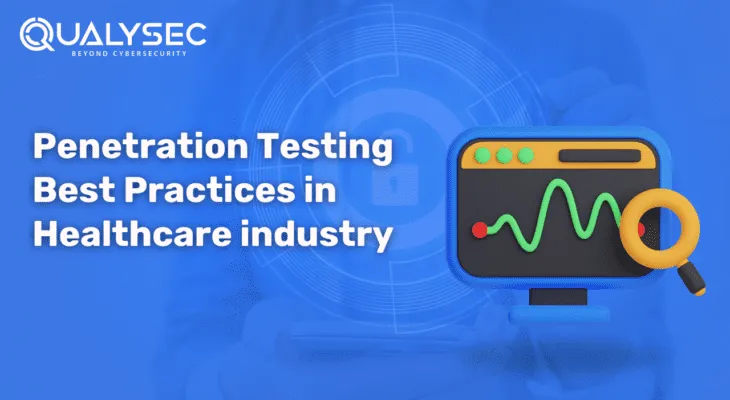
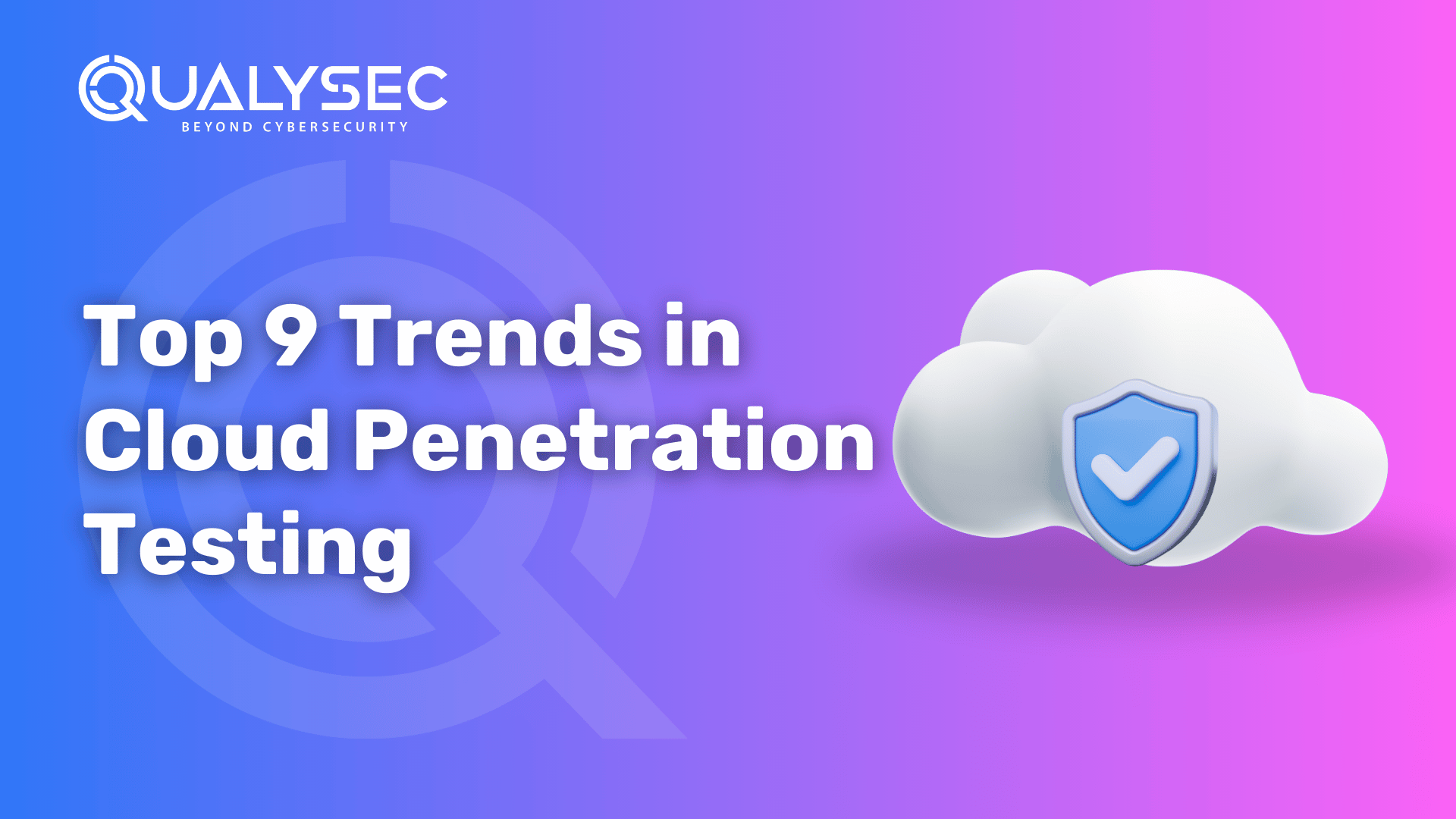
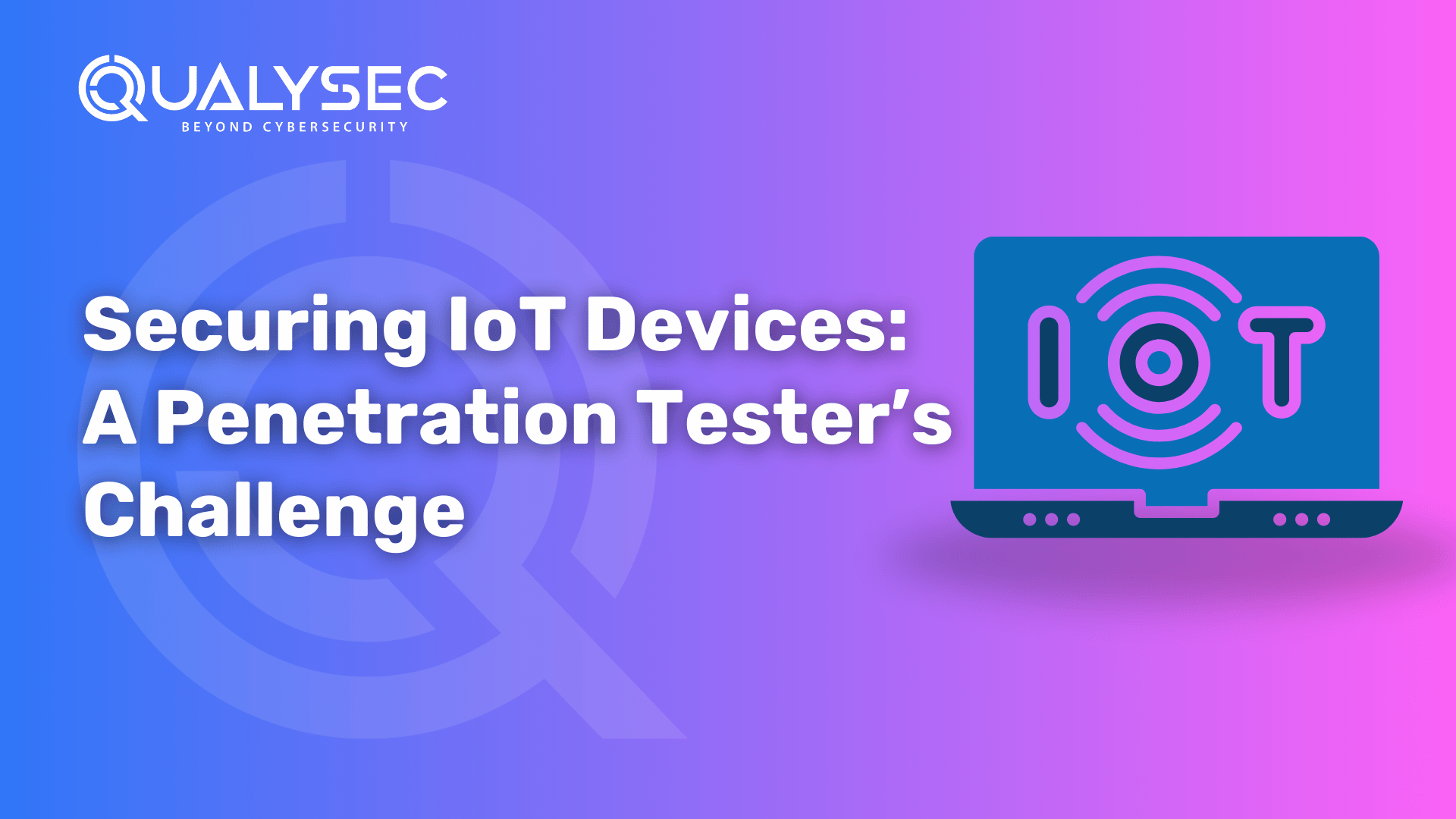
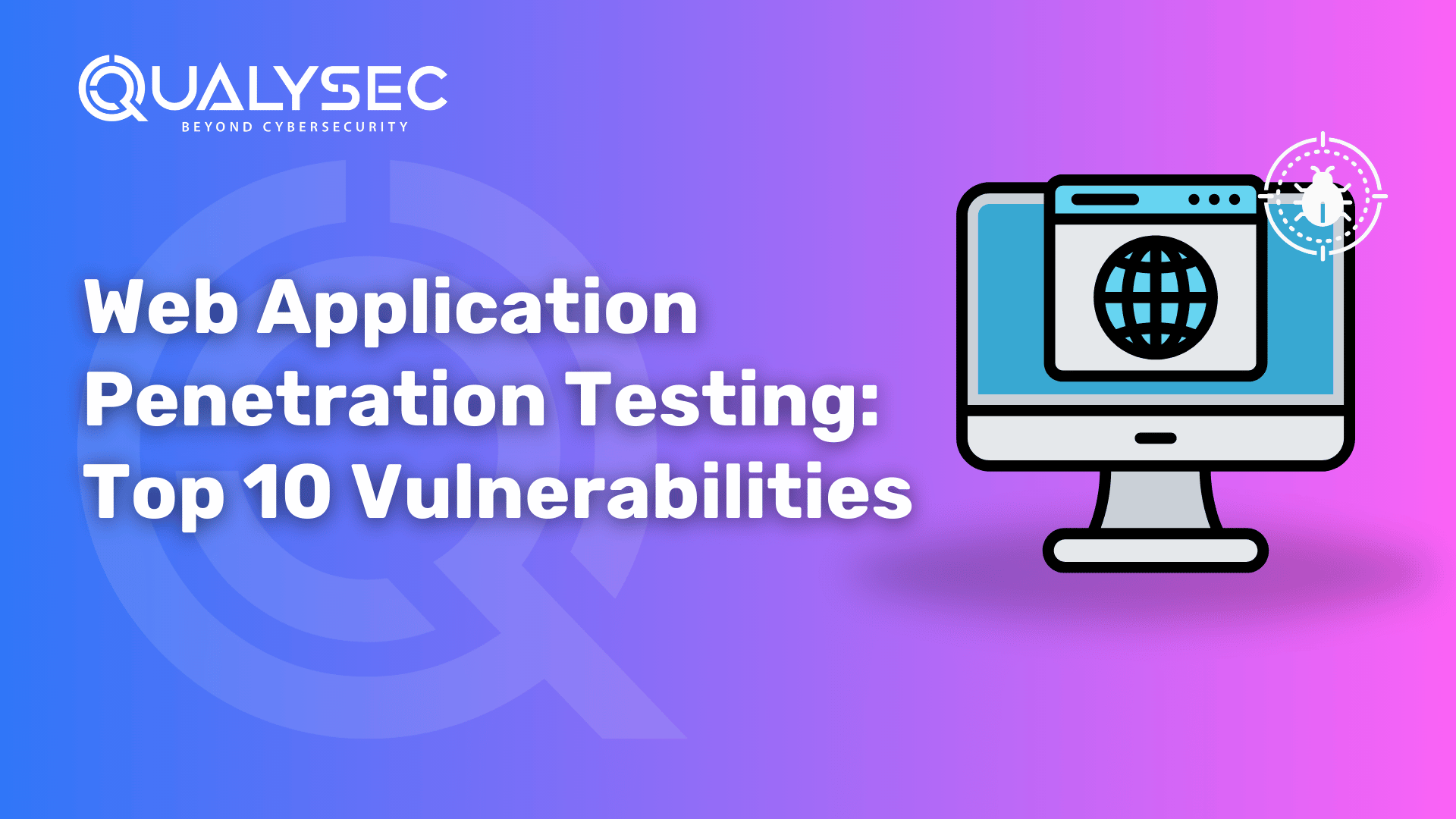
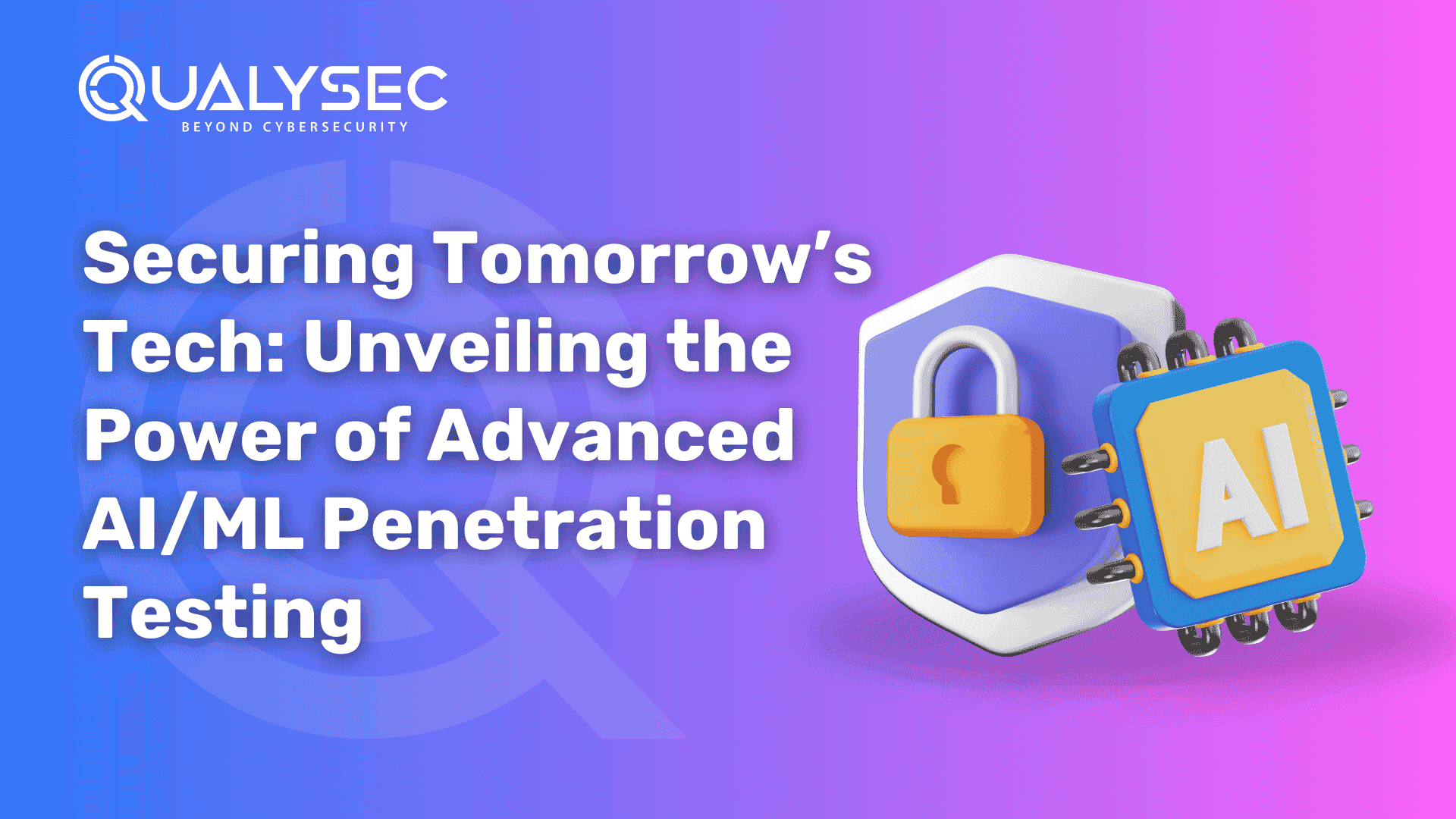
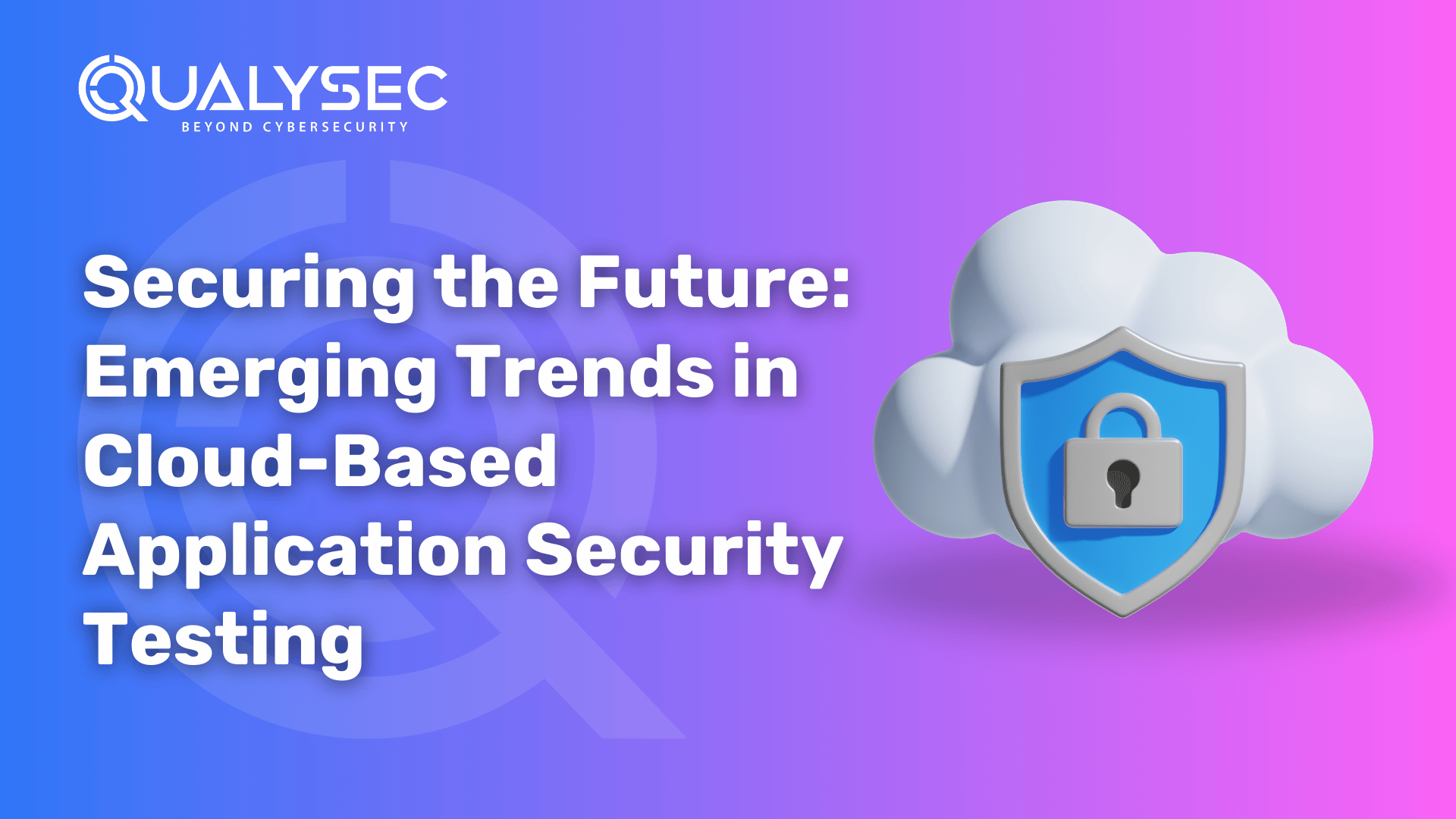
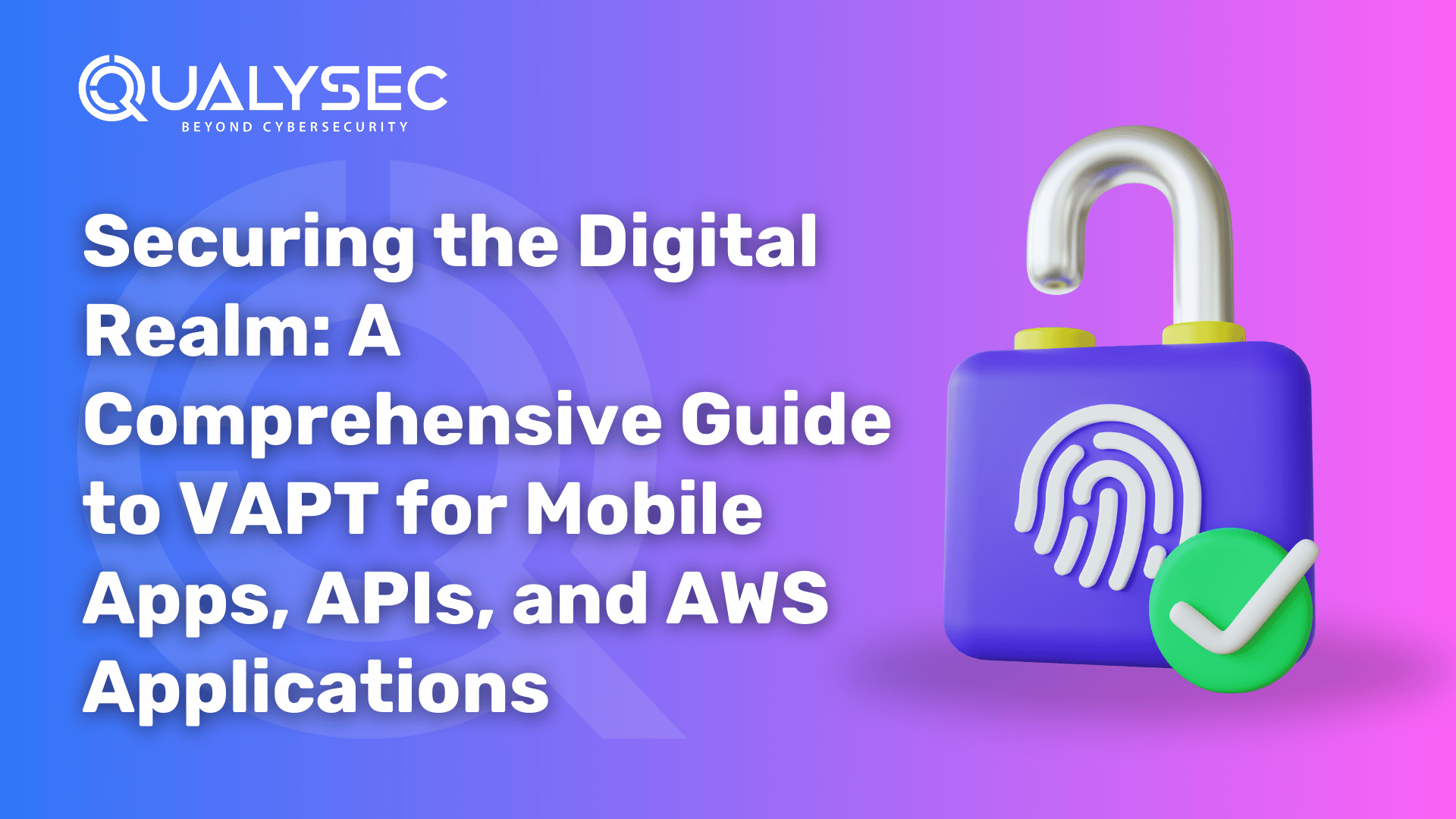
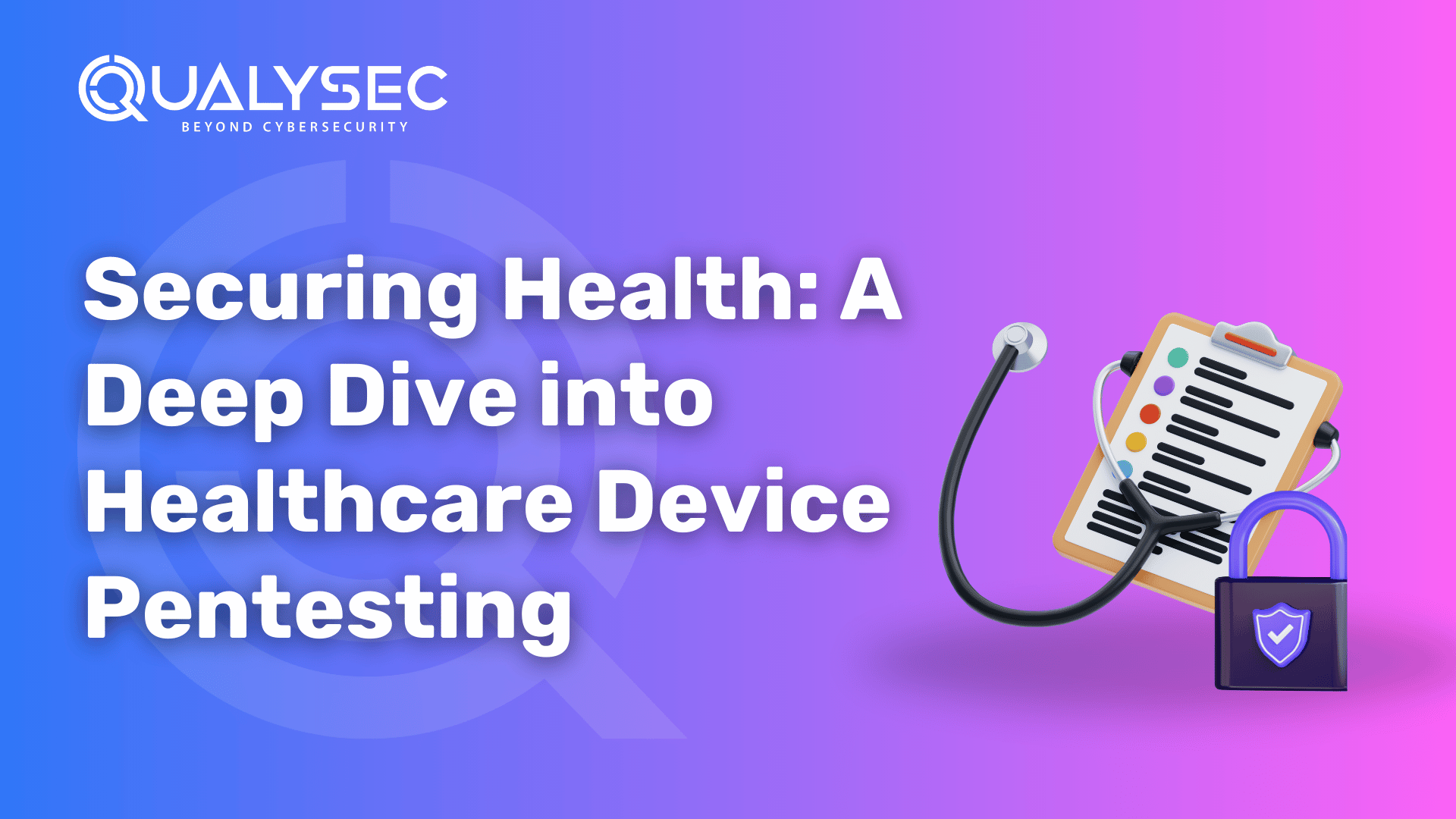

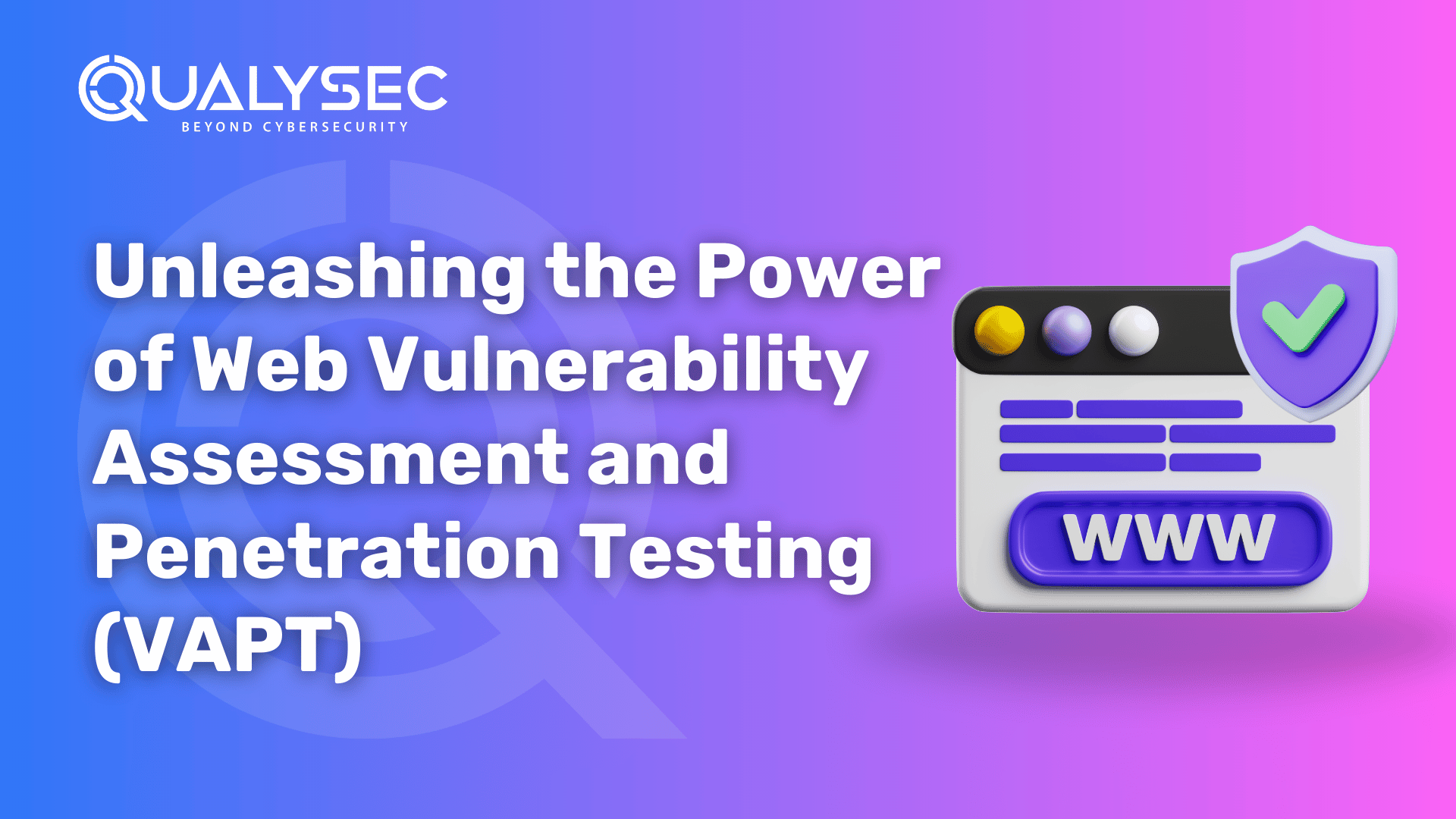
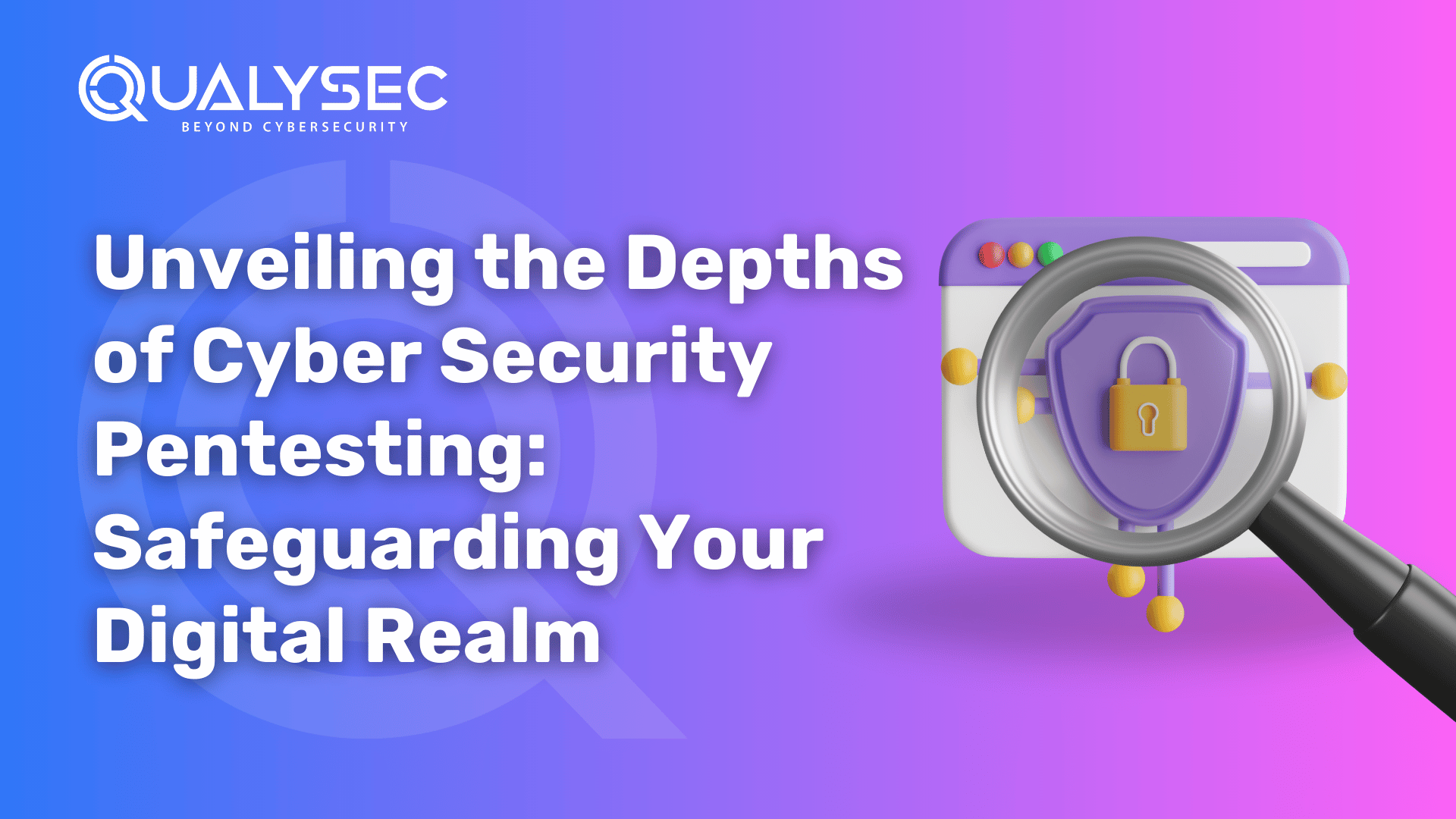
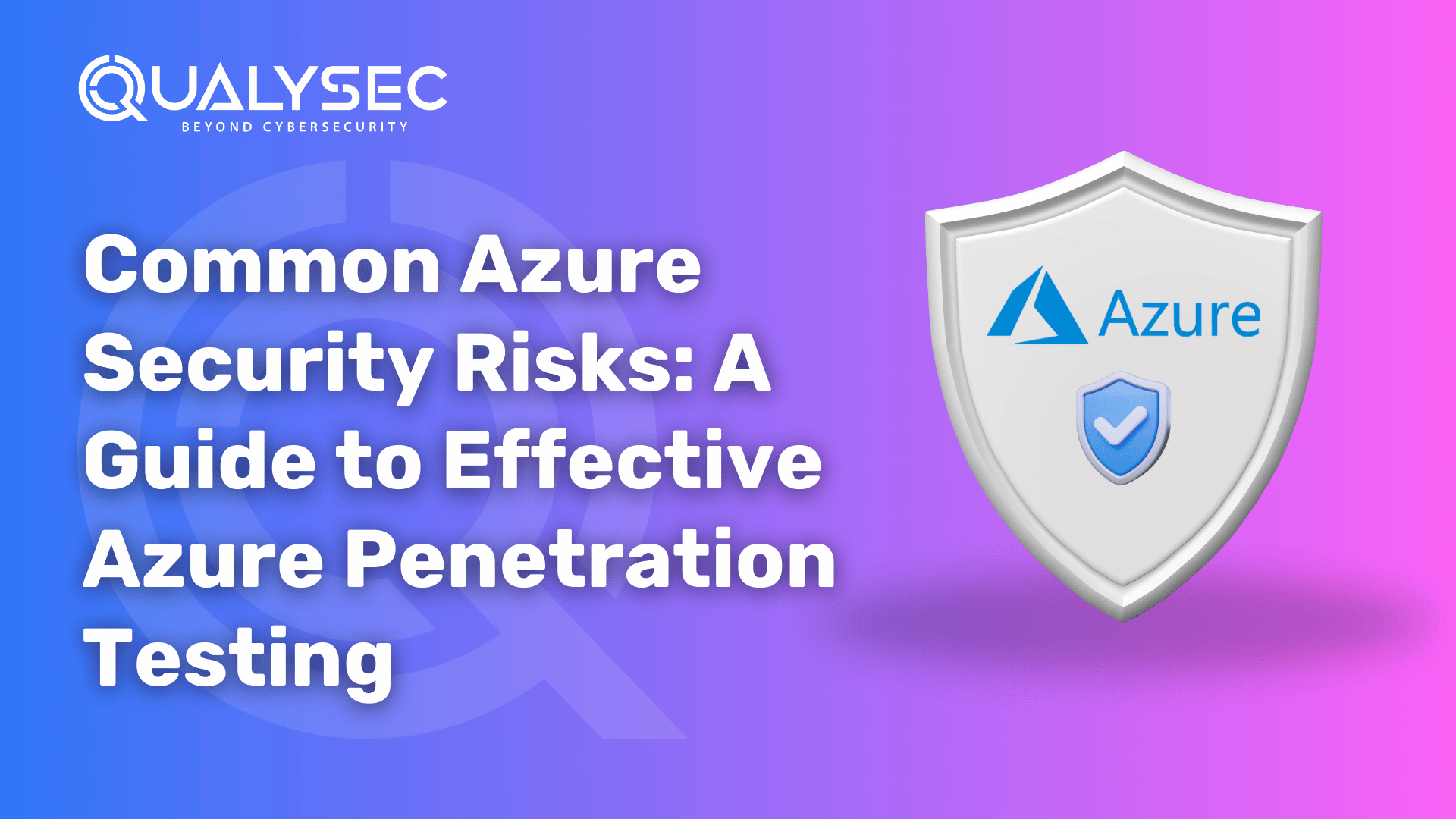
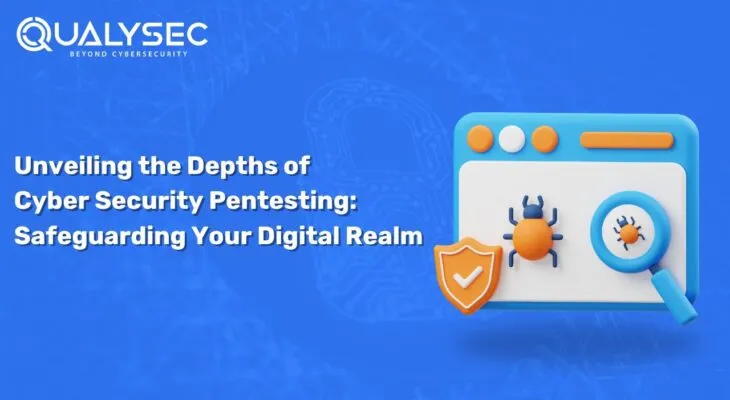

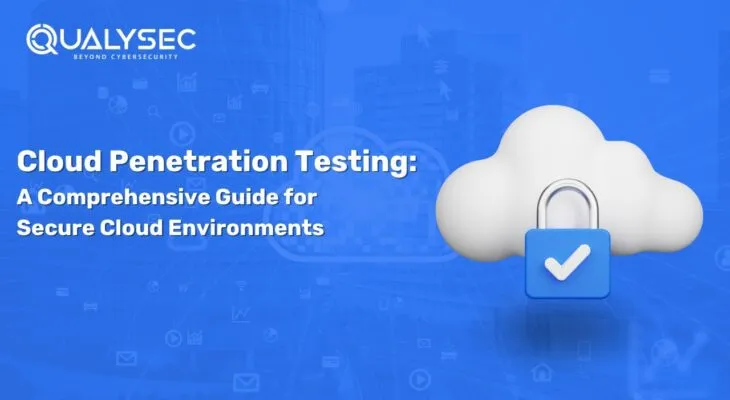
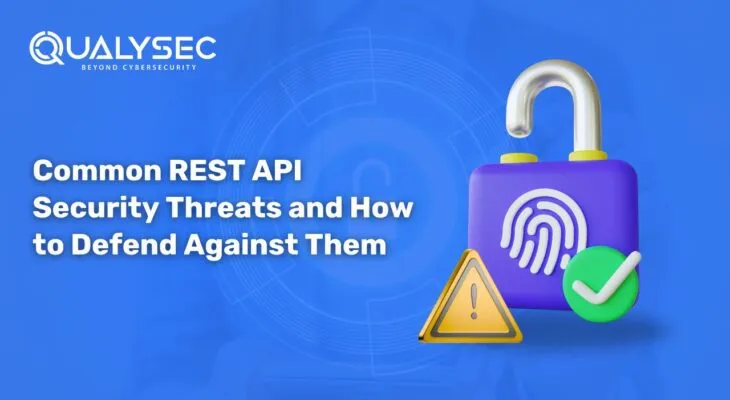
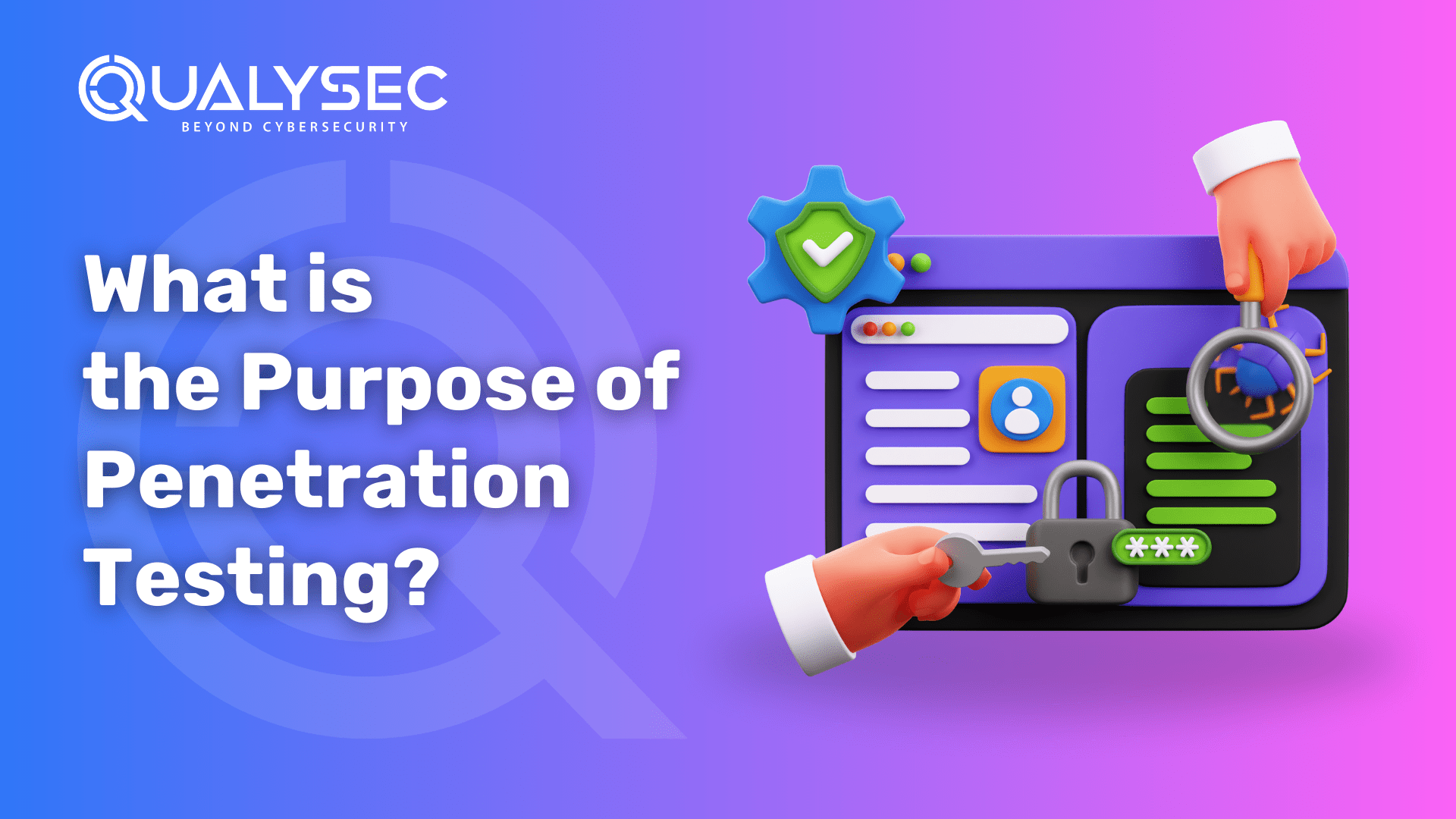
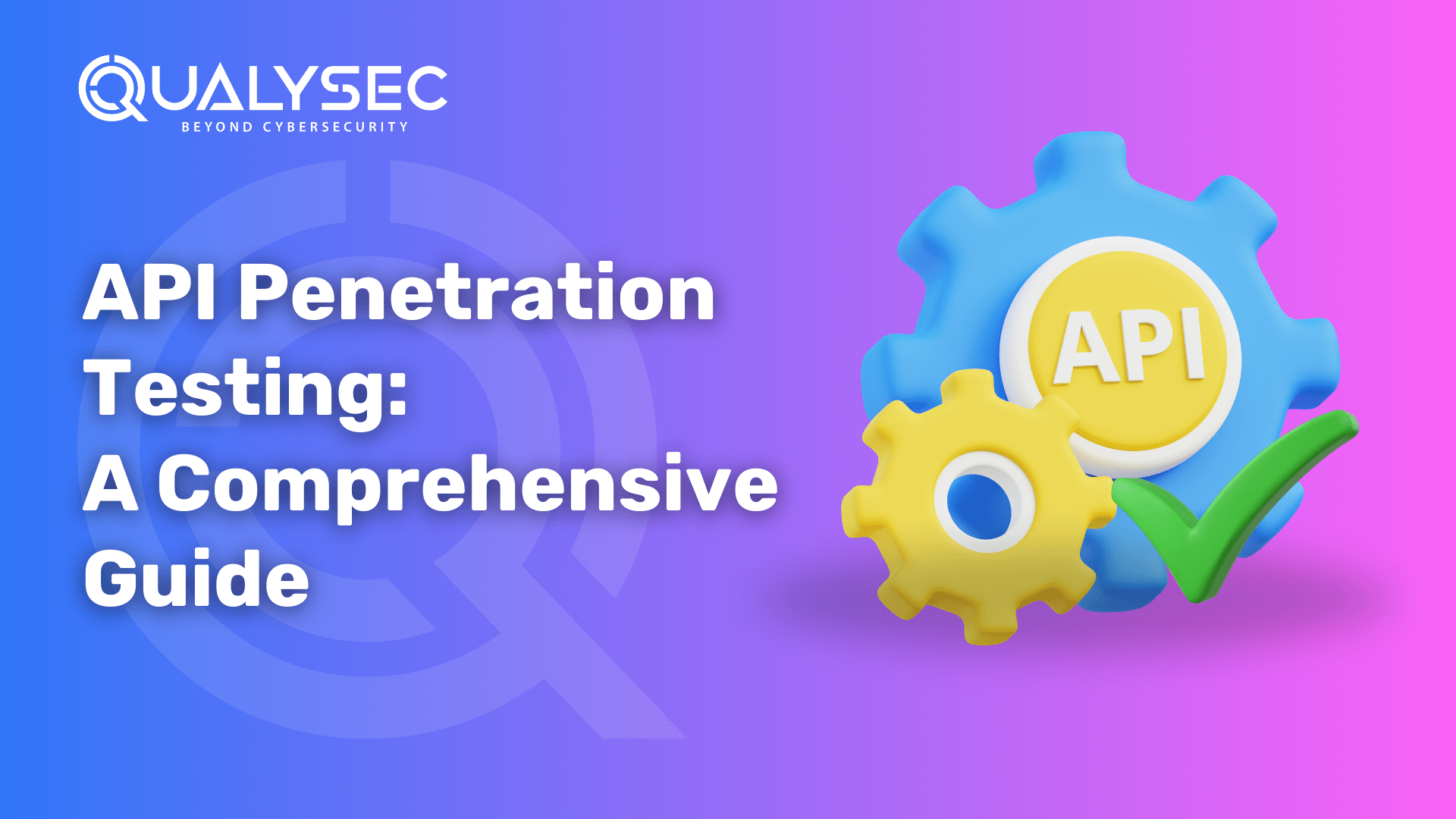
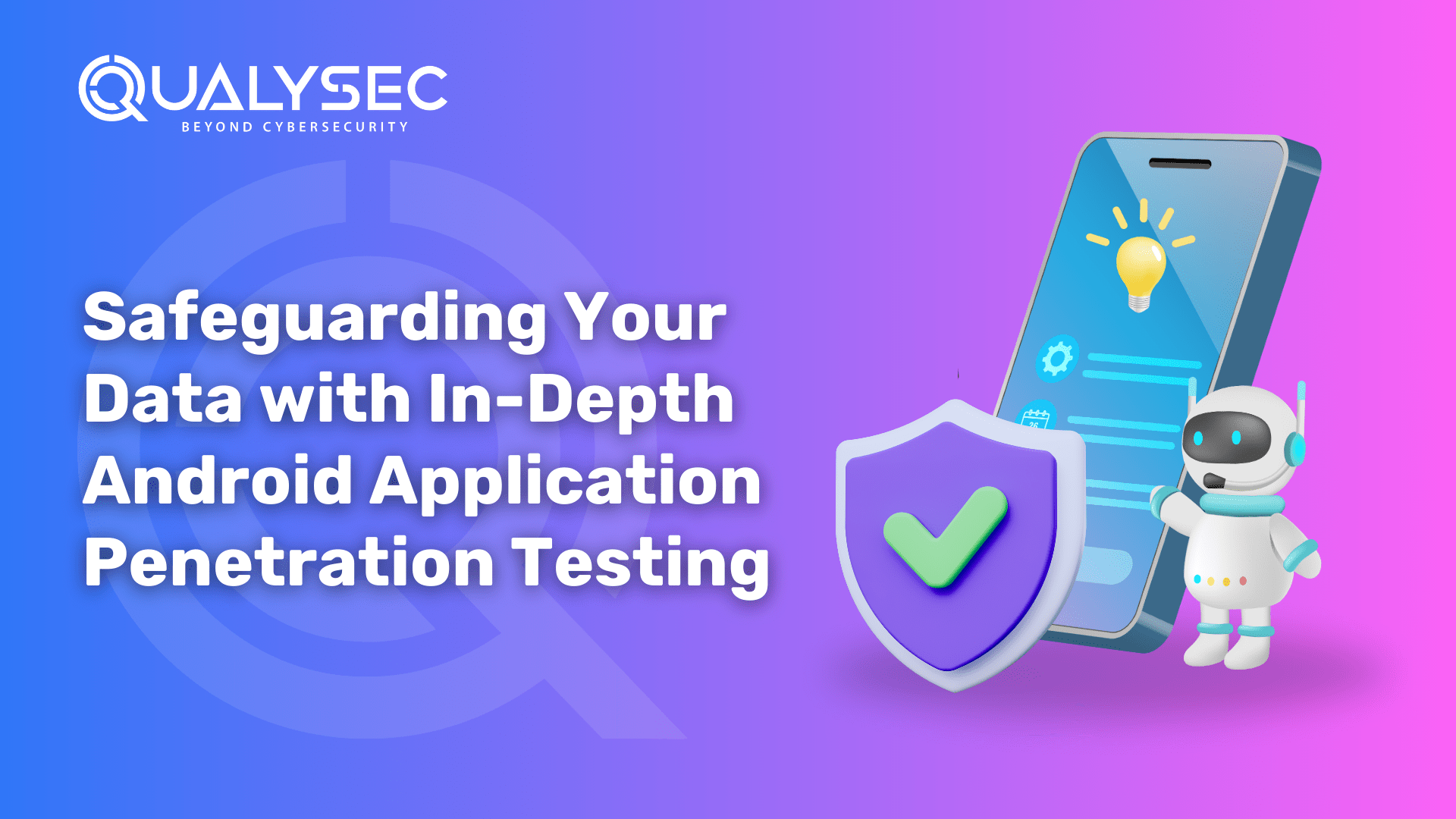


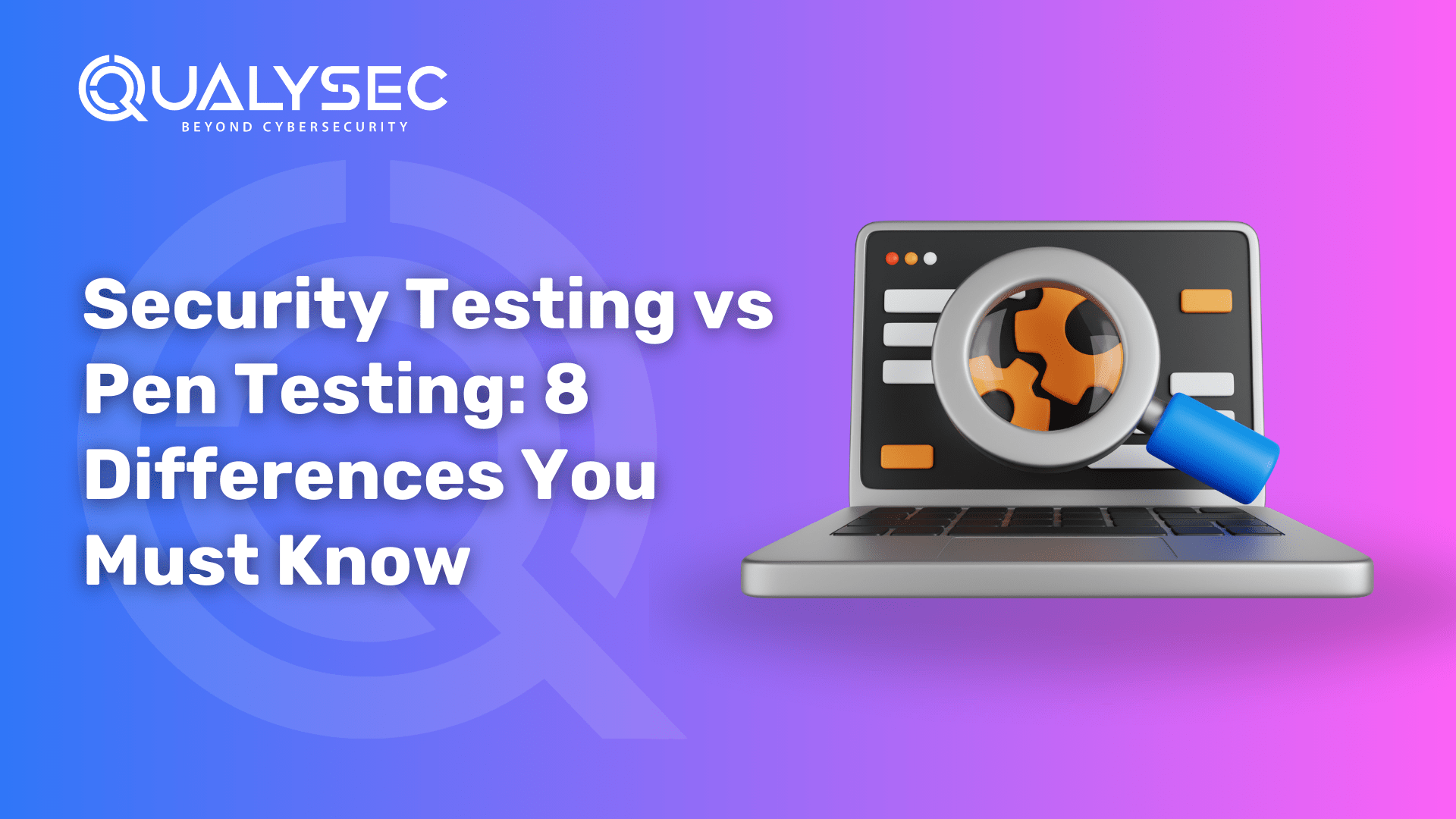
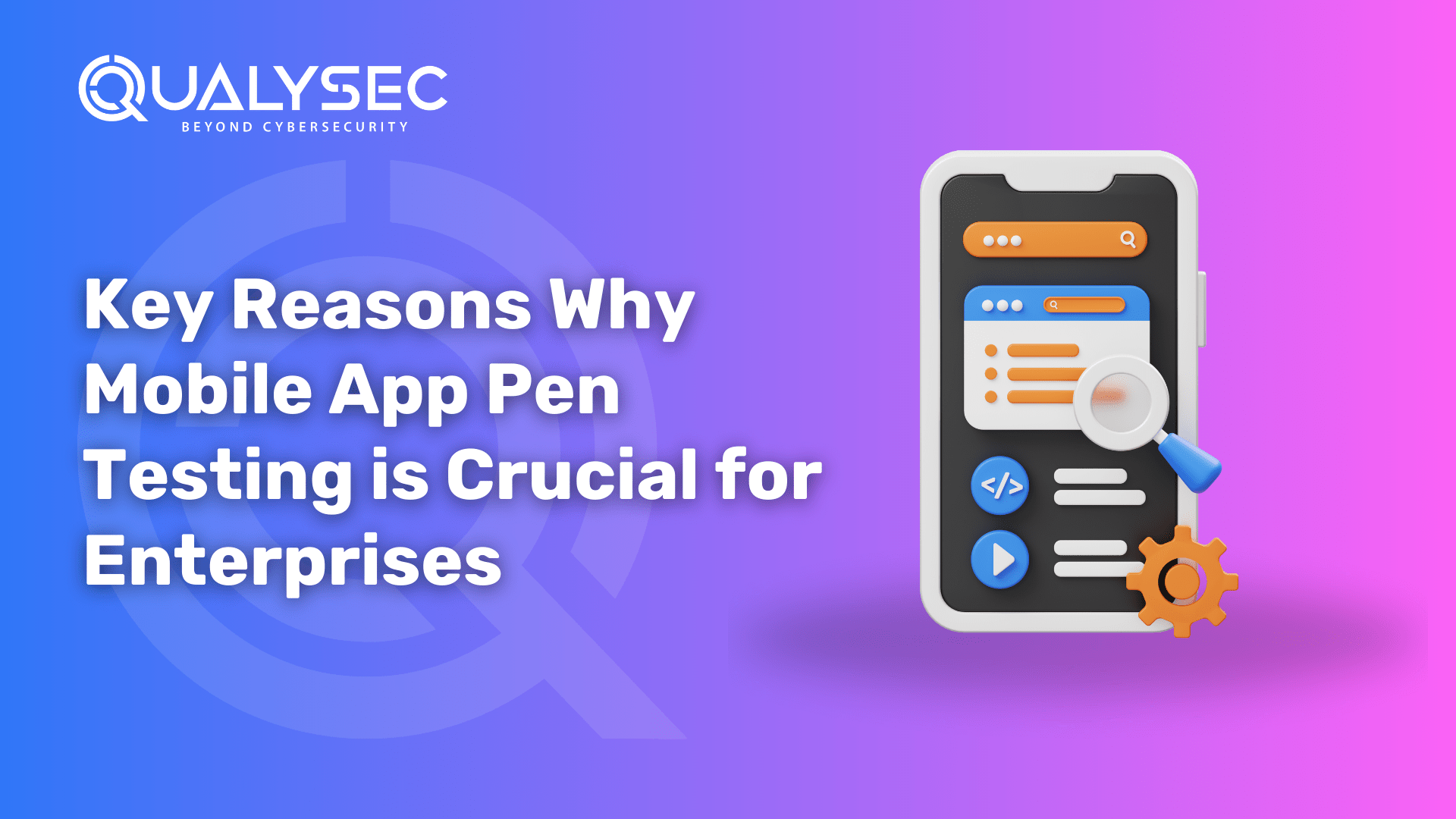
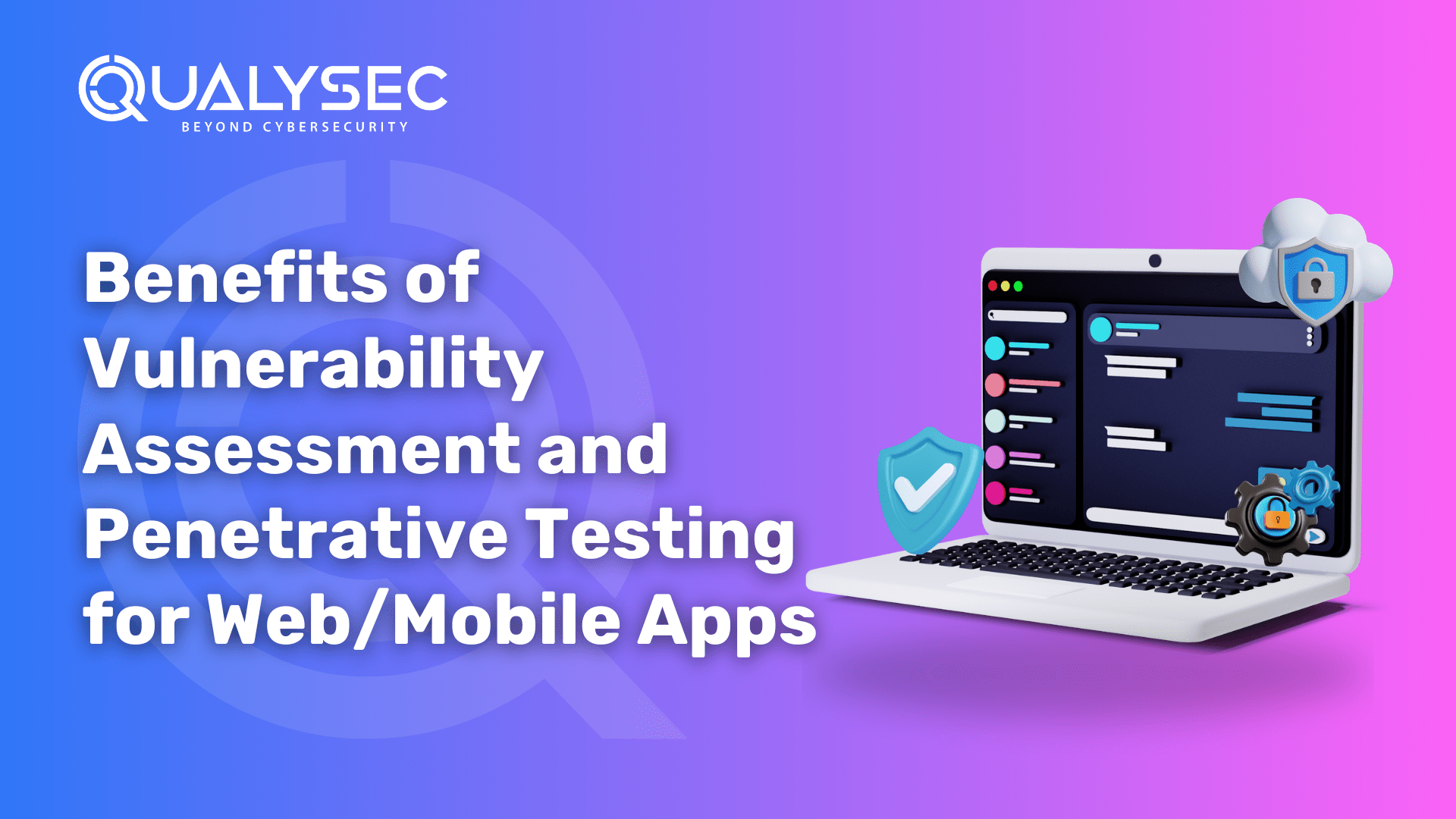
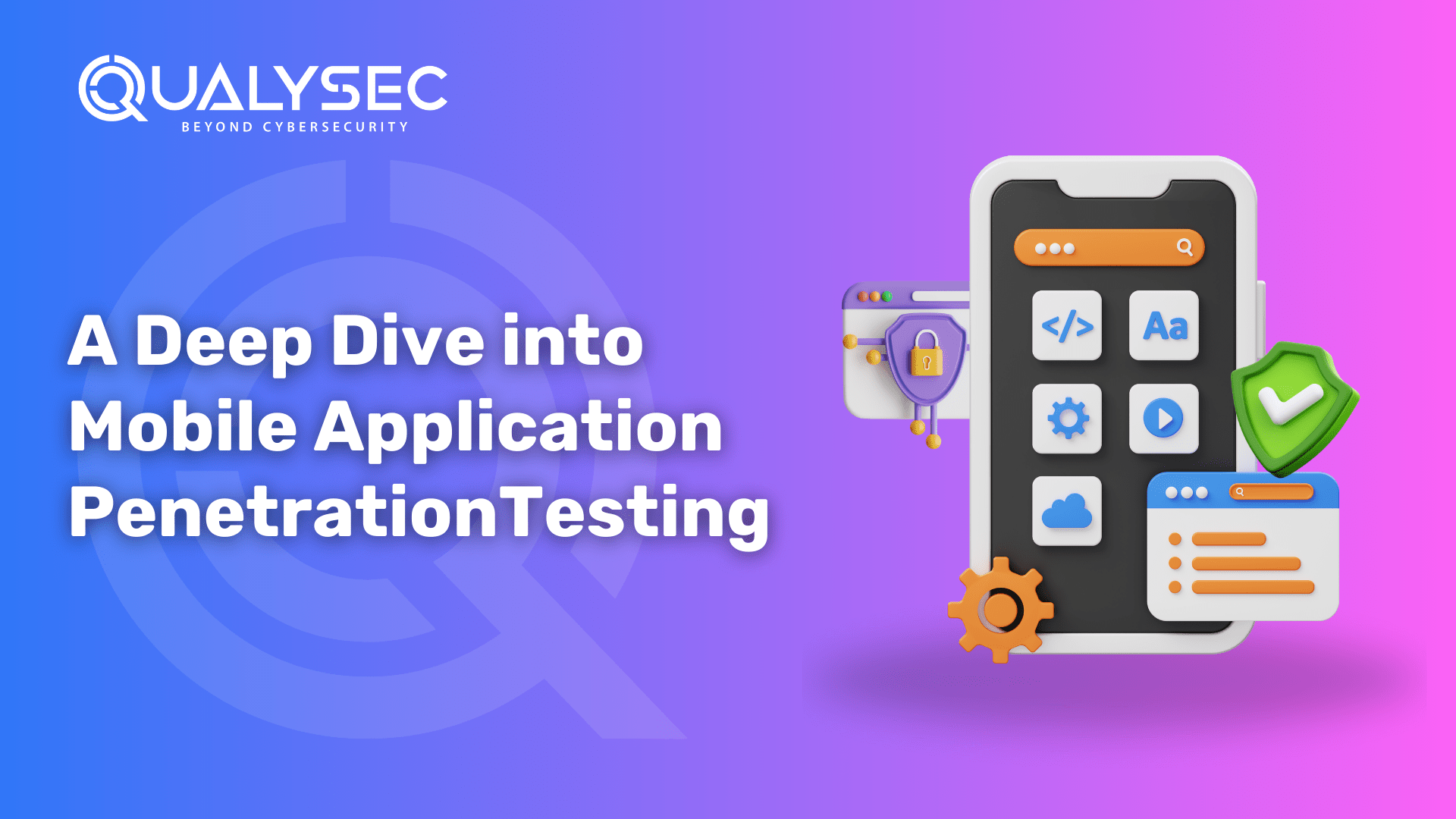

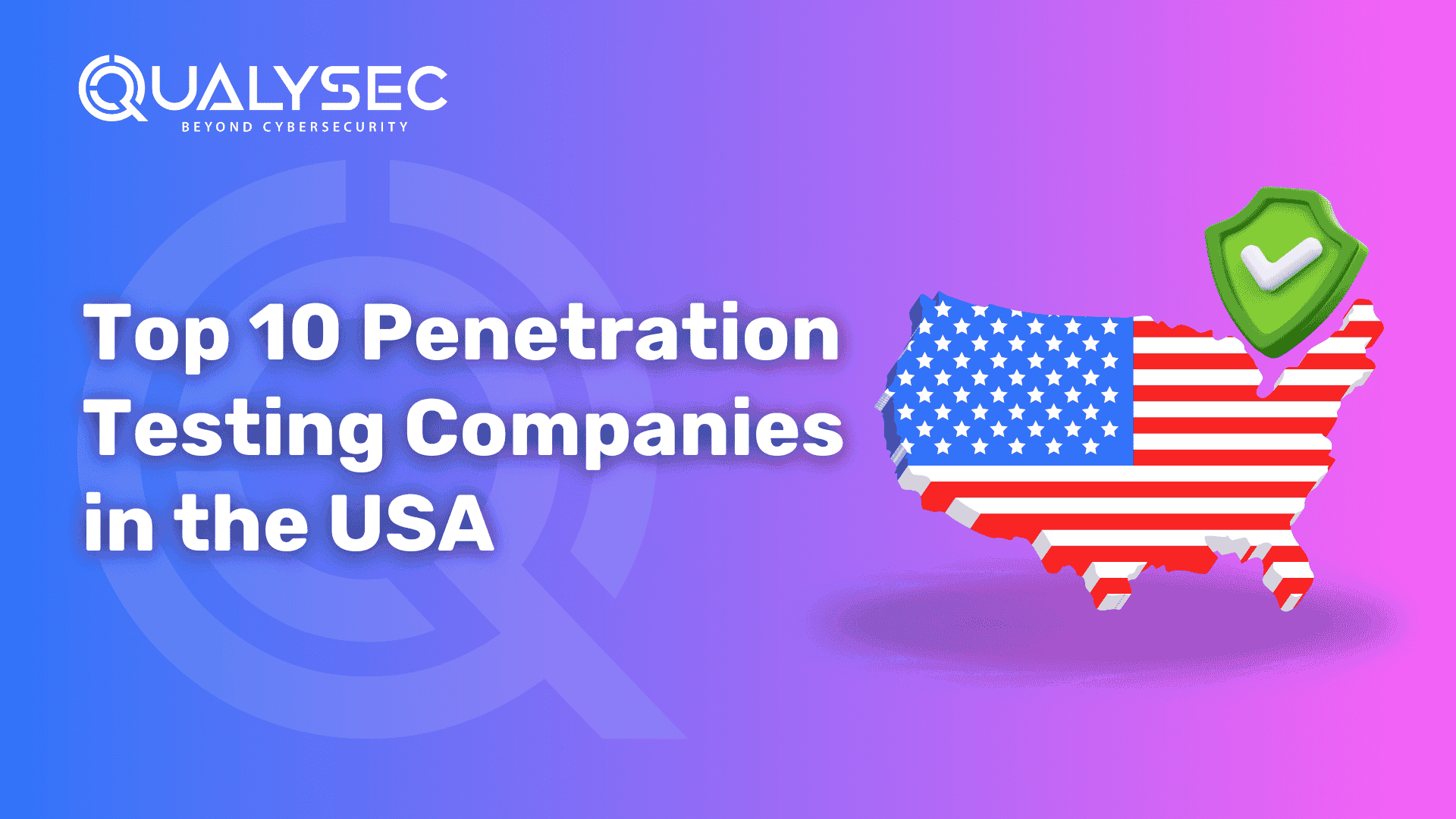
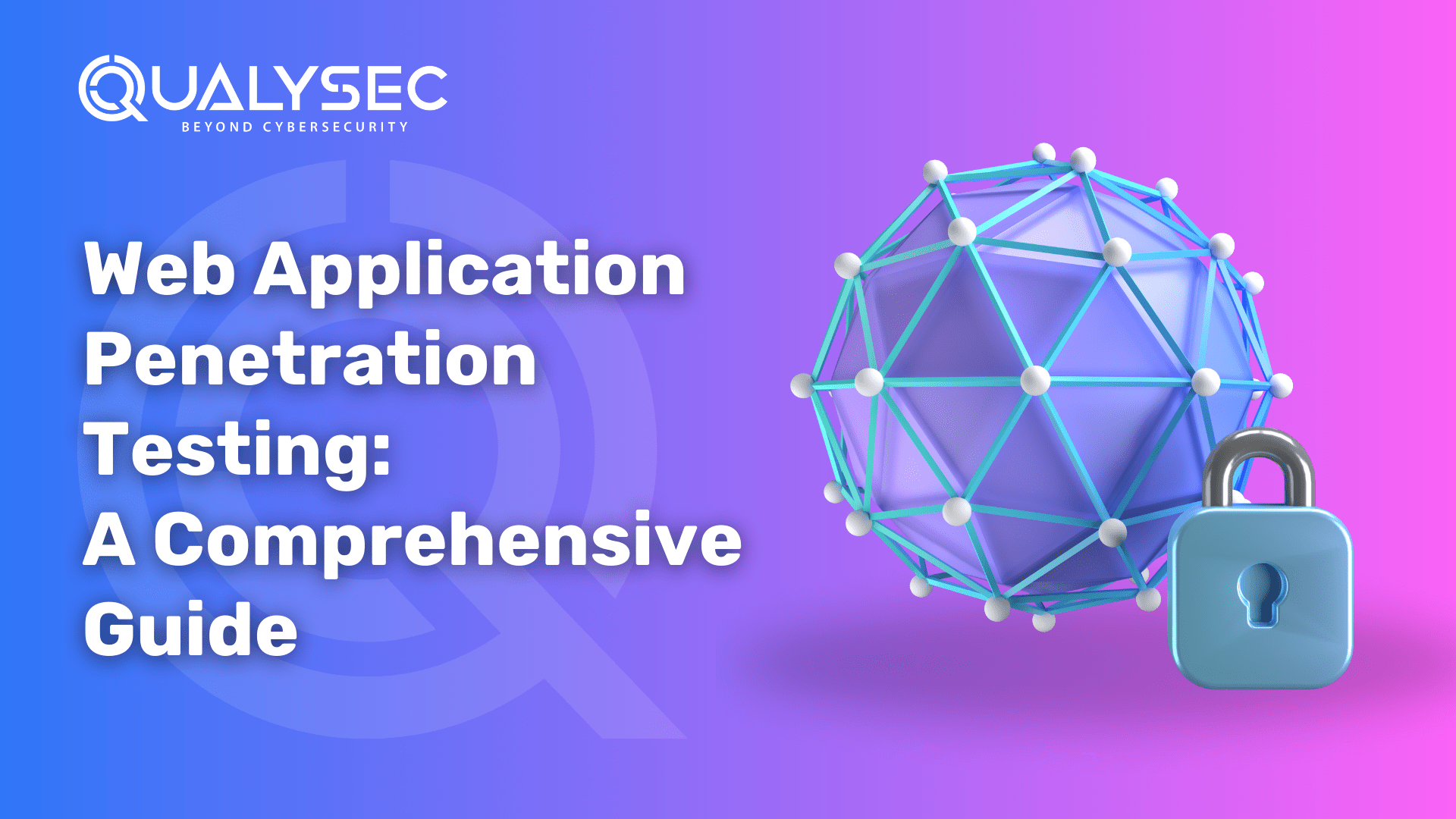


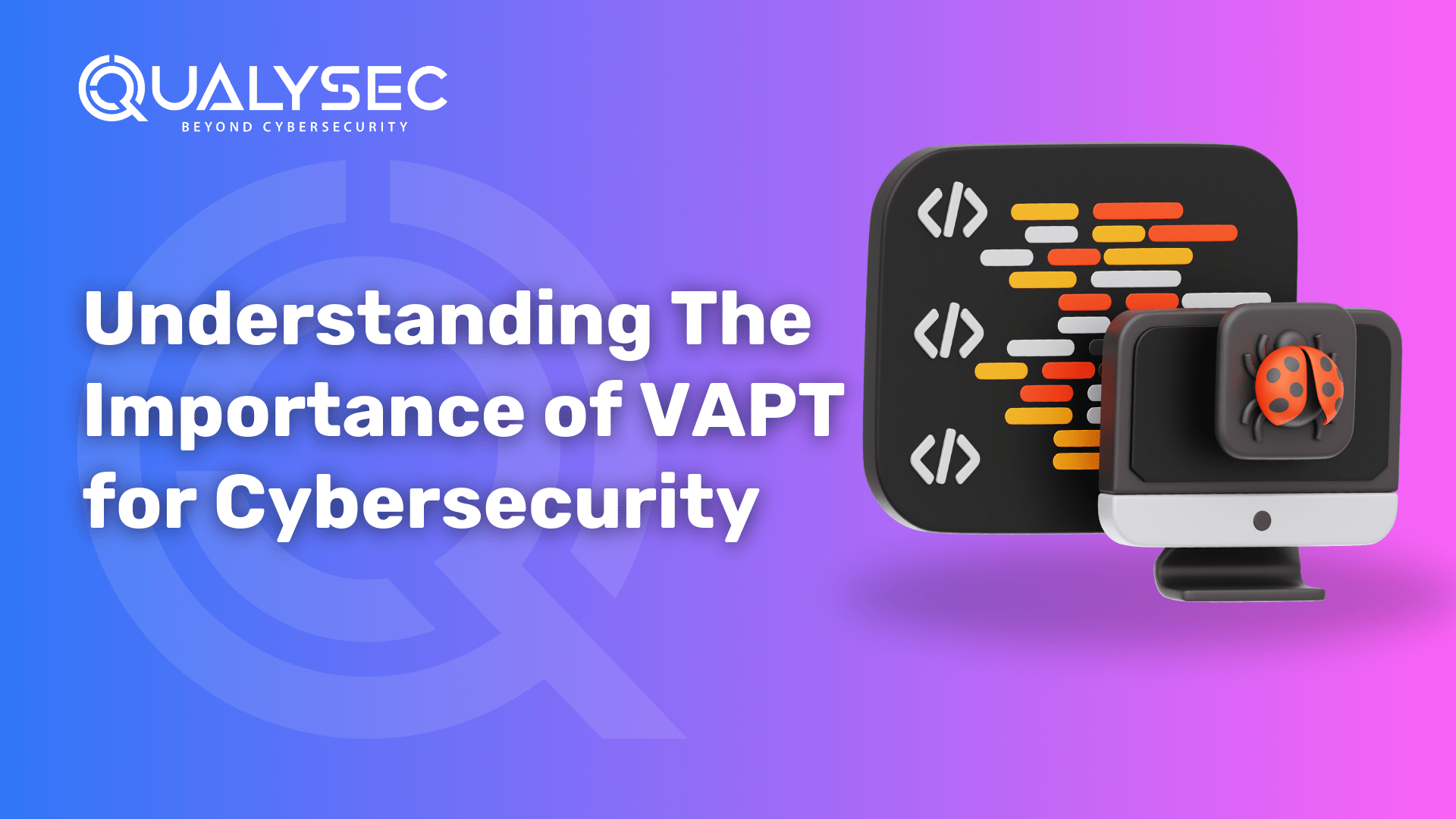
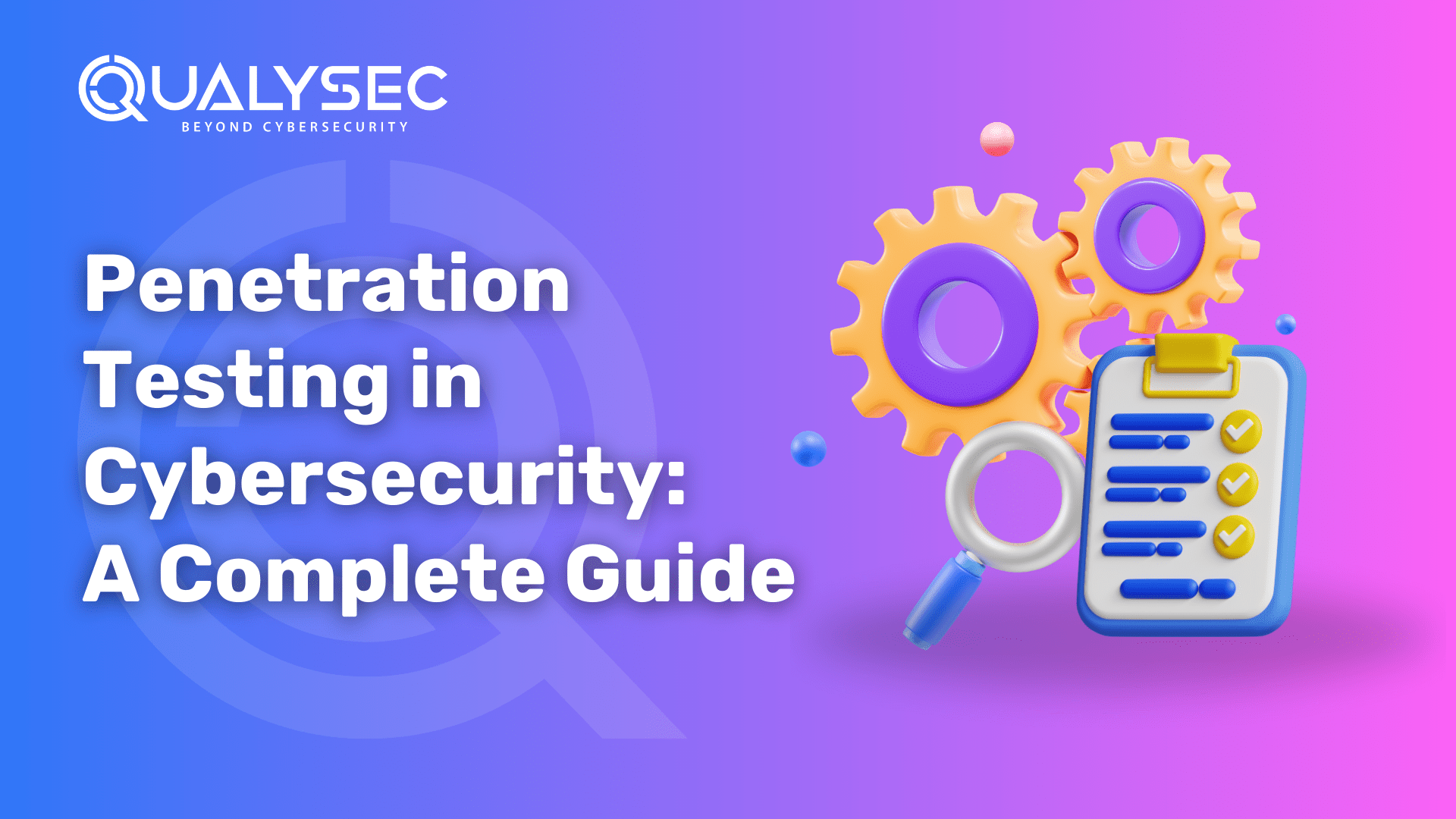
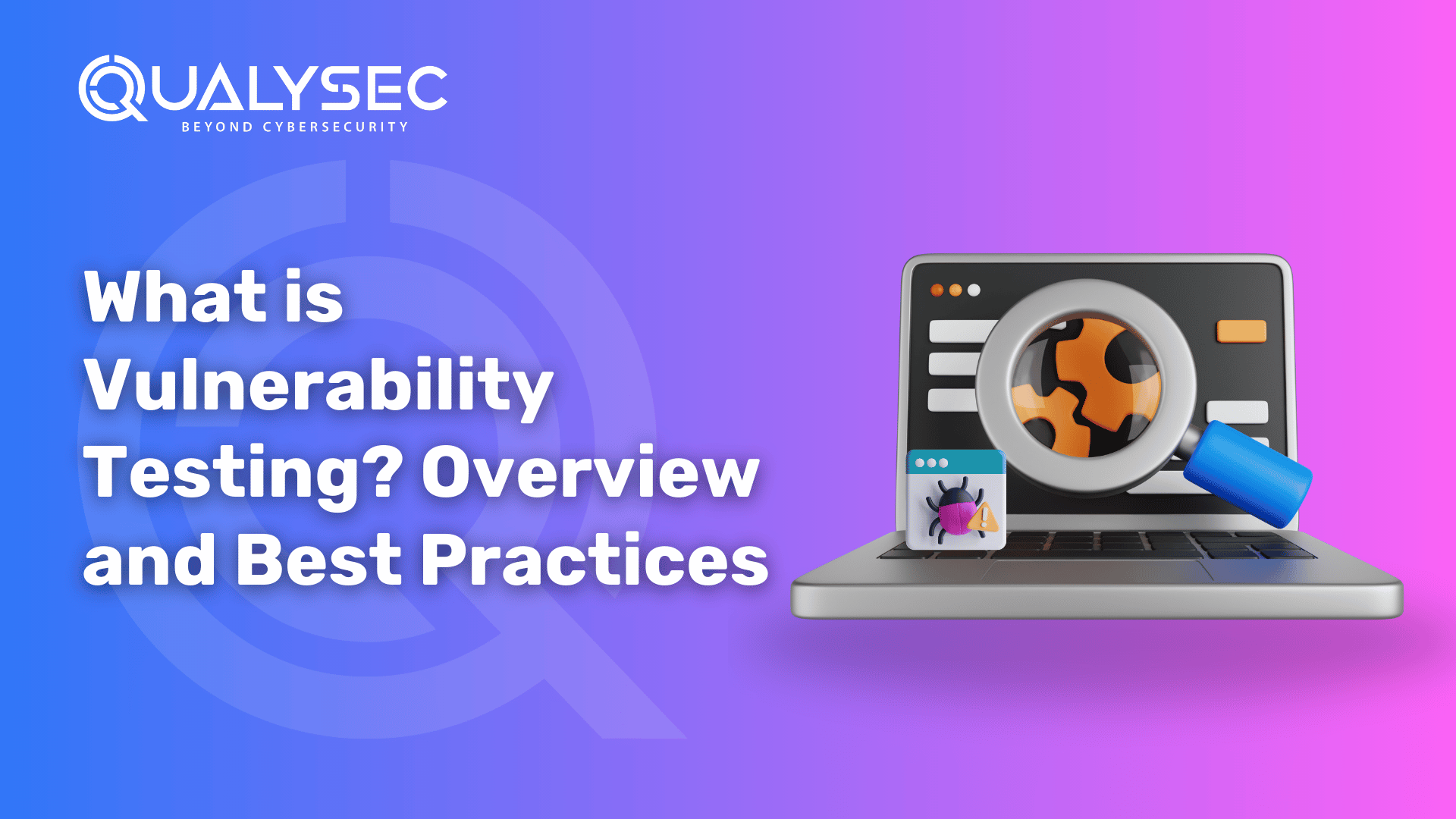

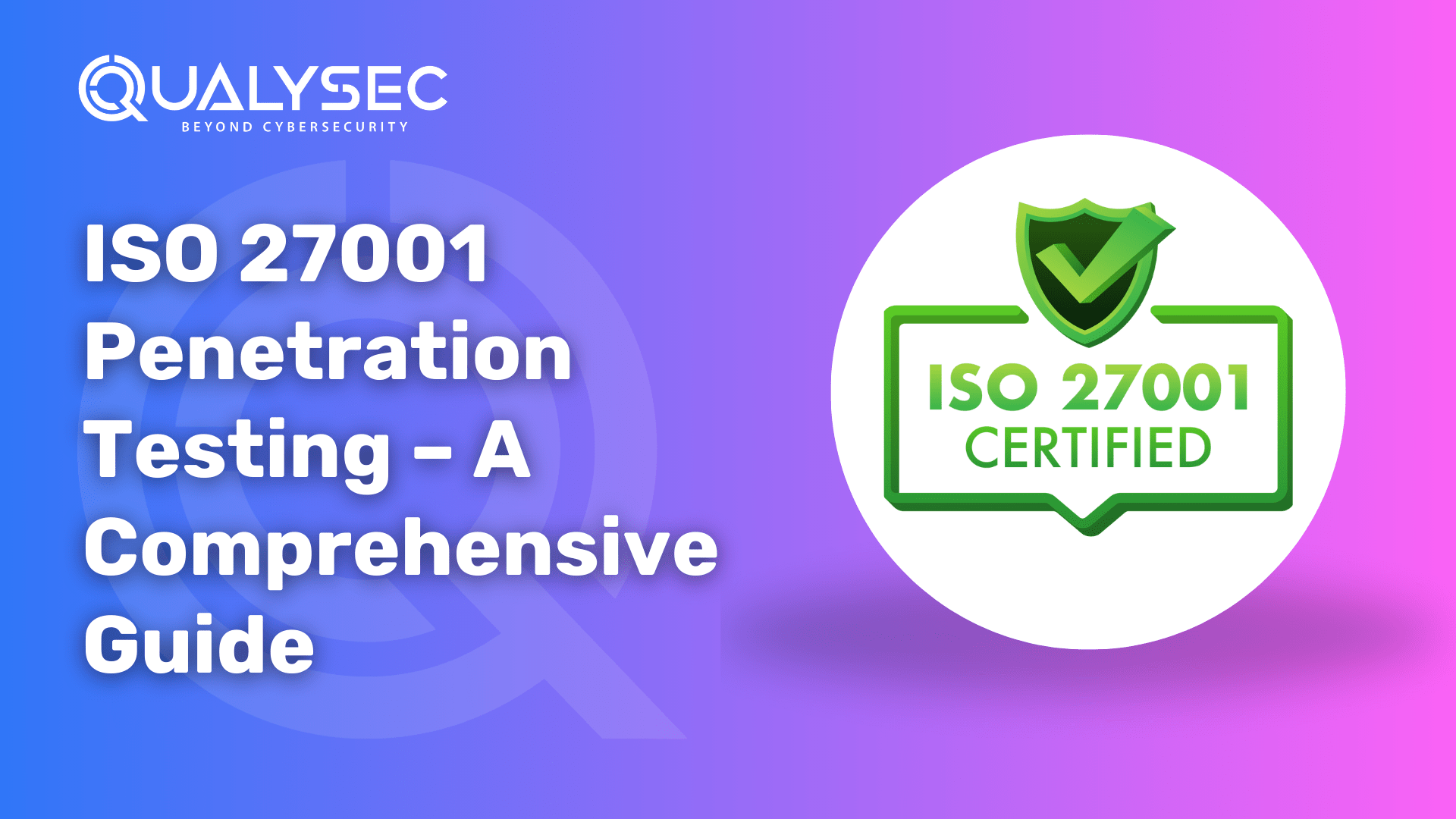
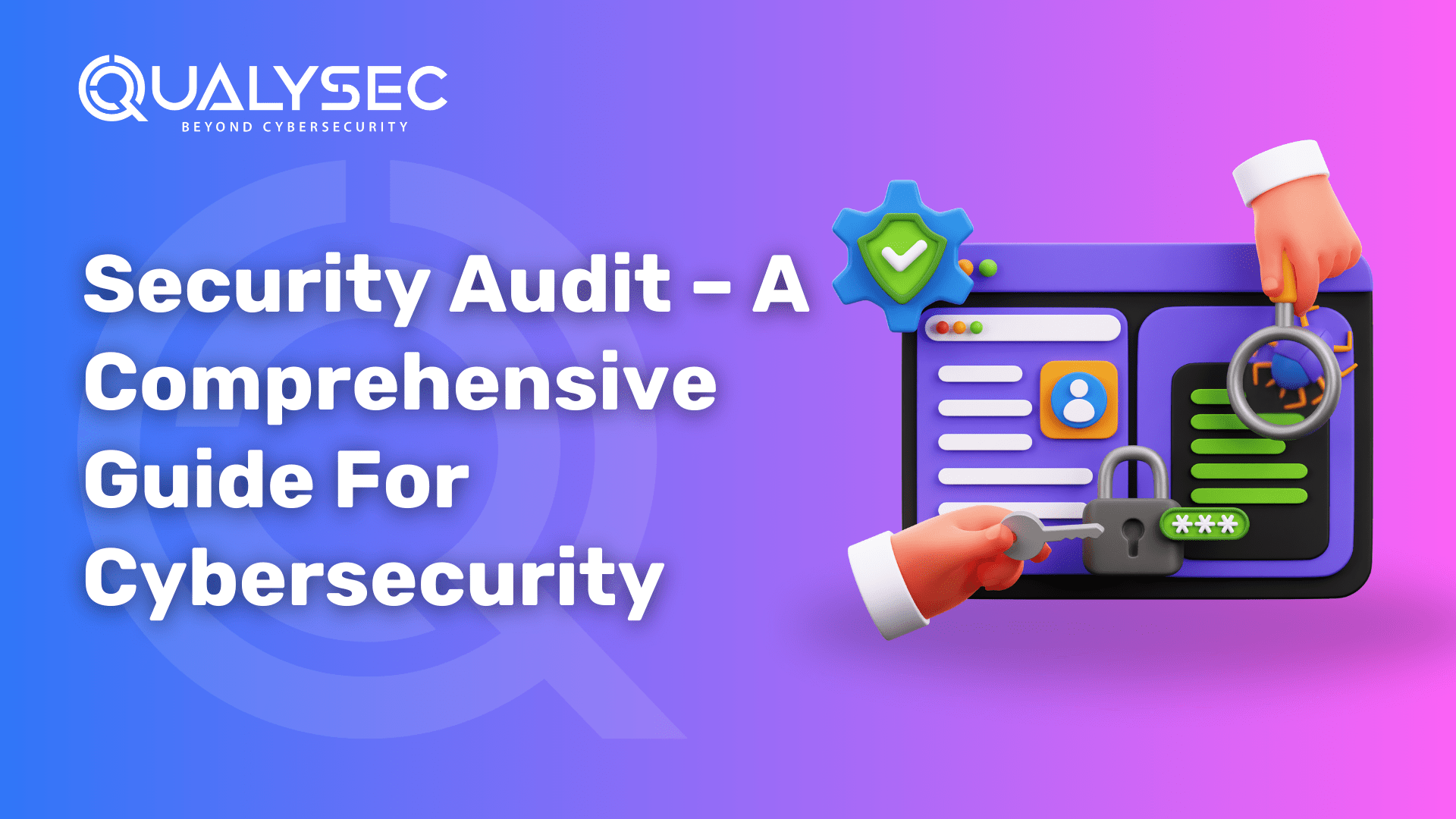
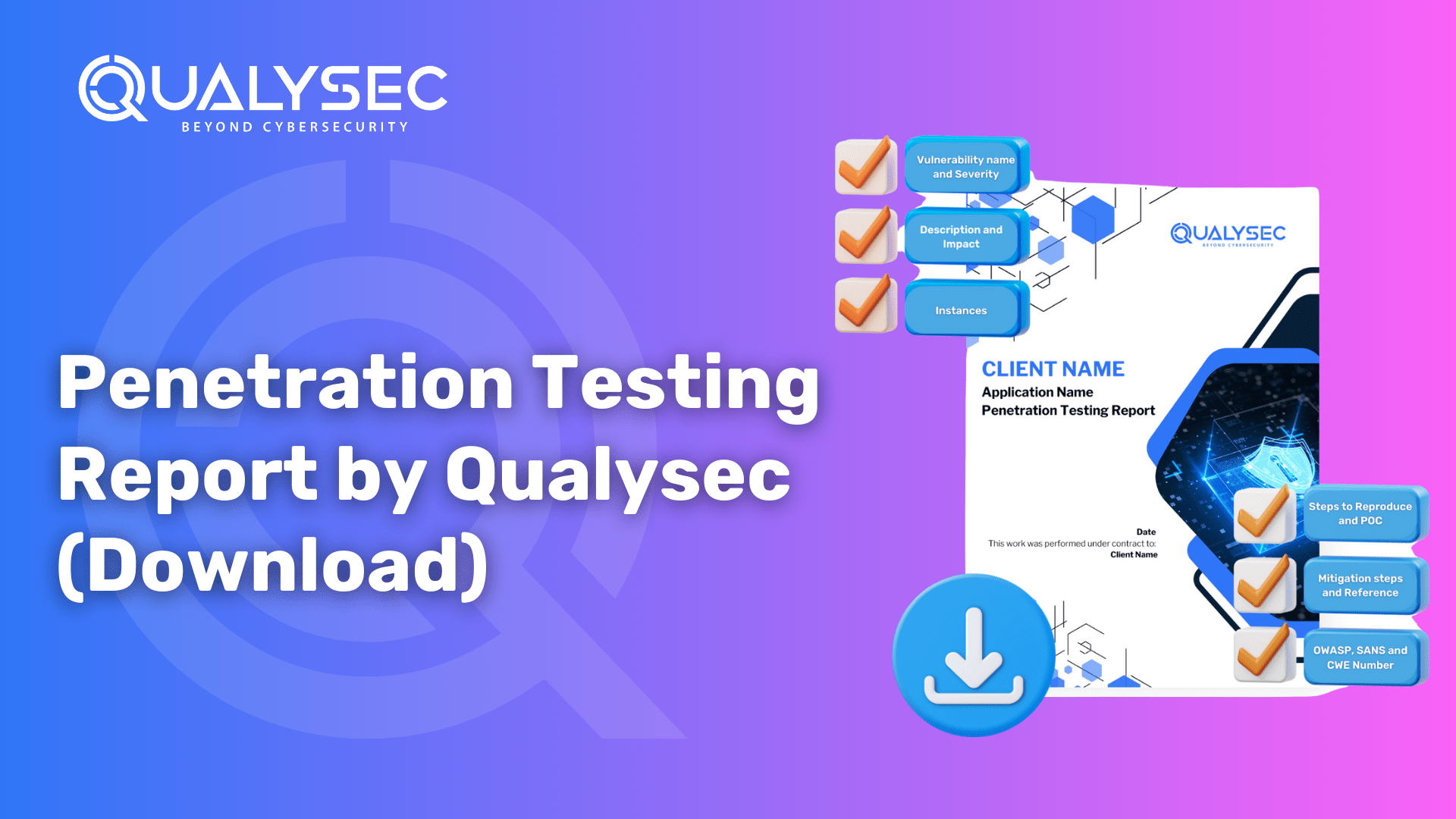




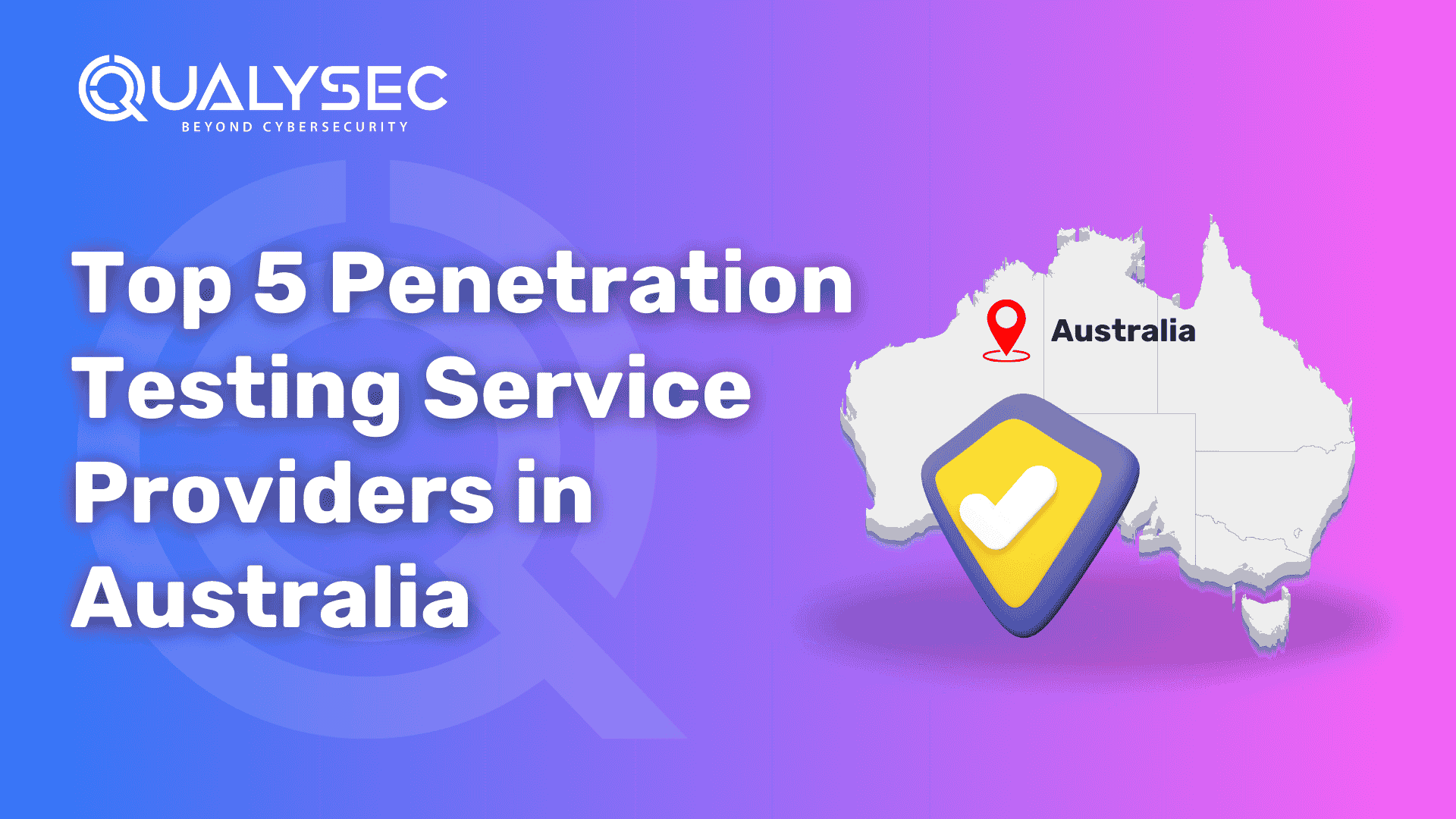

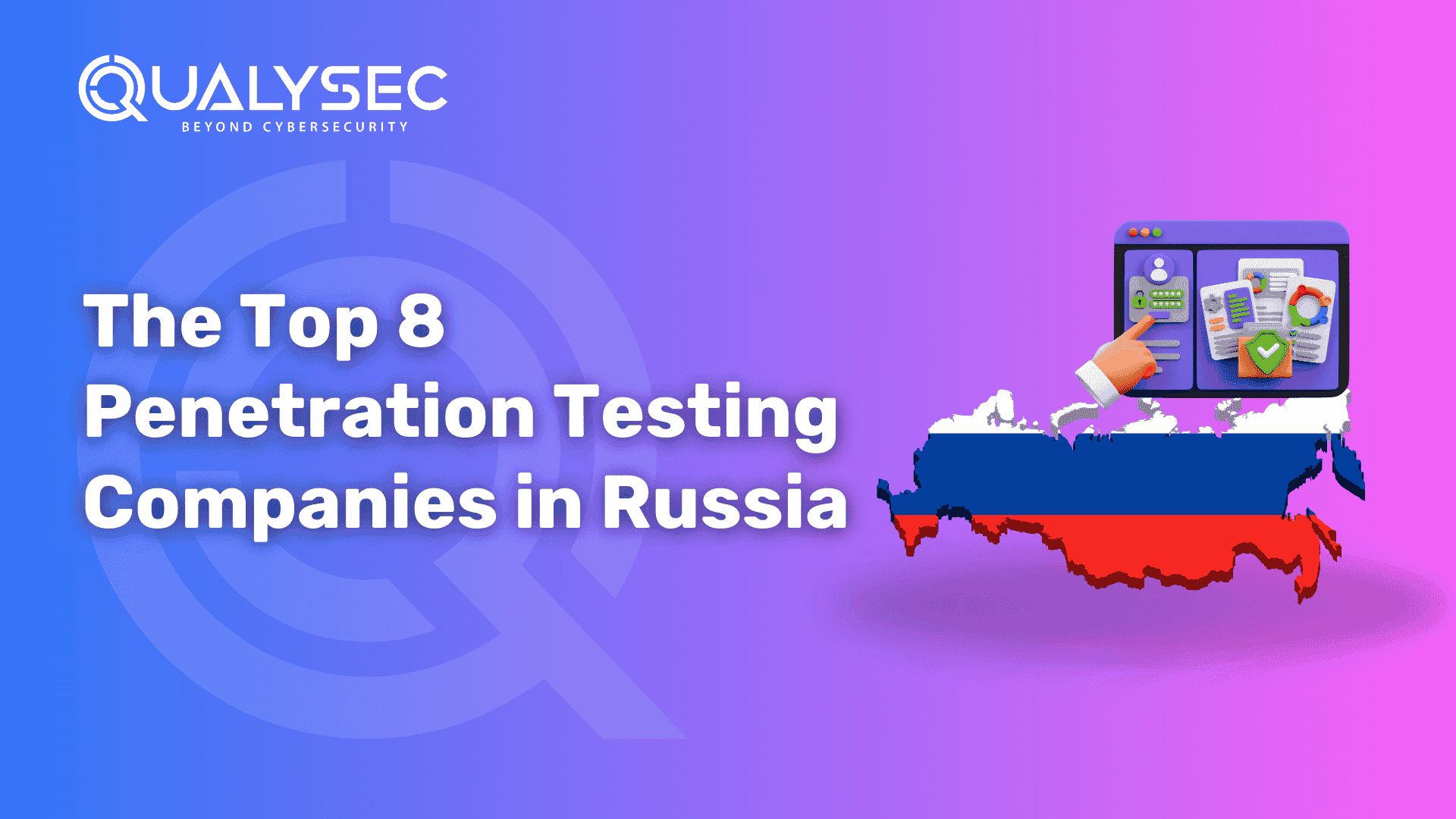
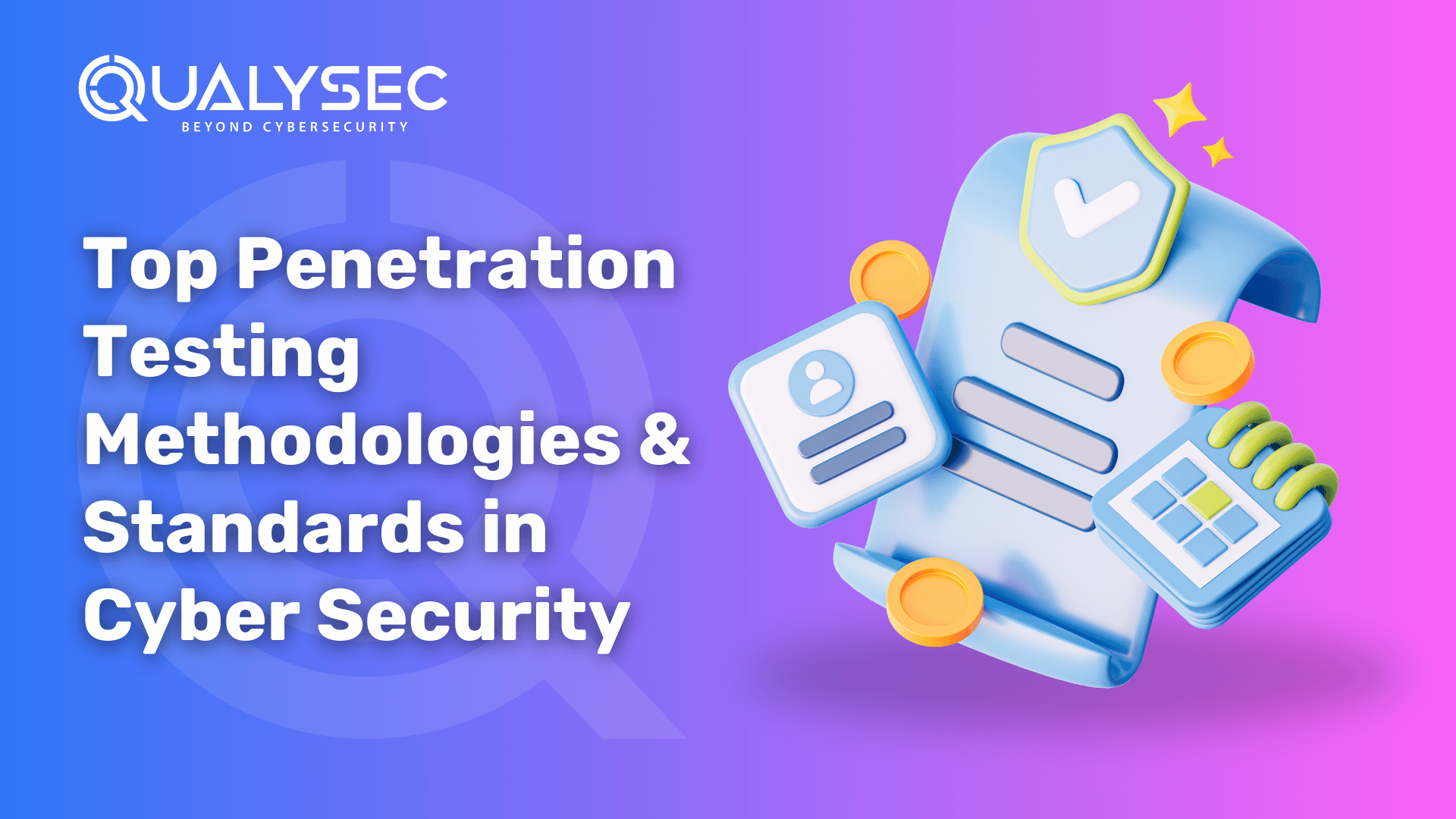
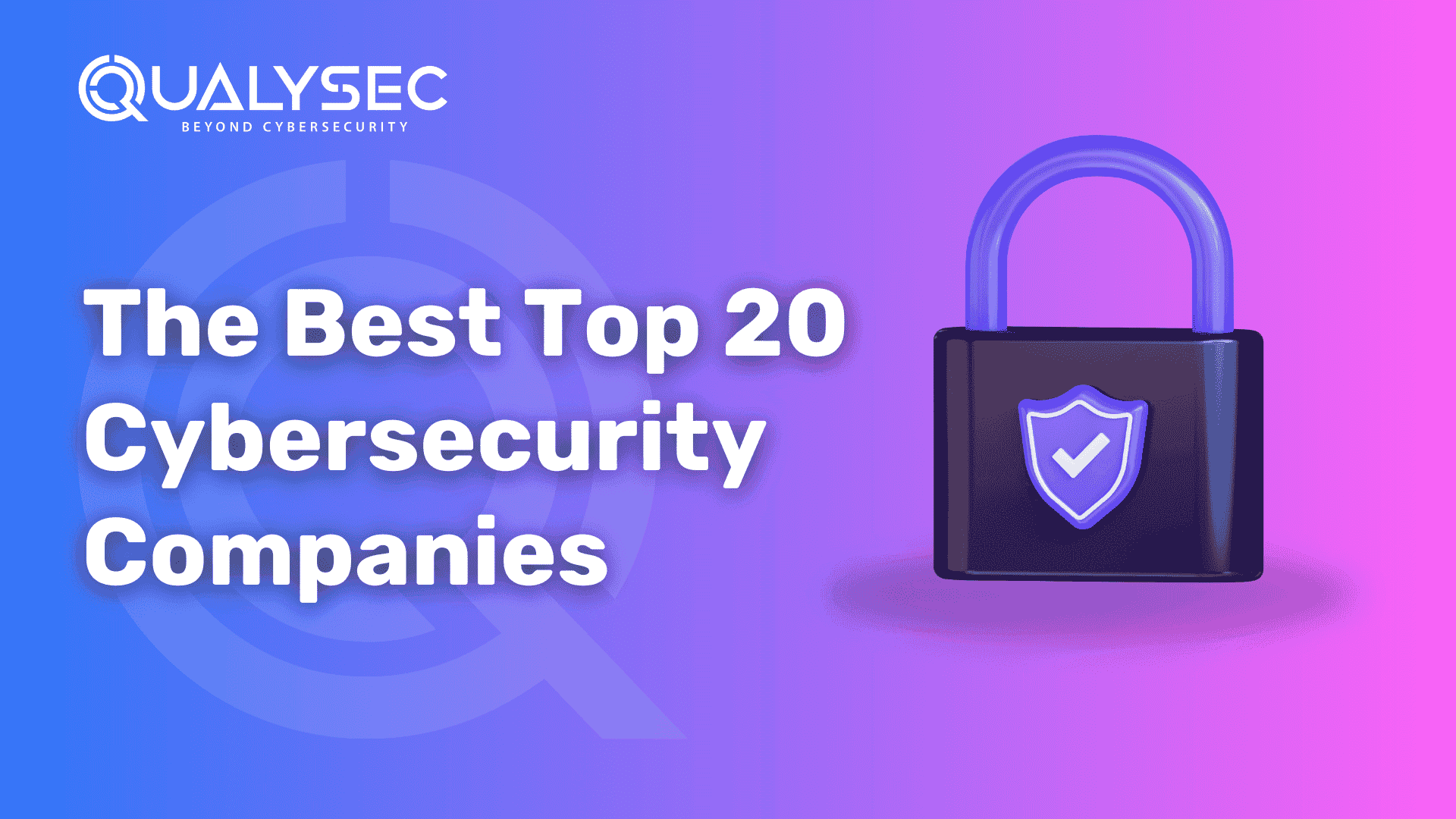
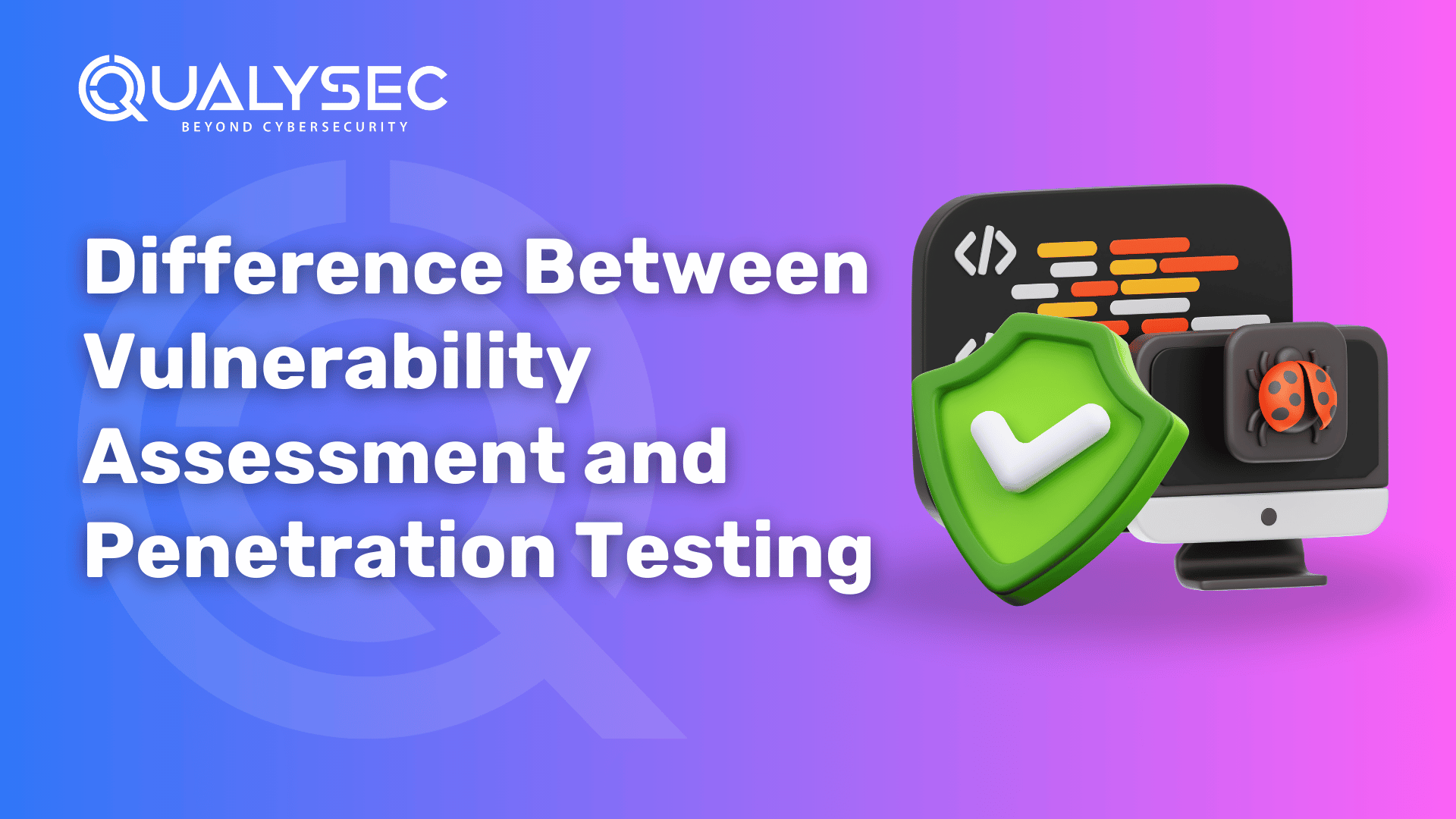
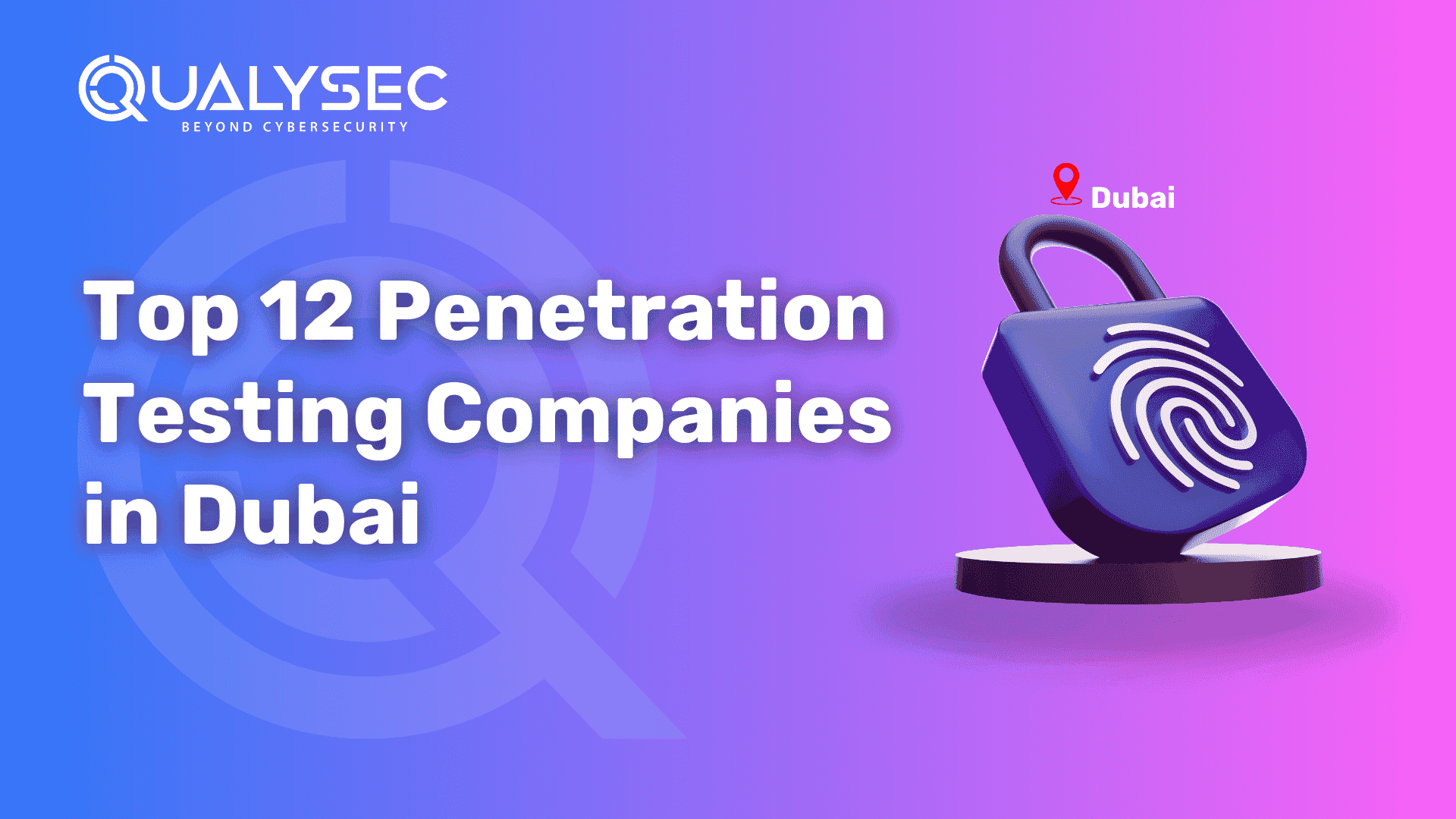

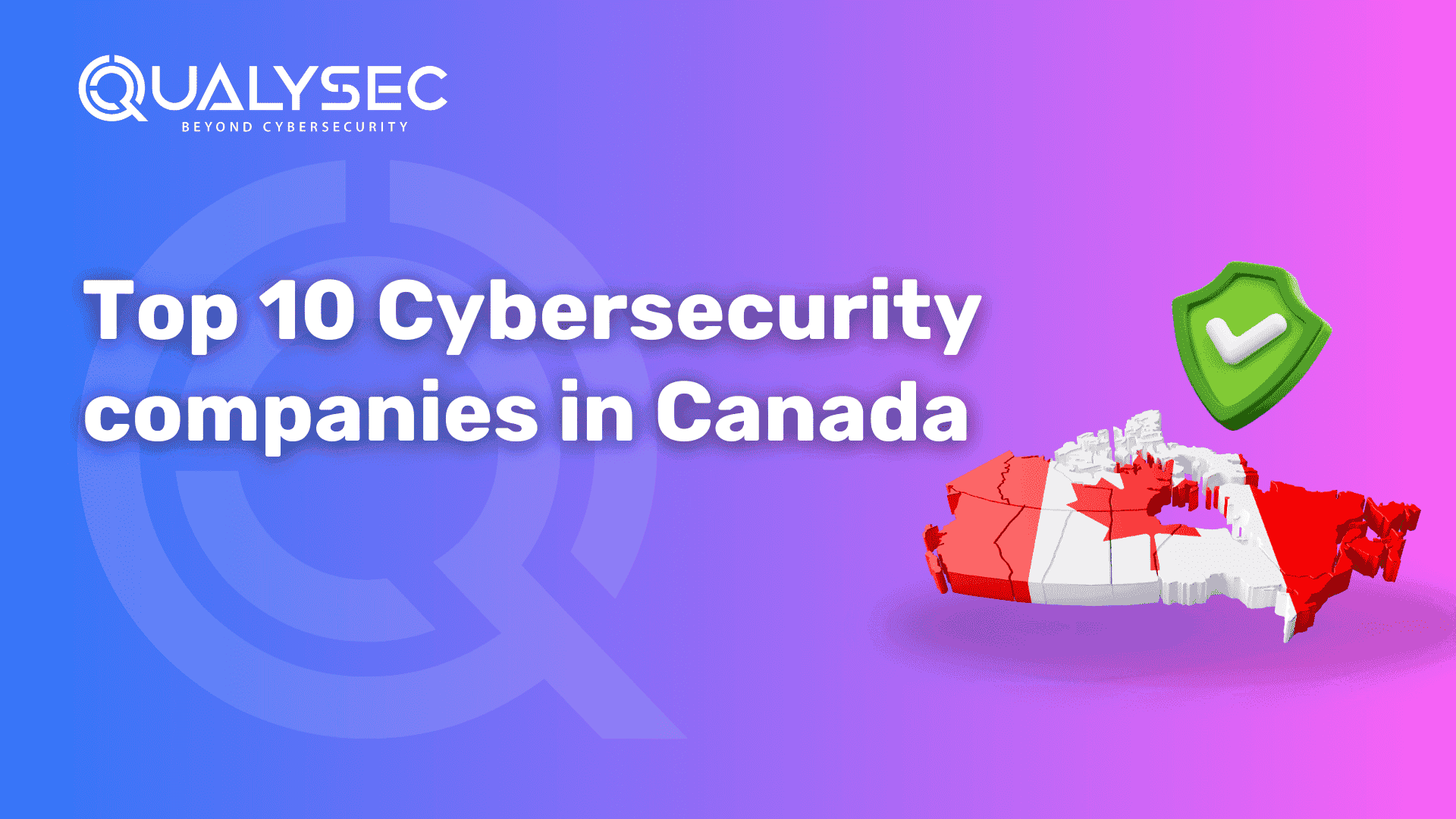




0 Comments